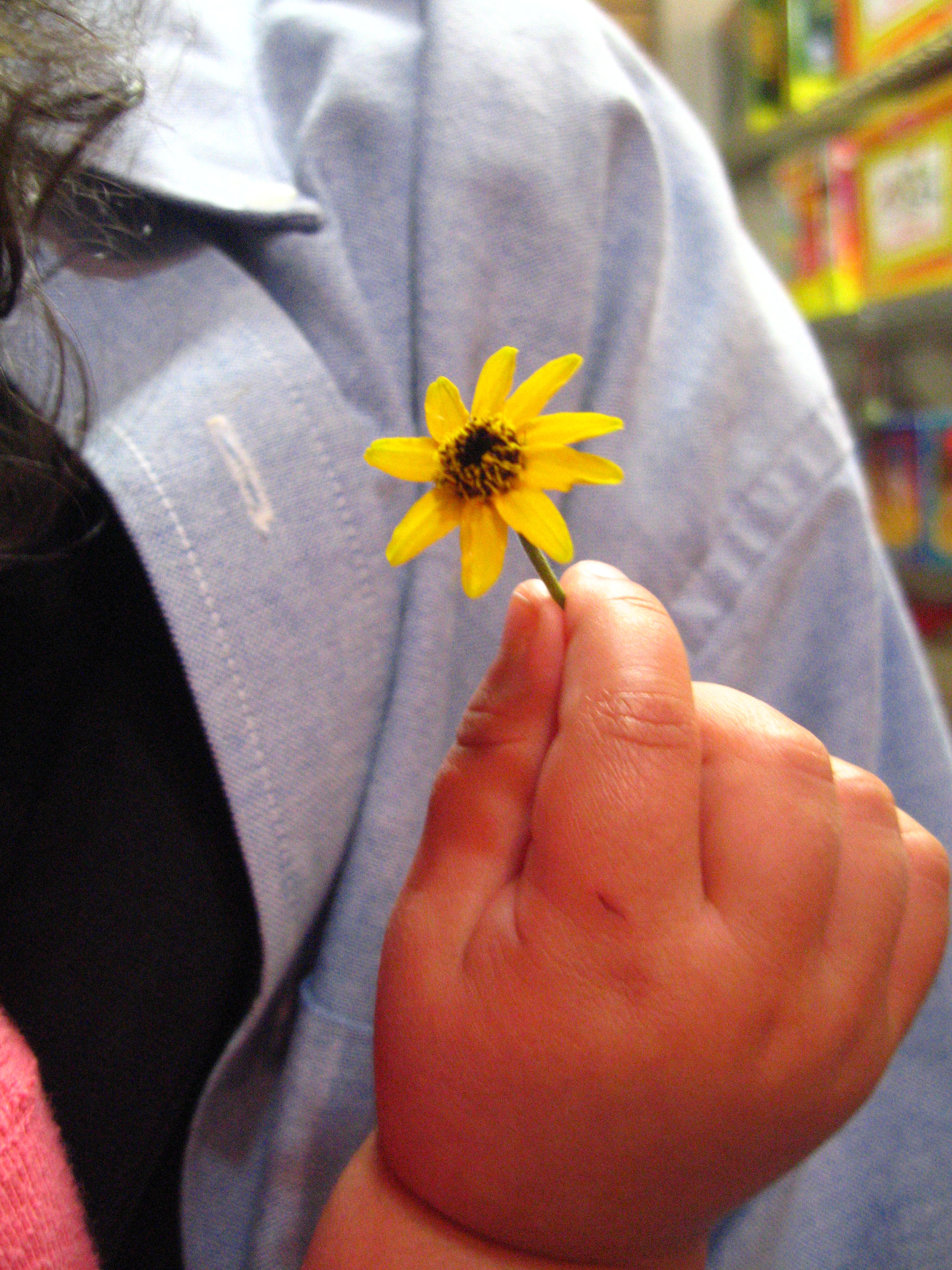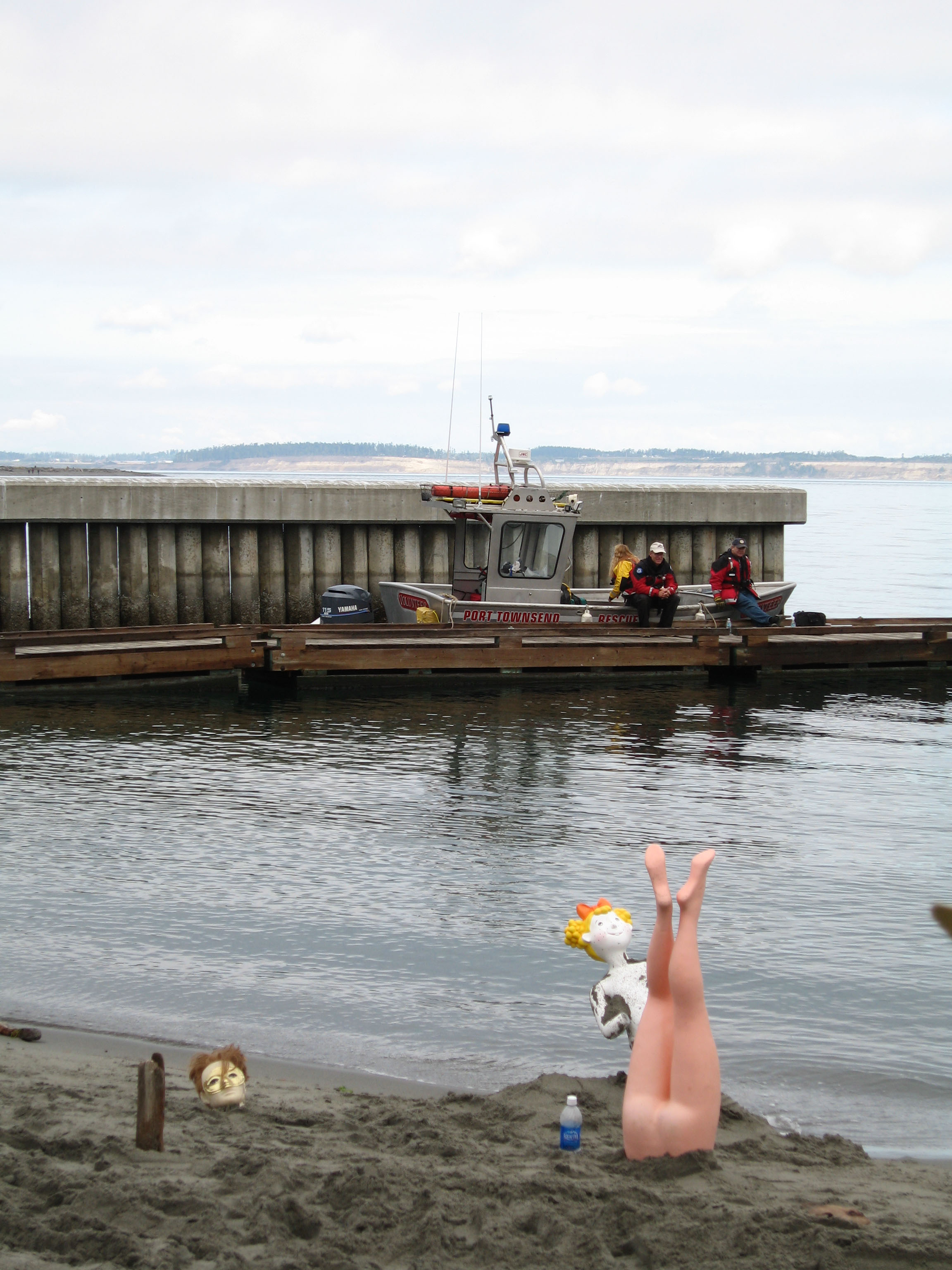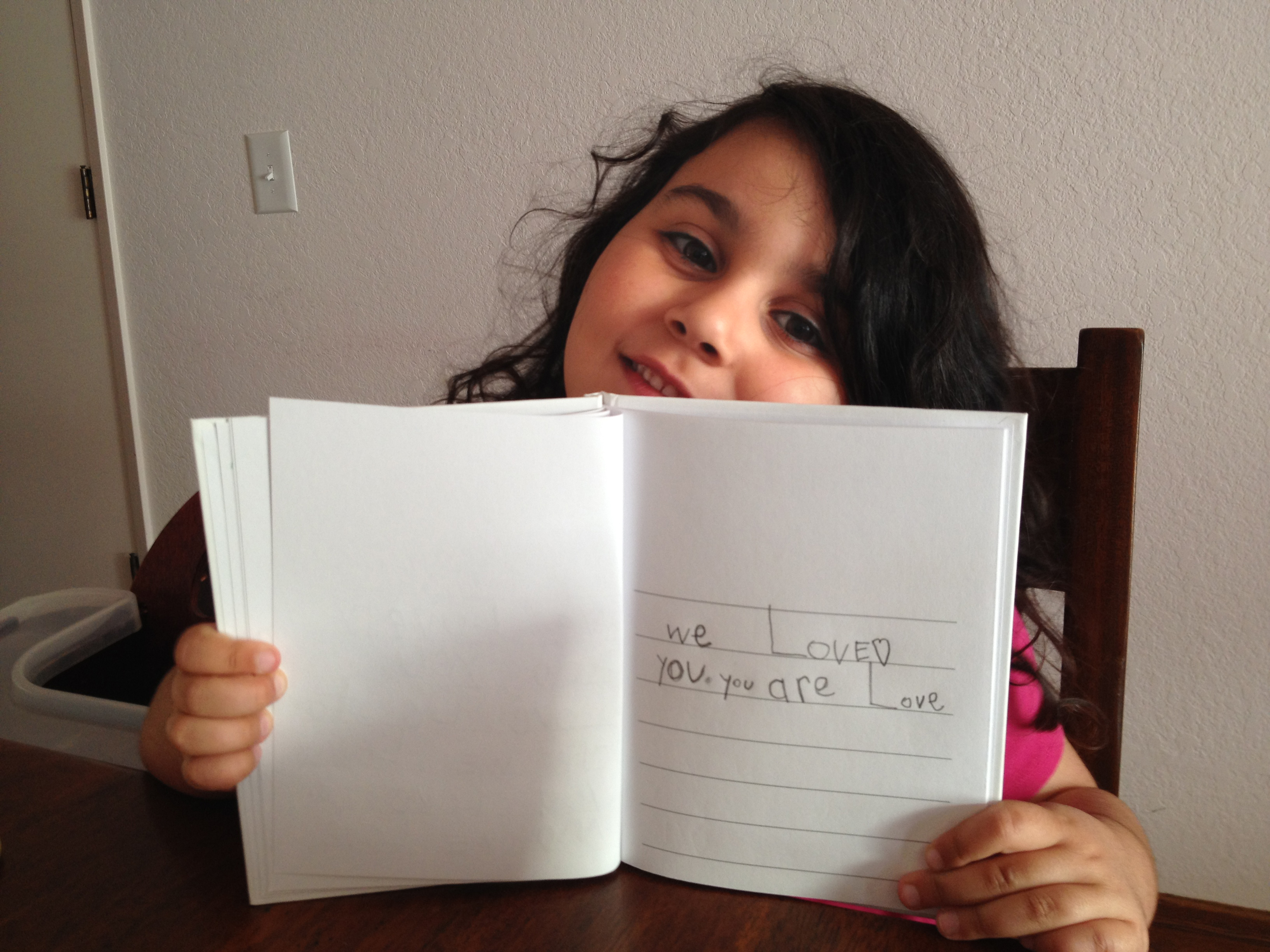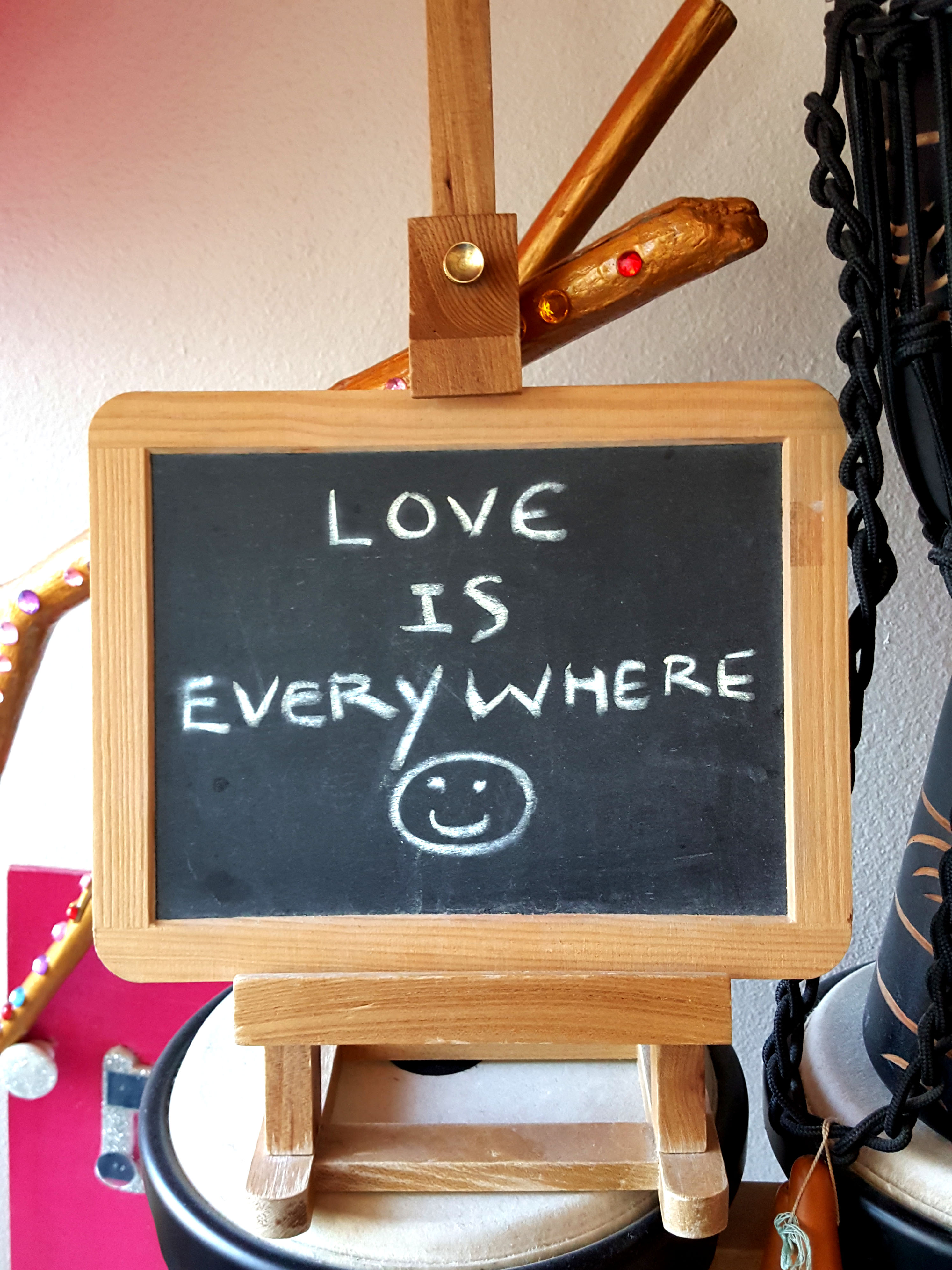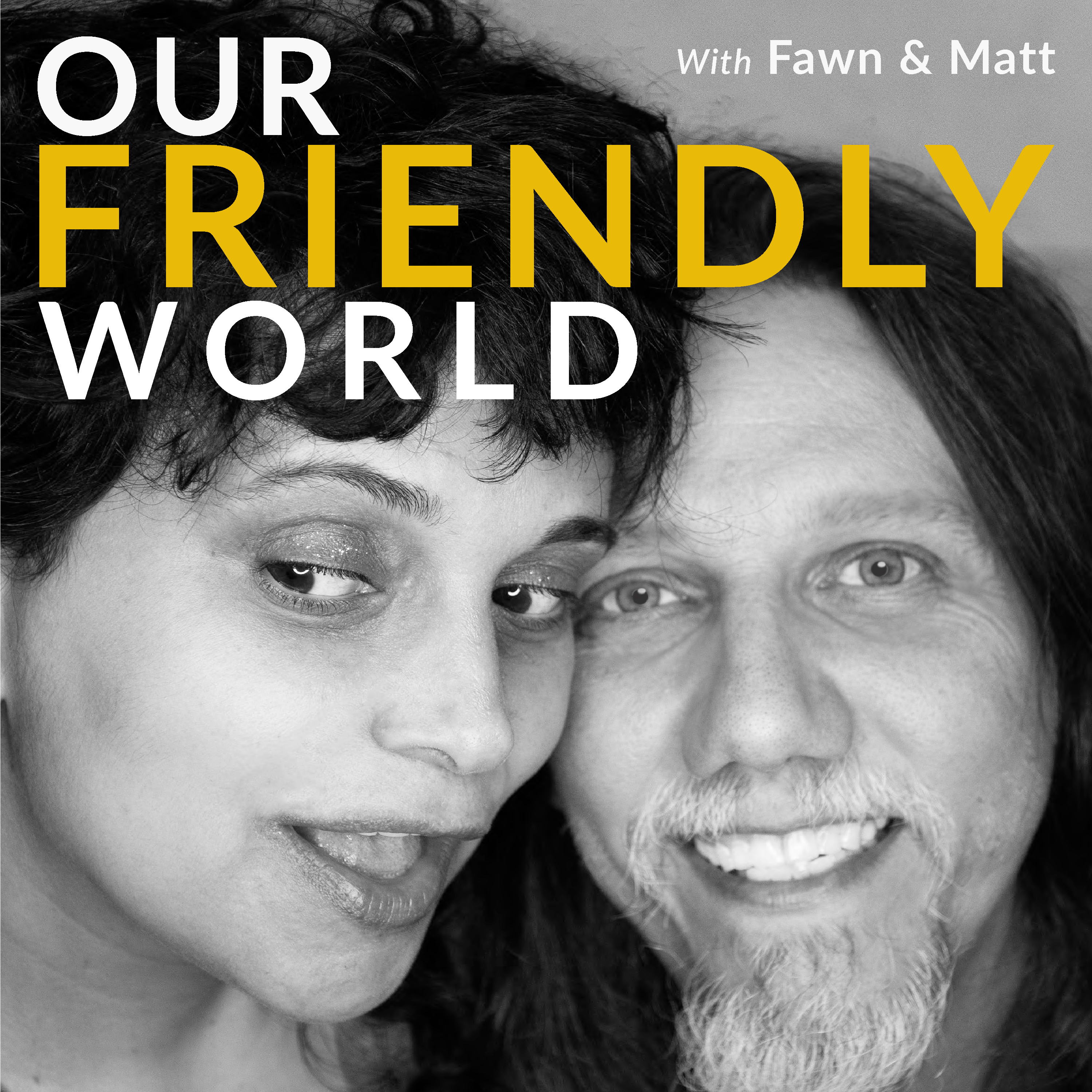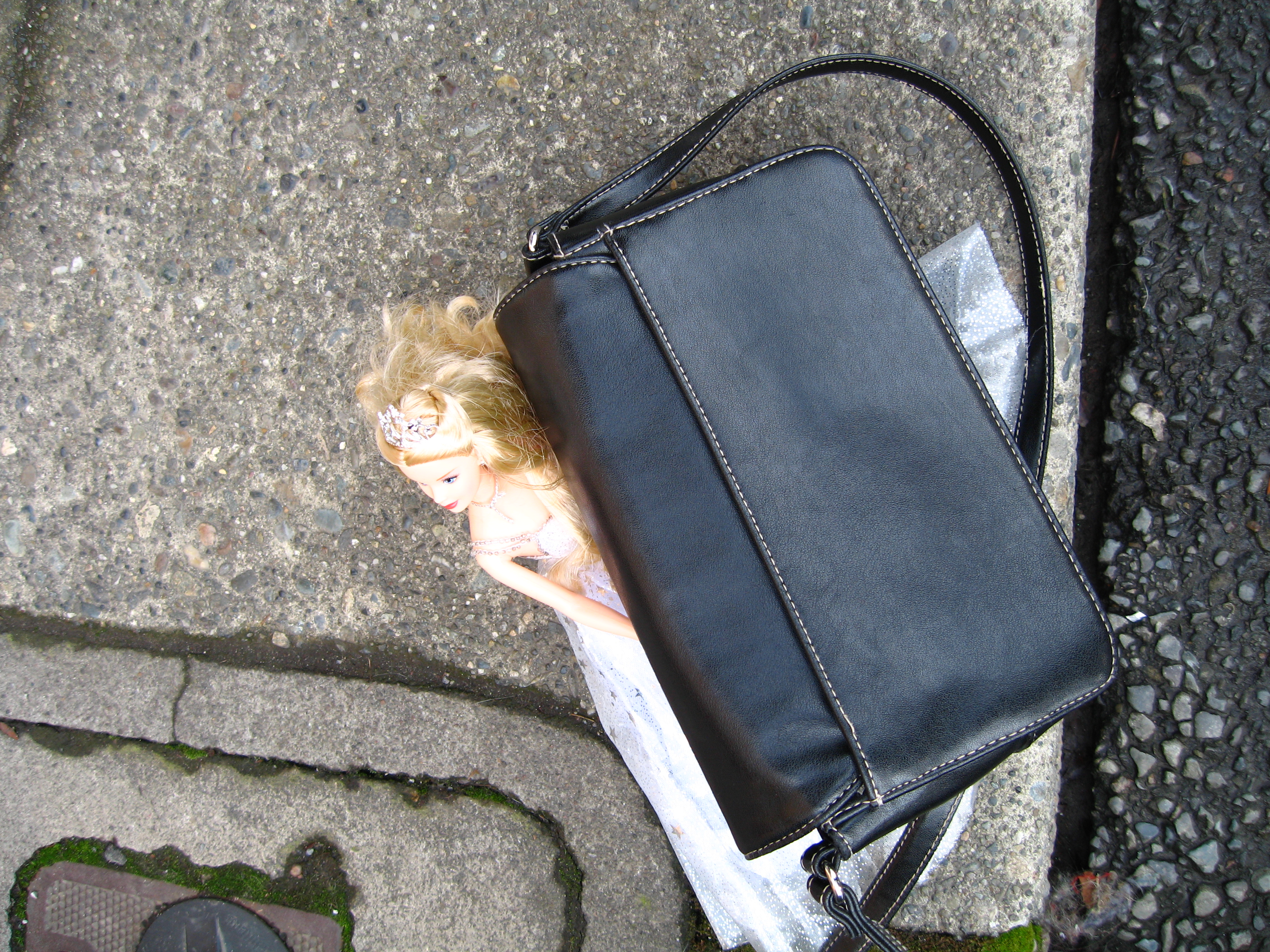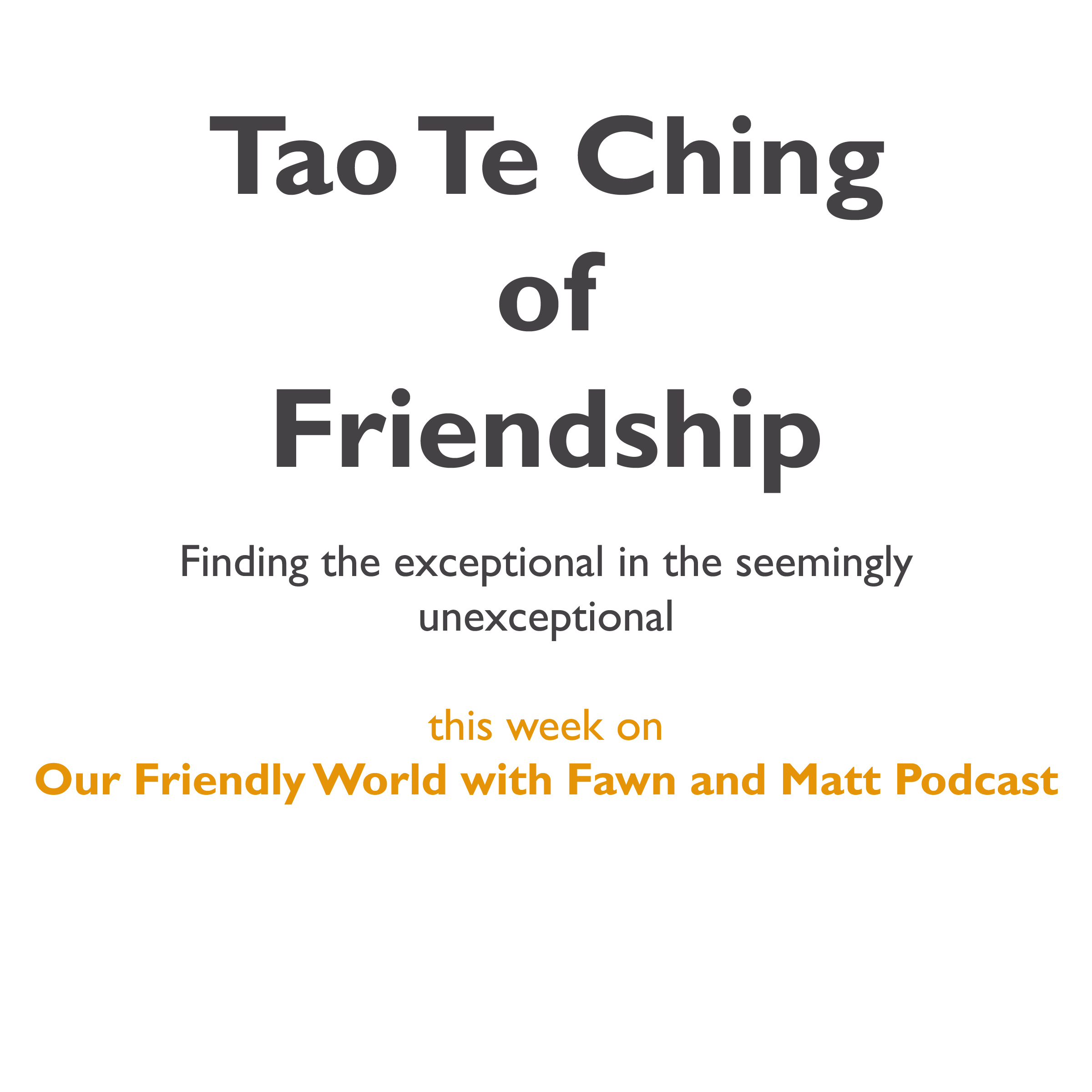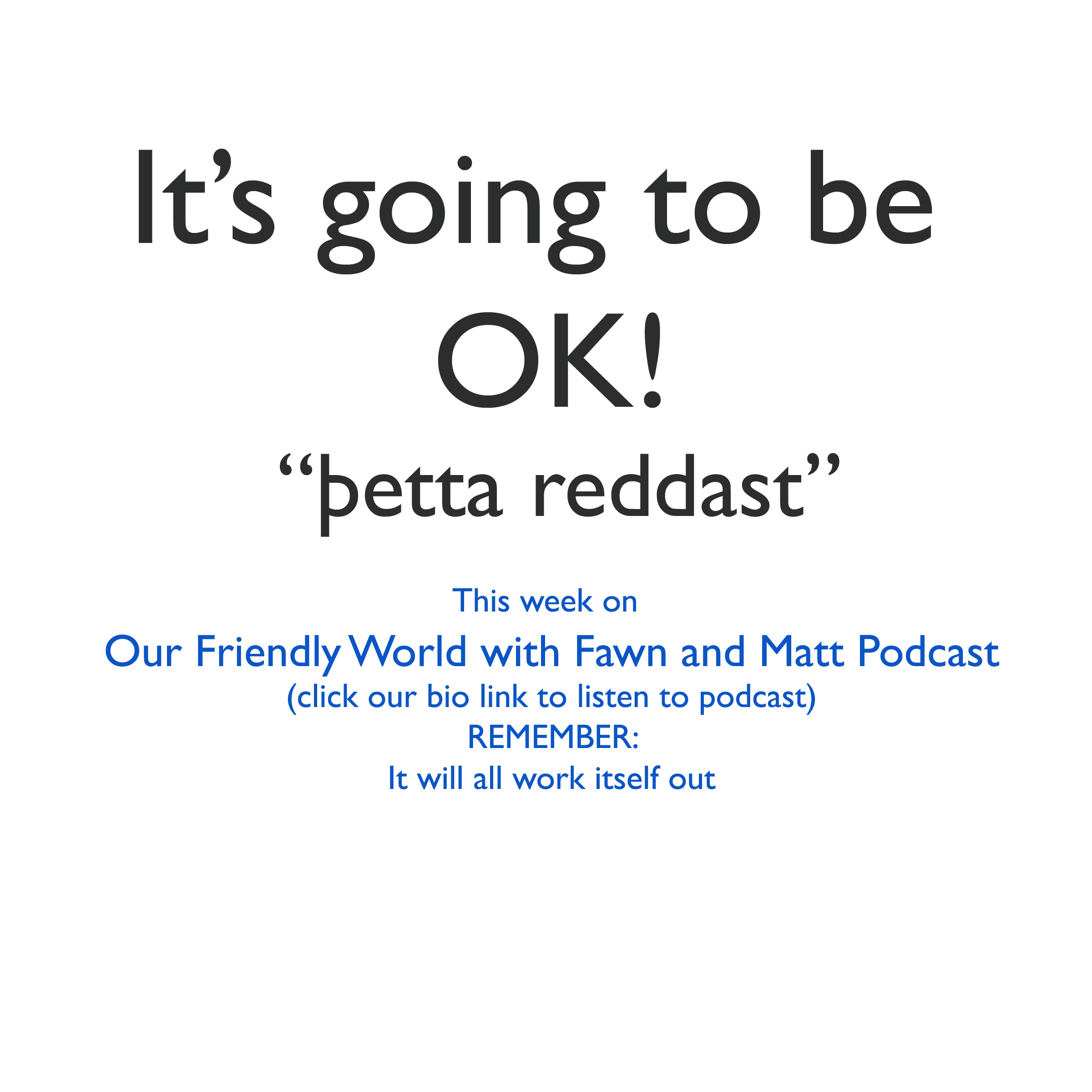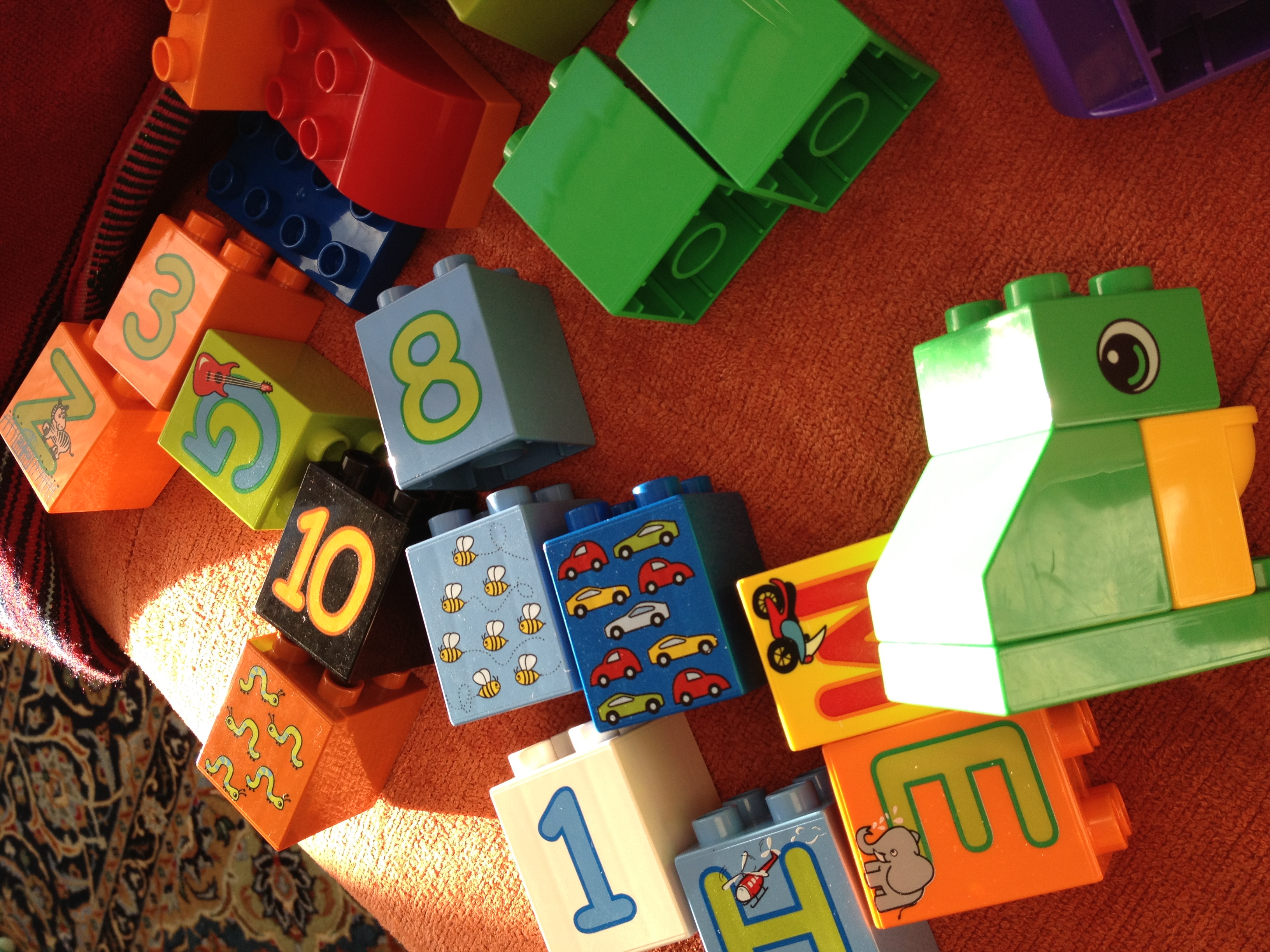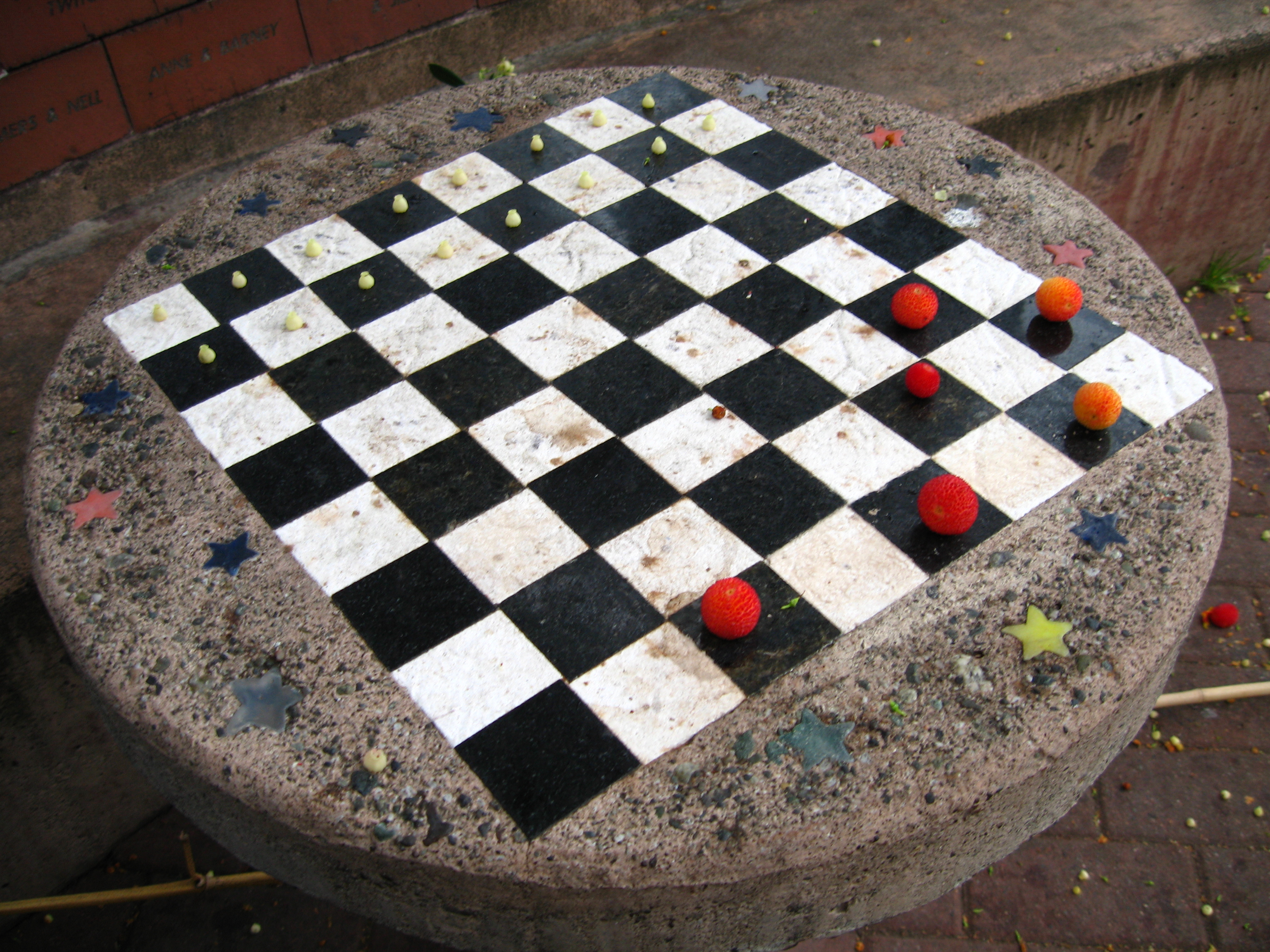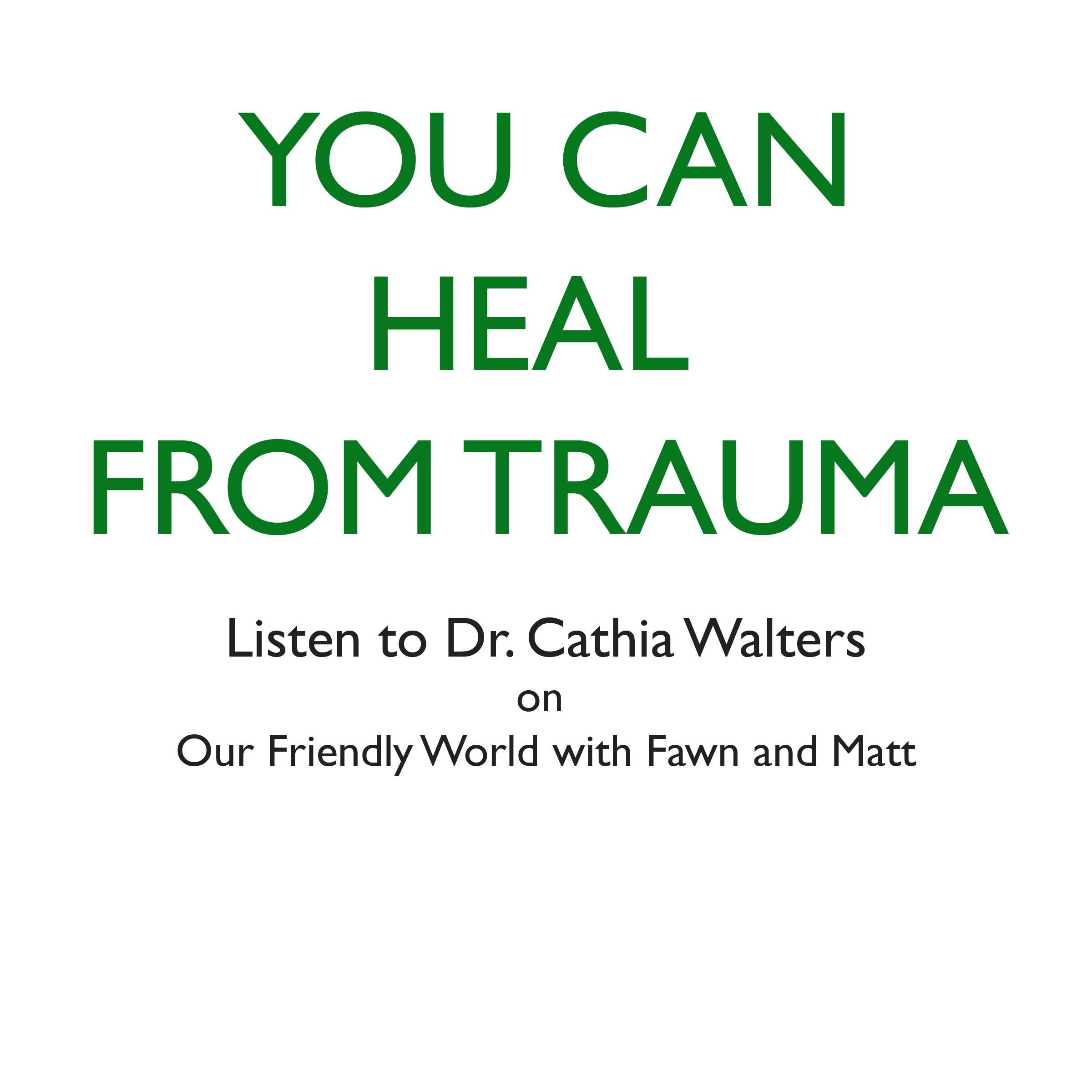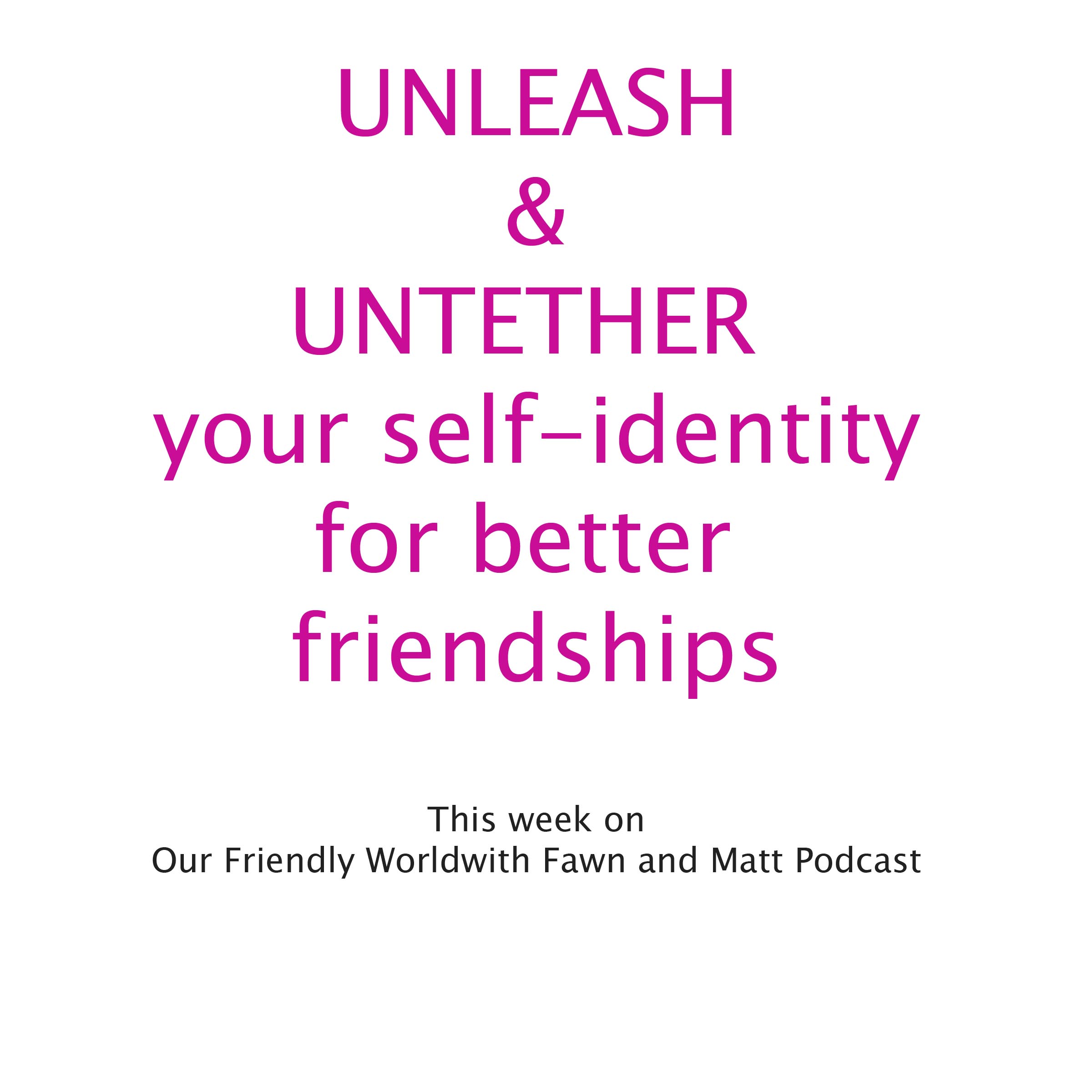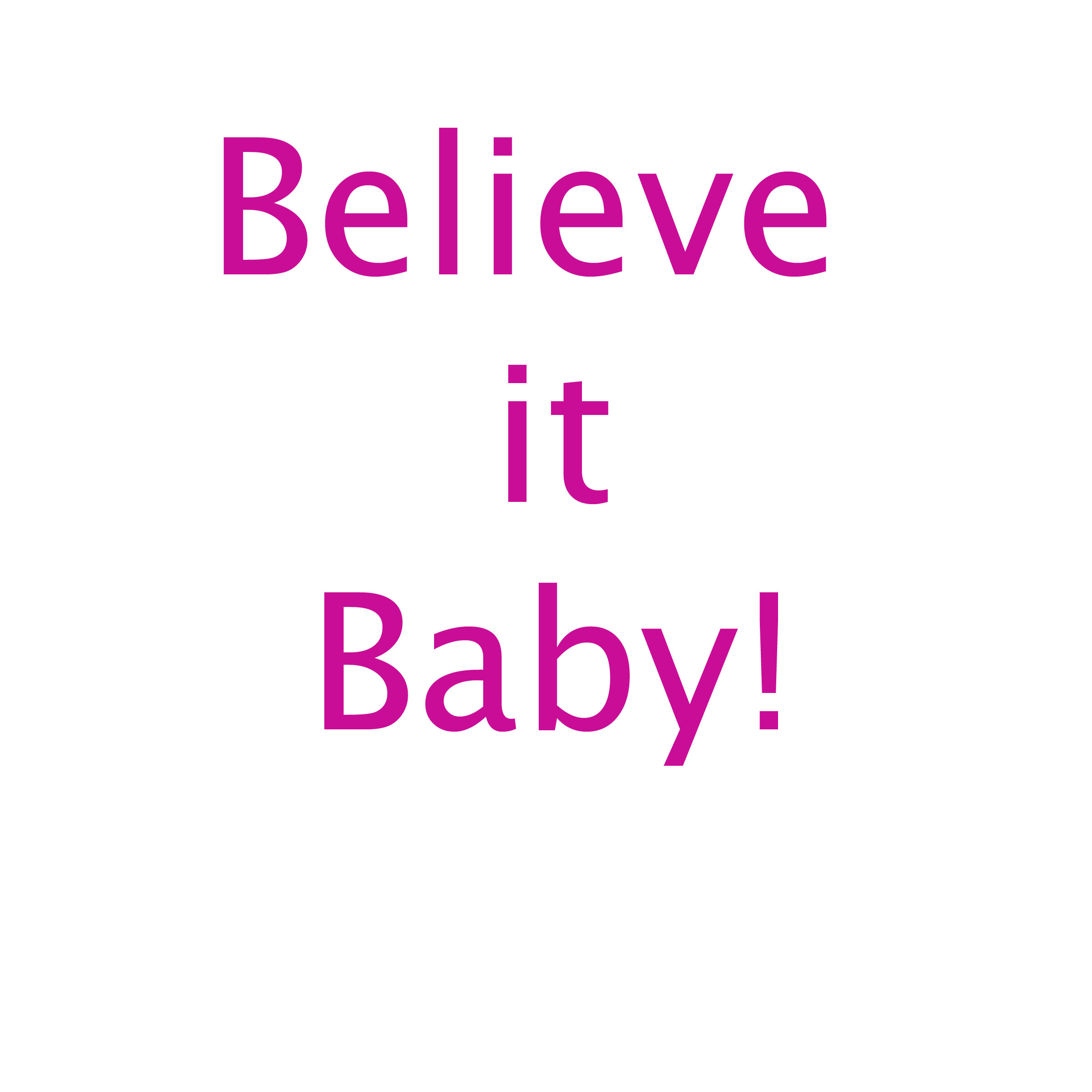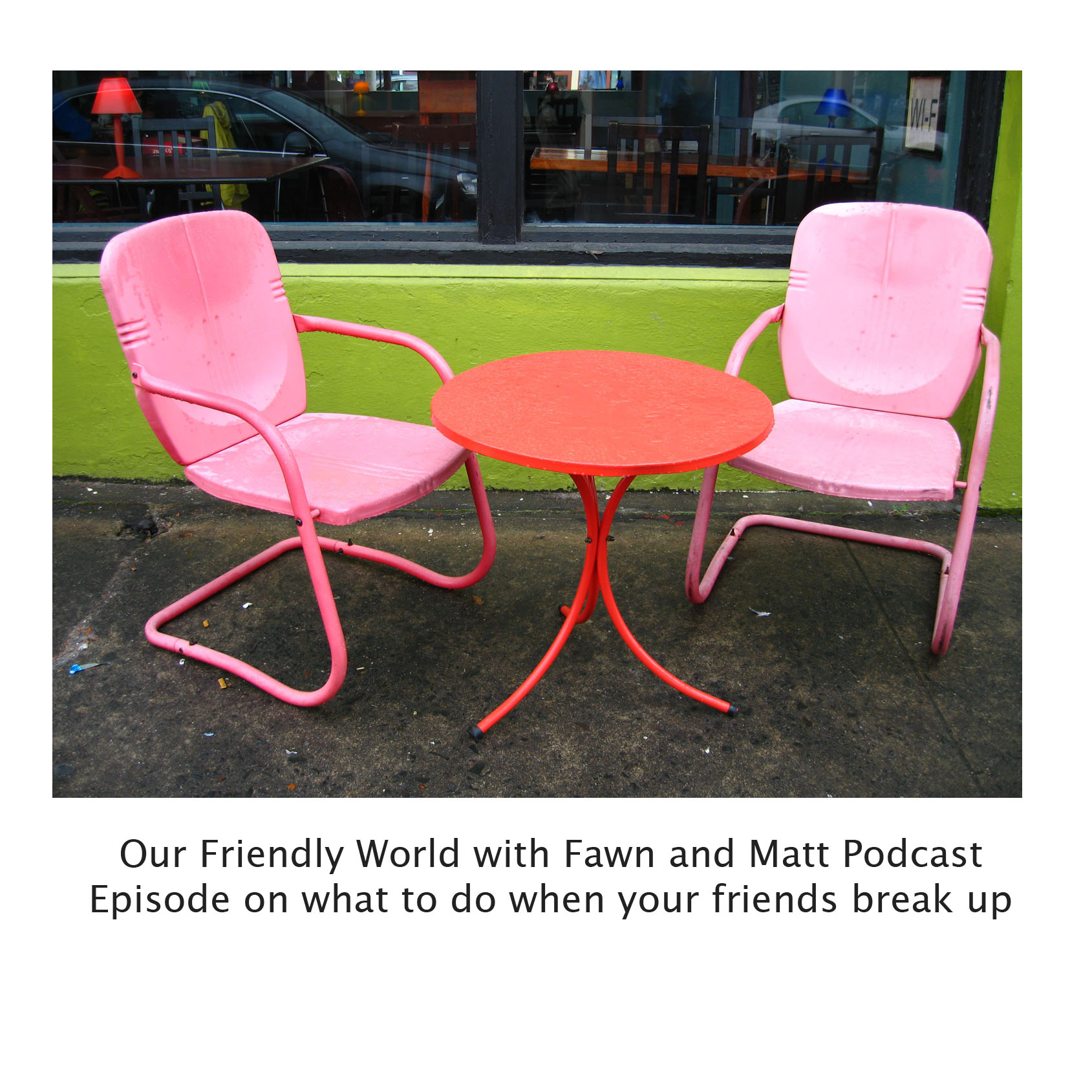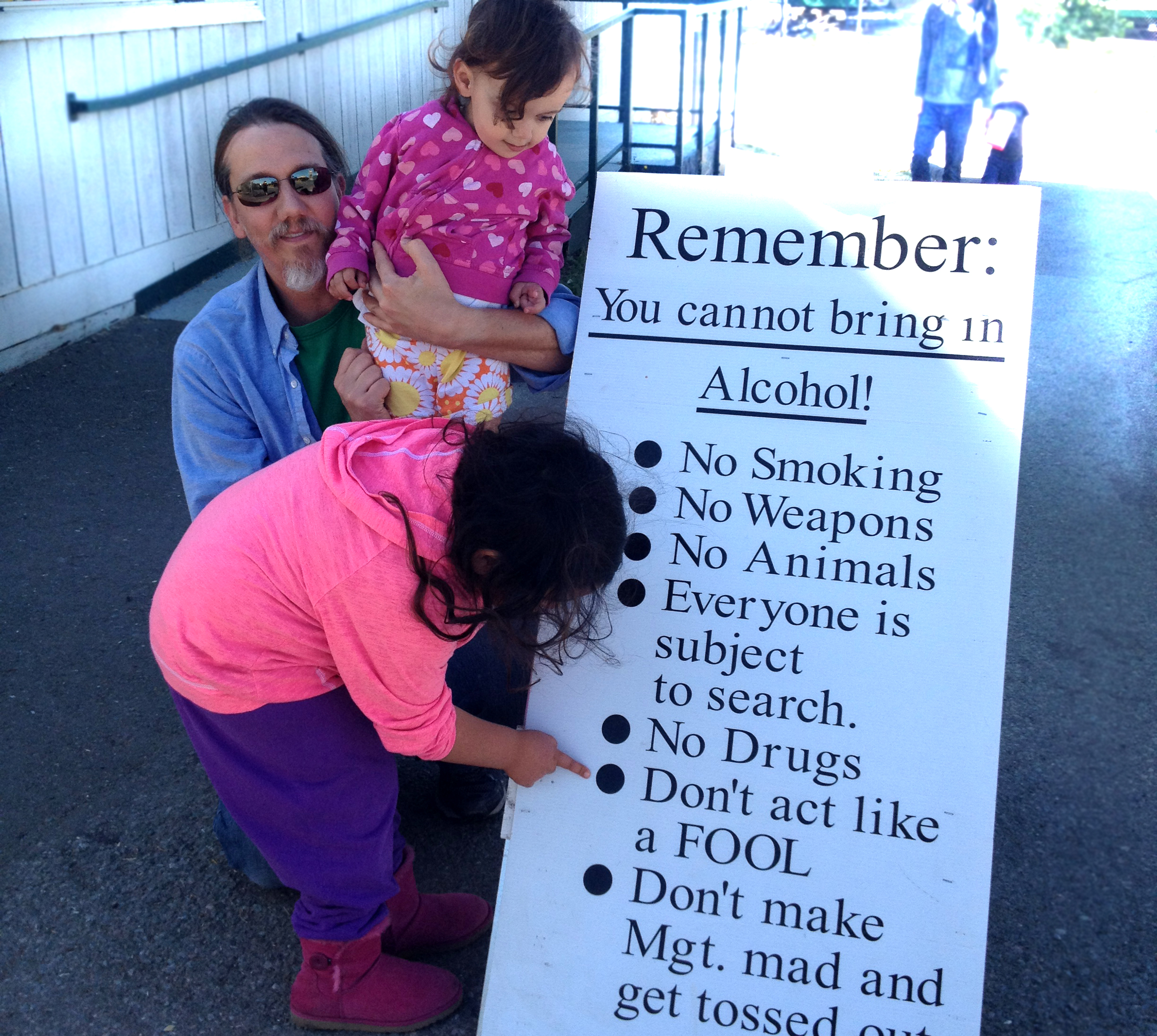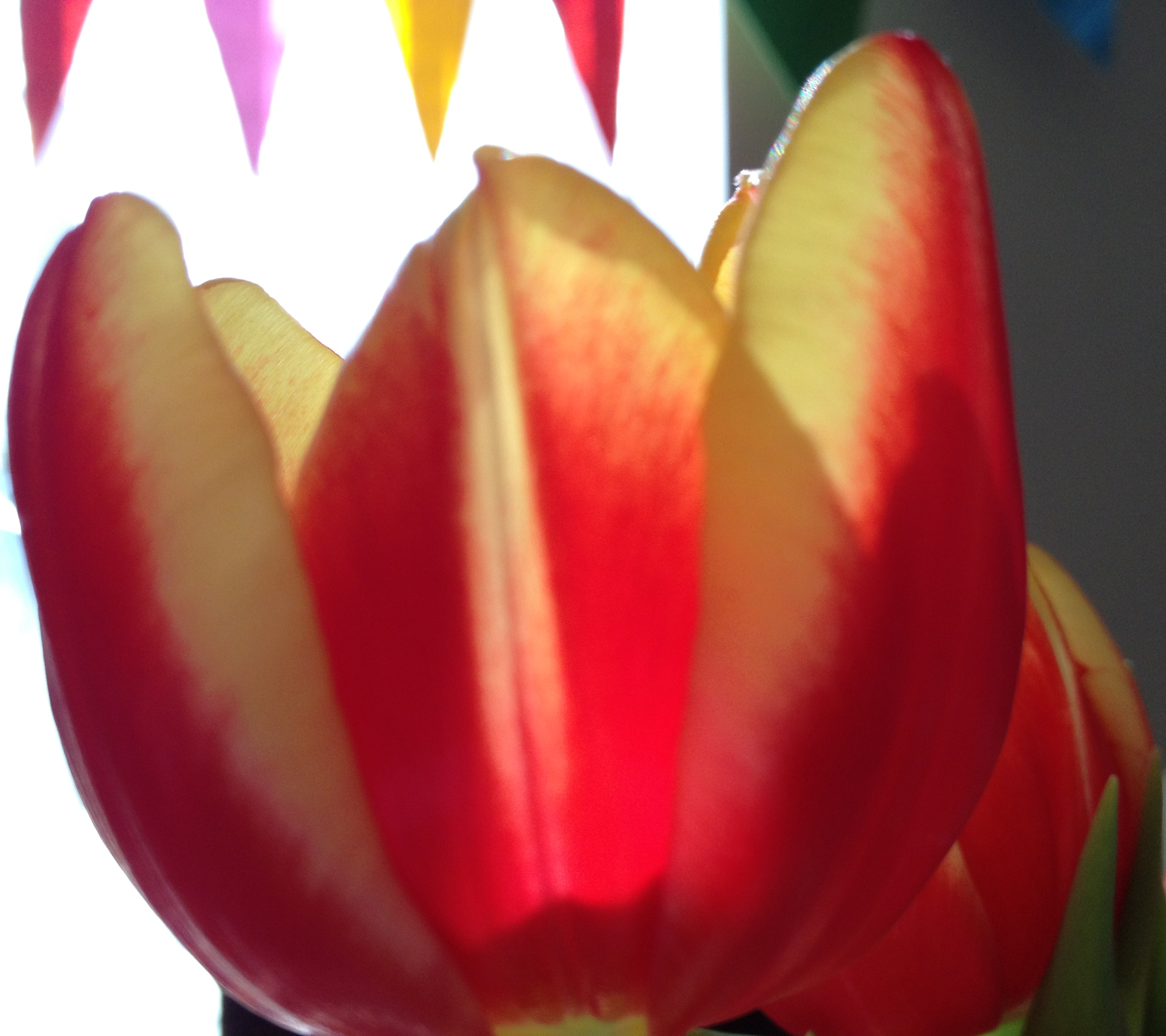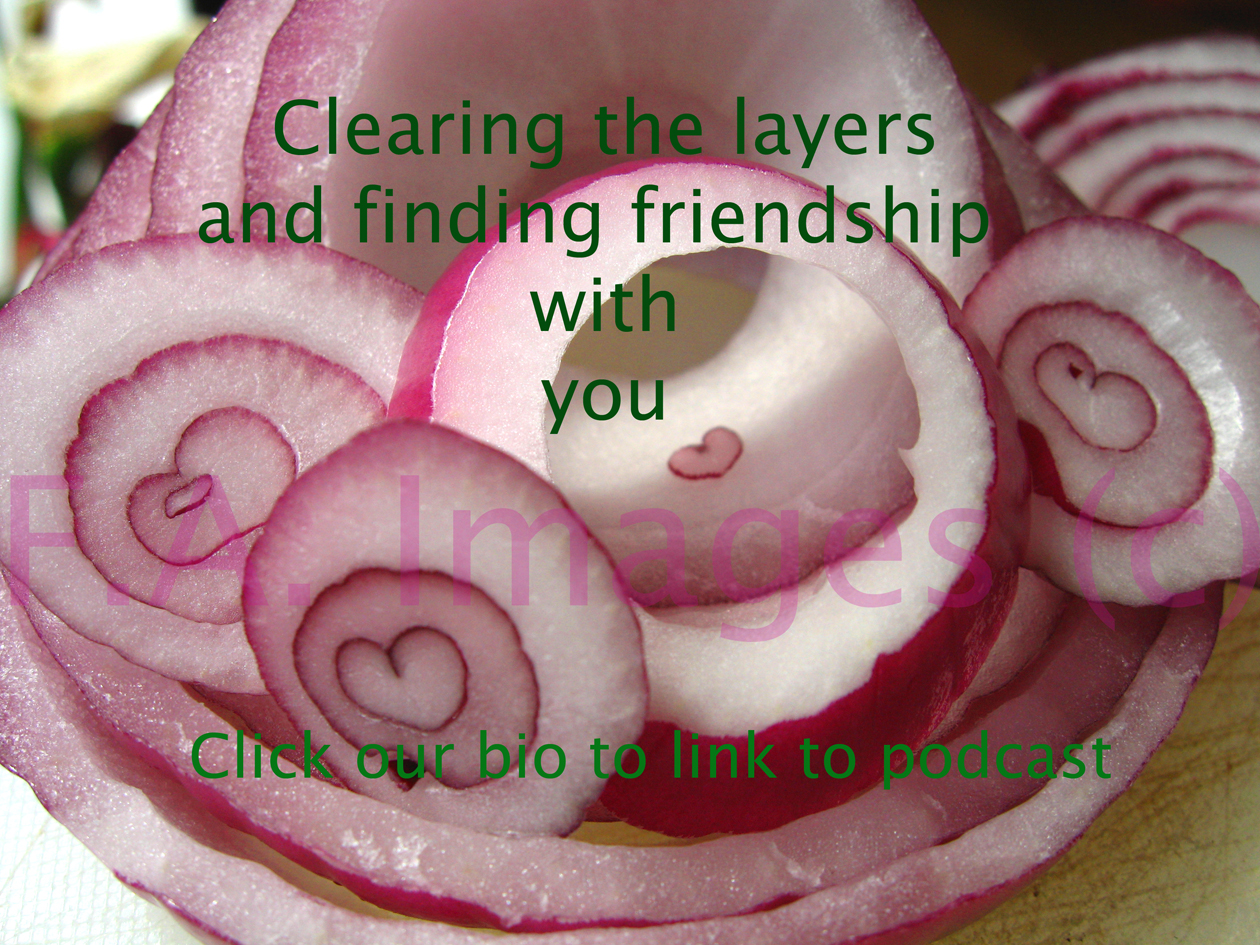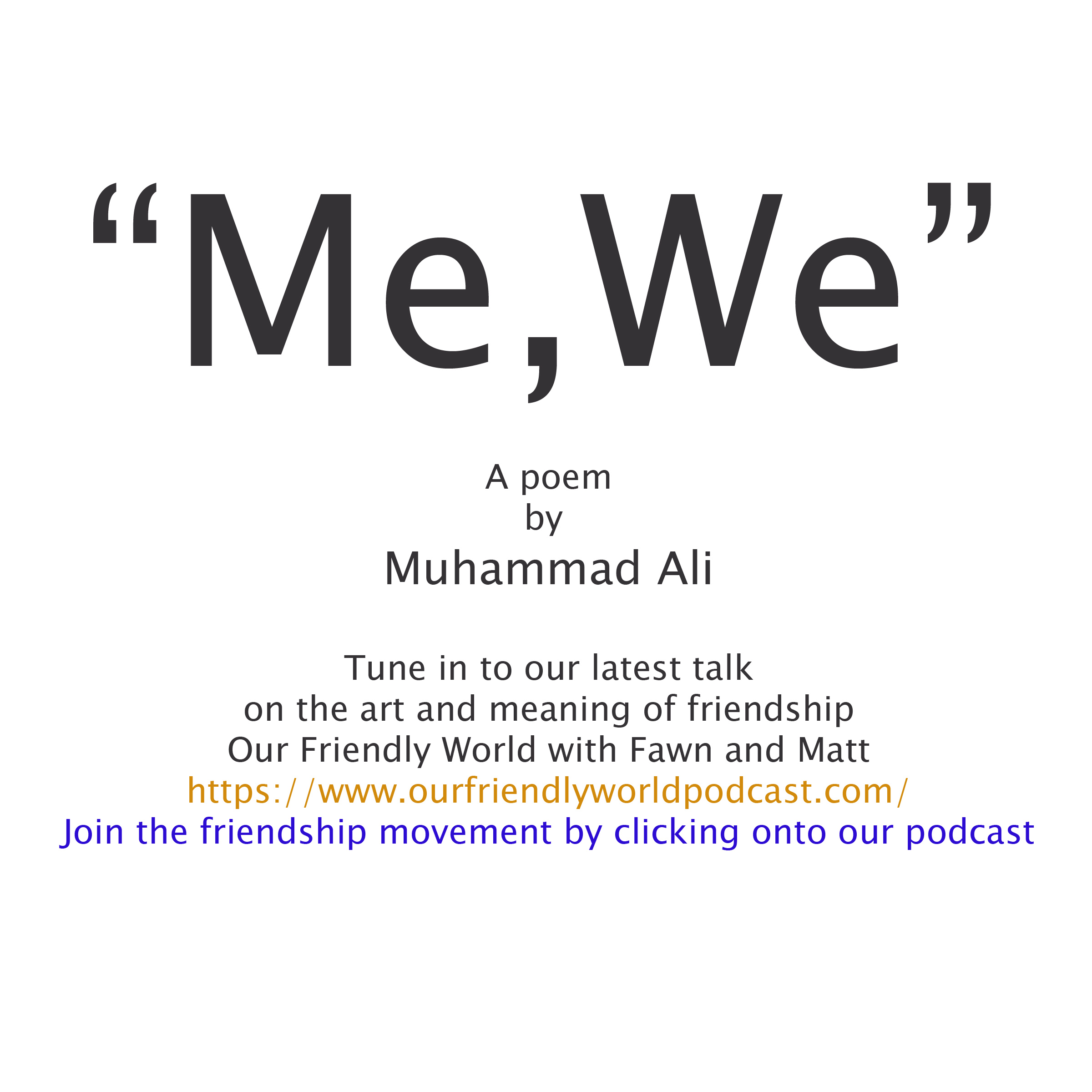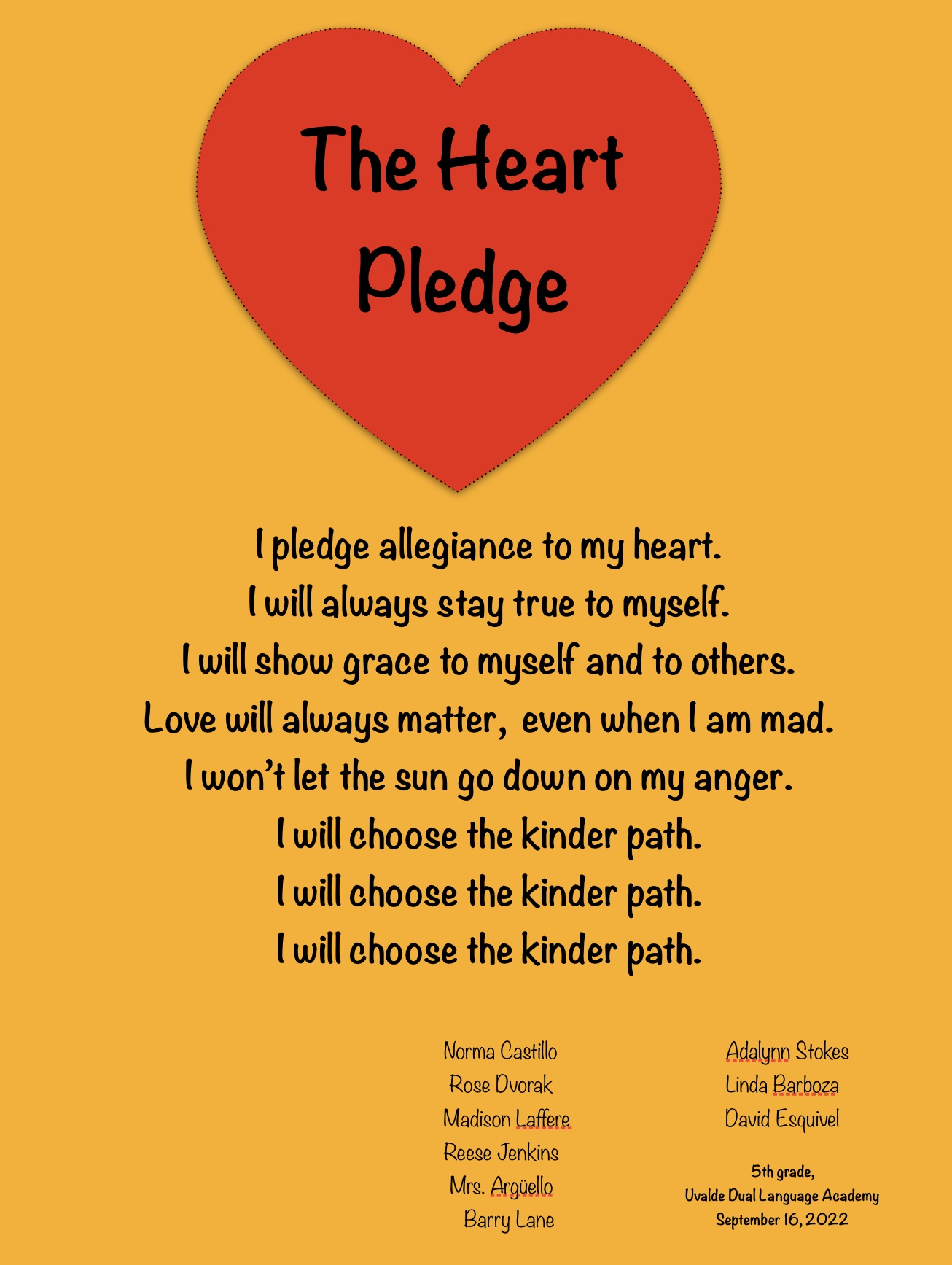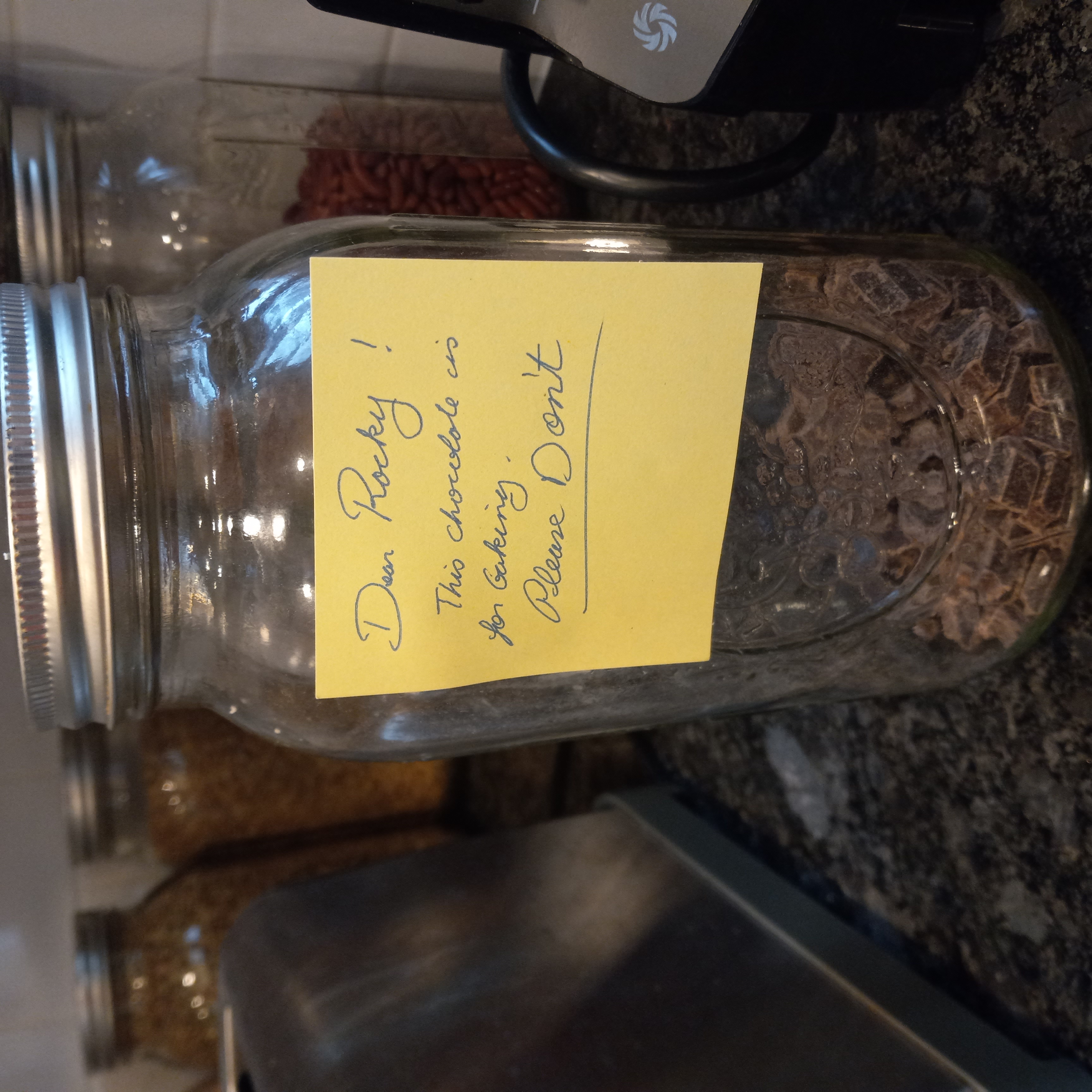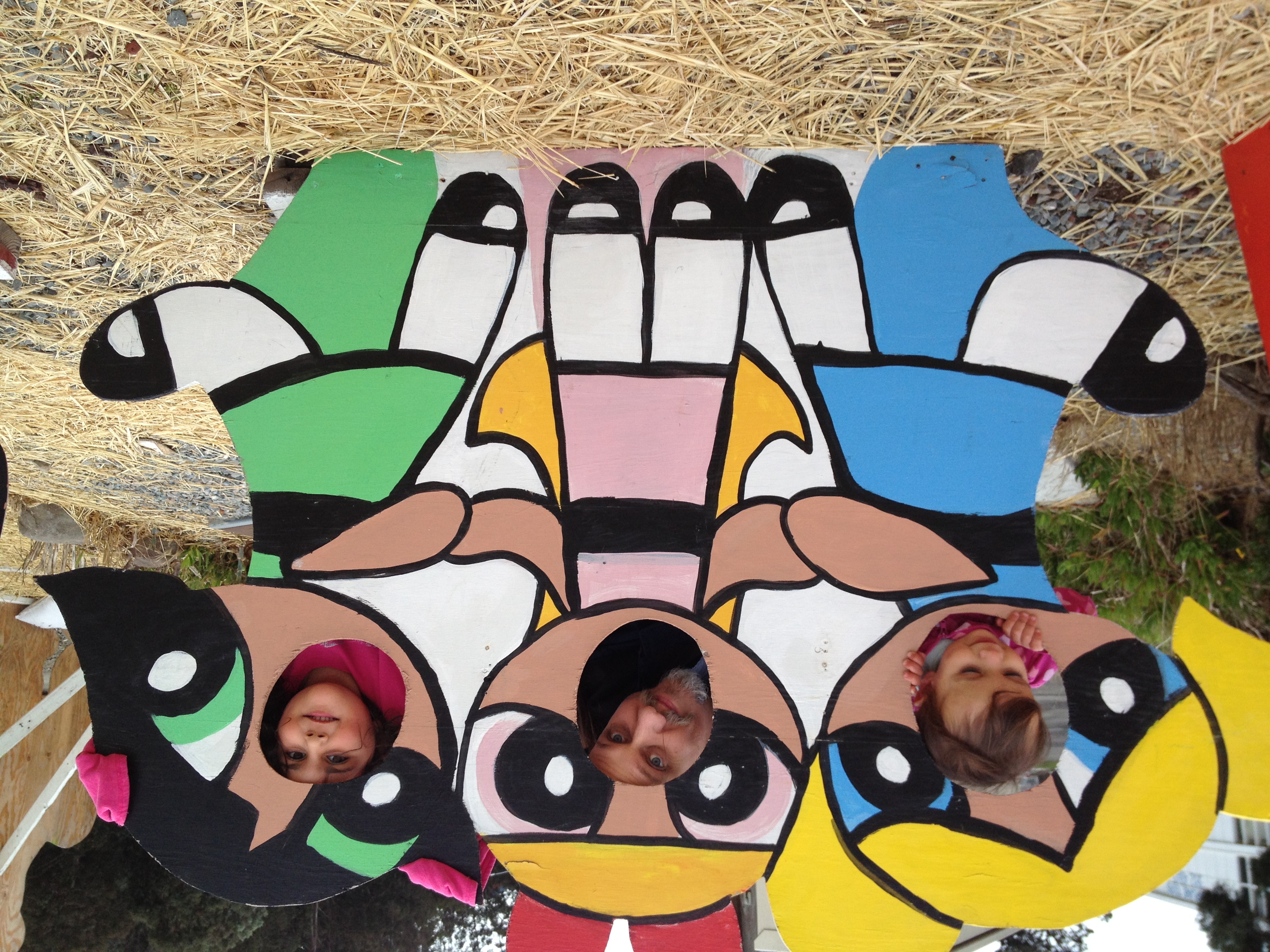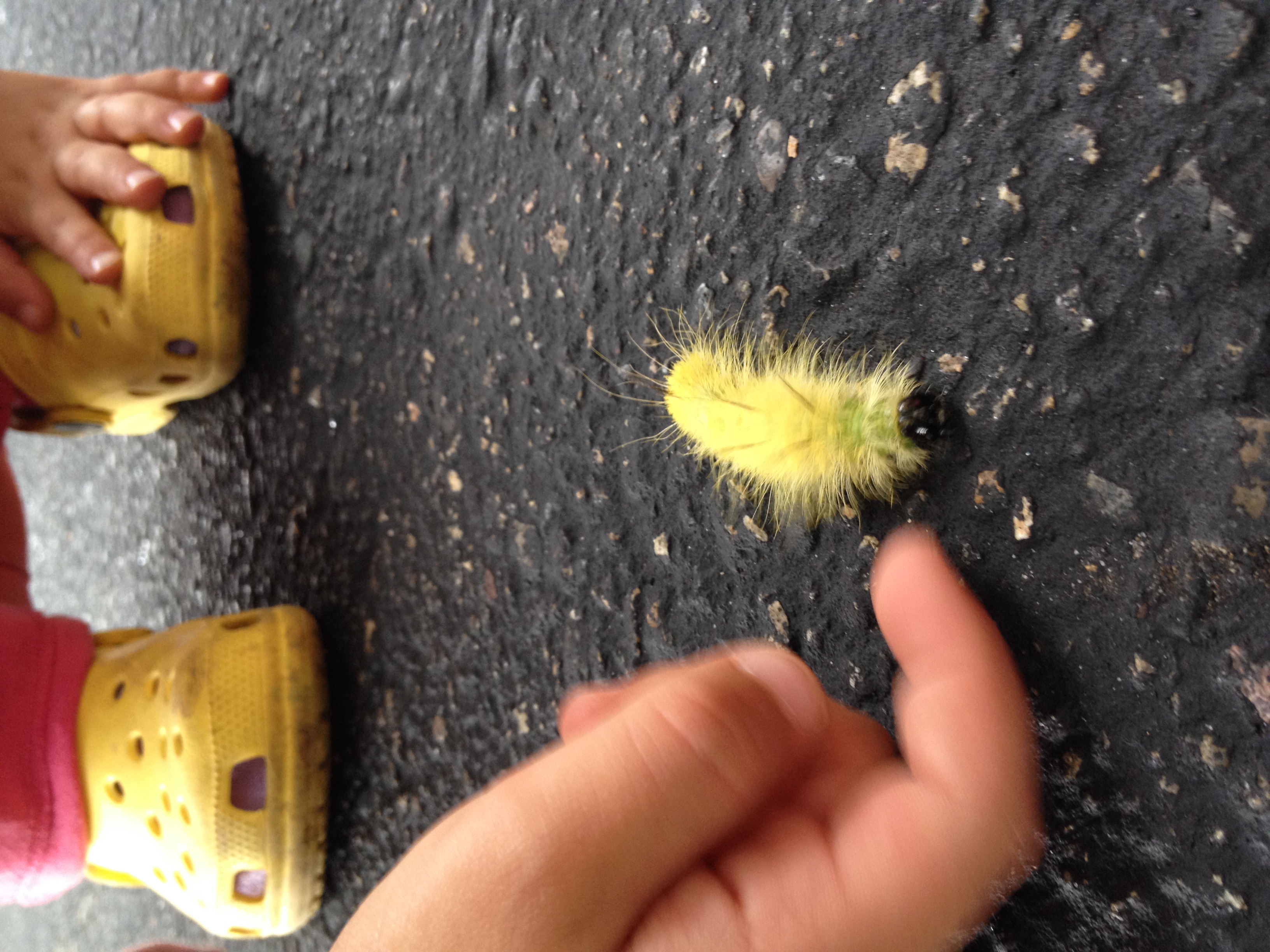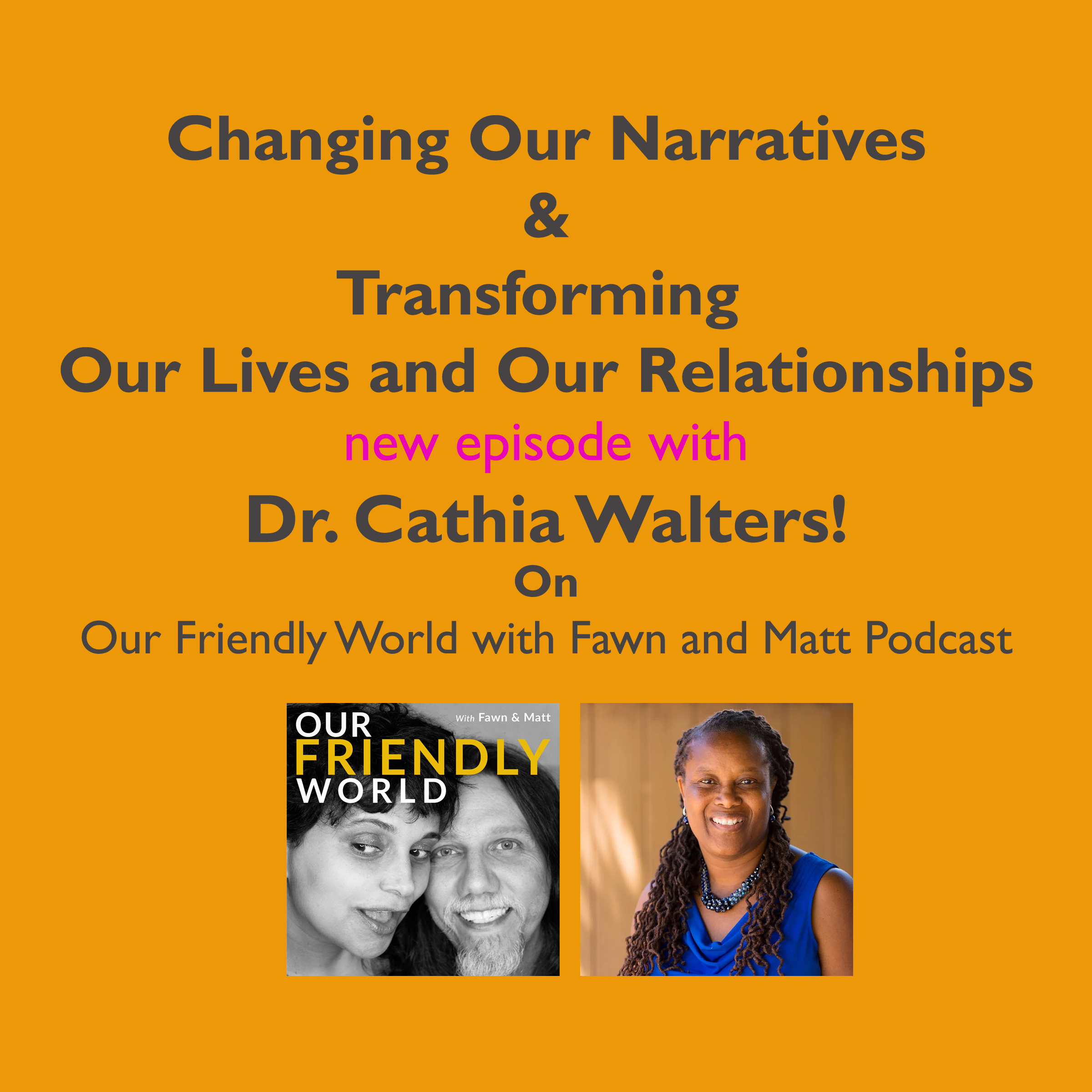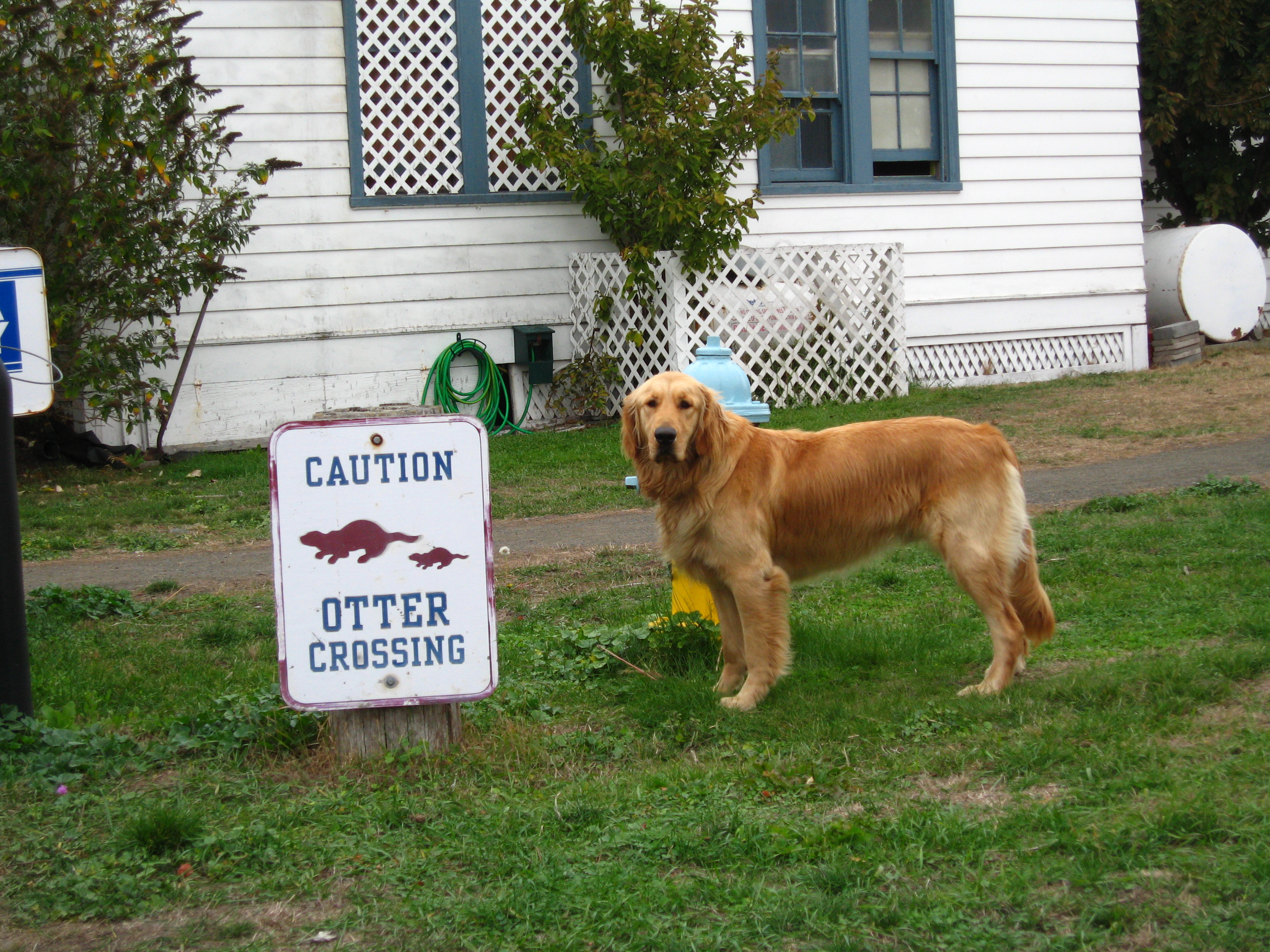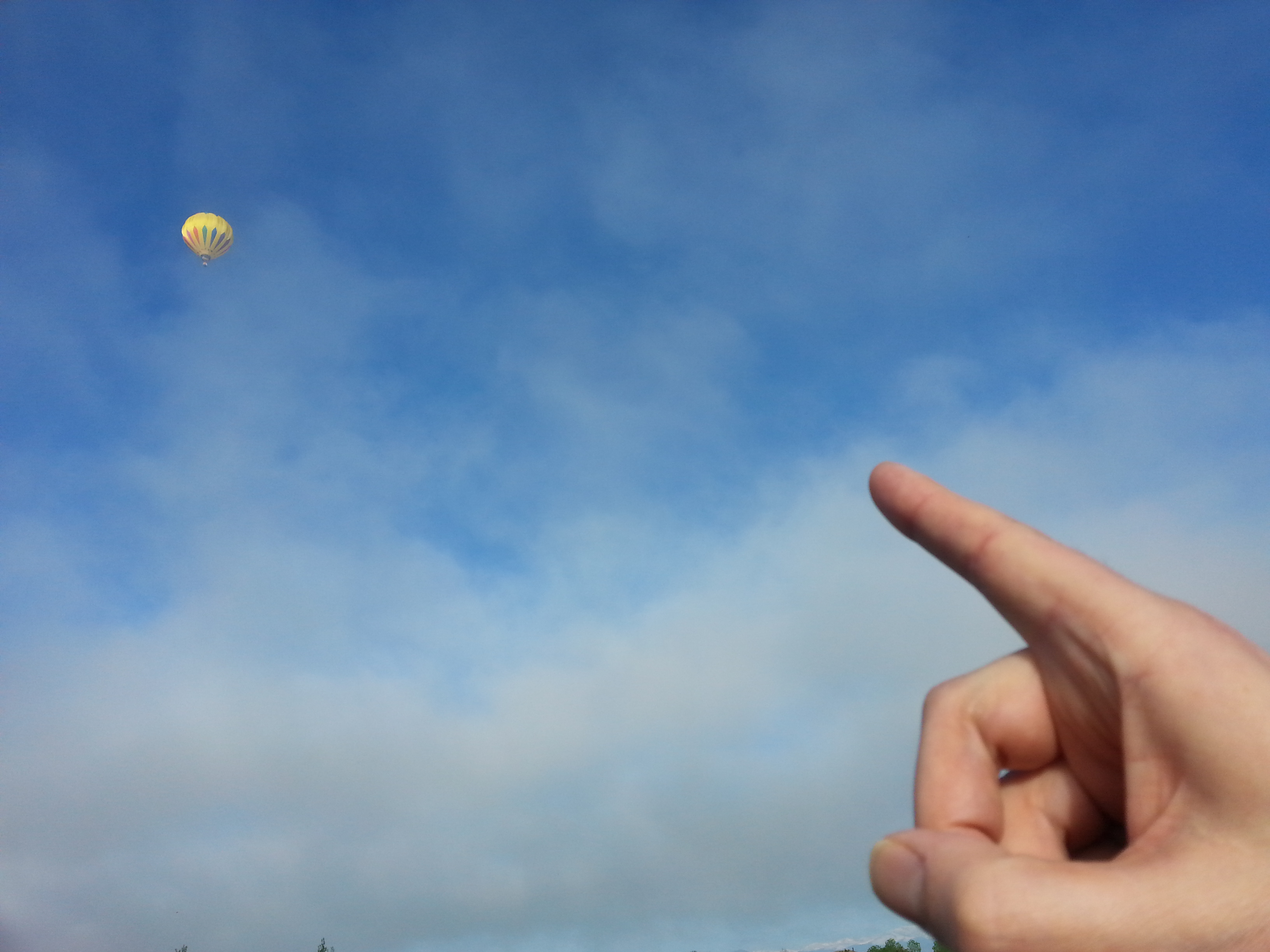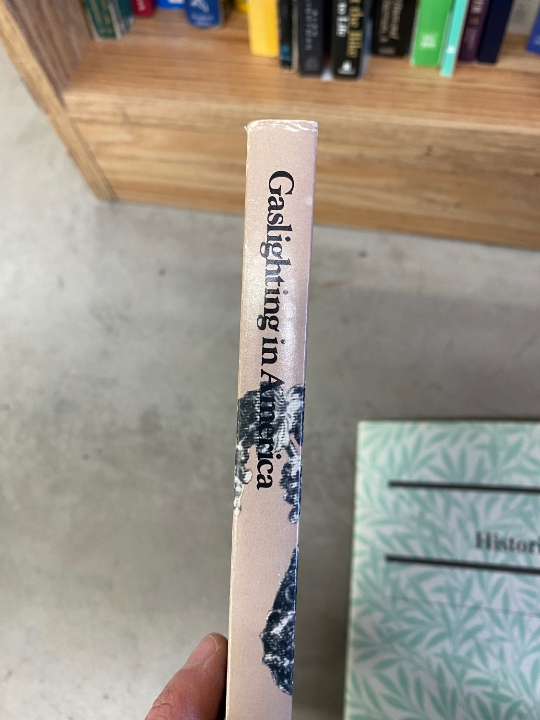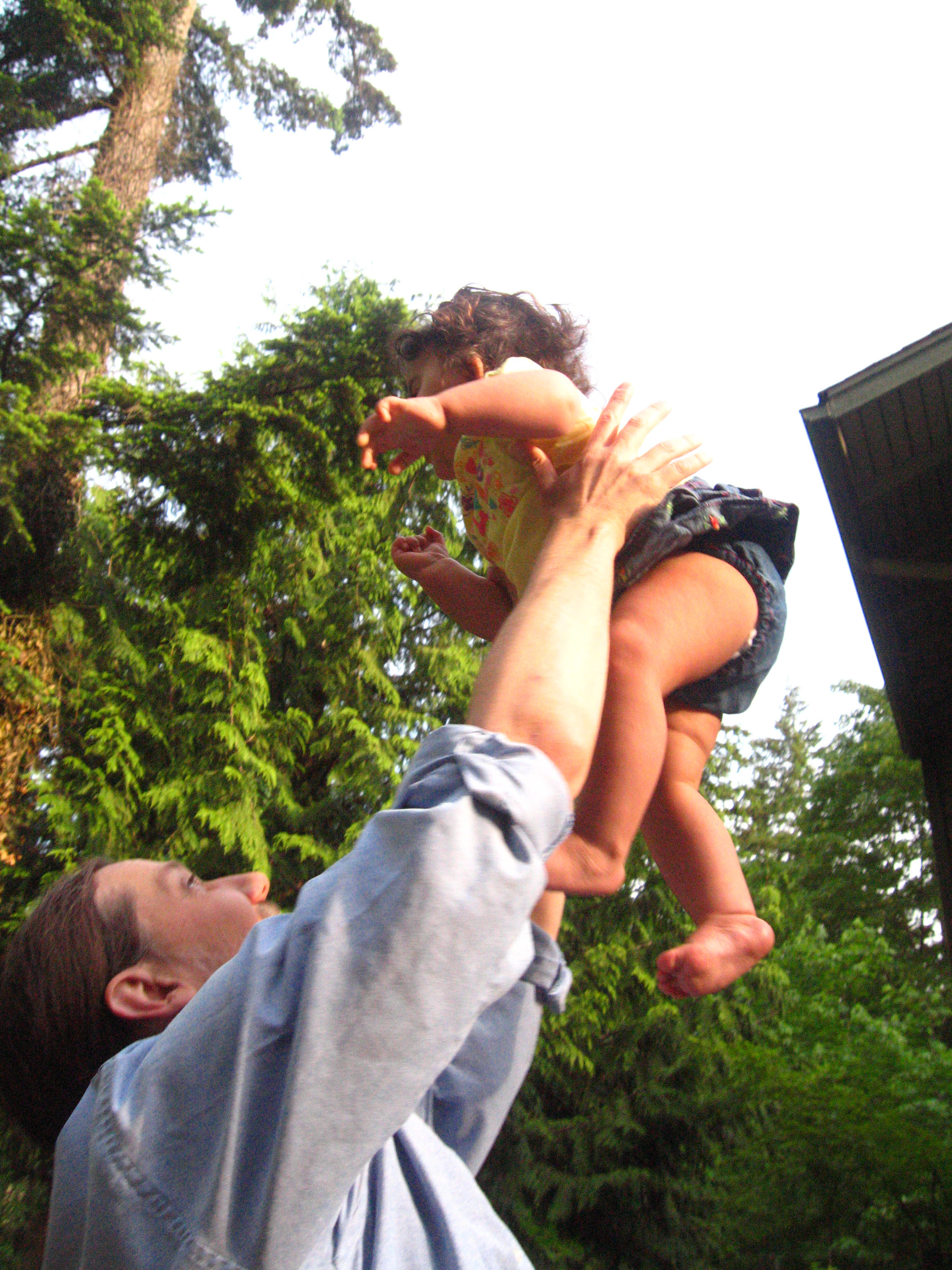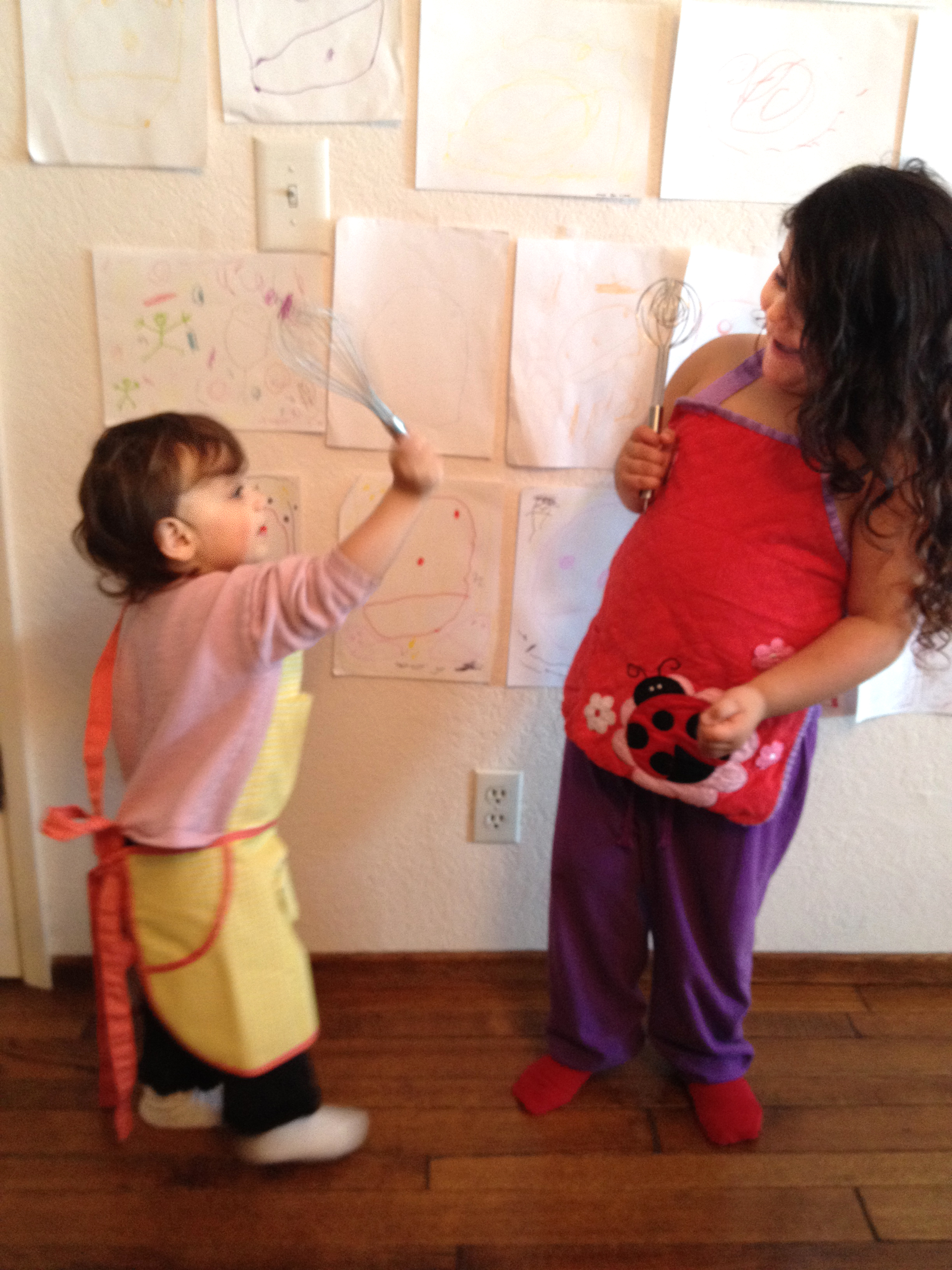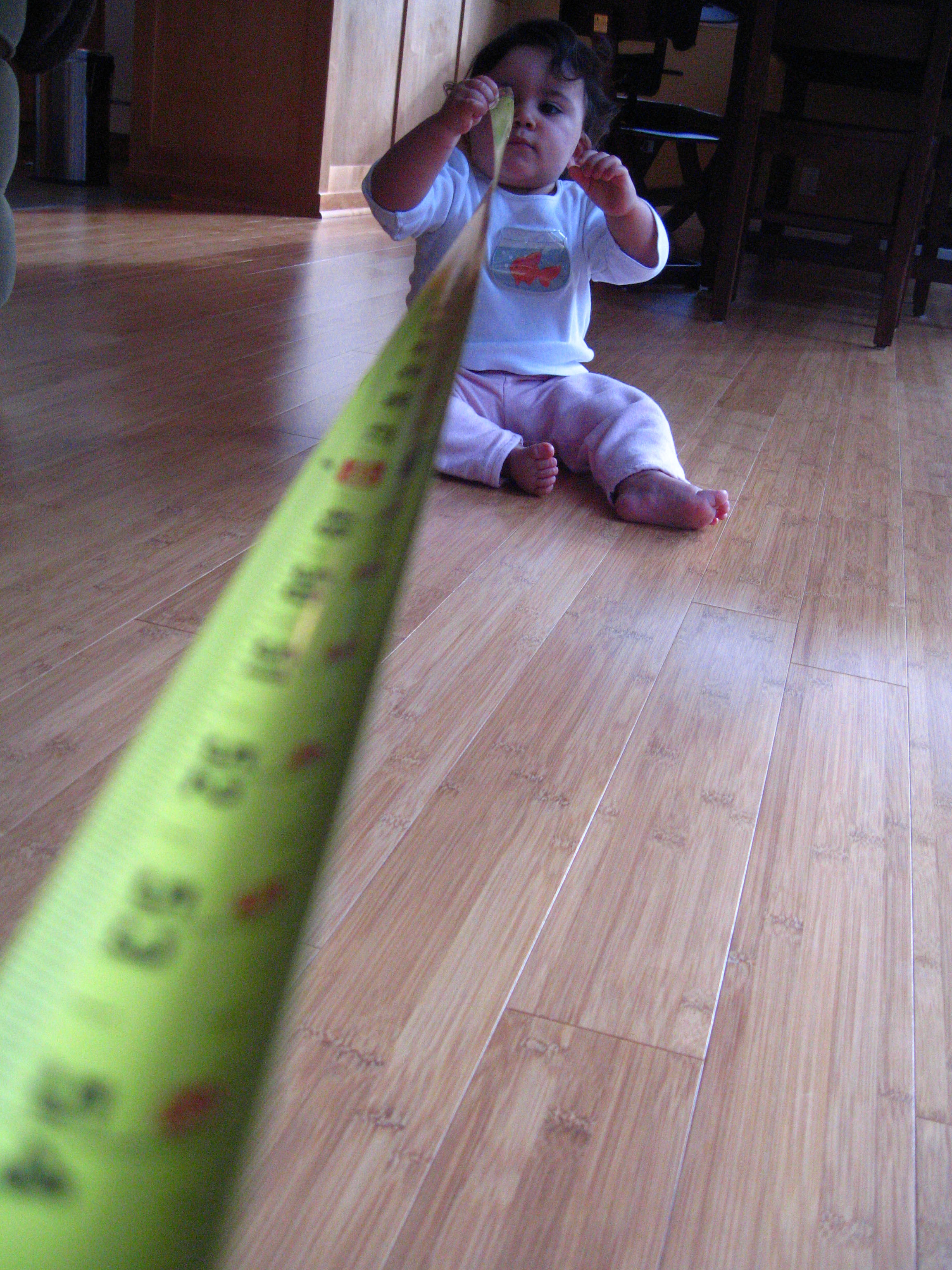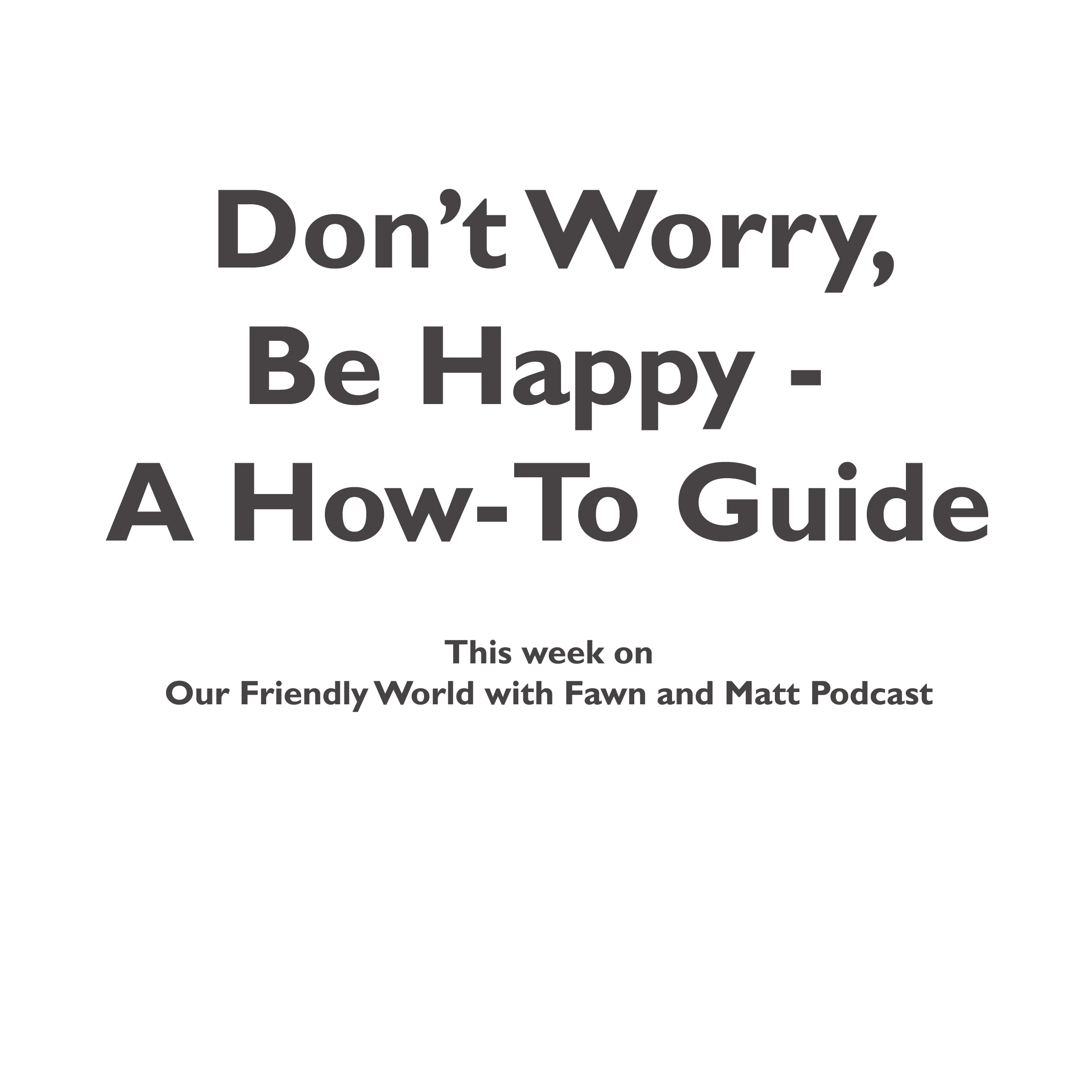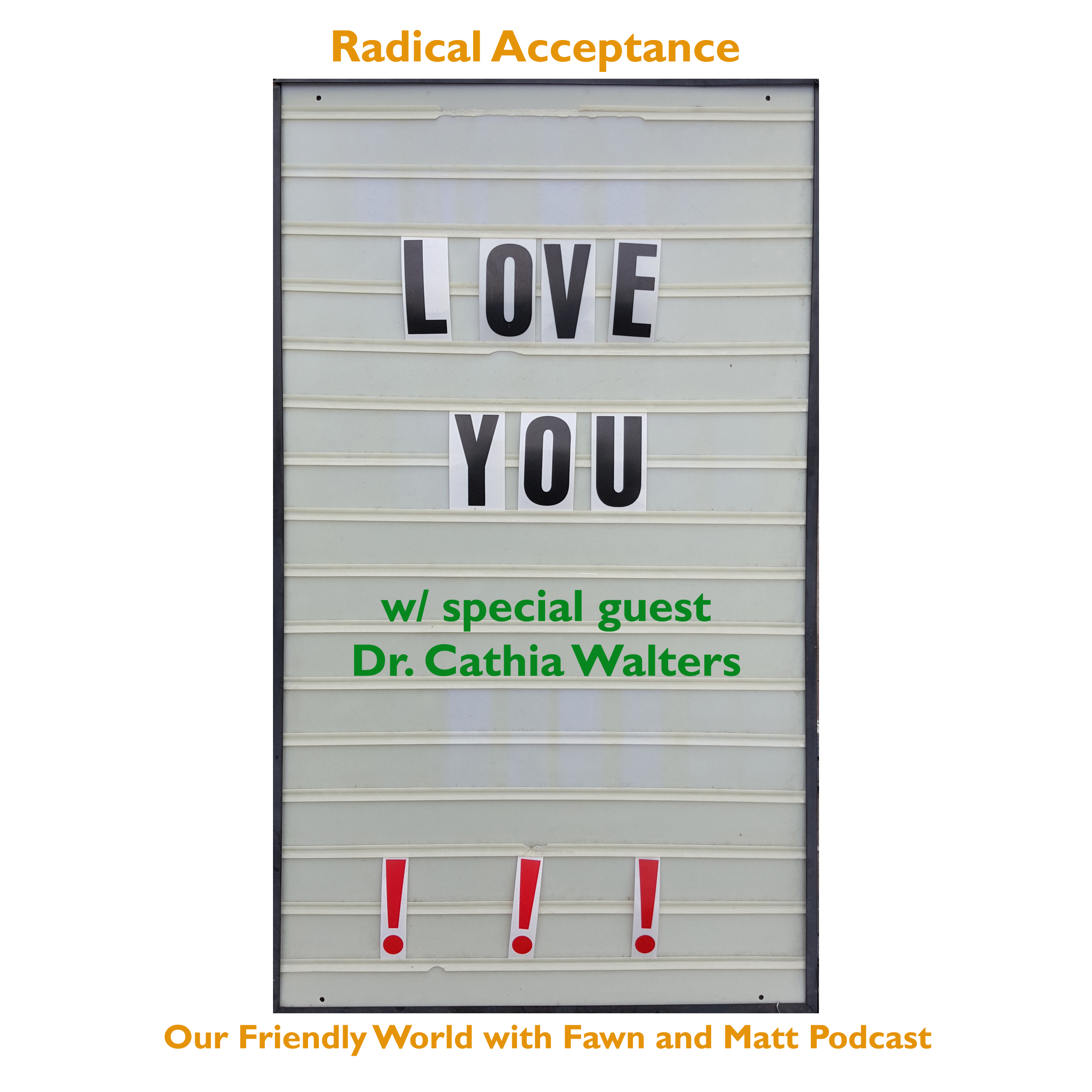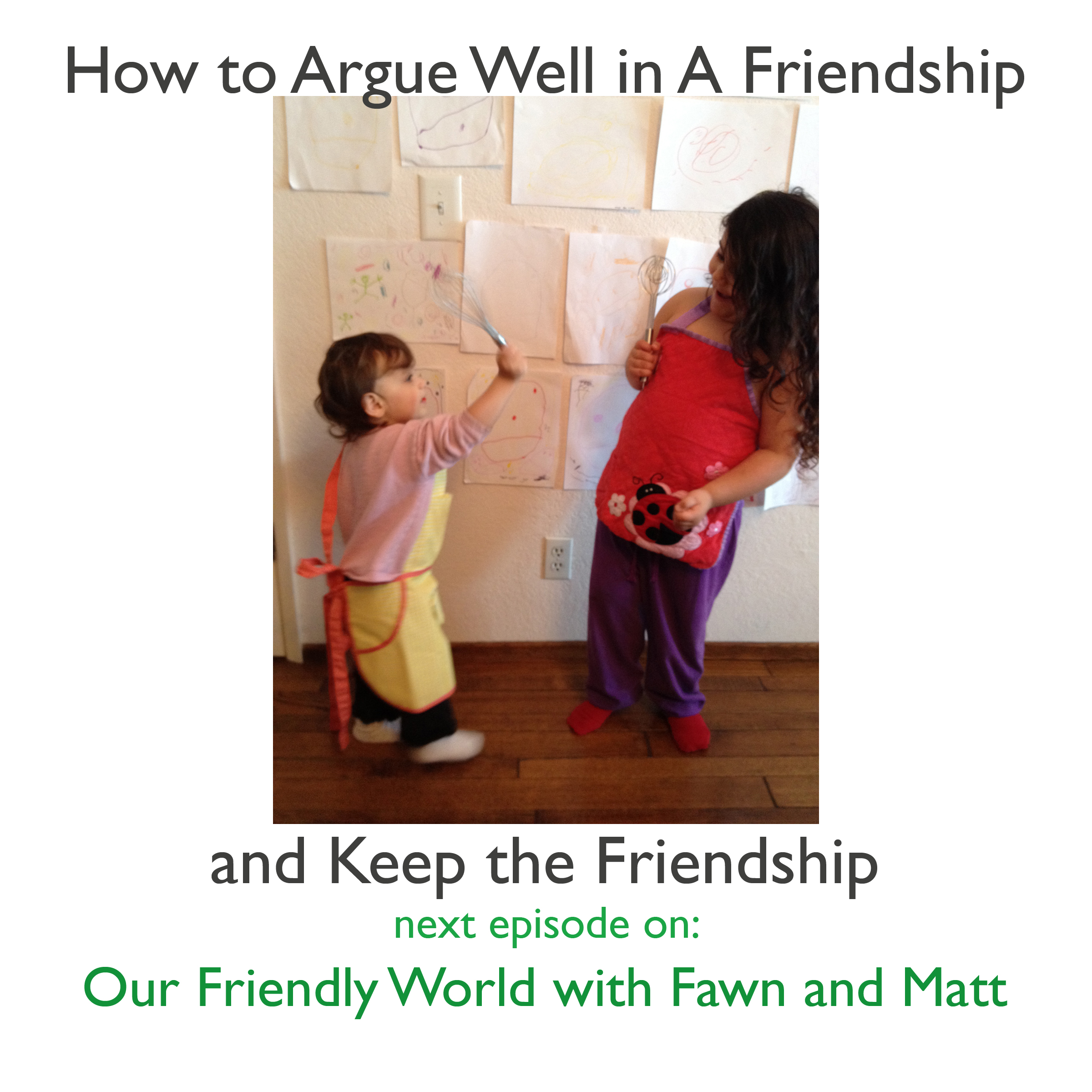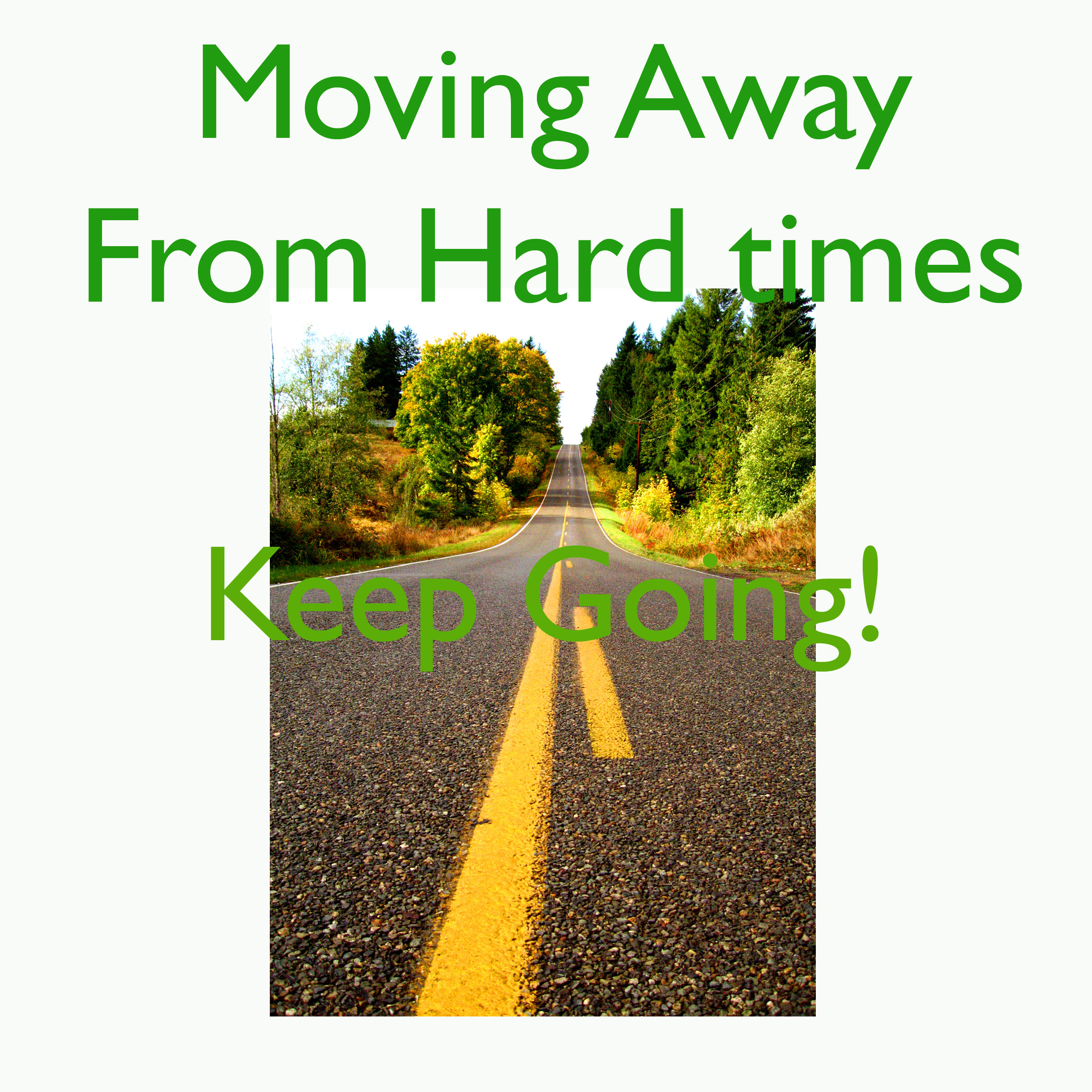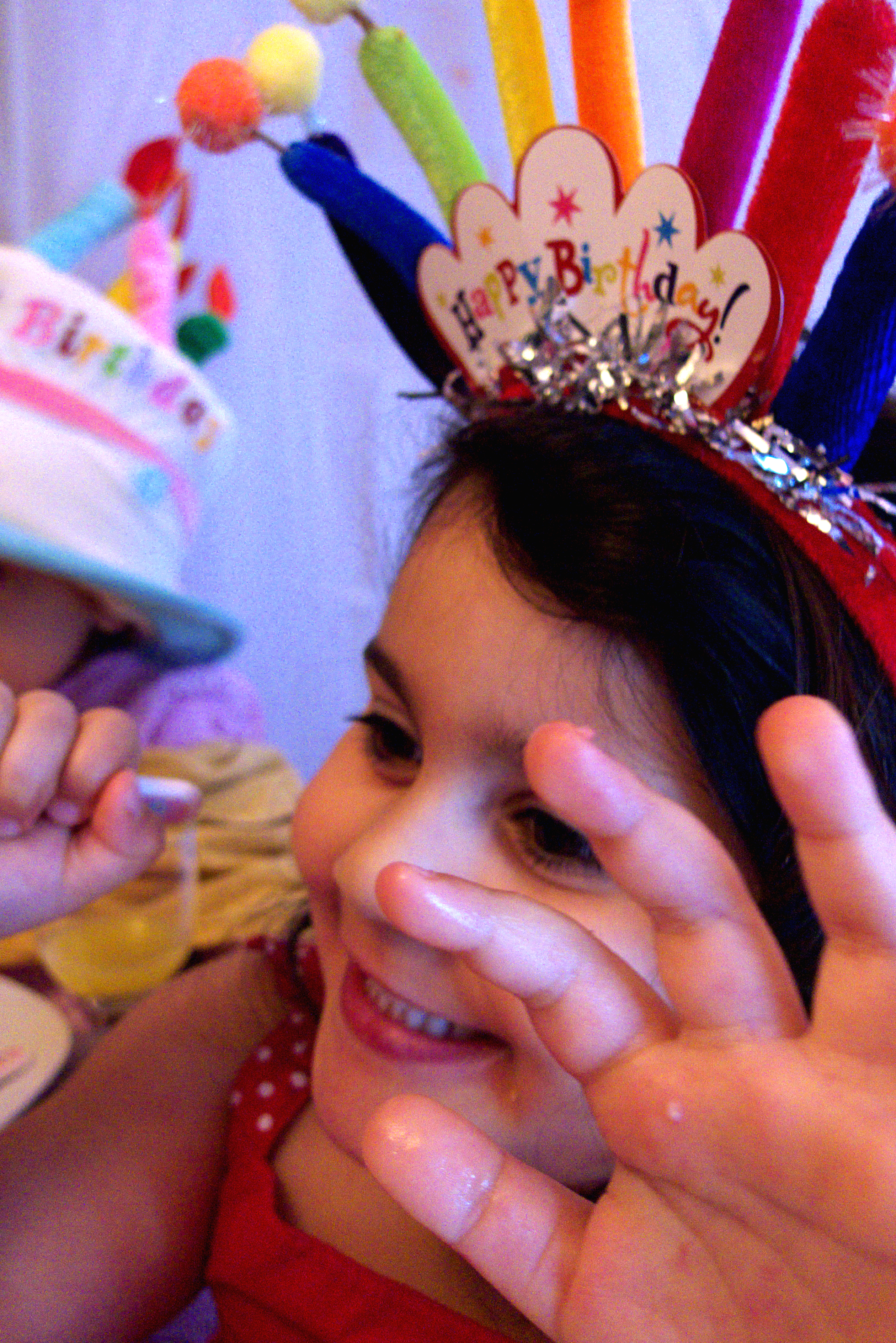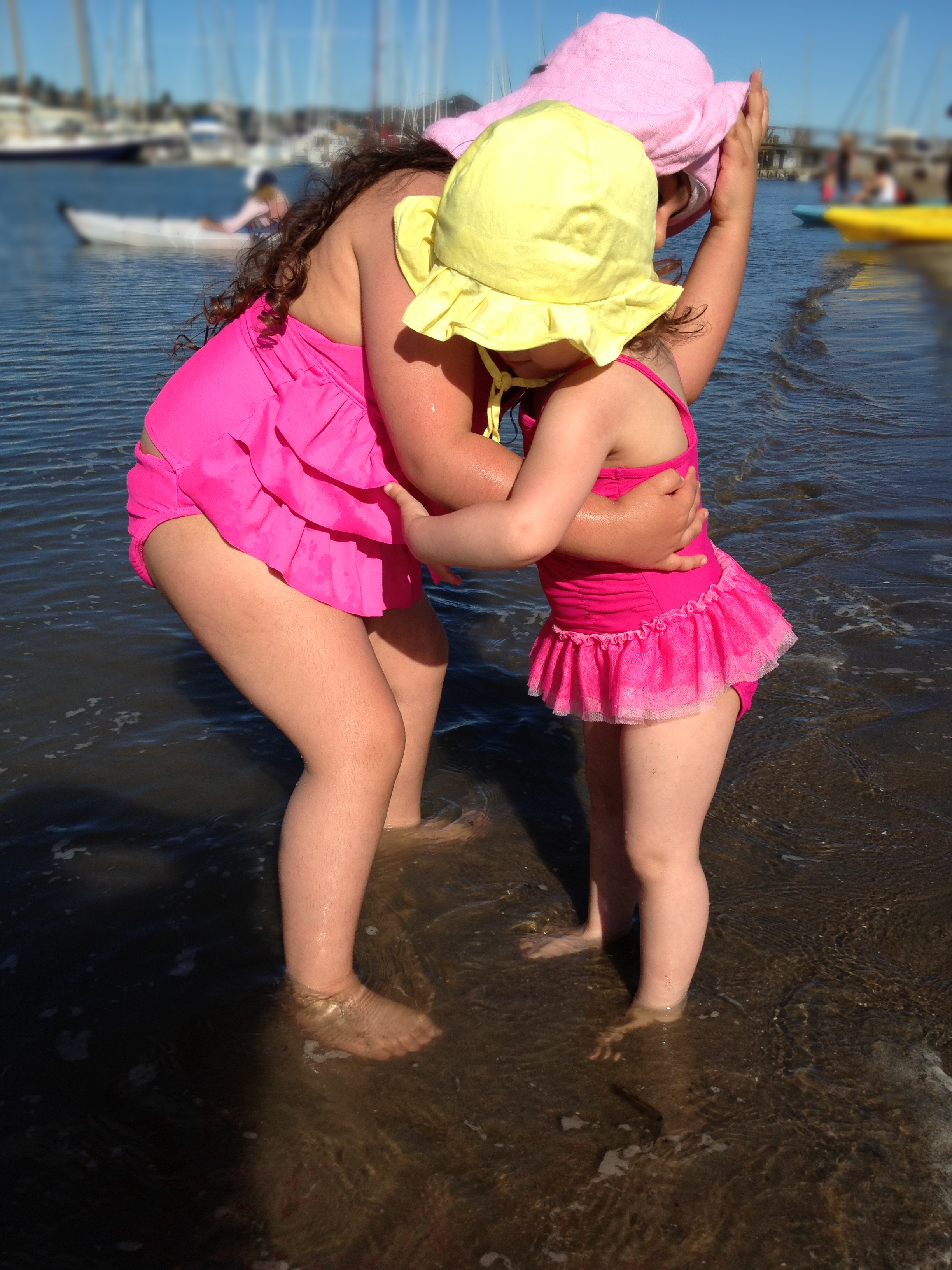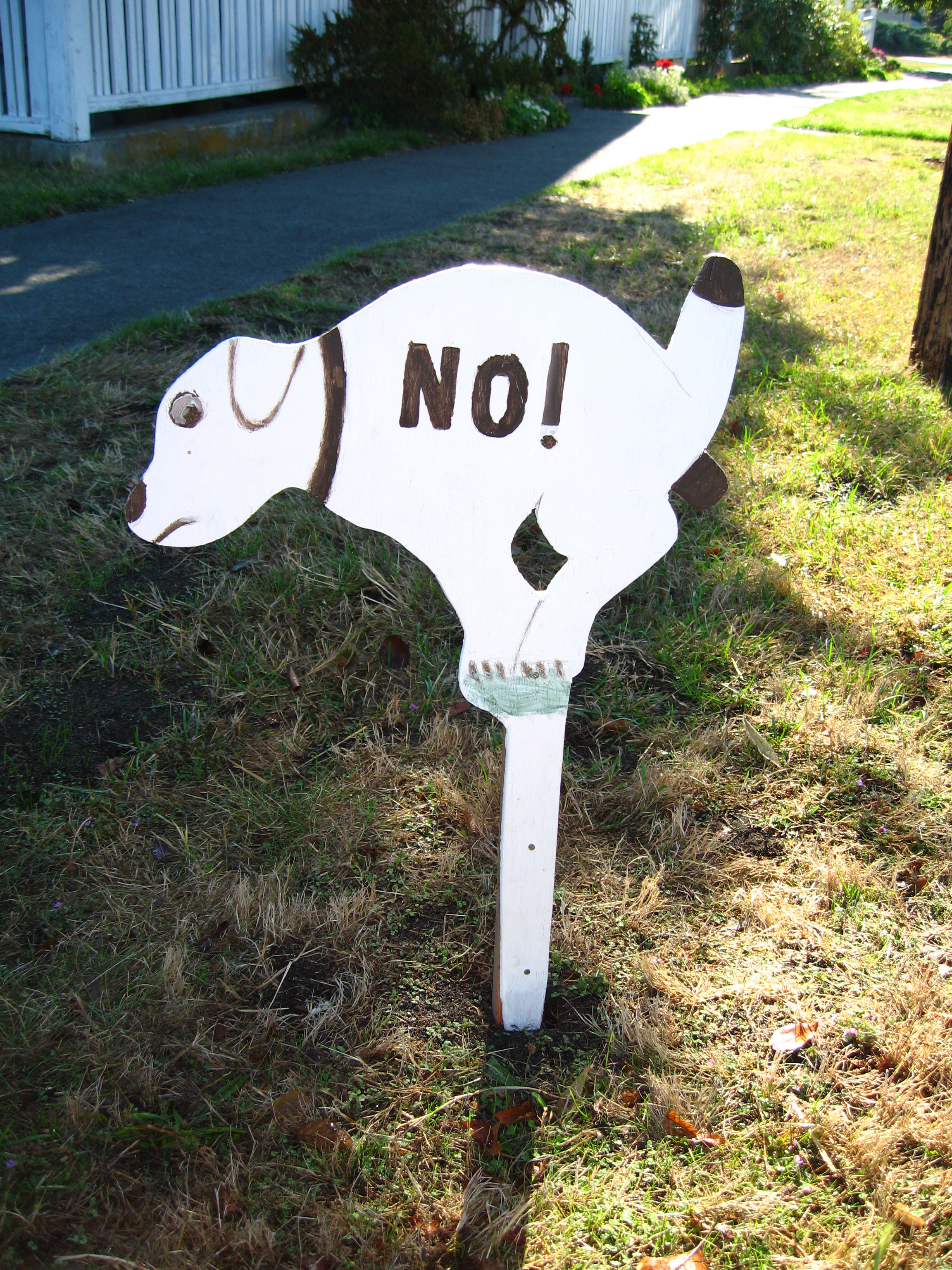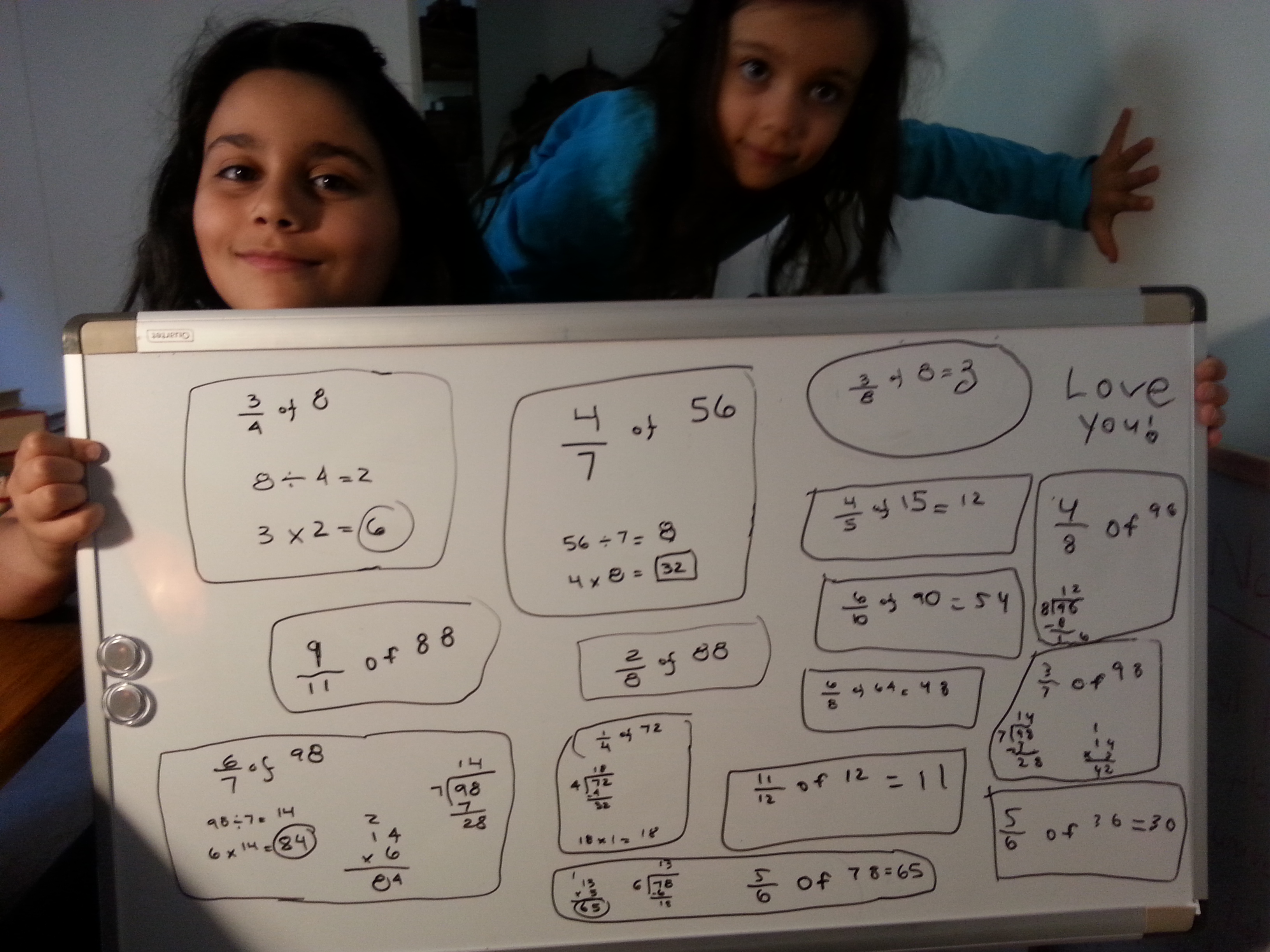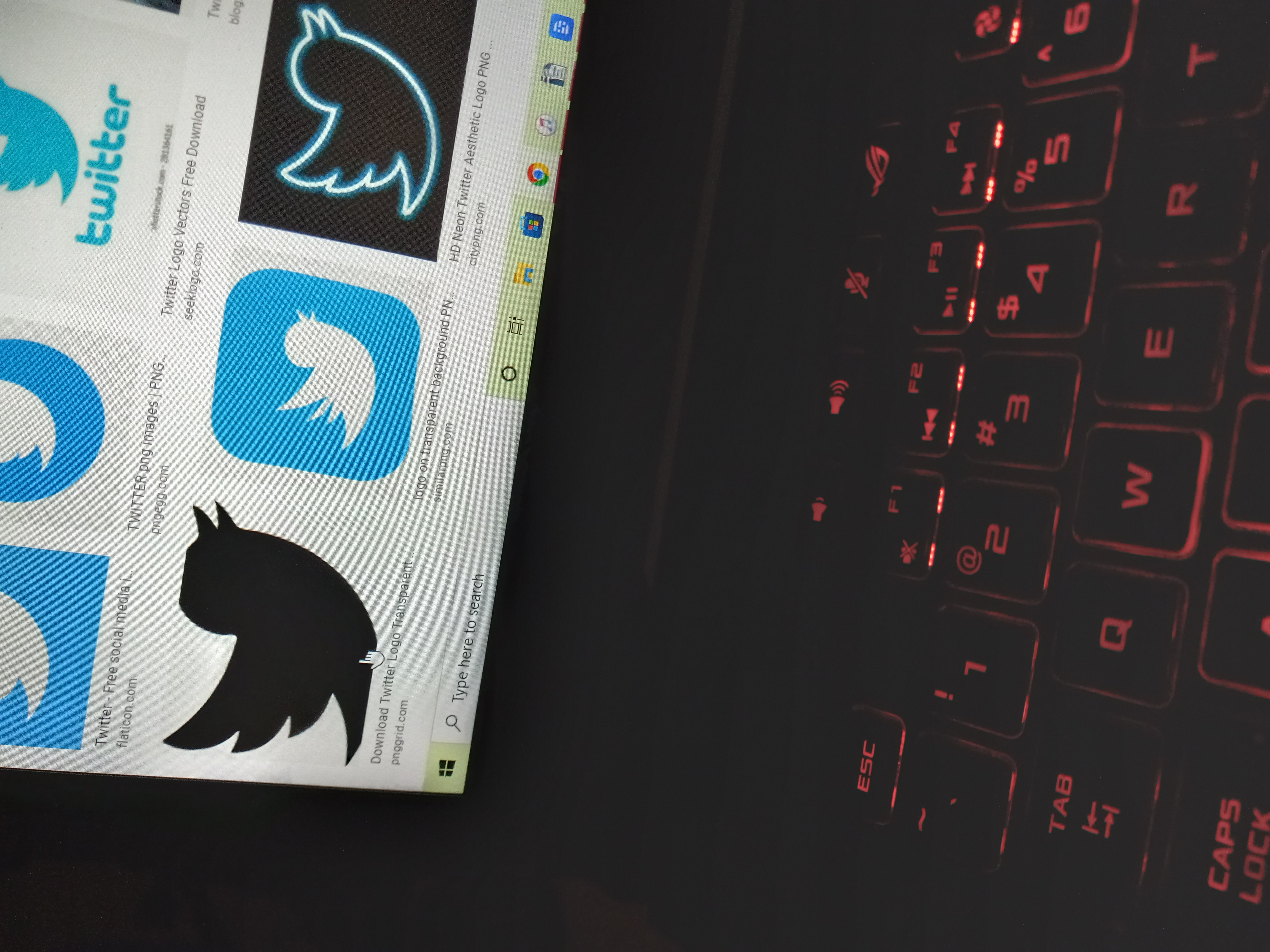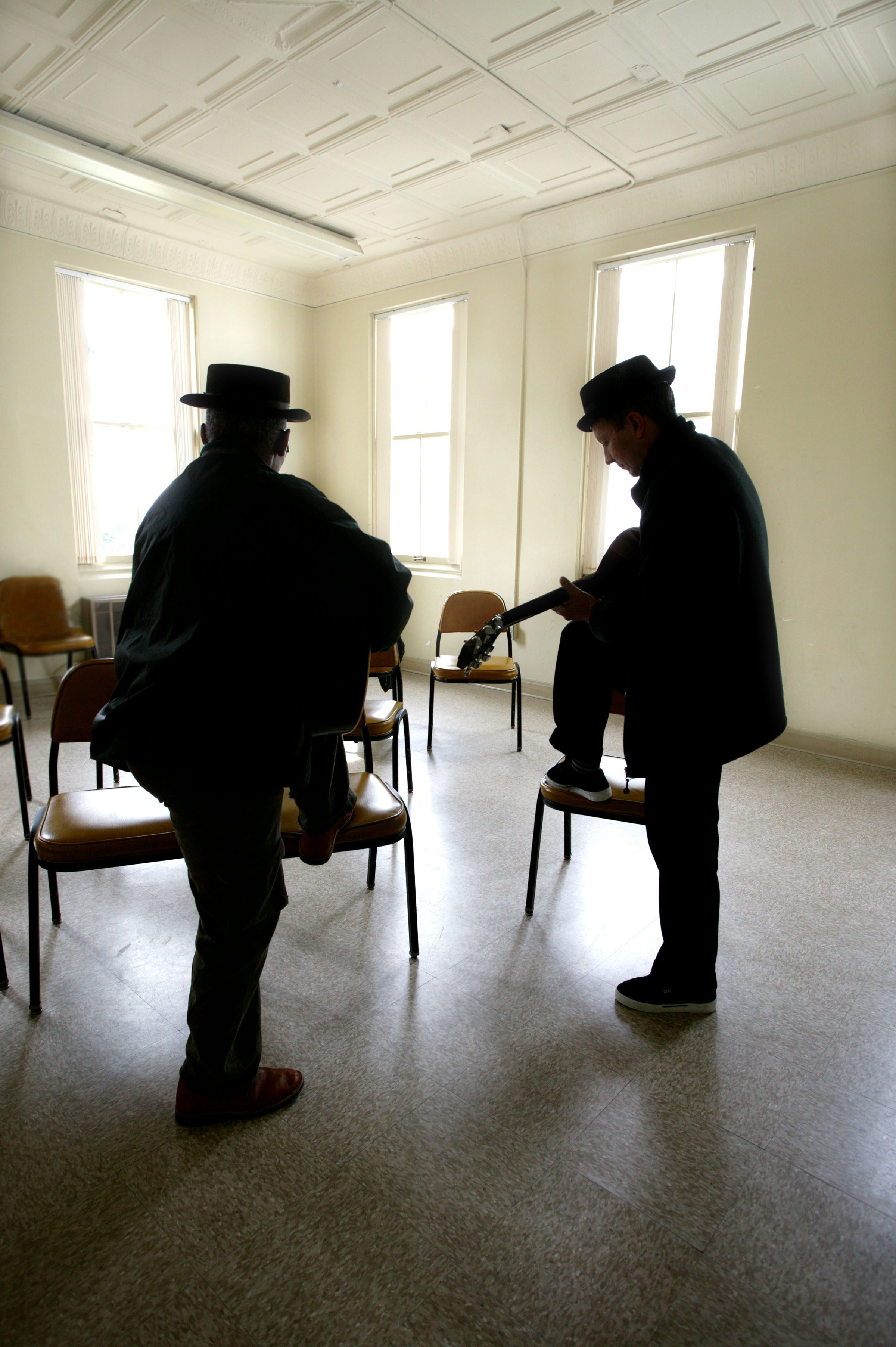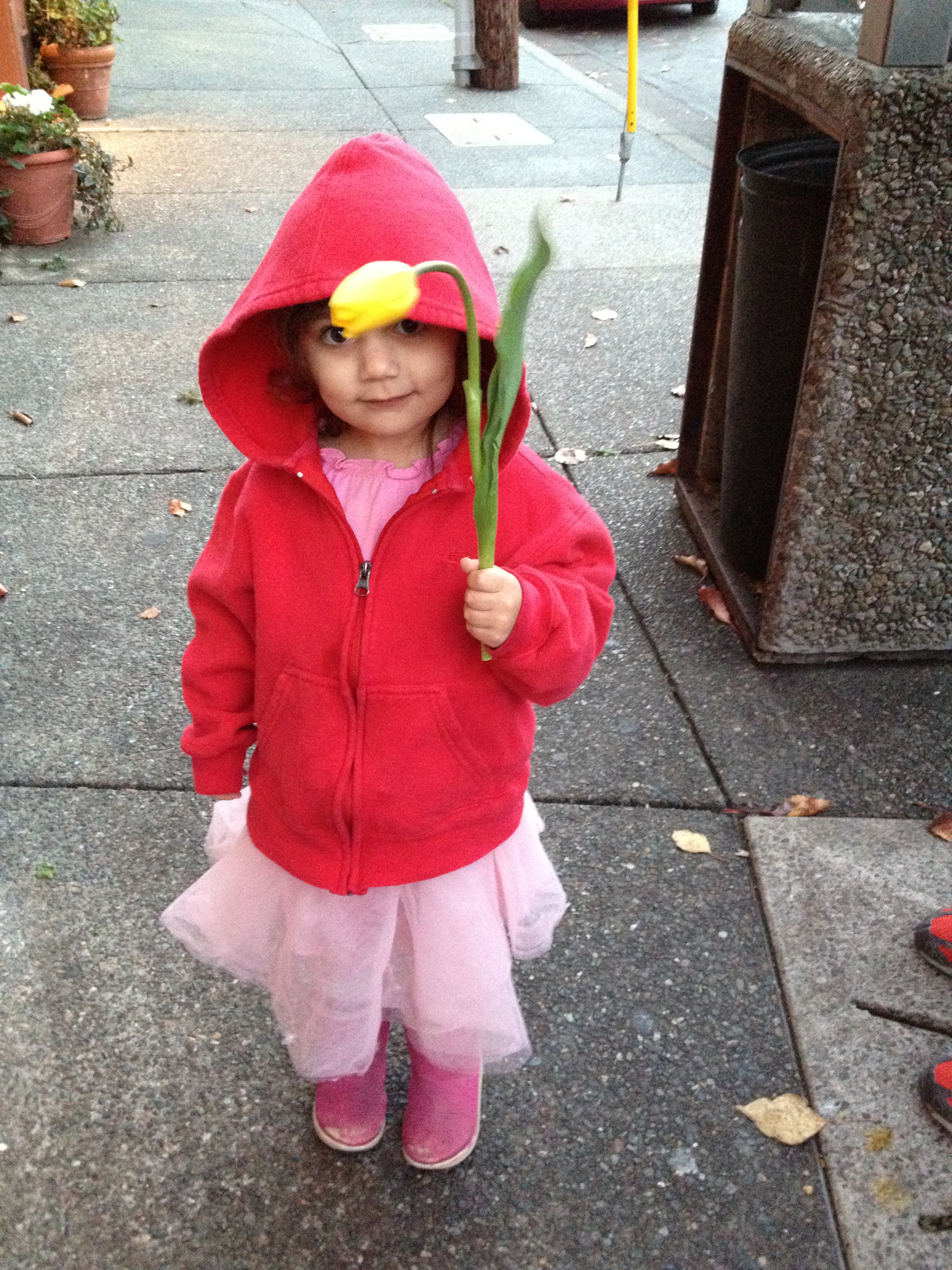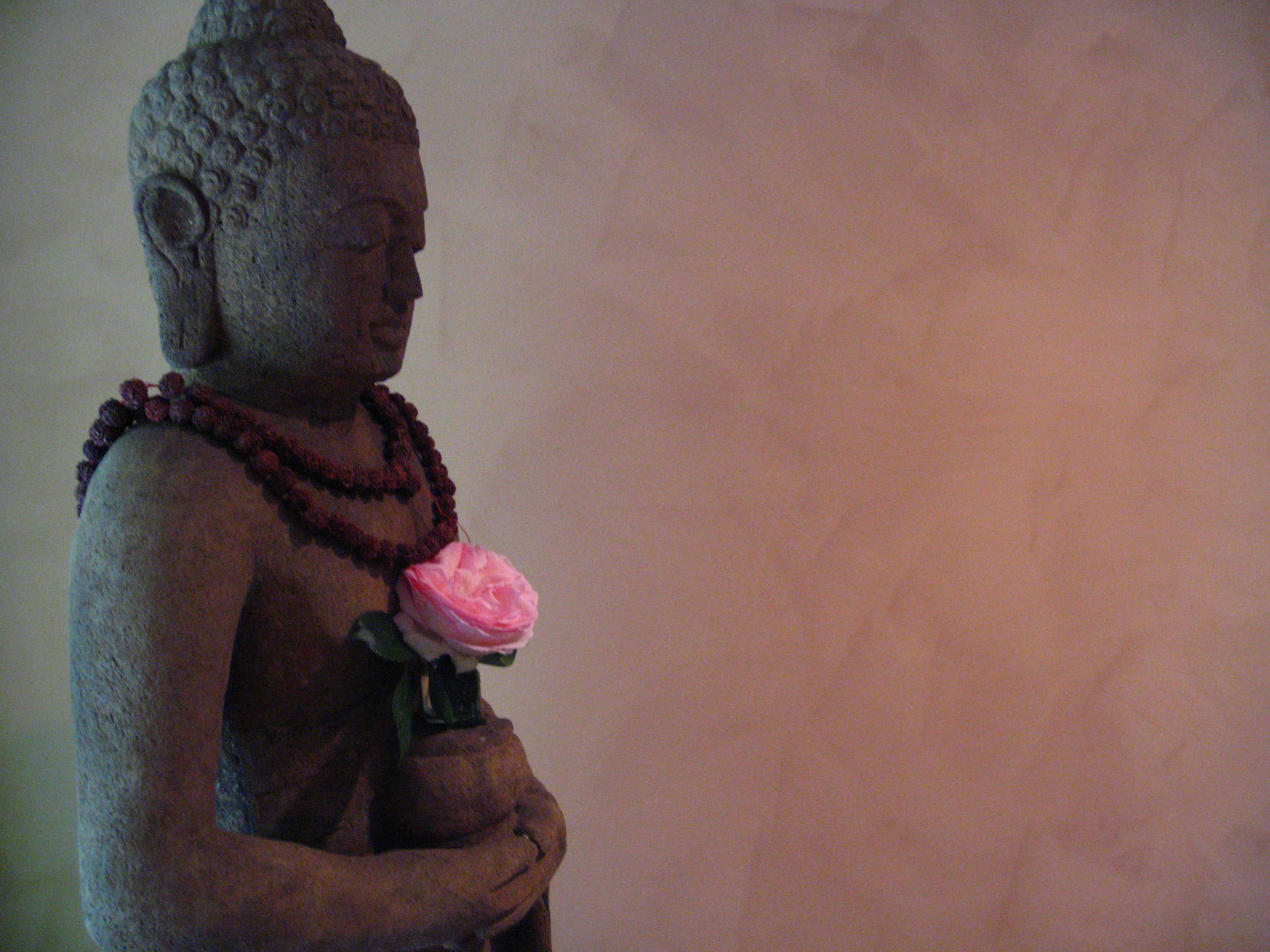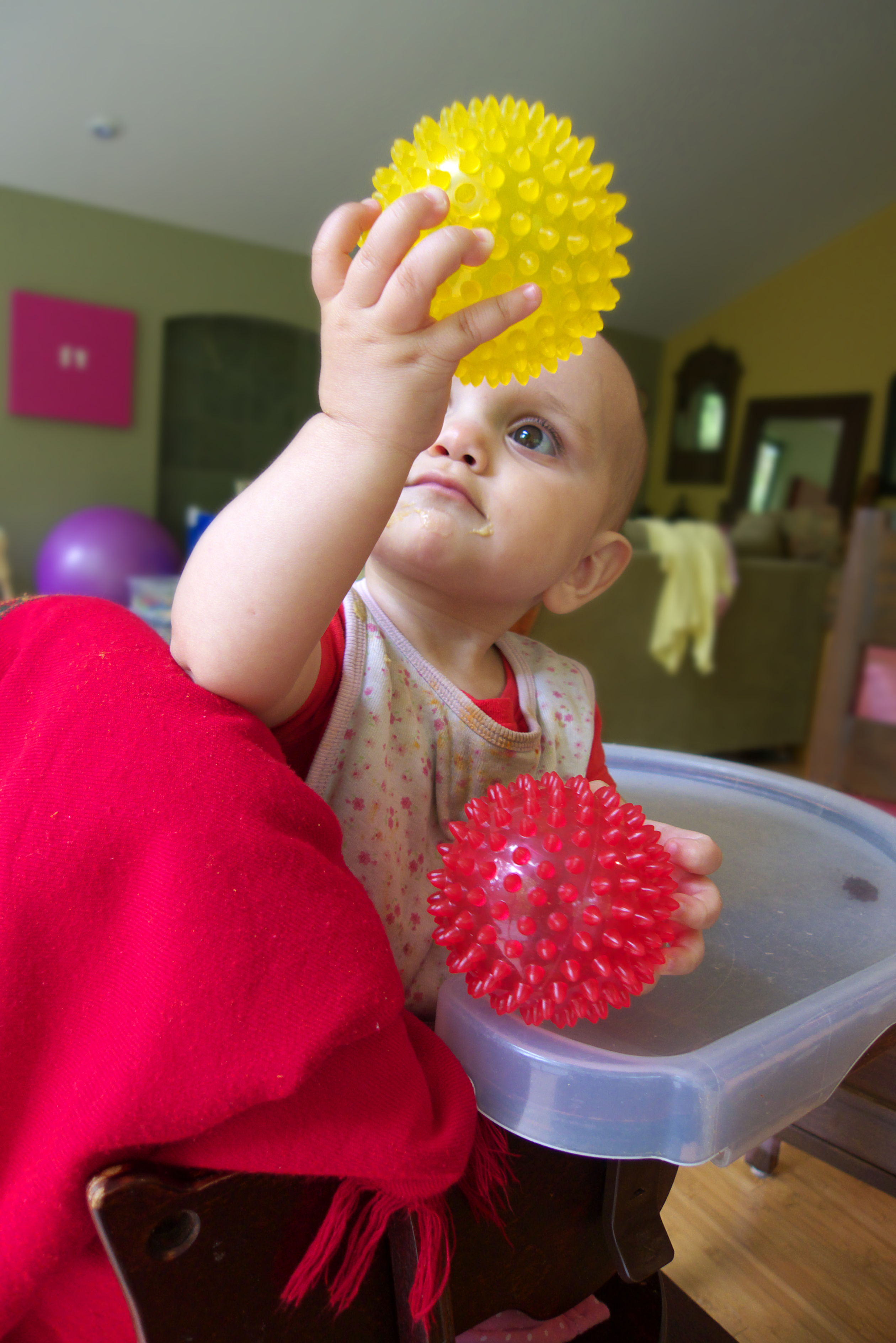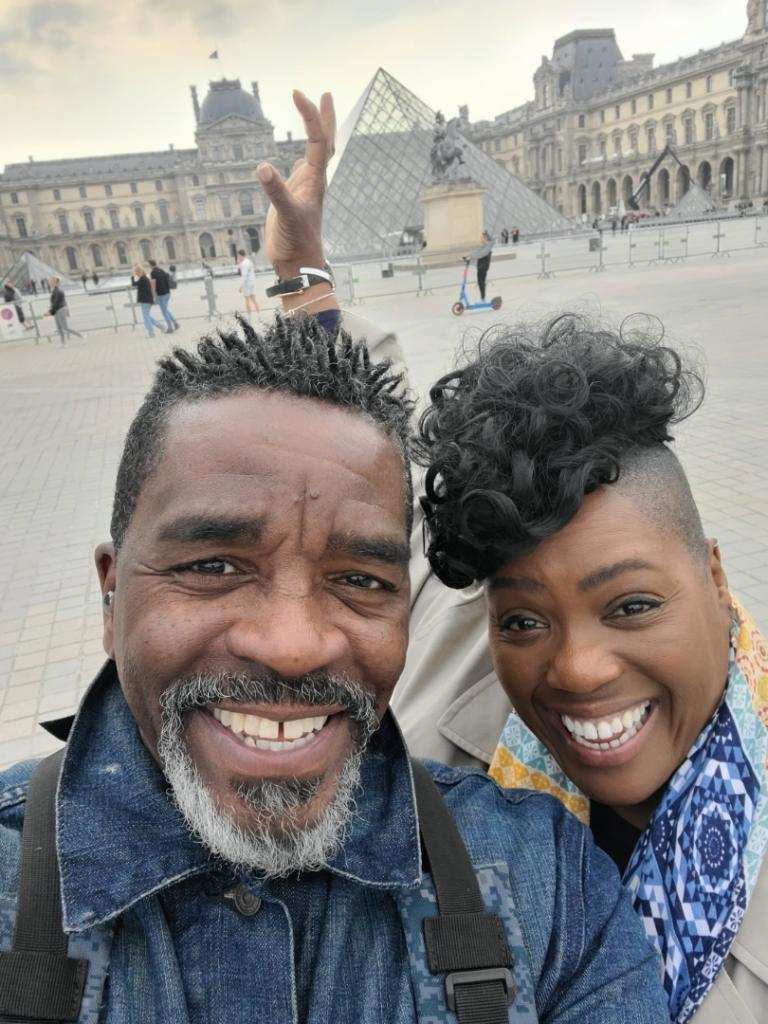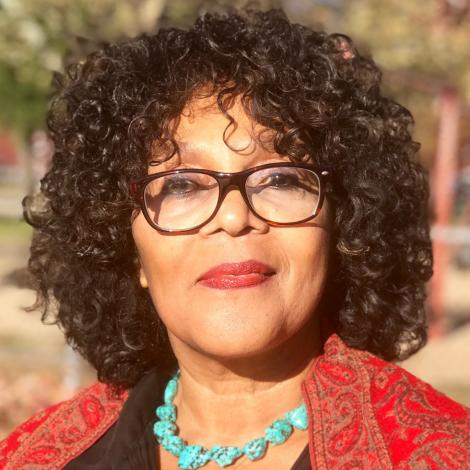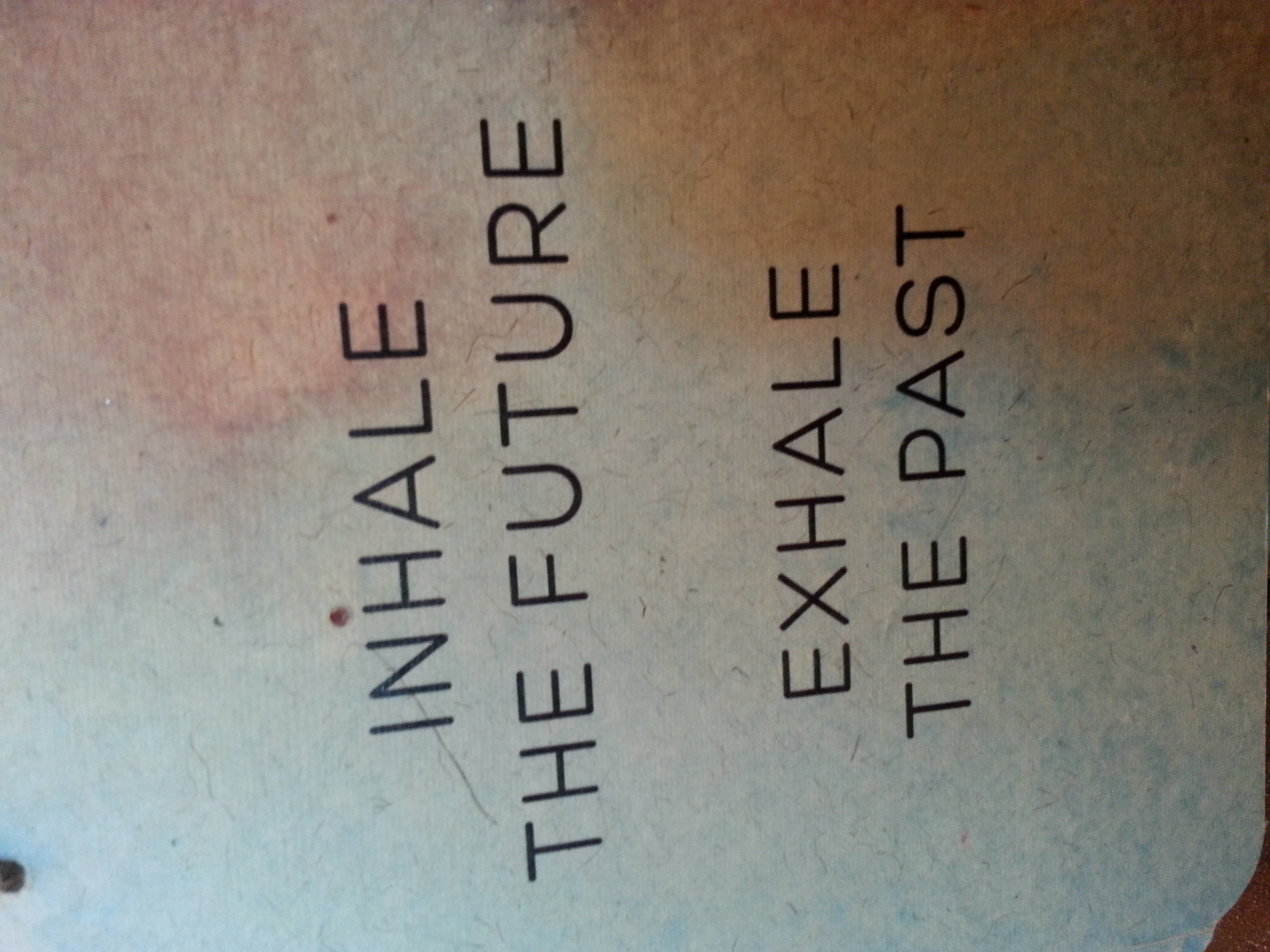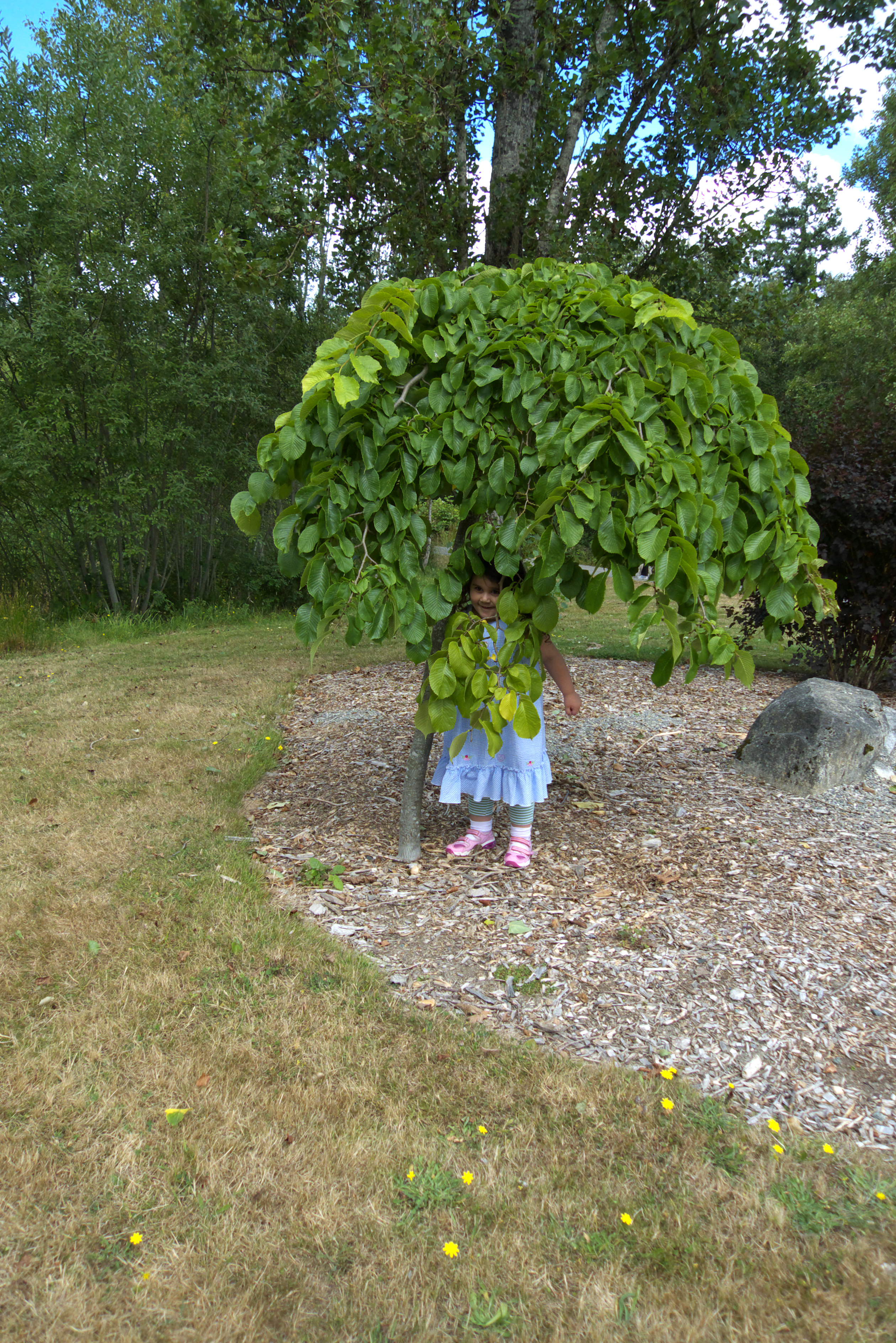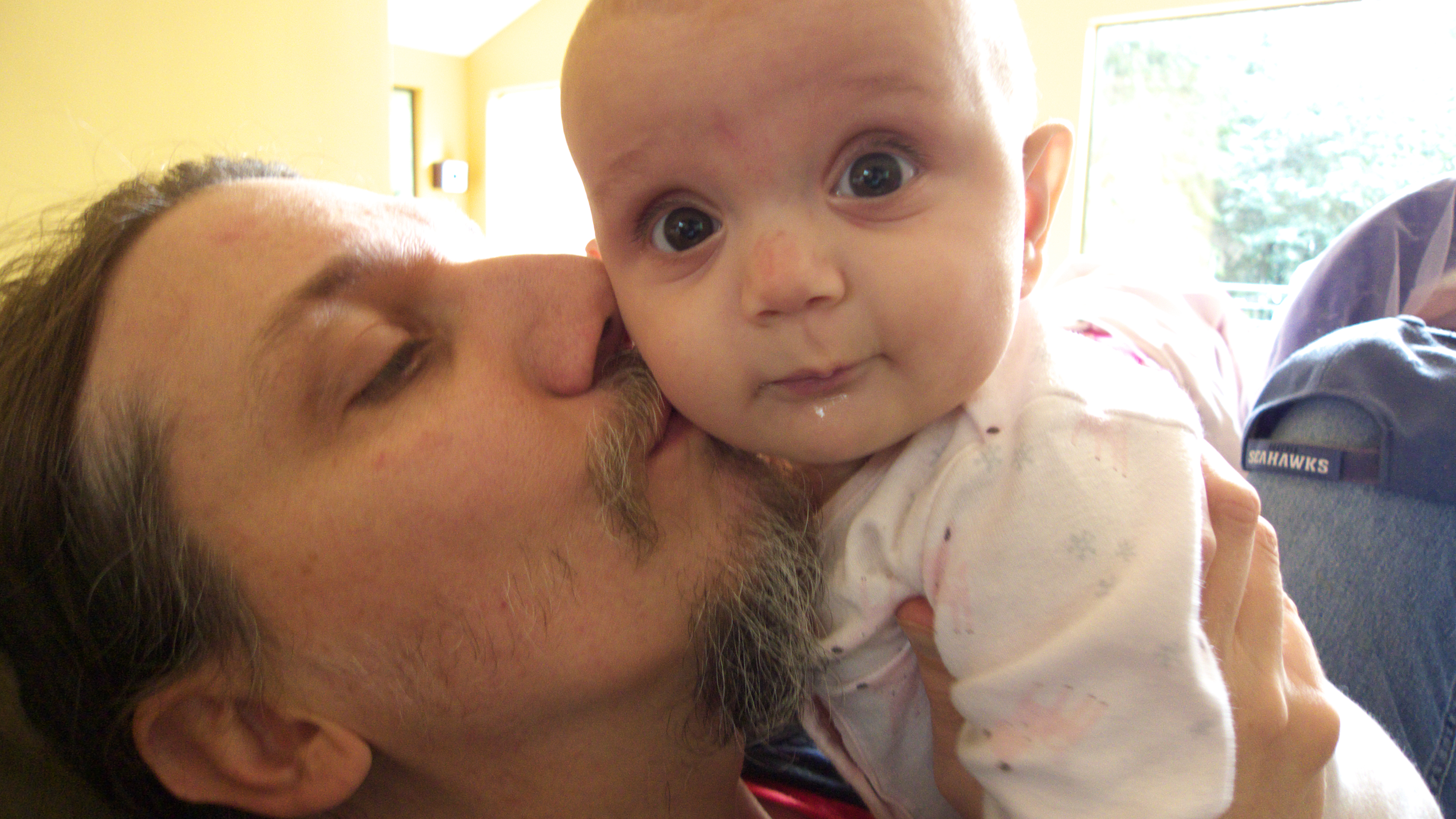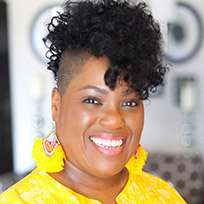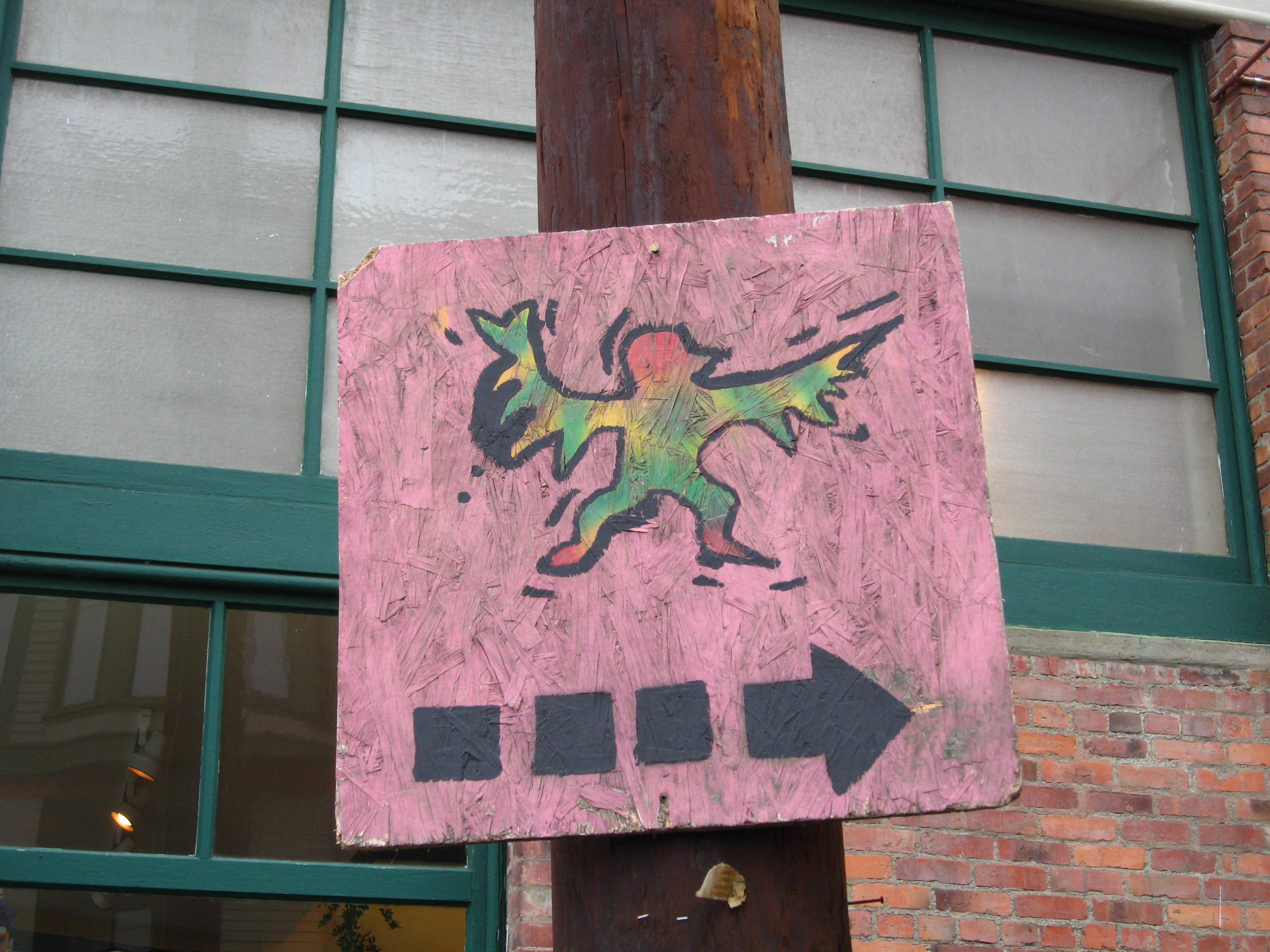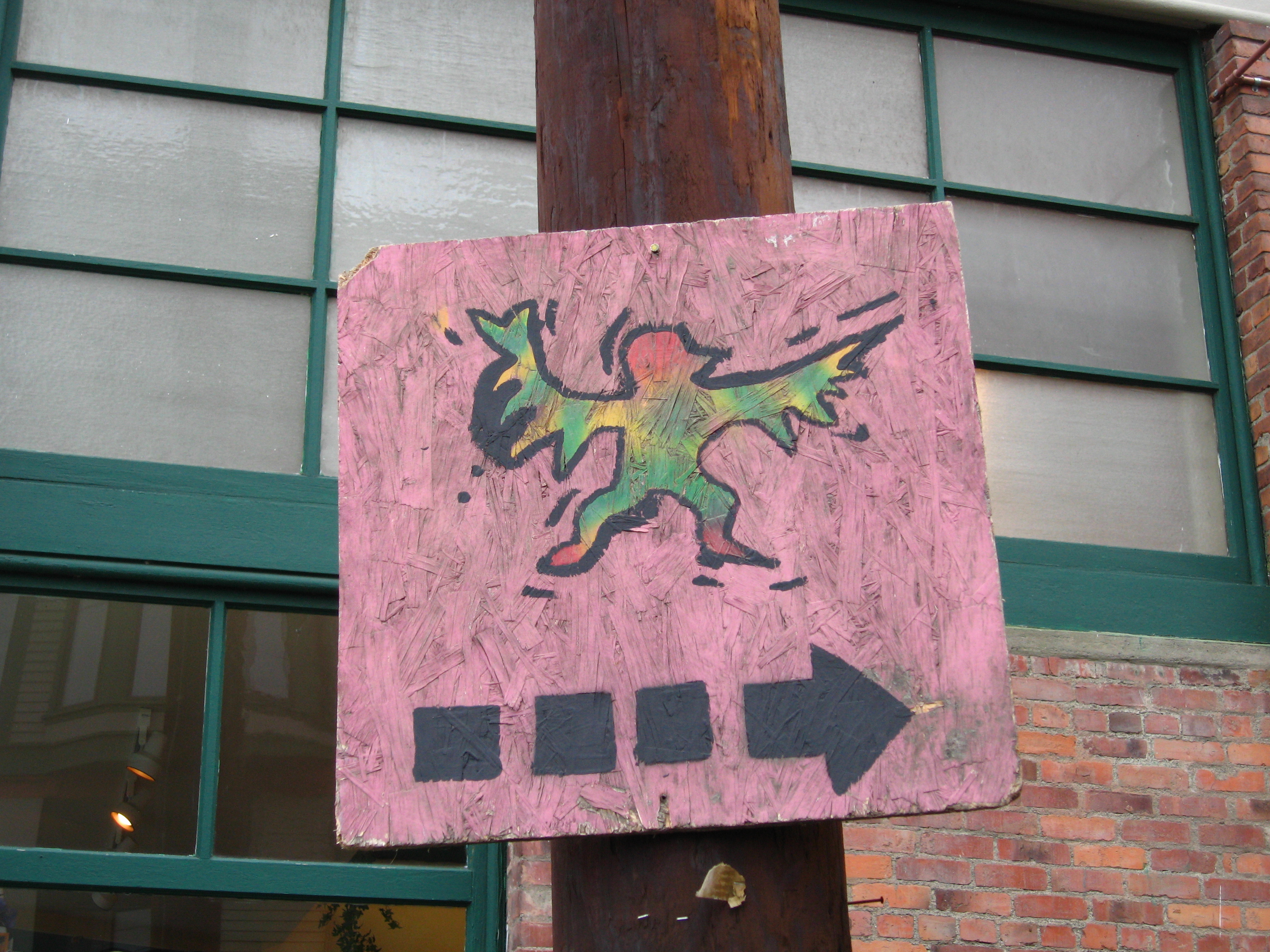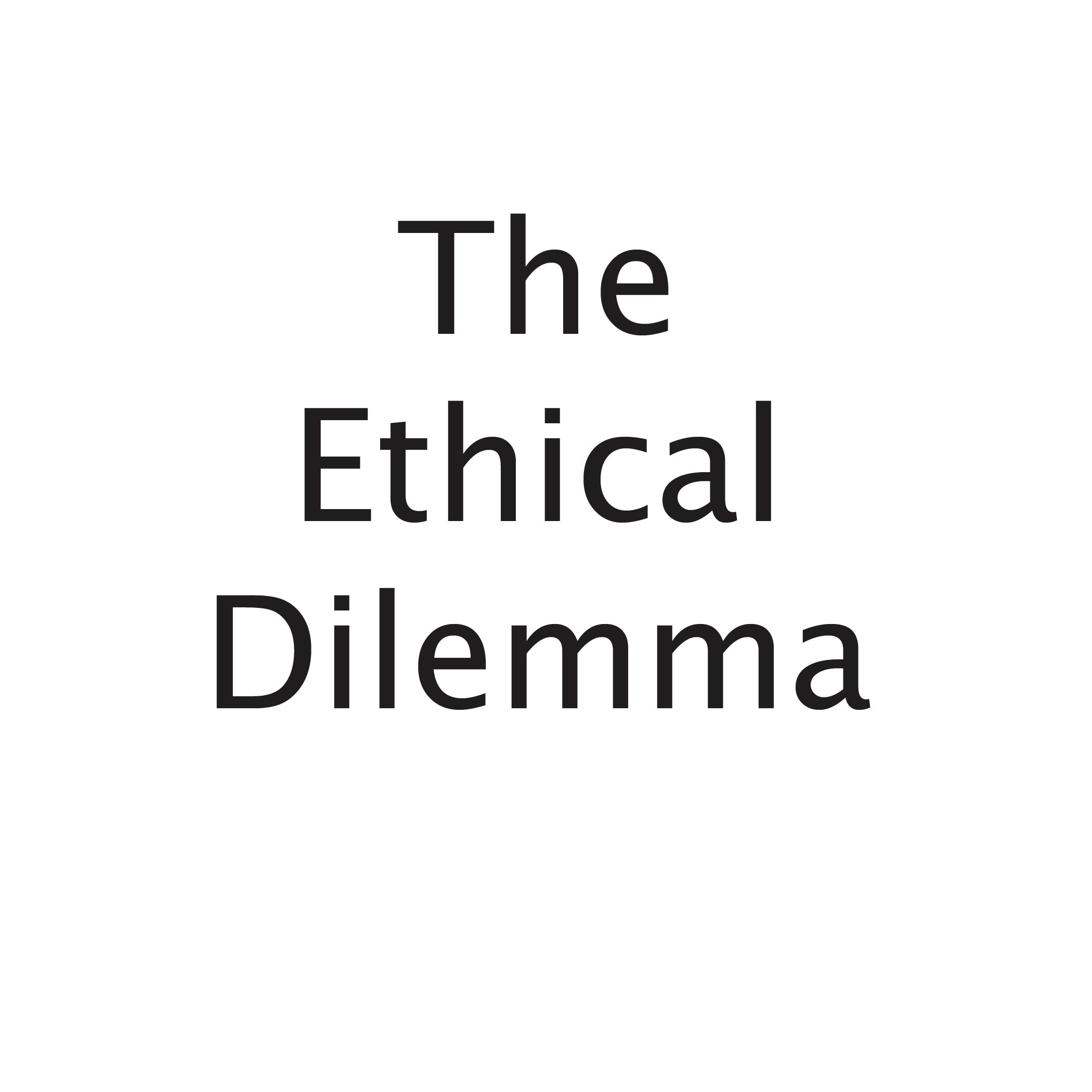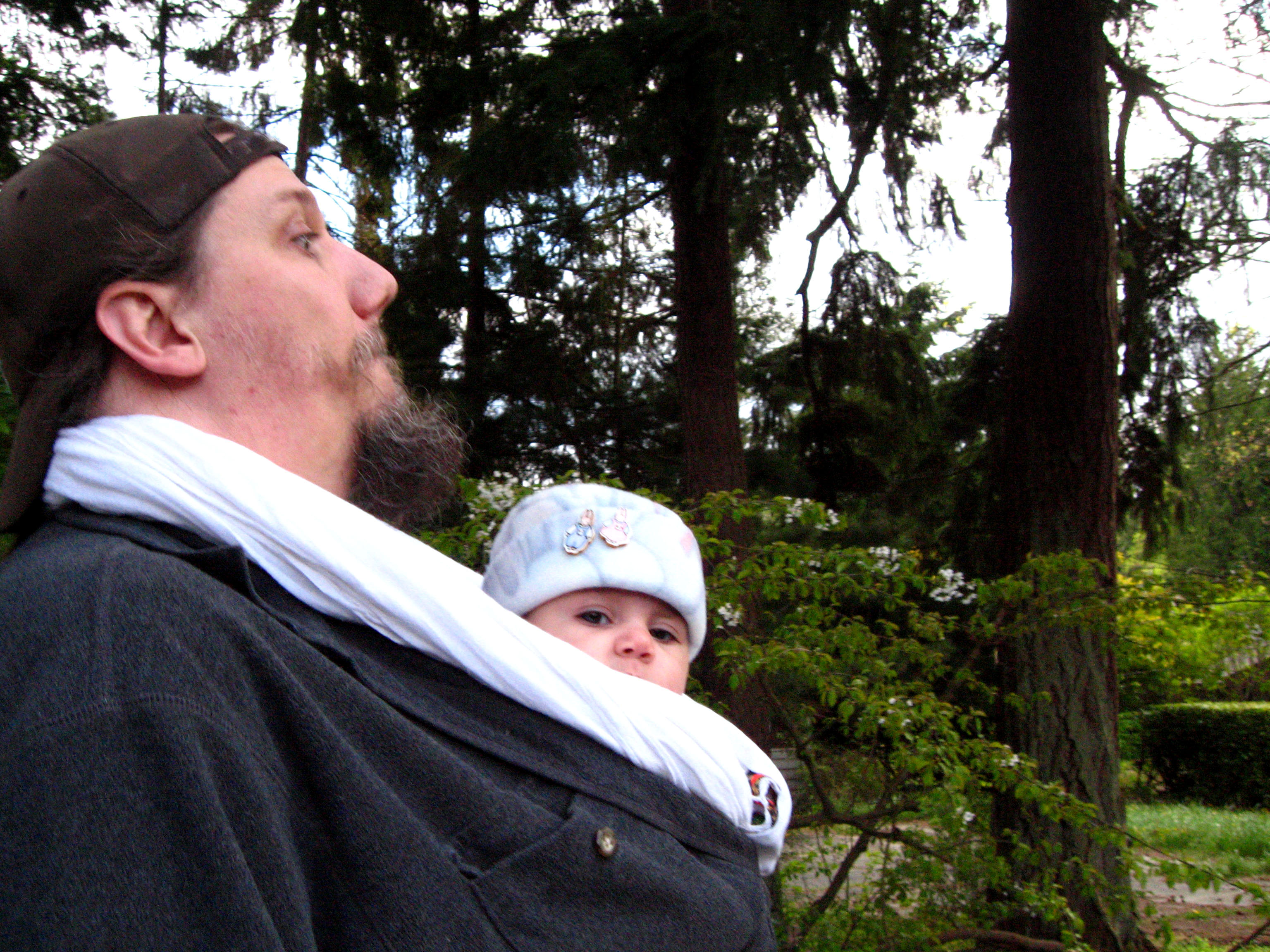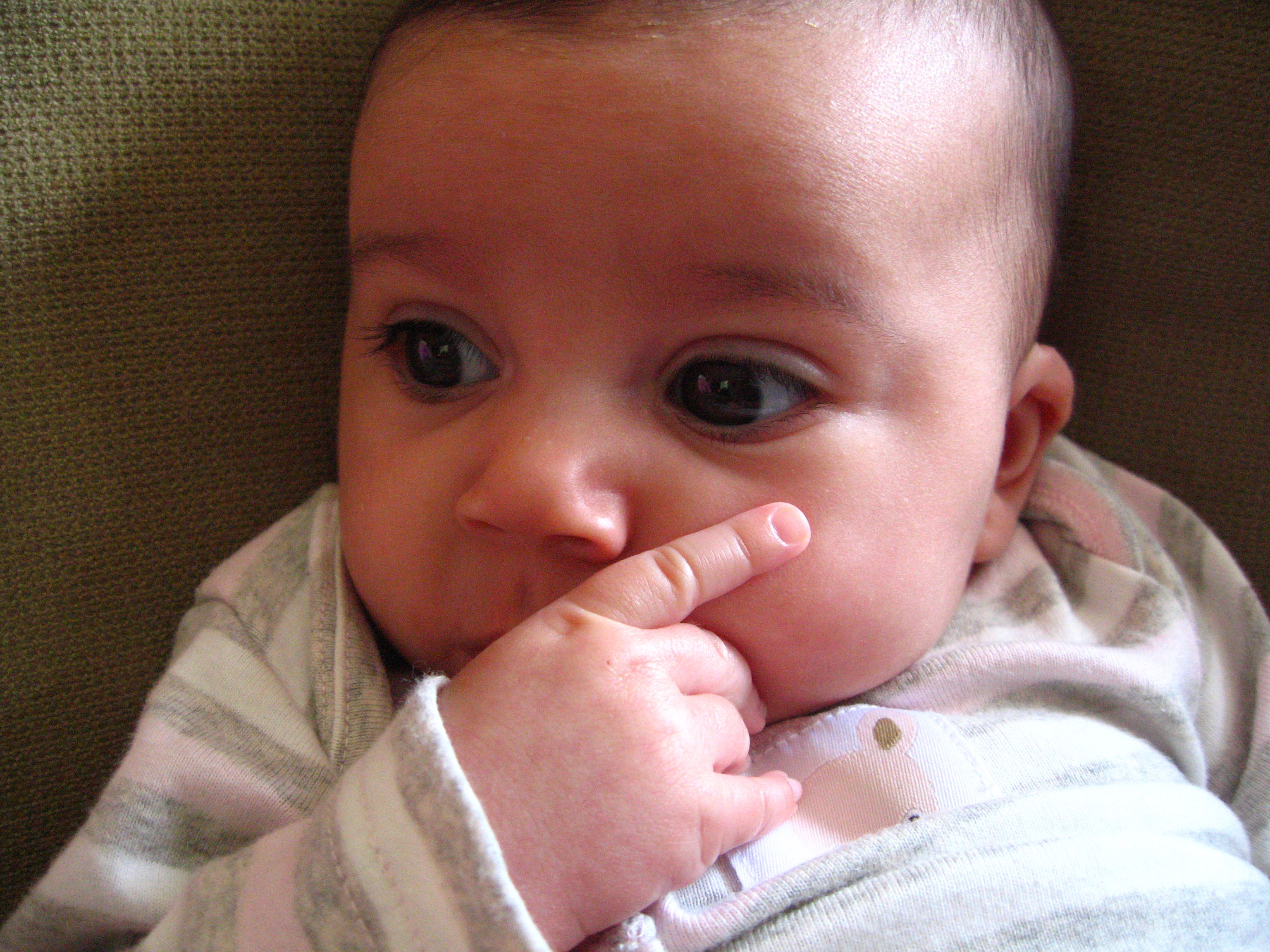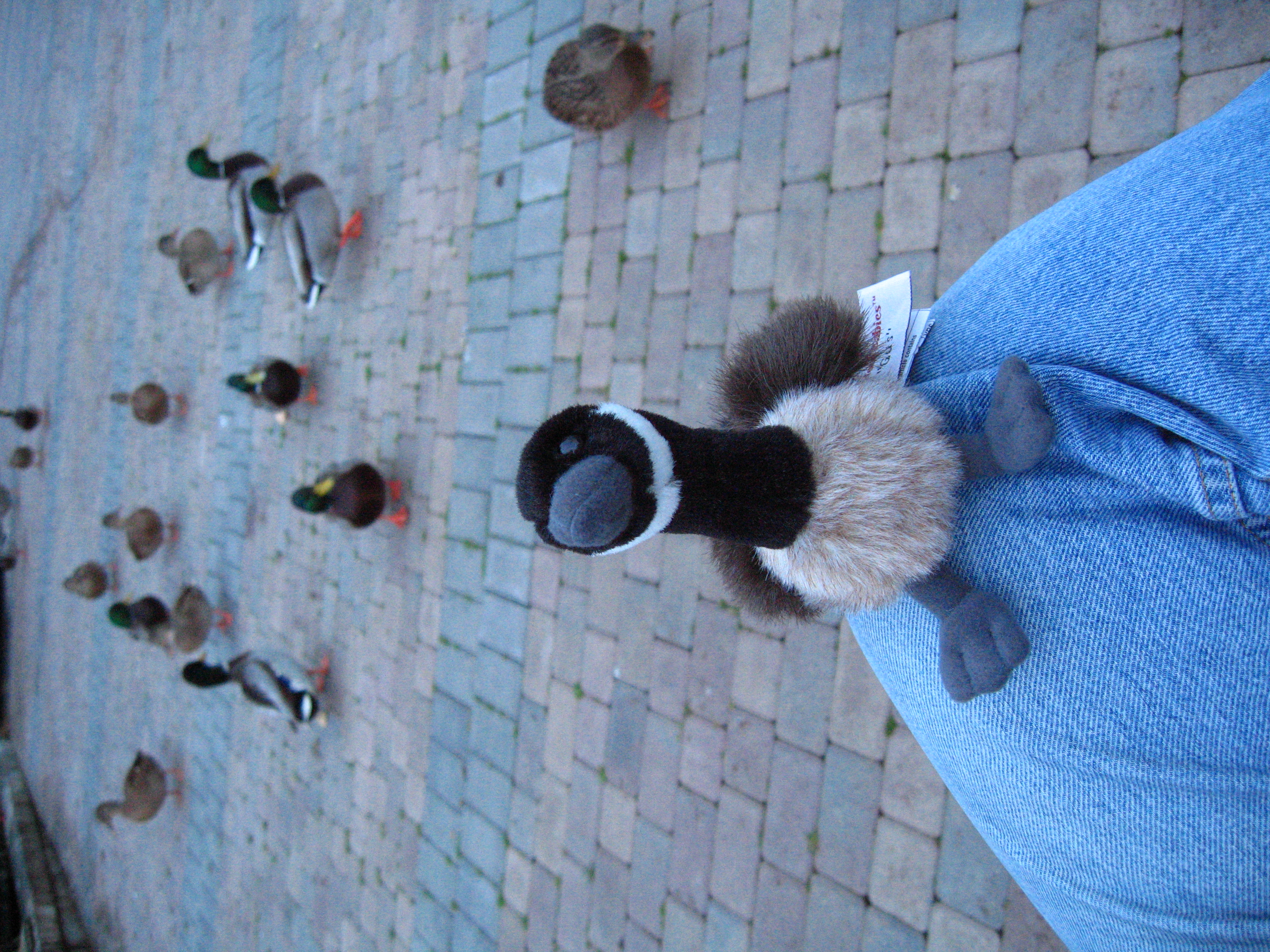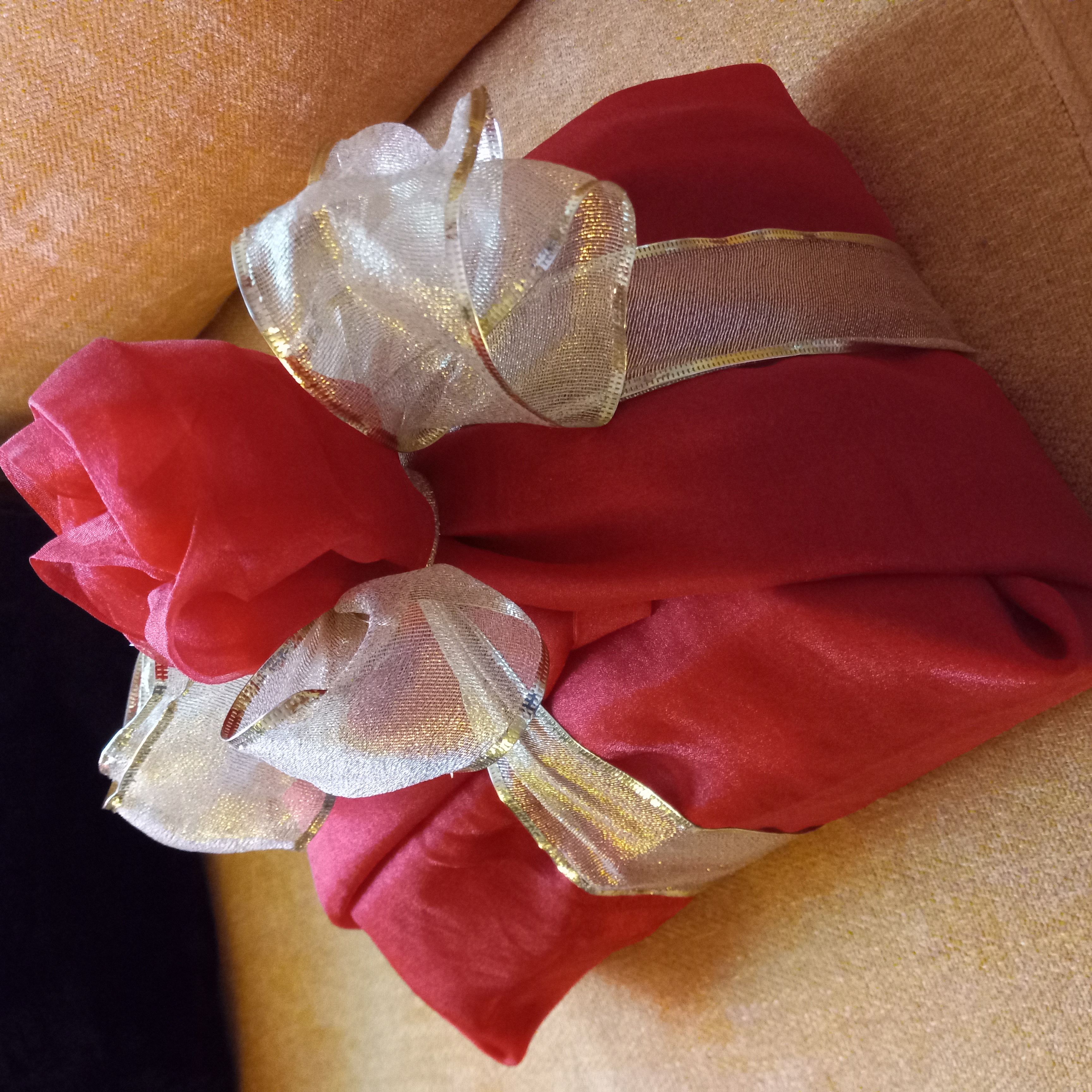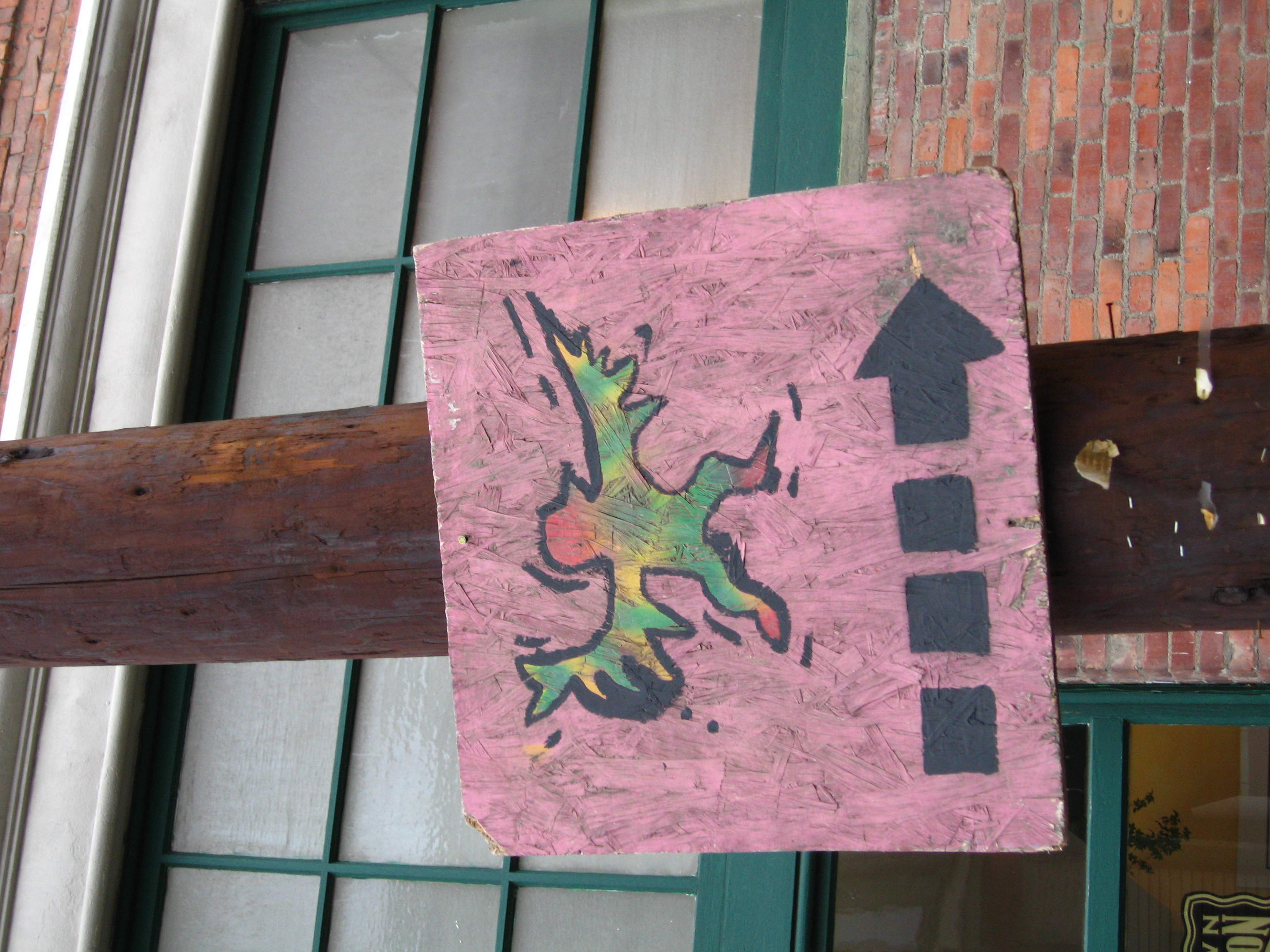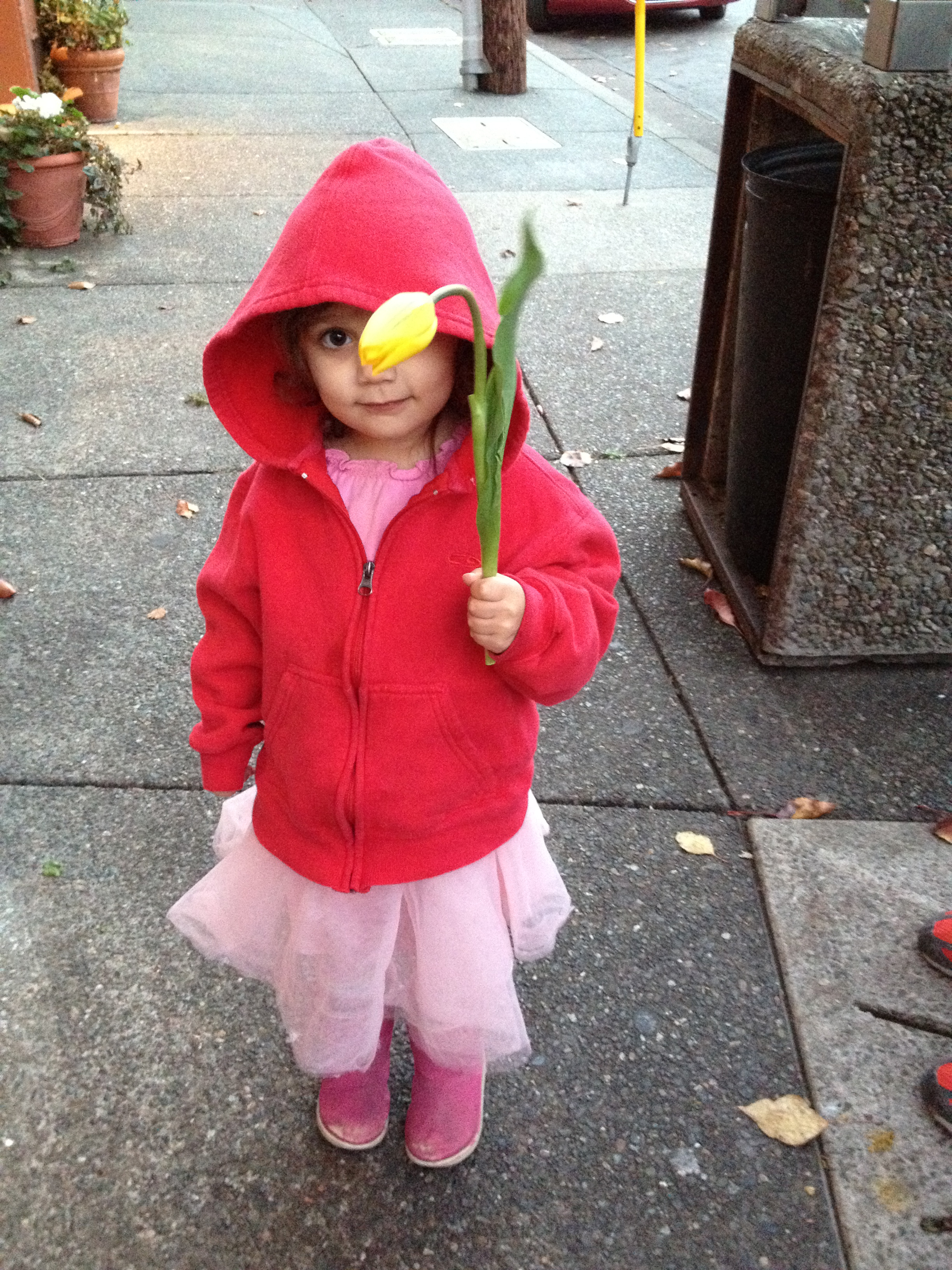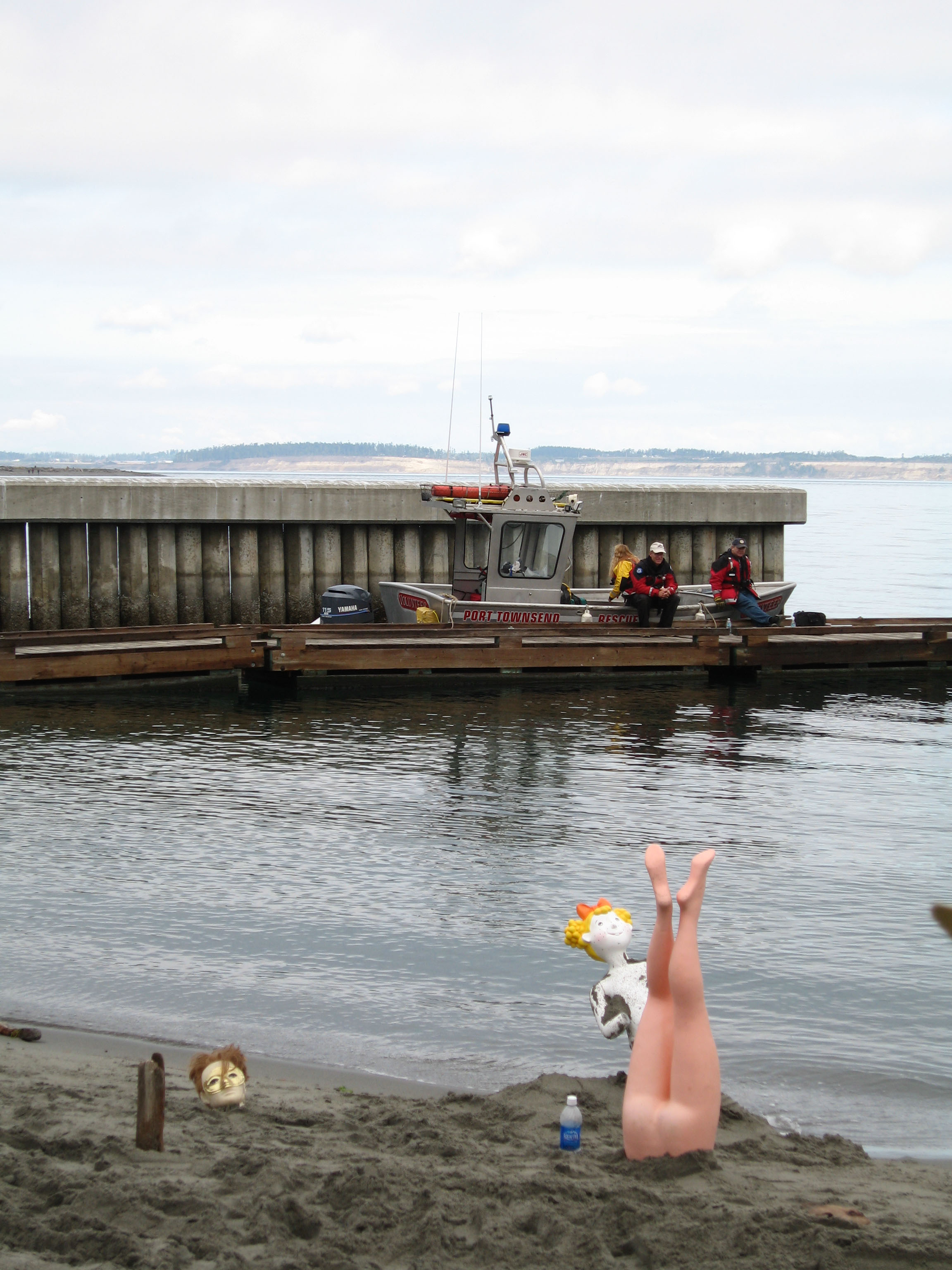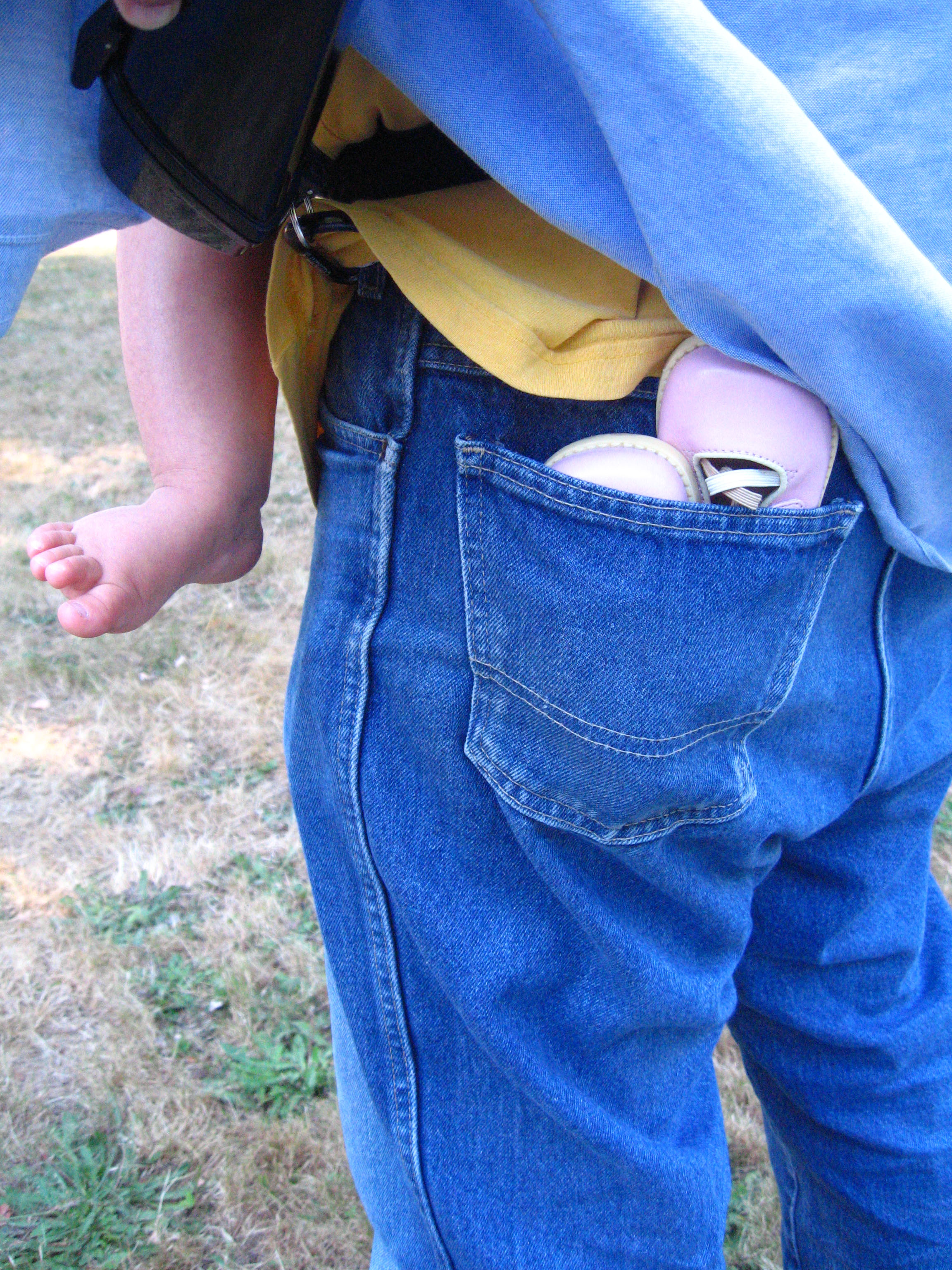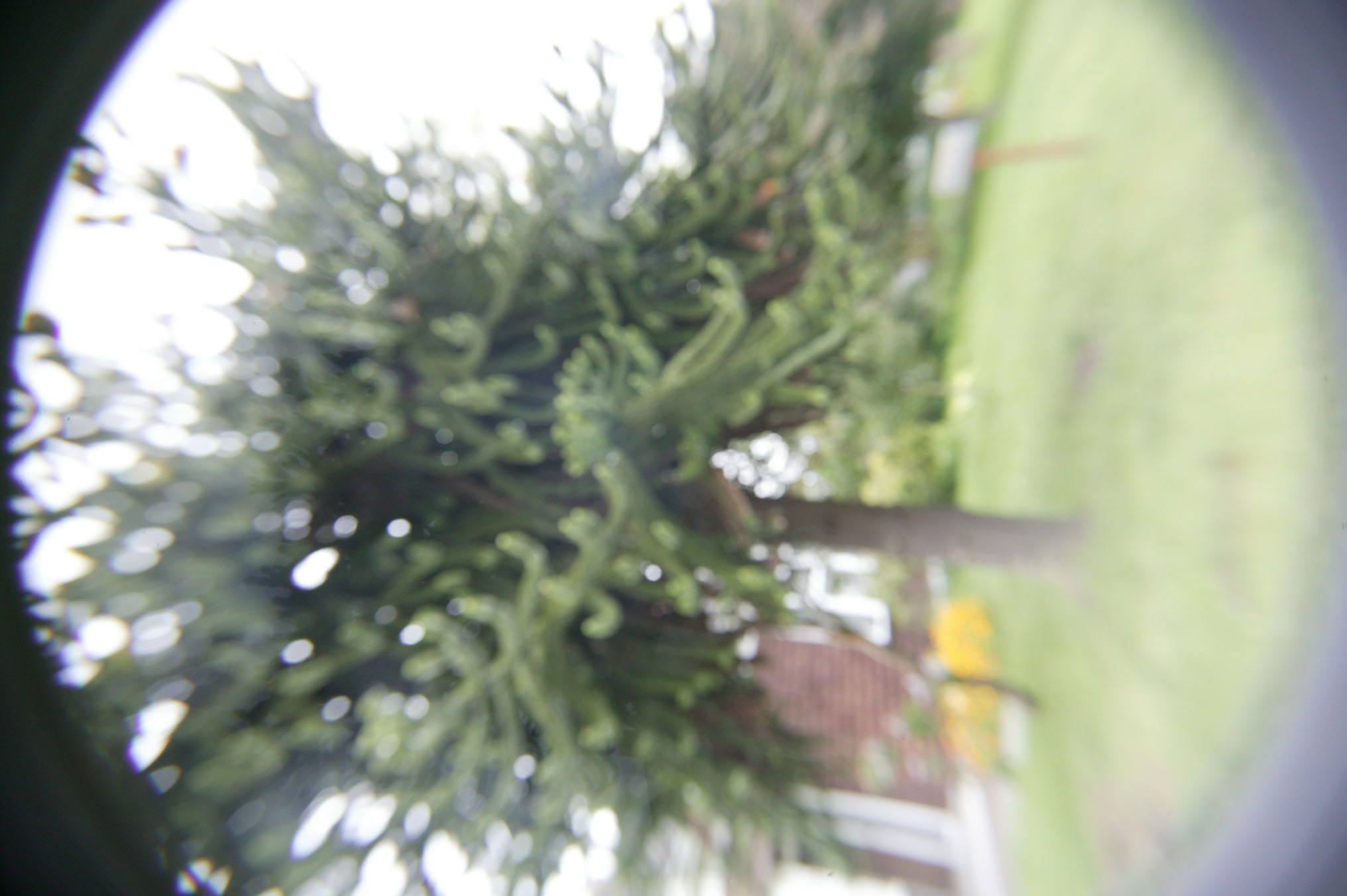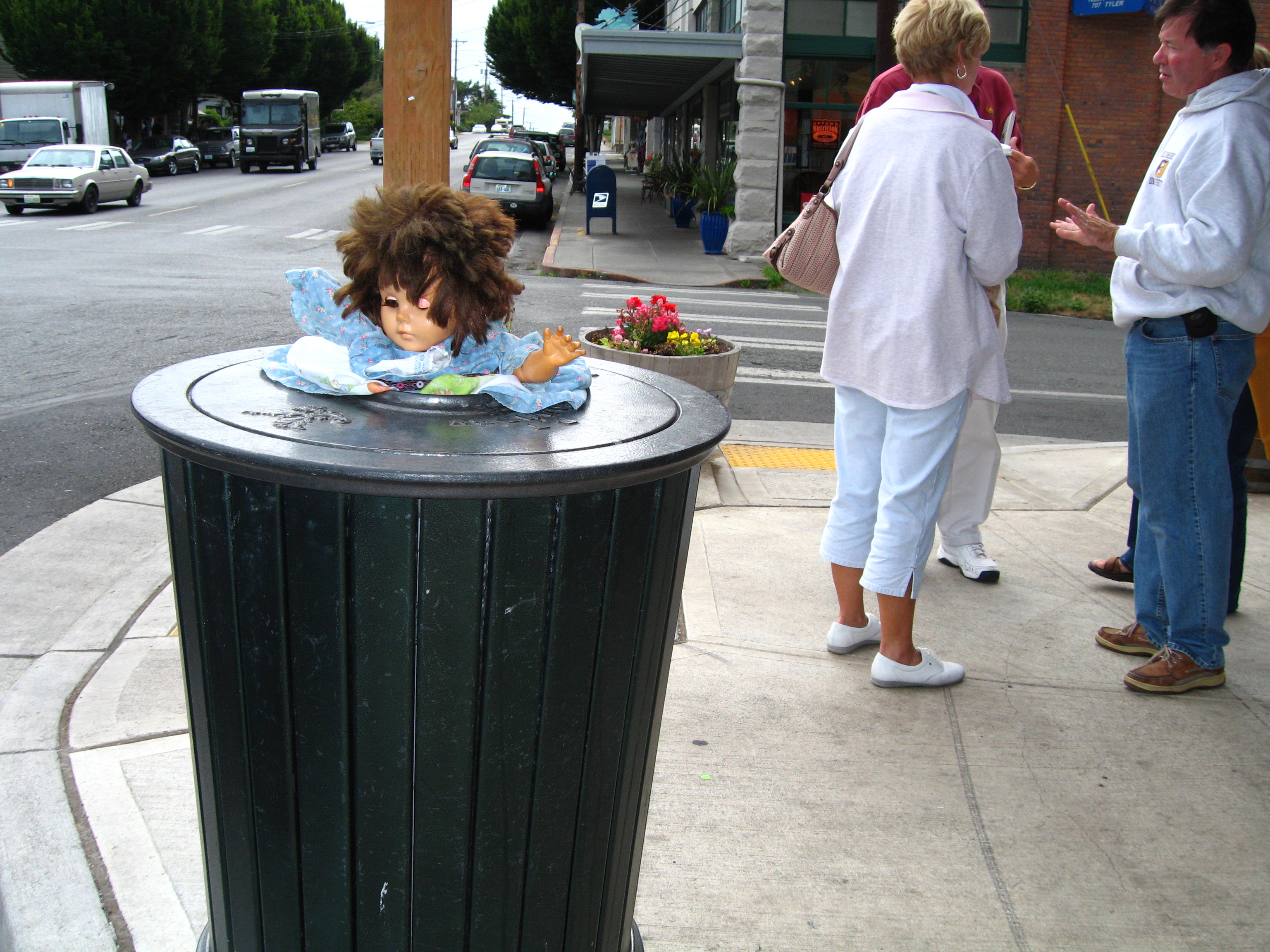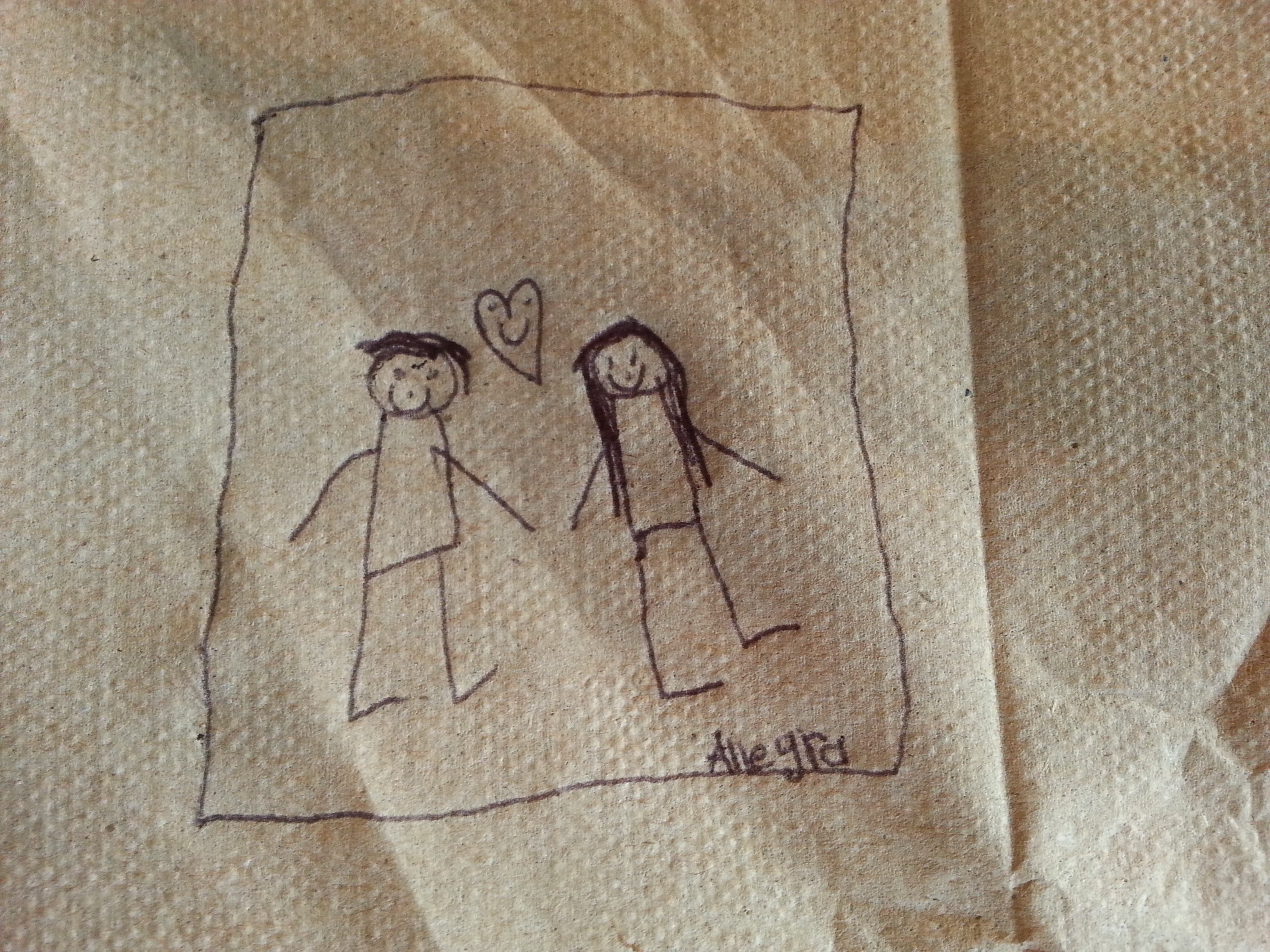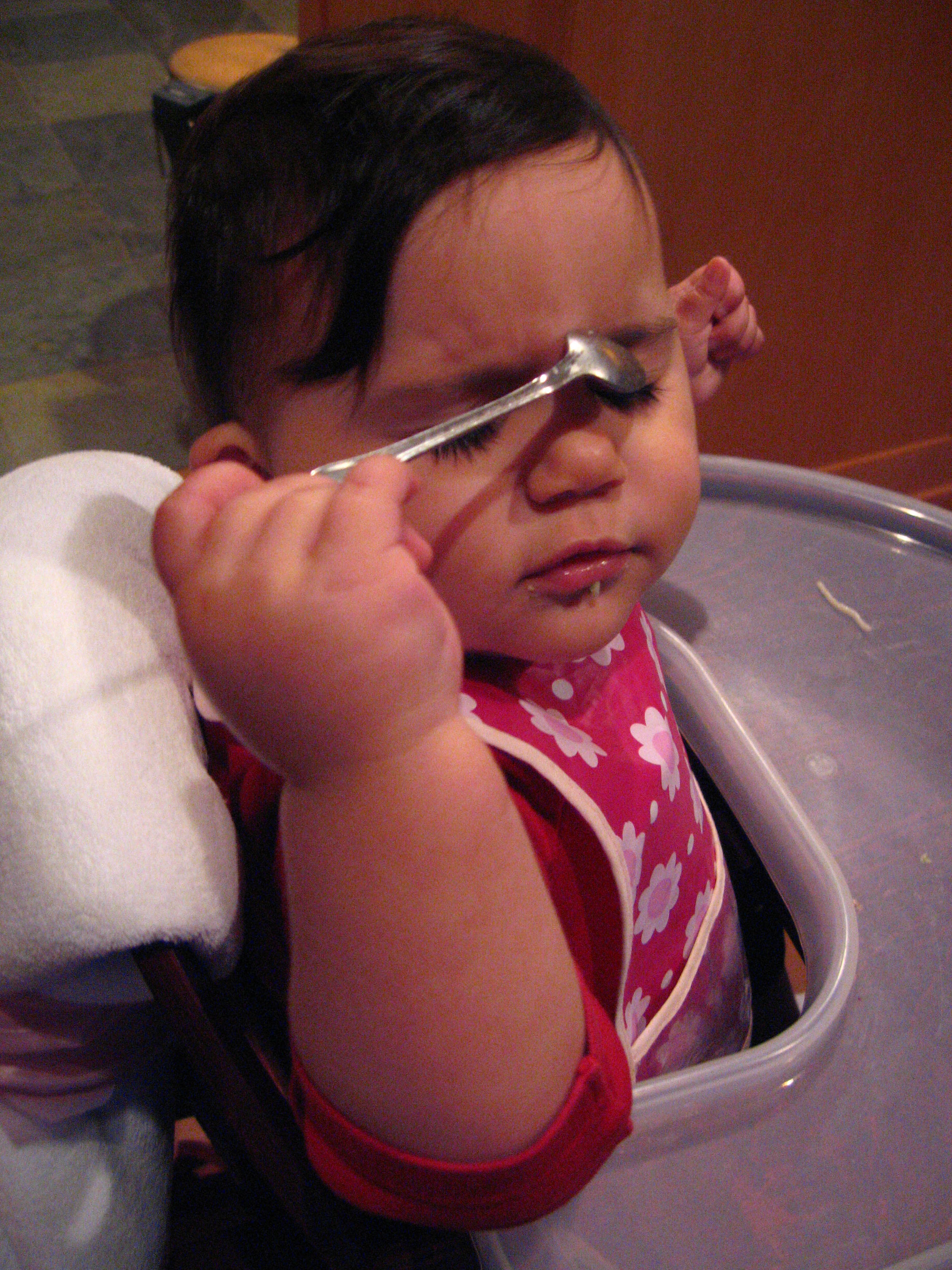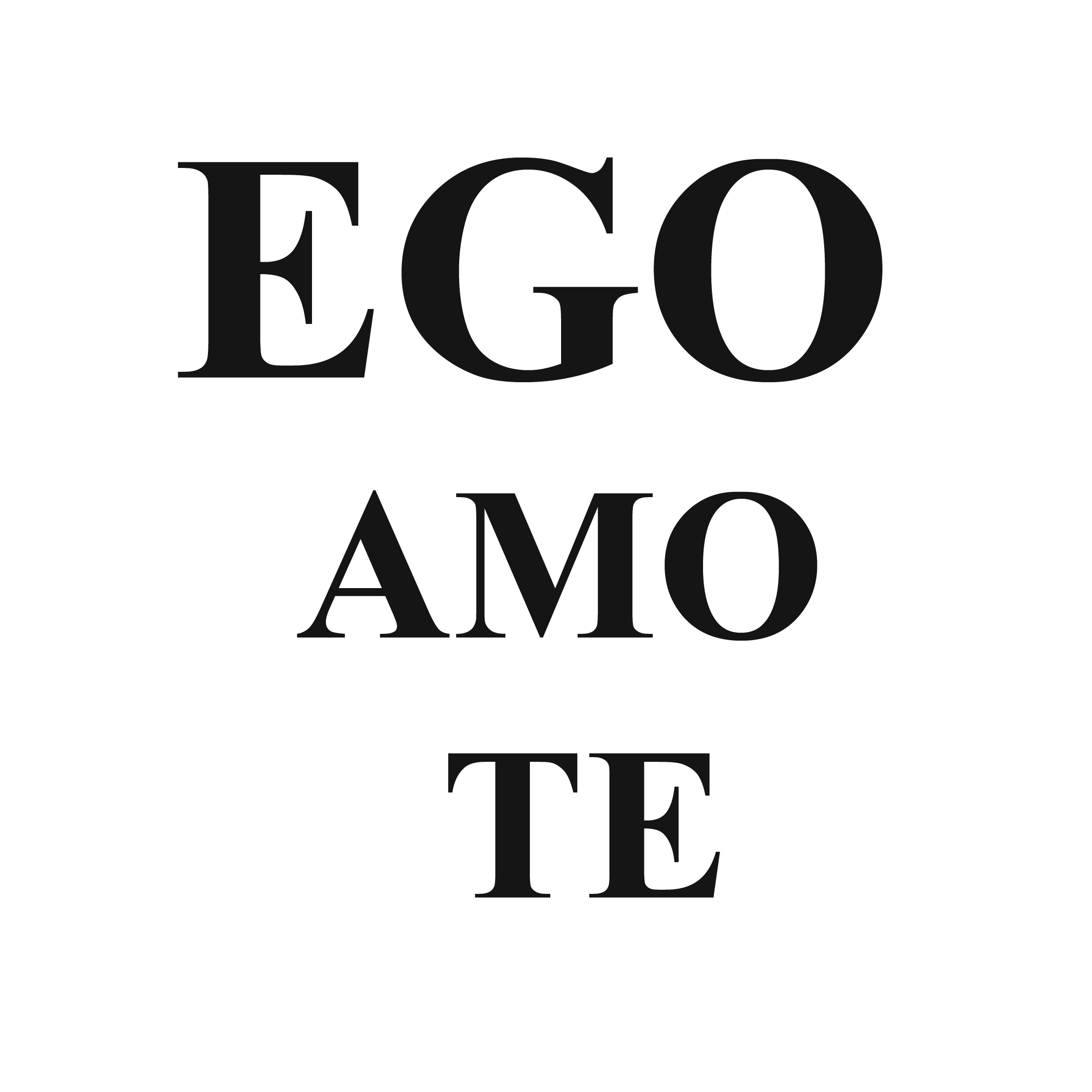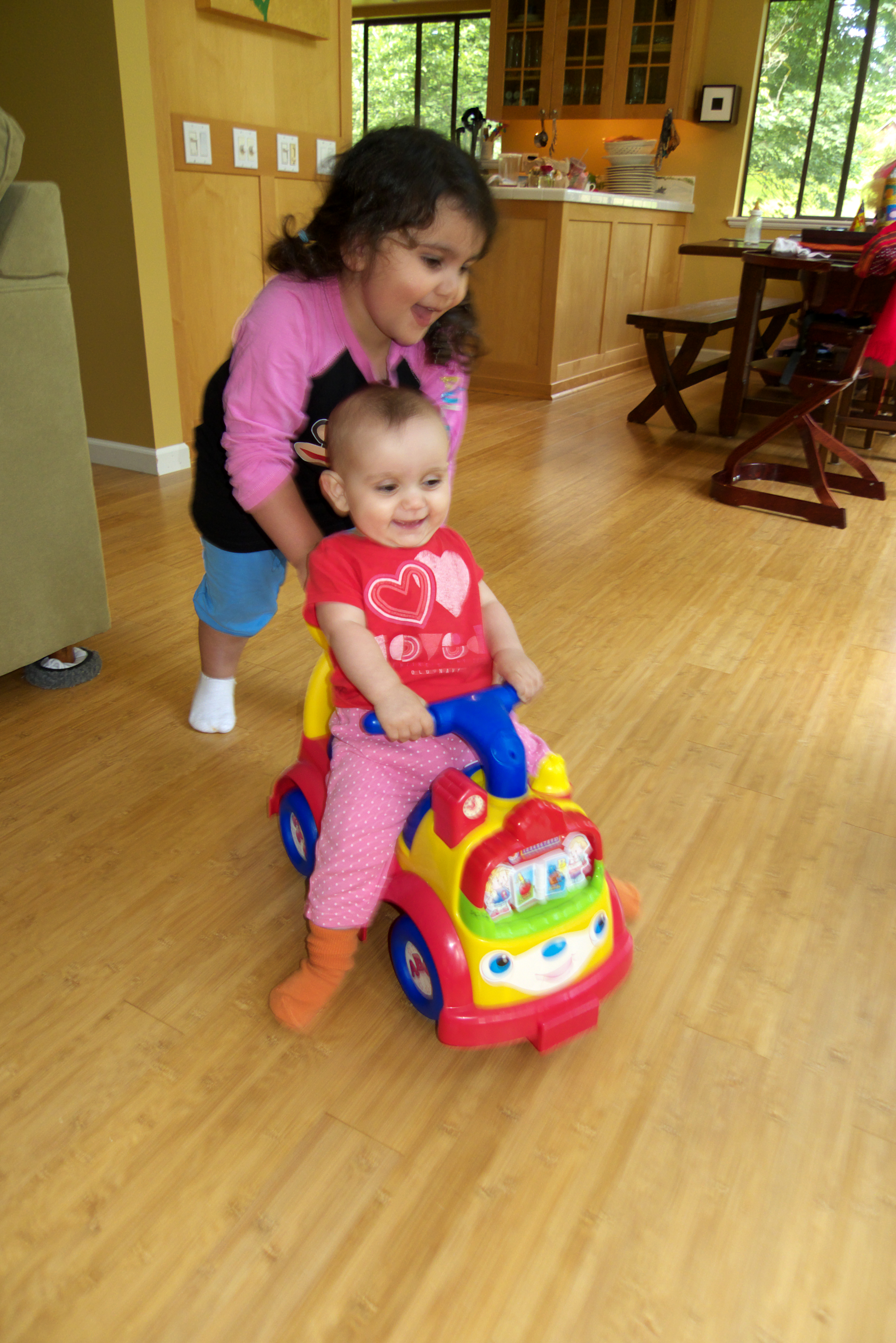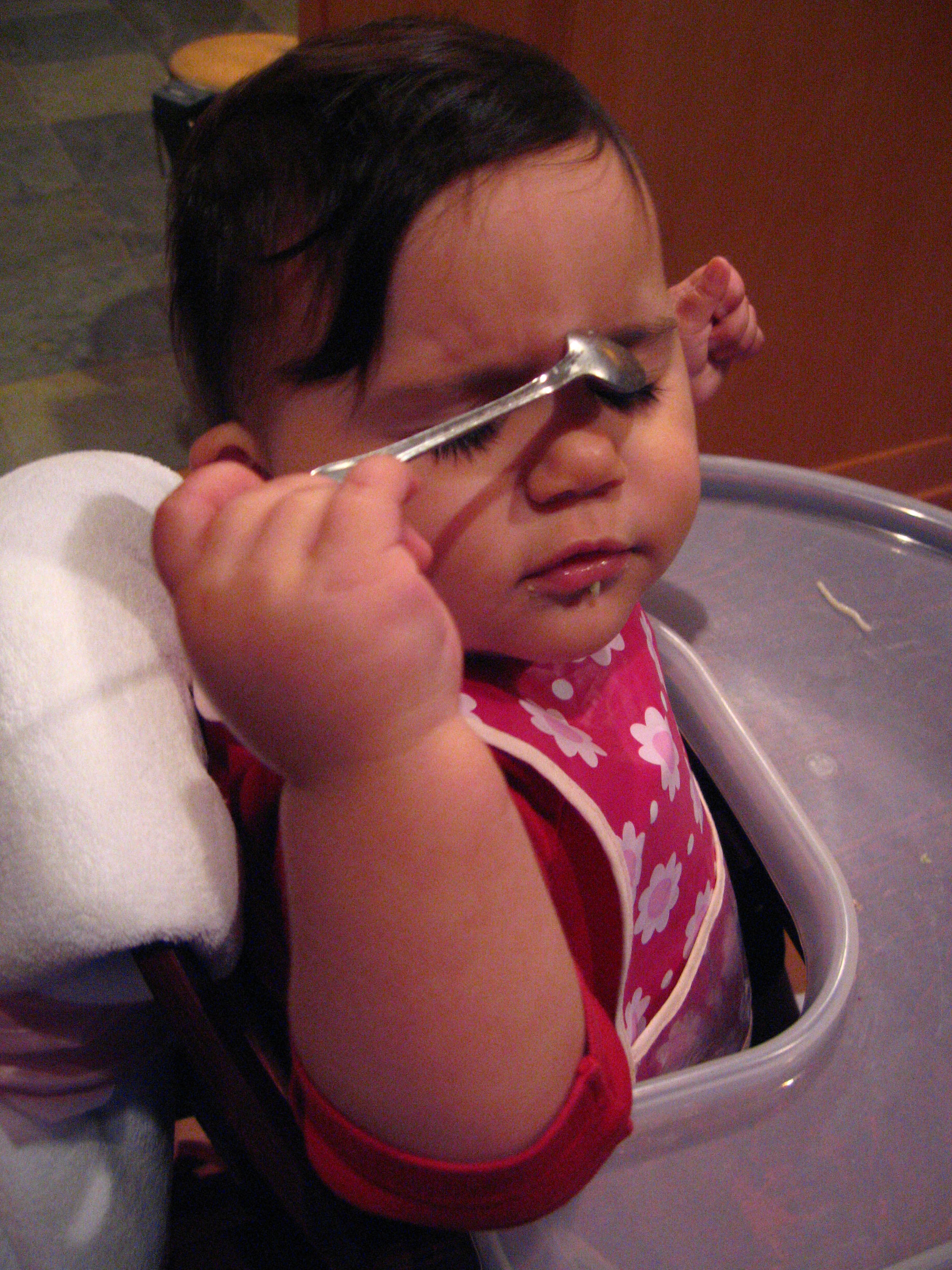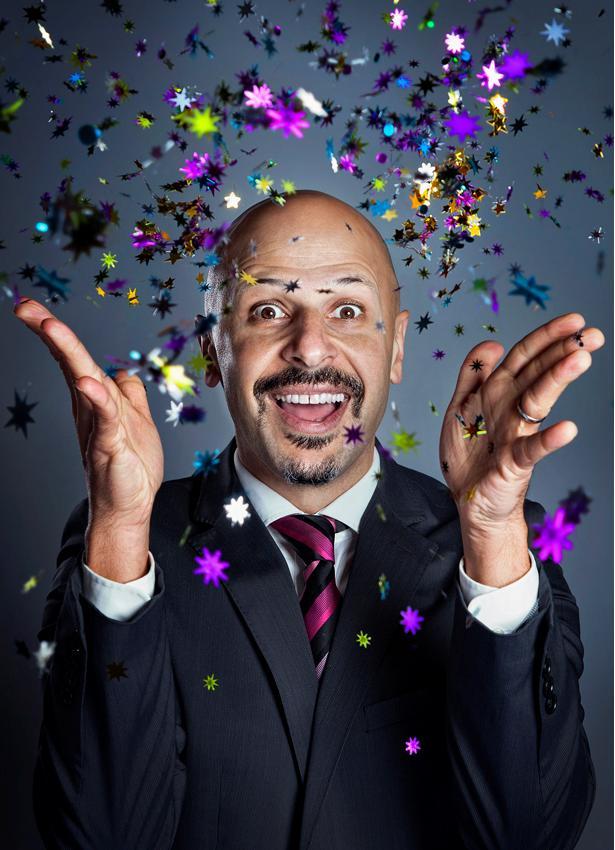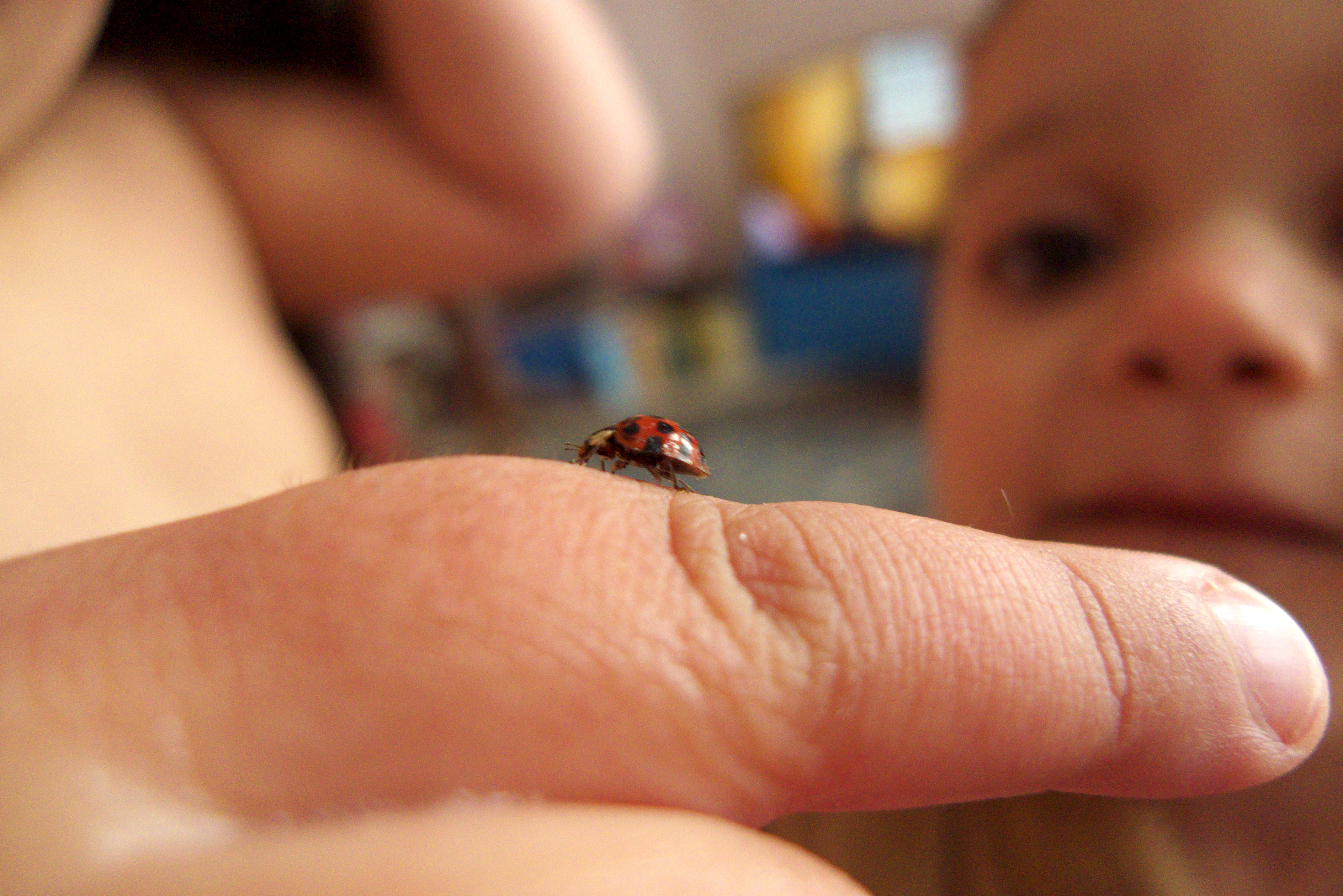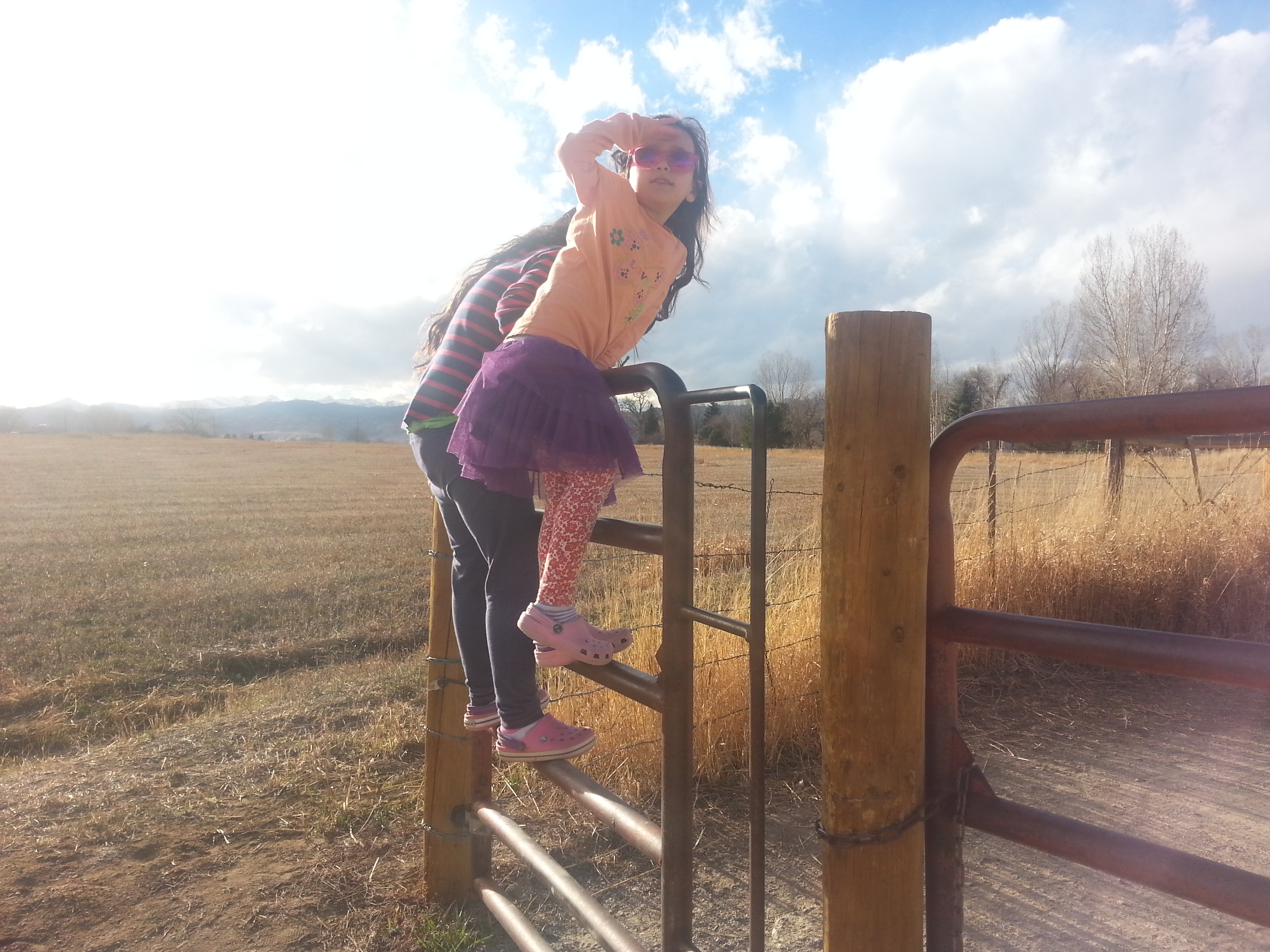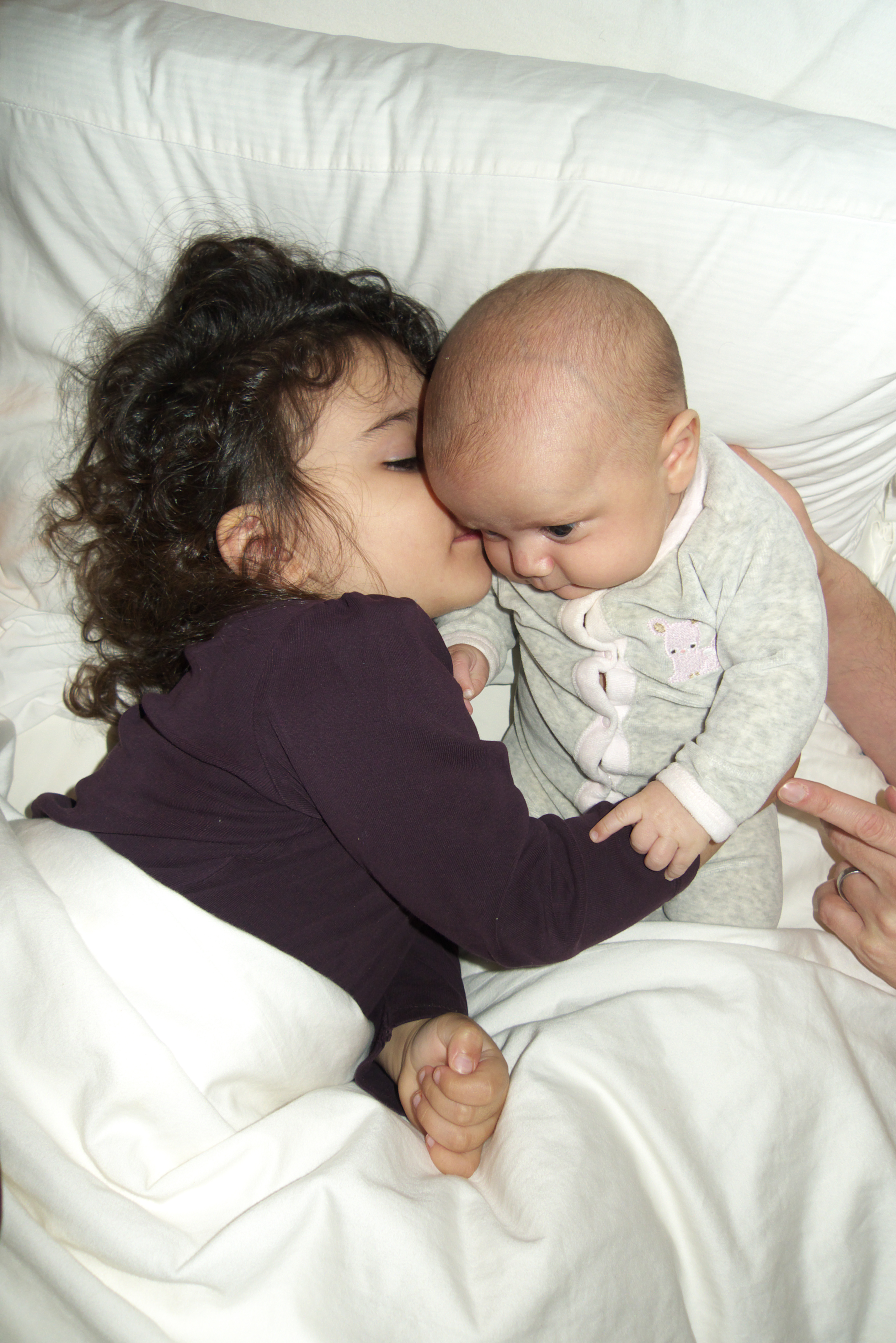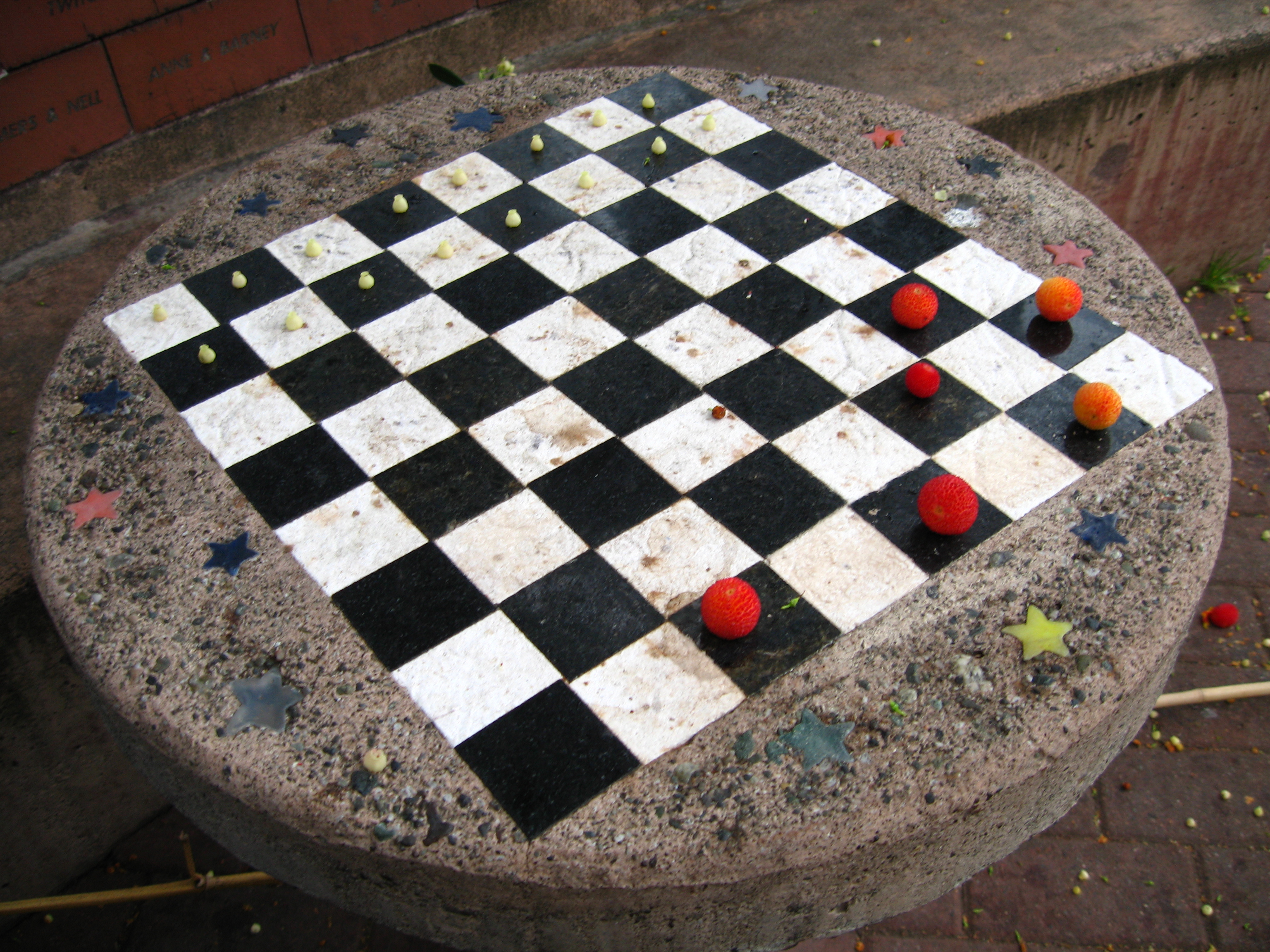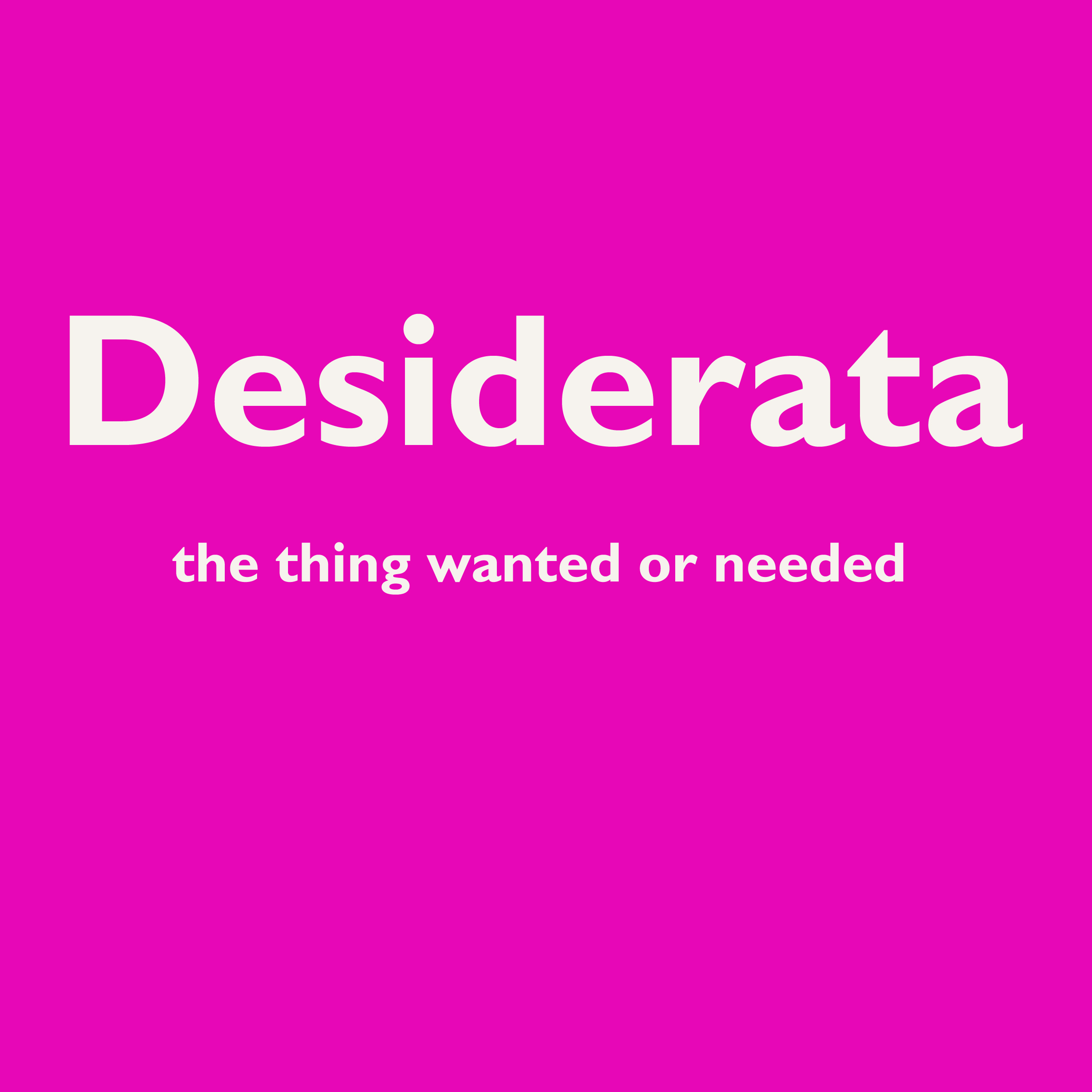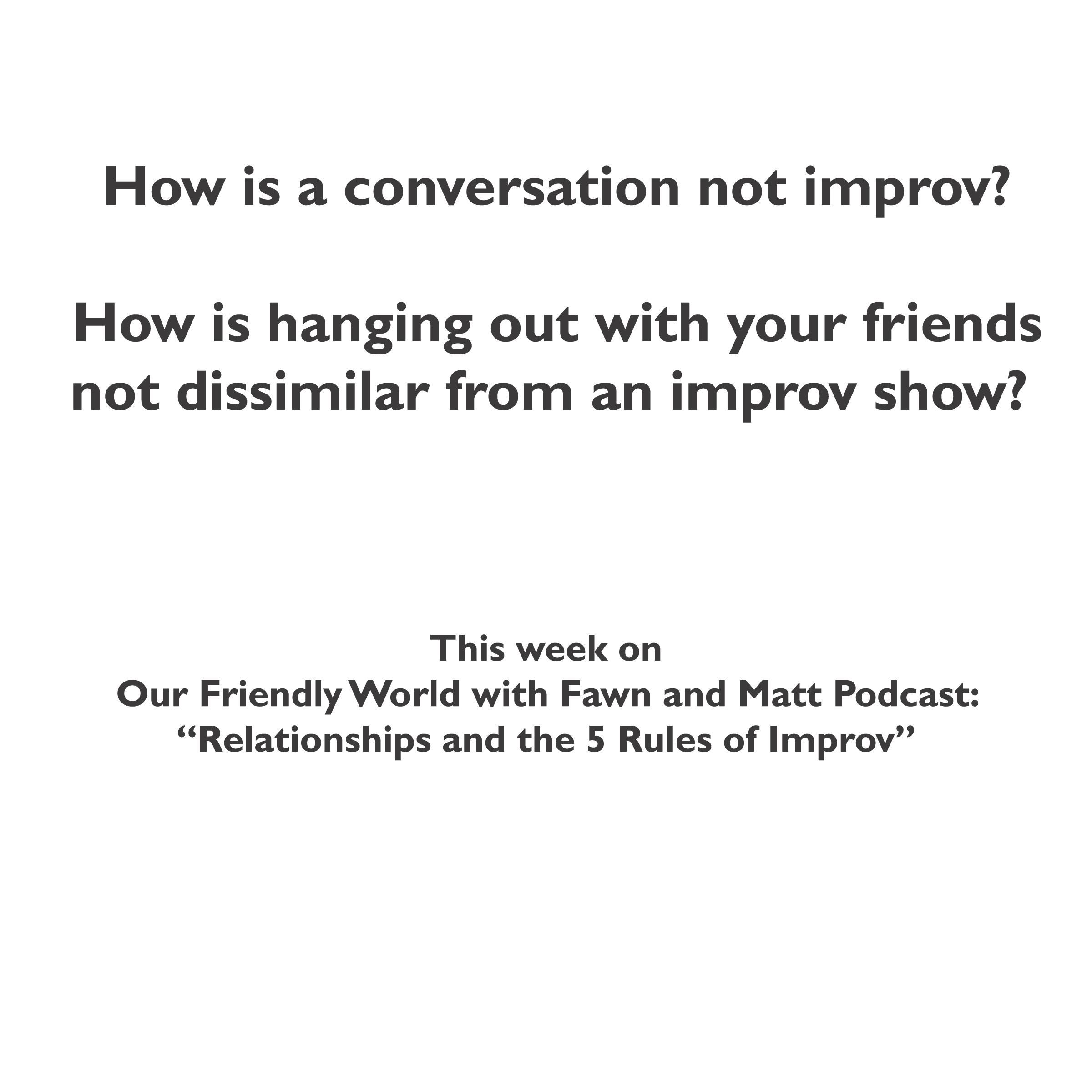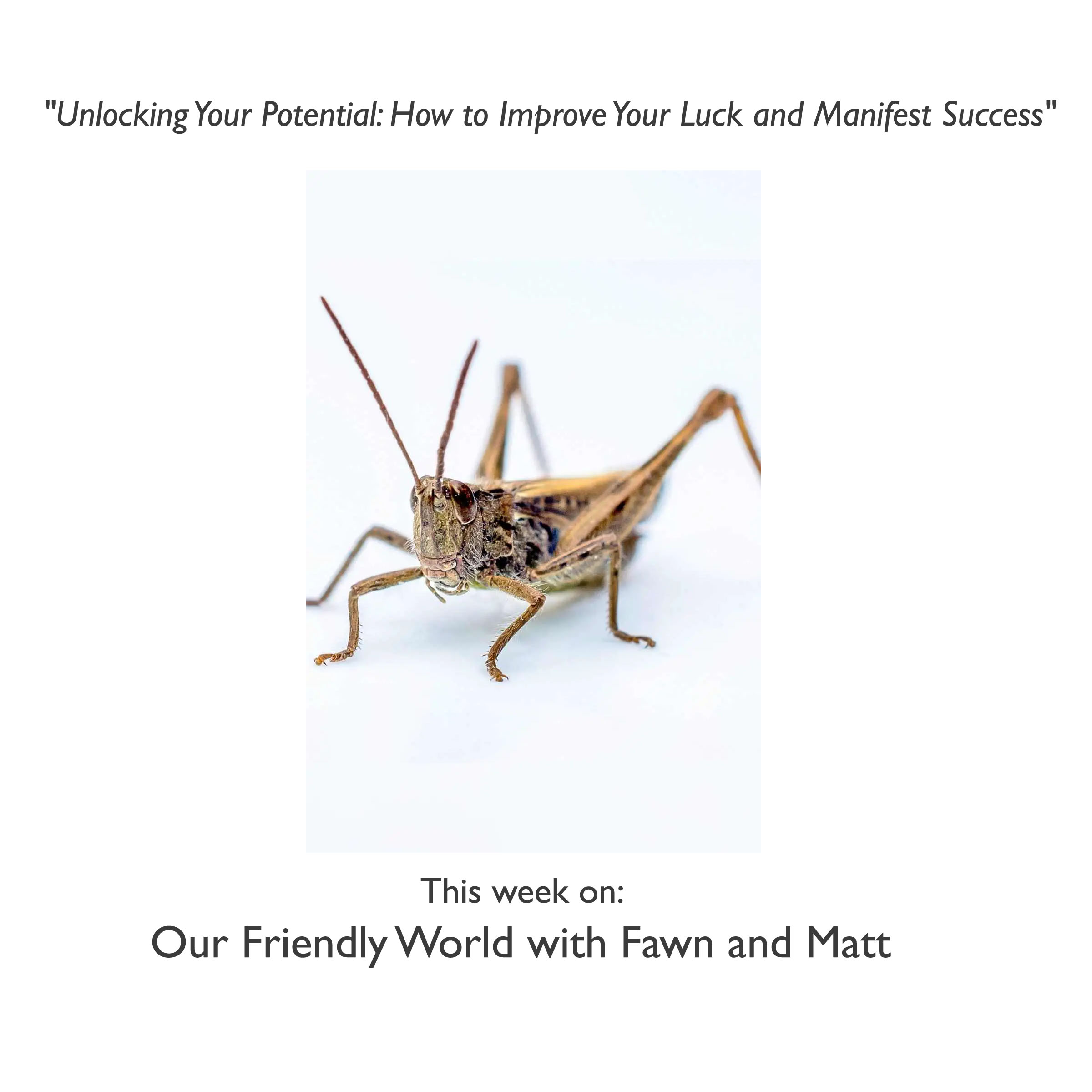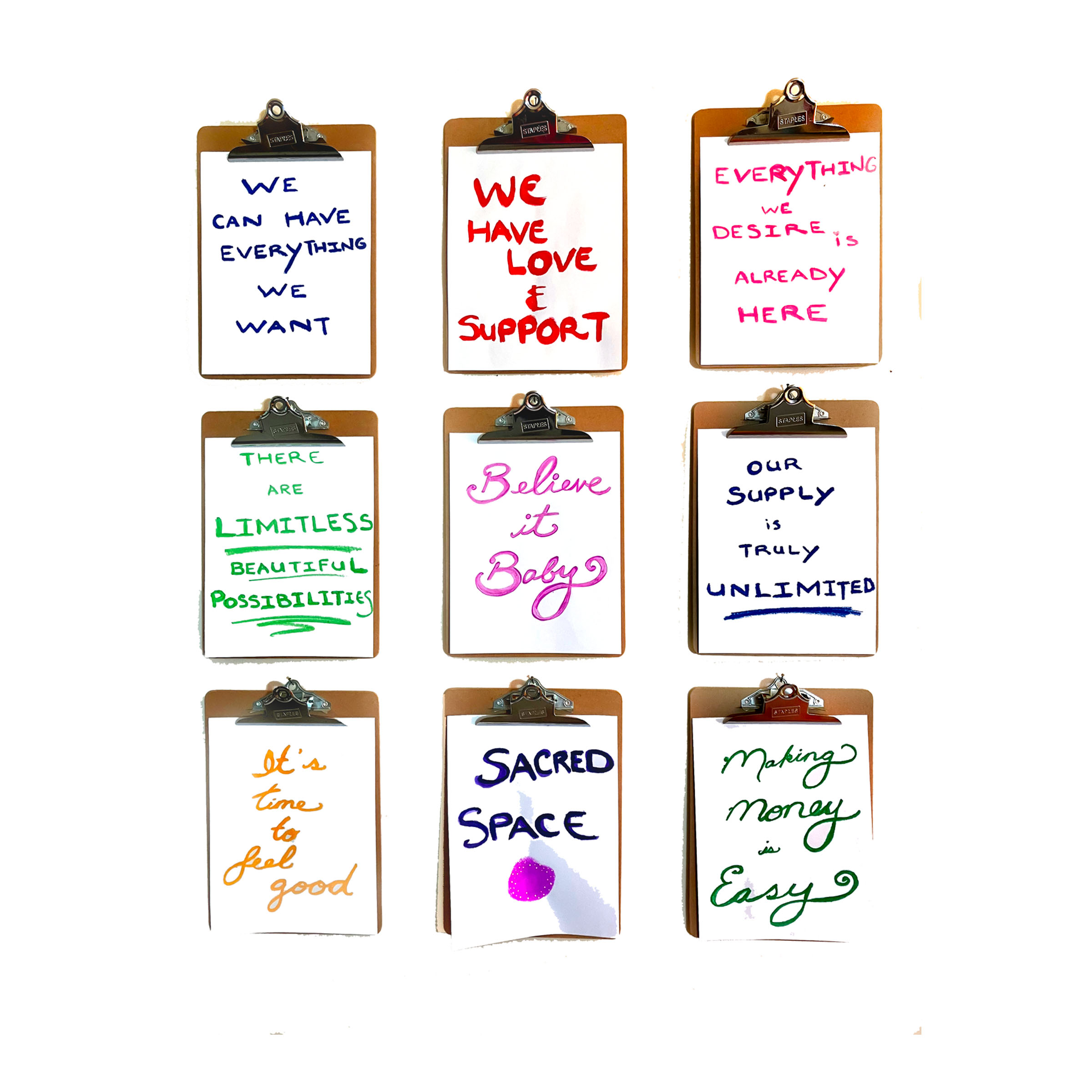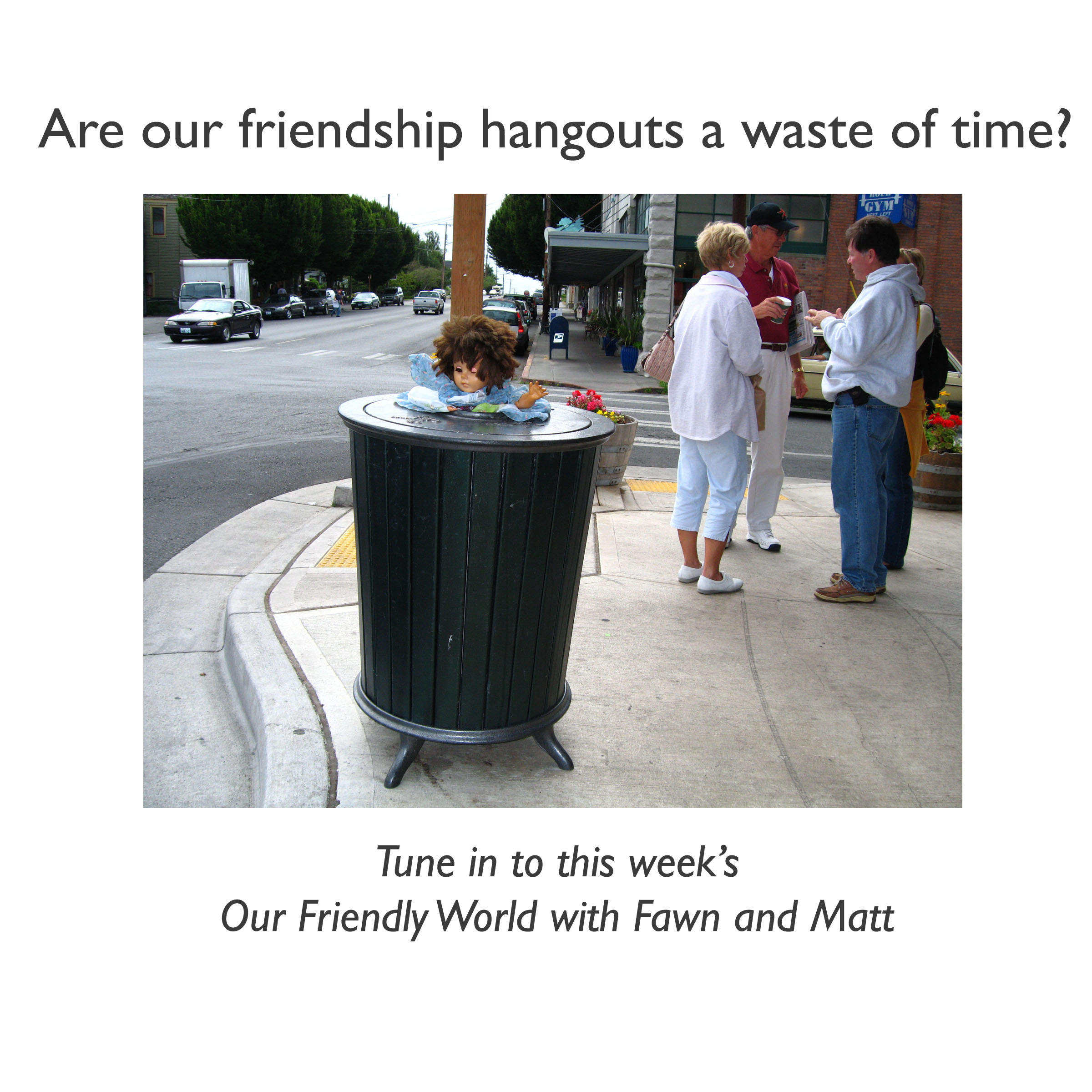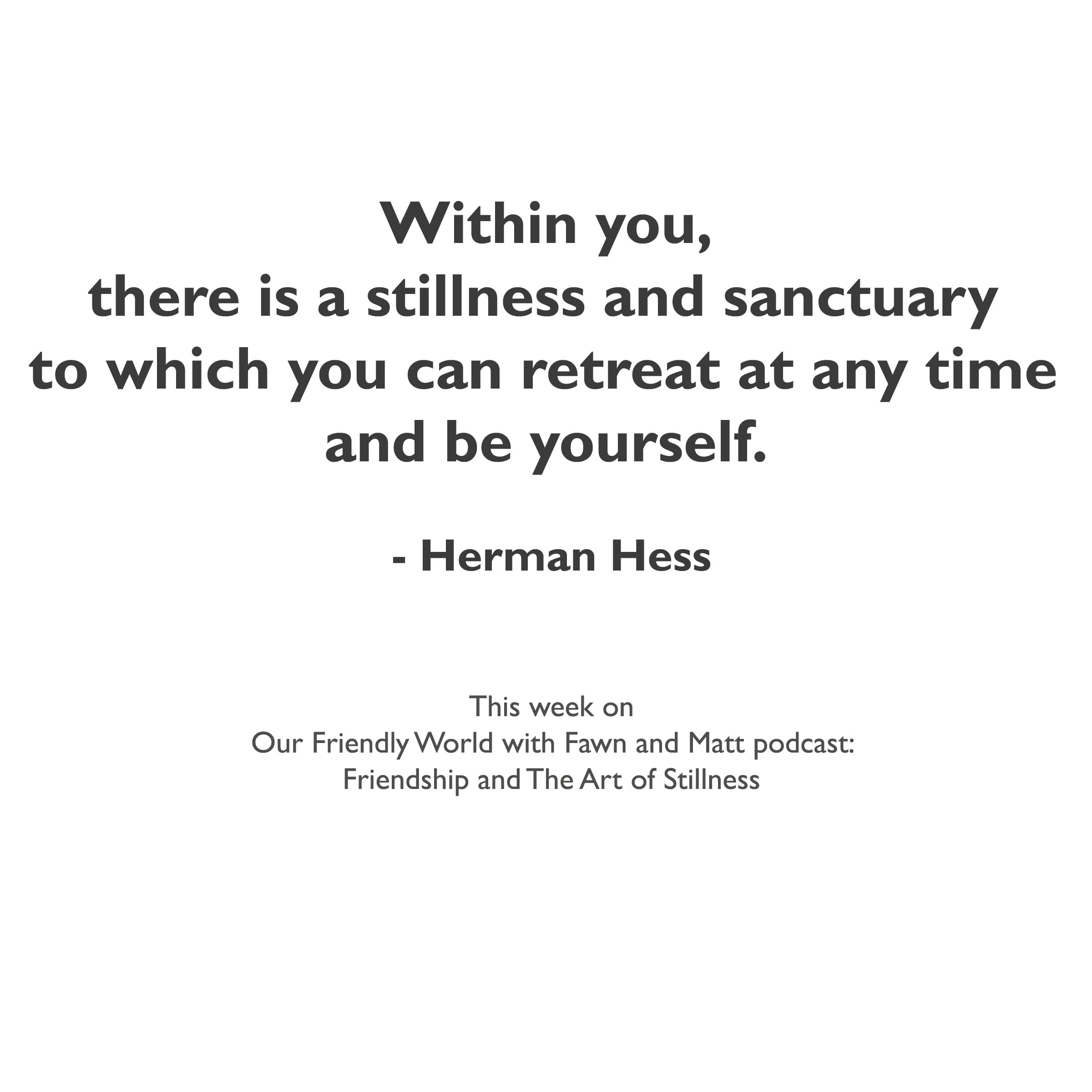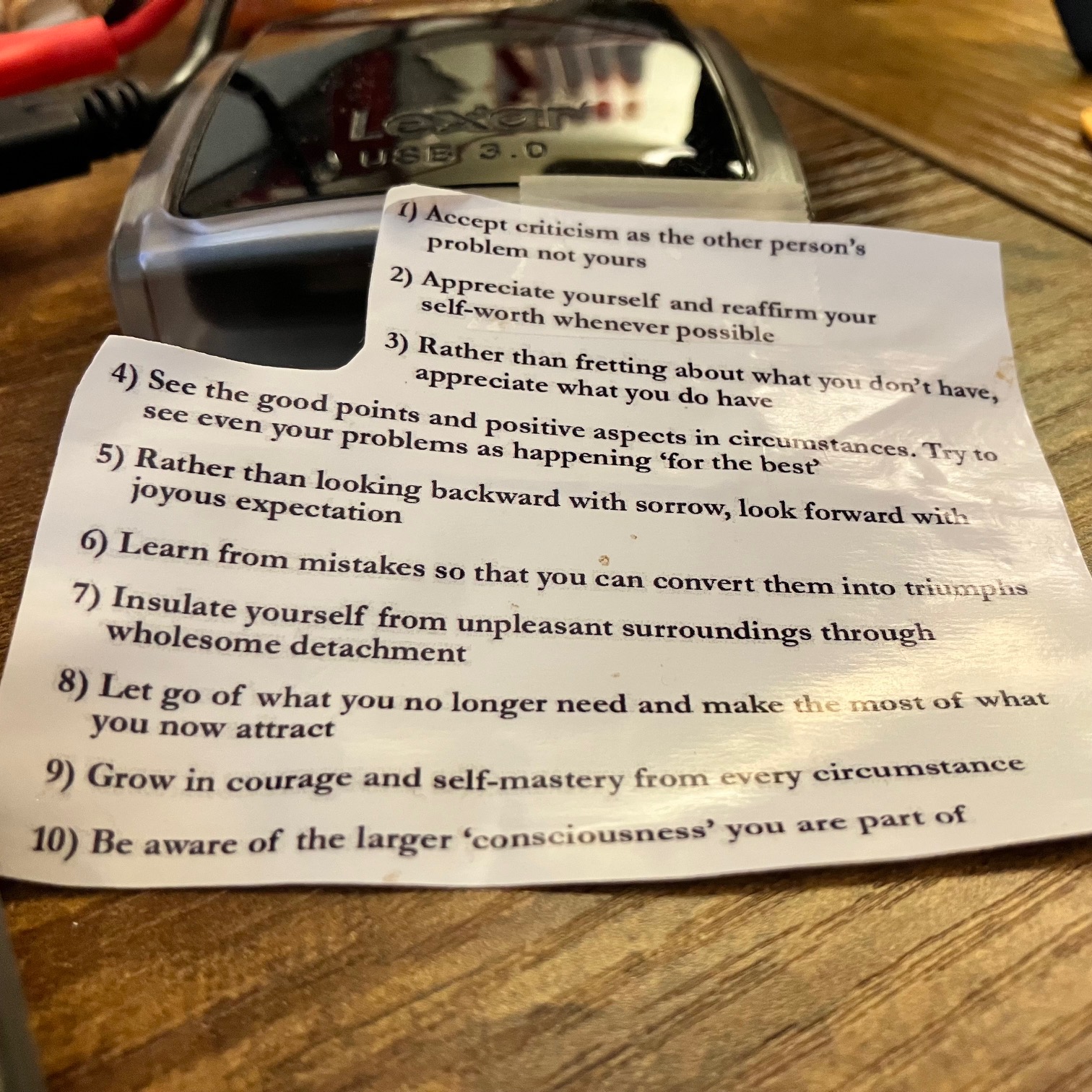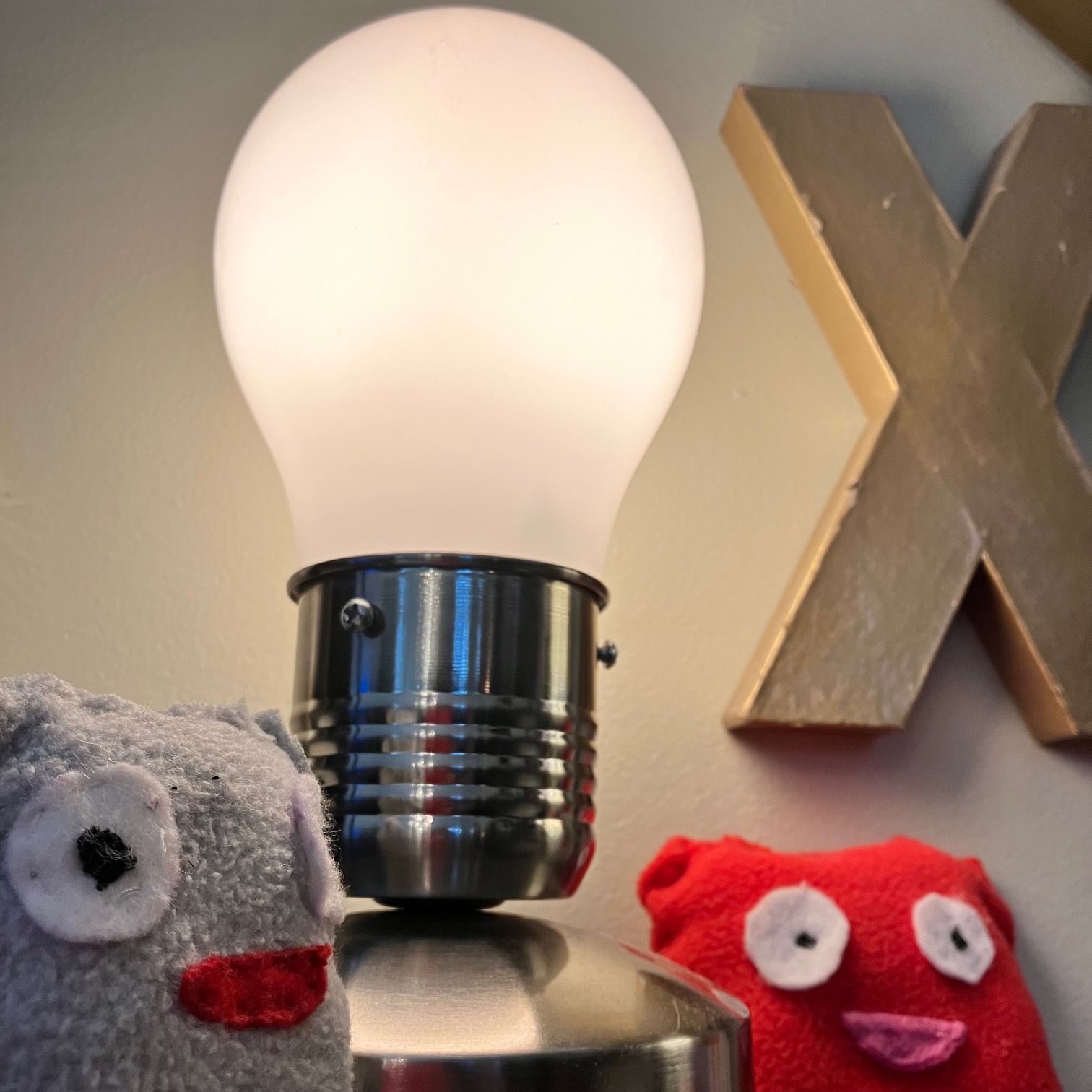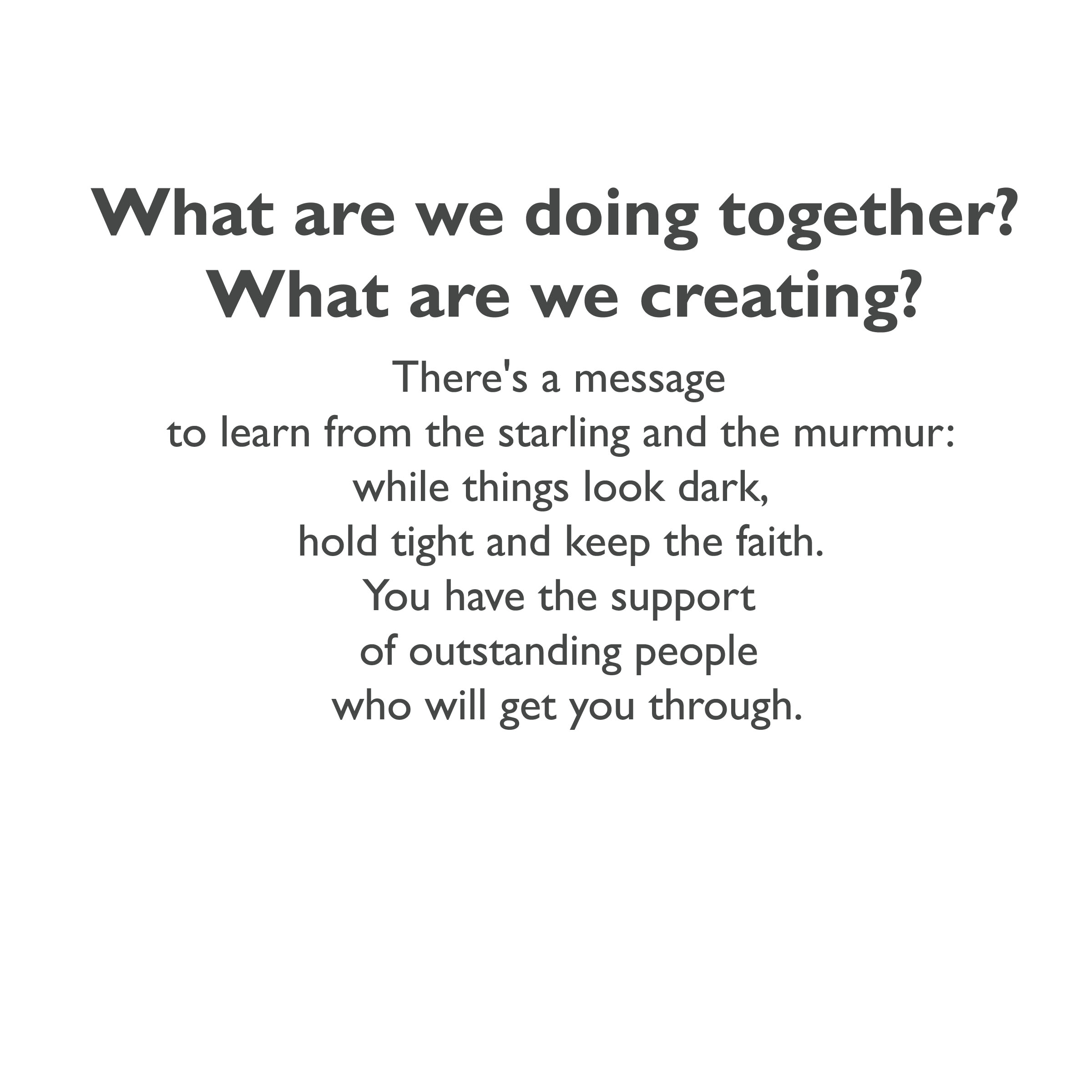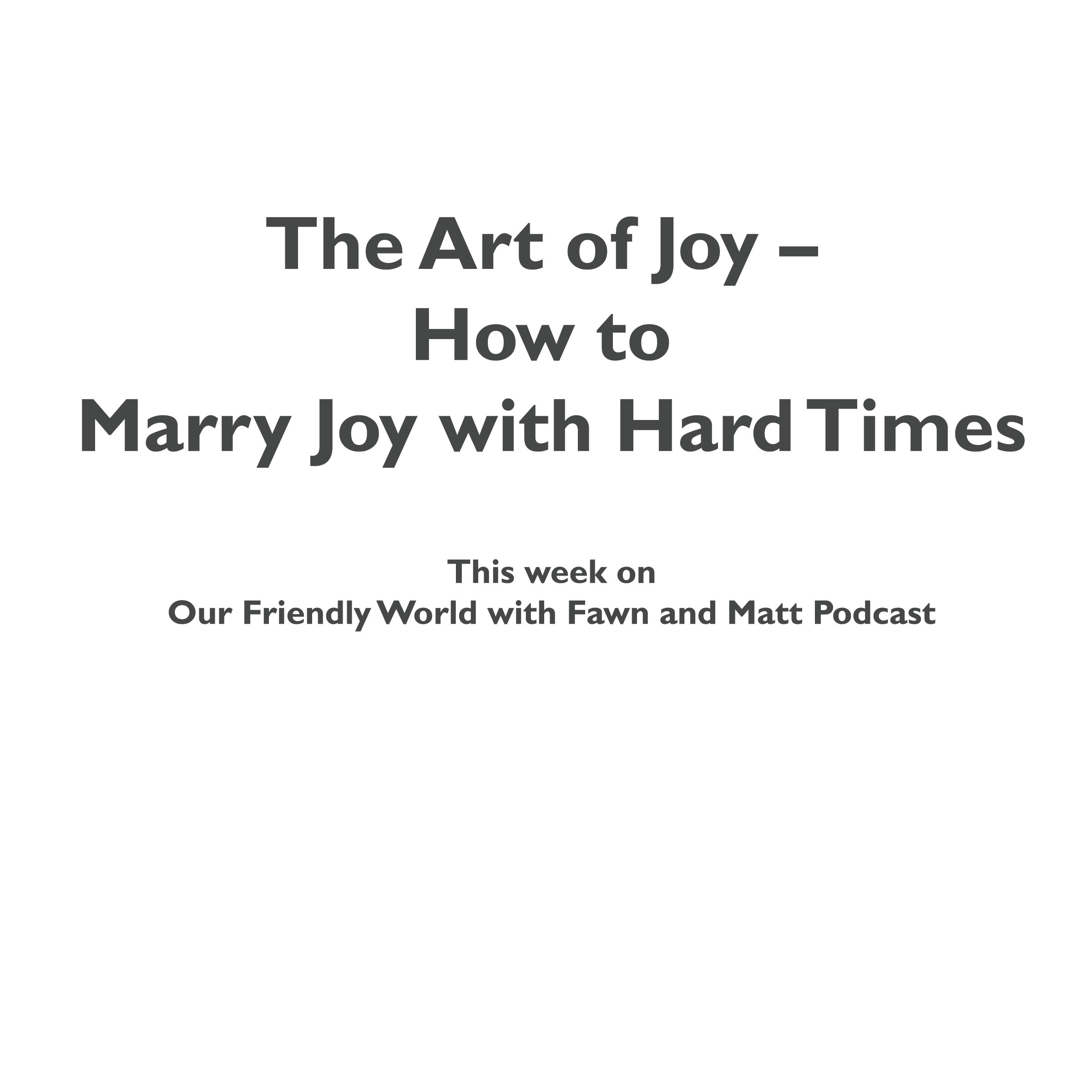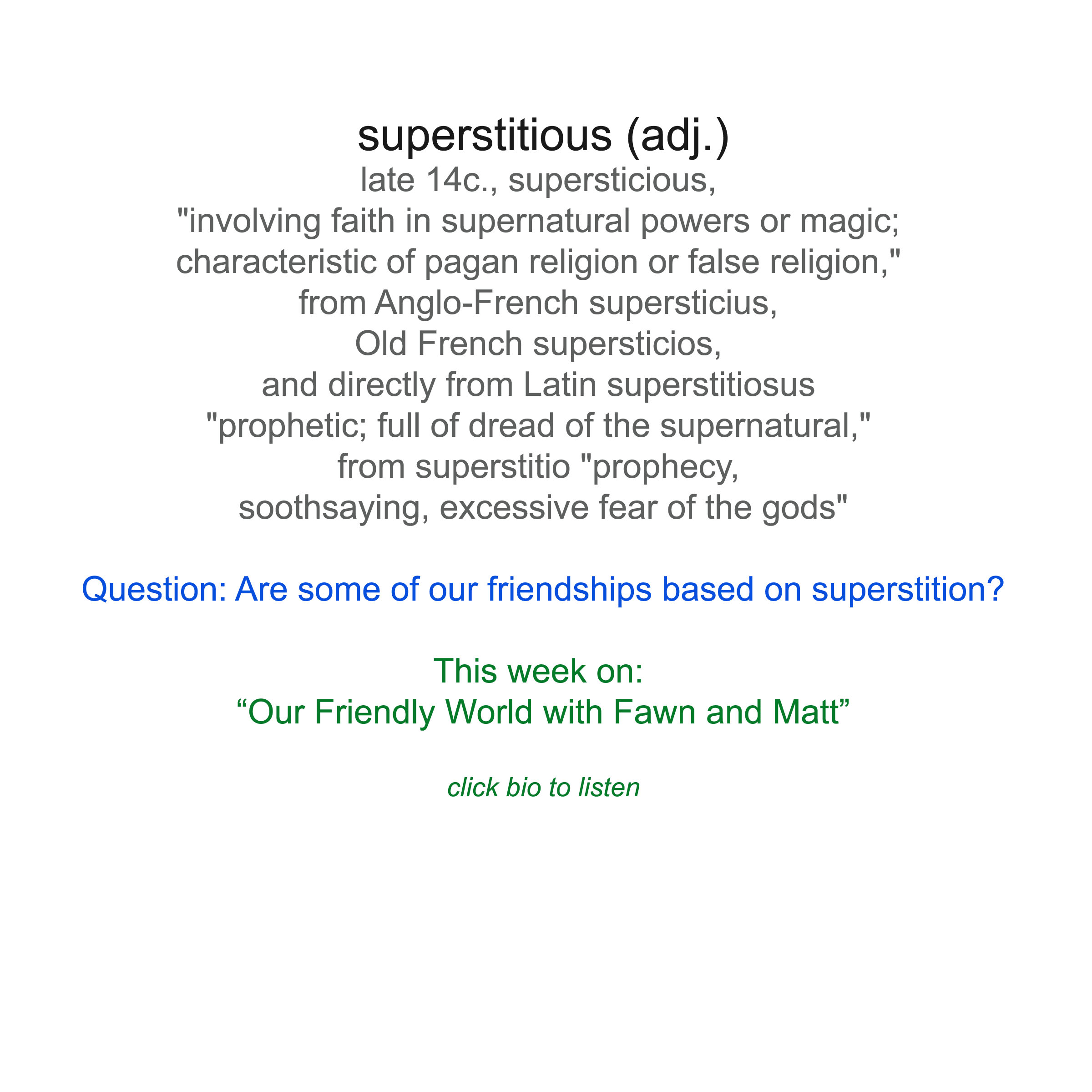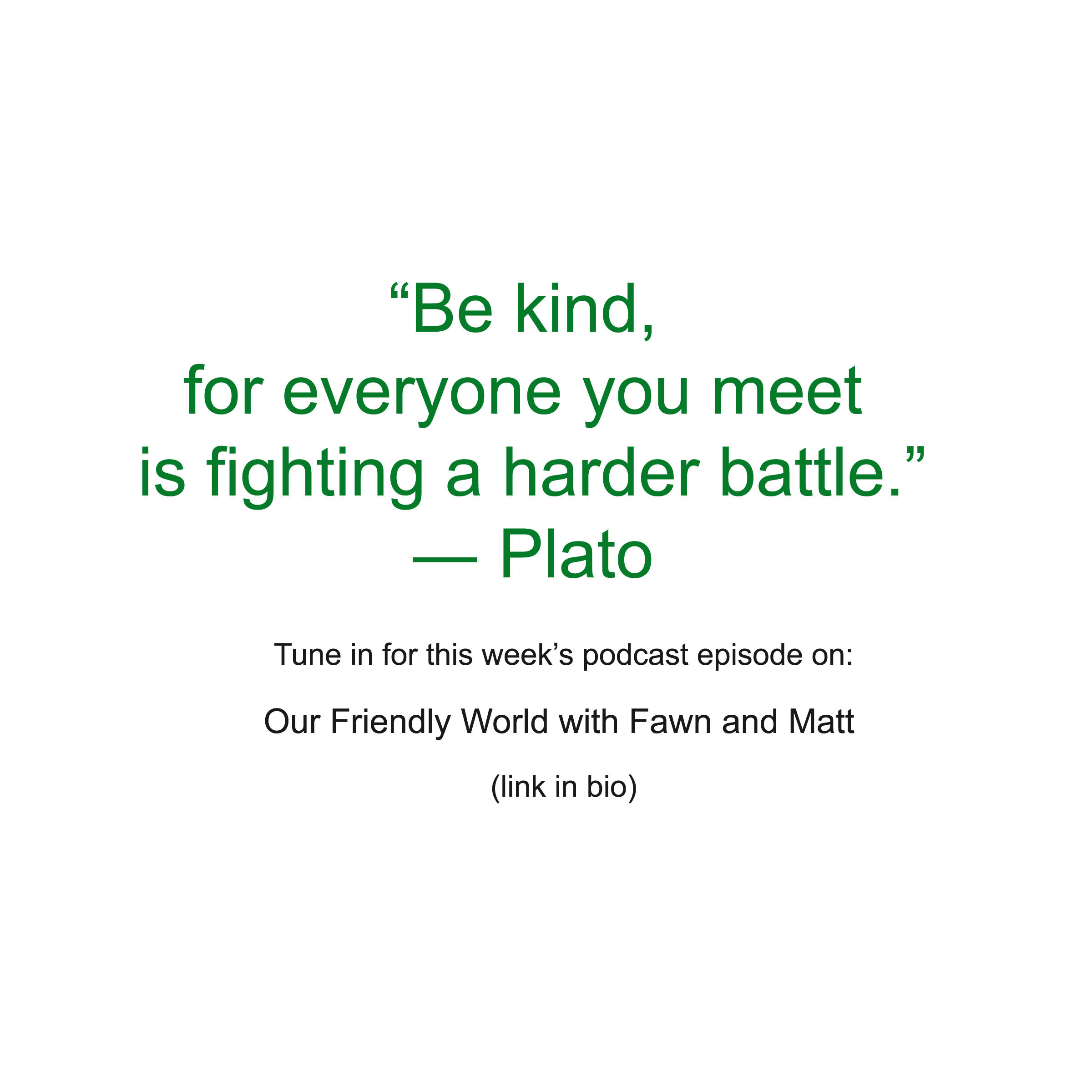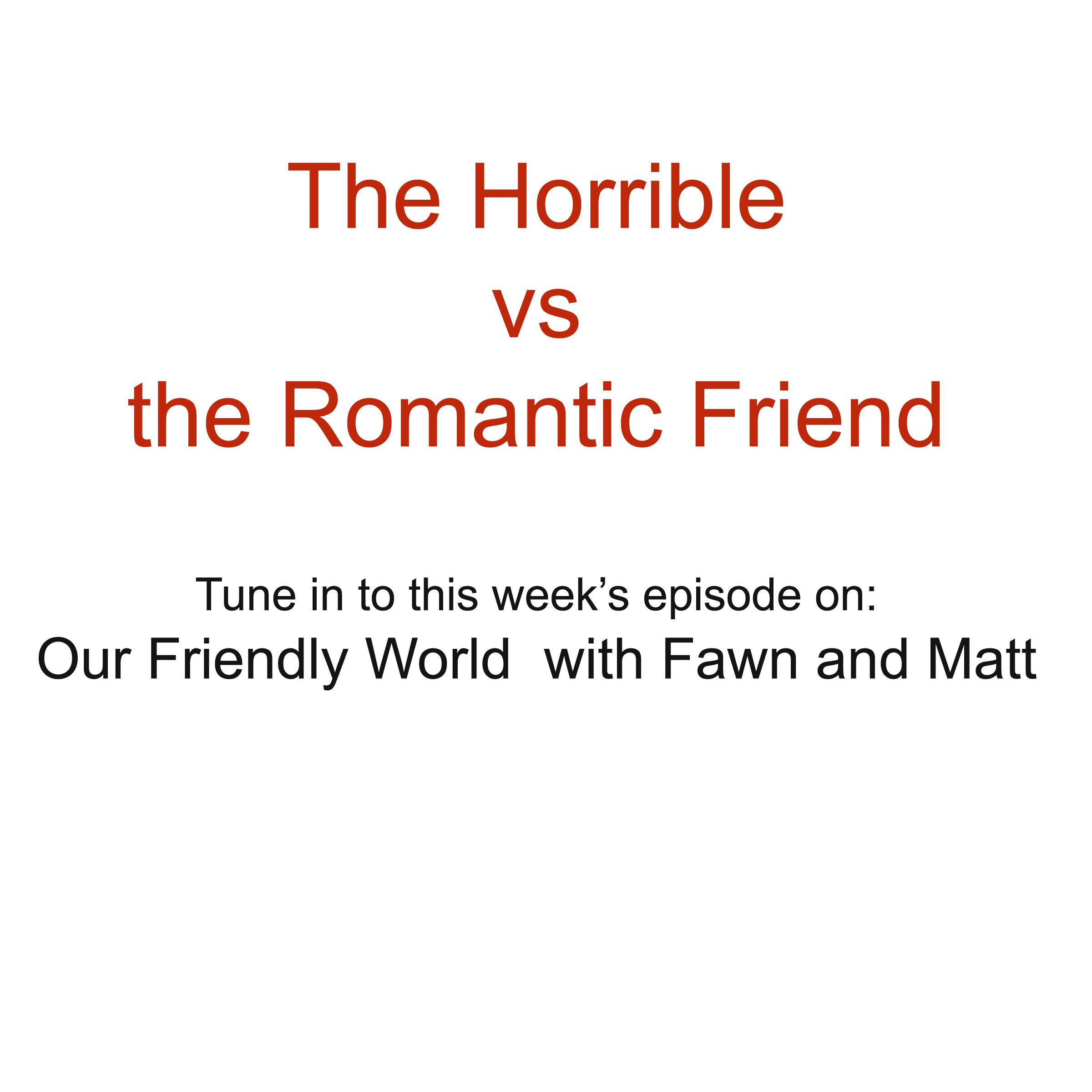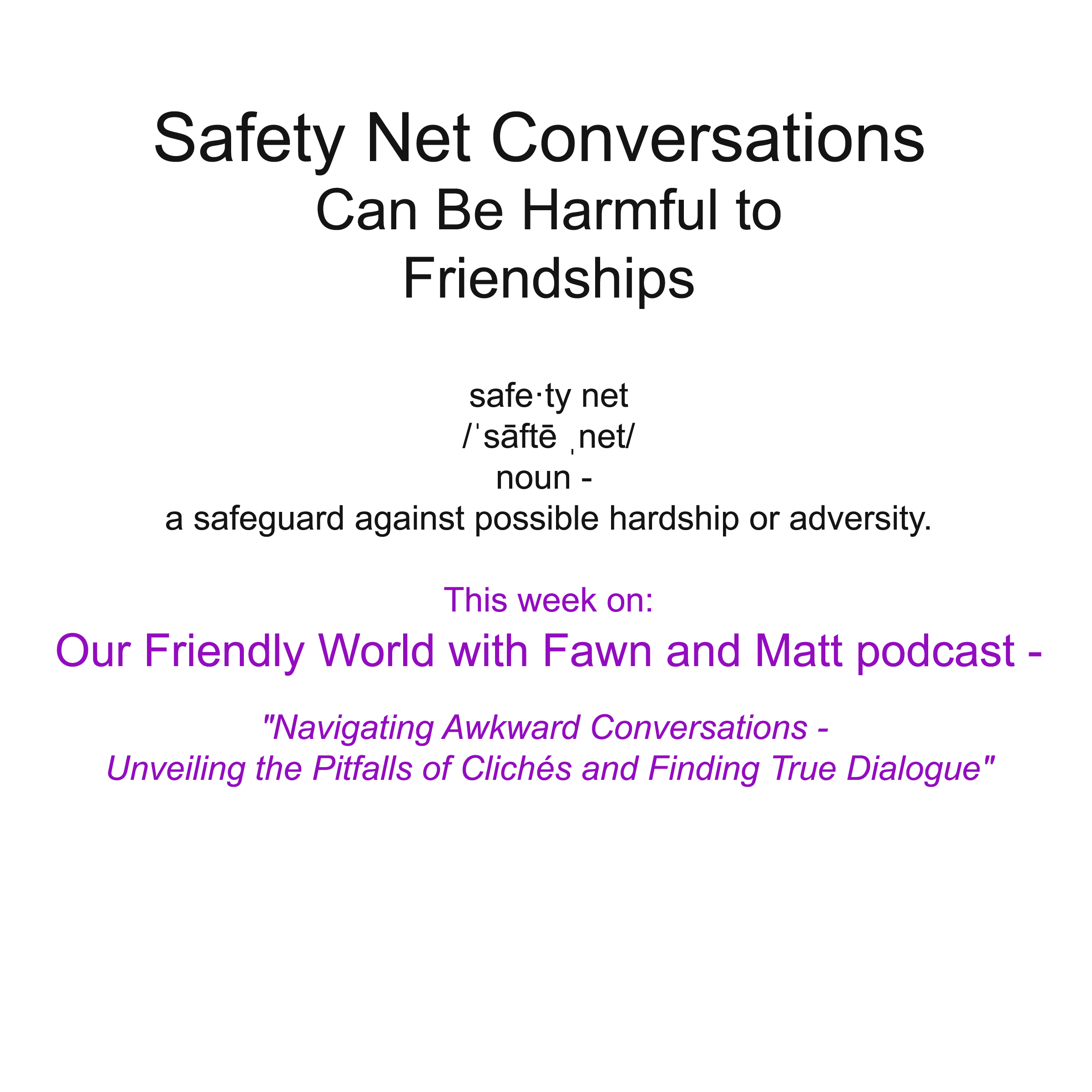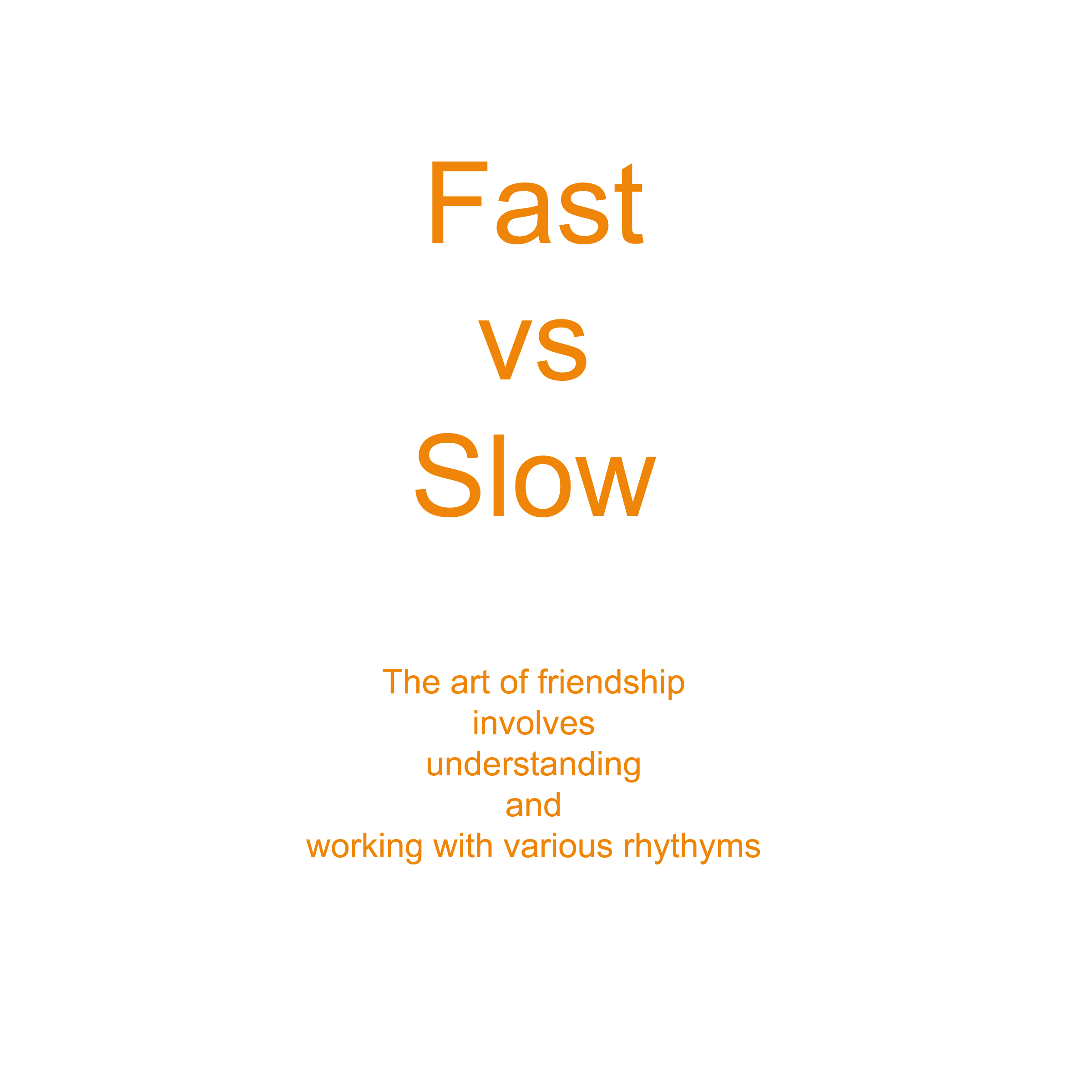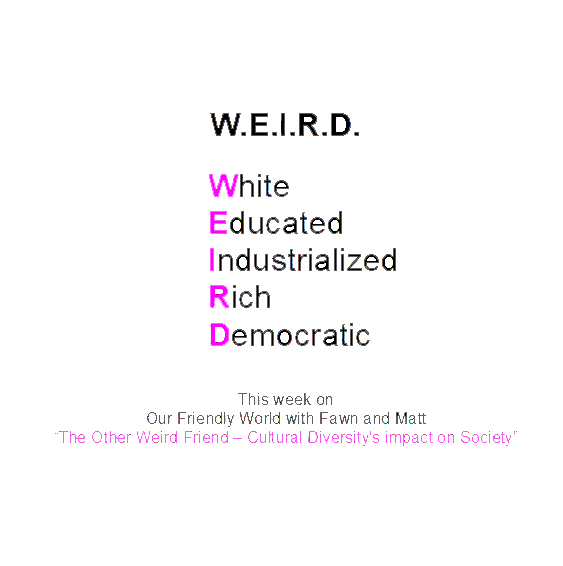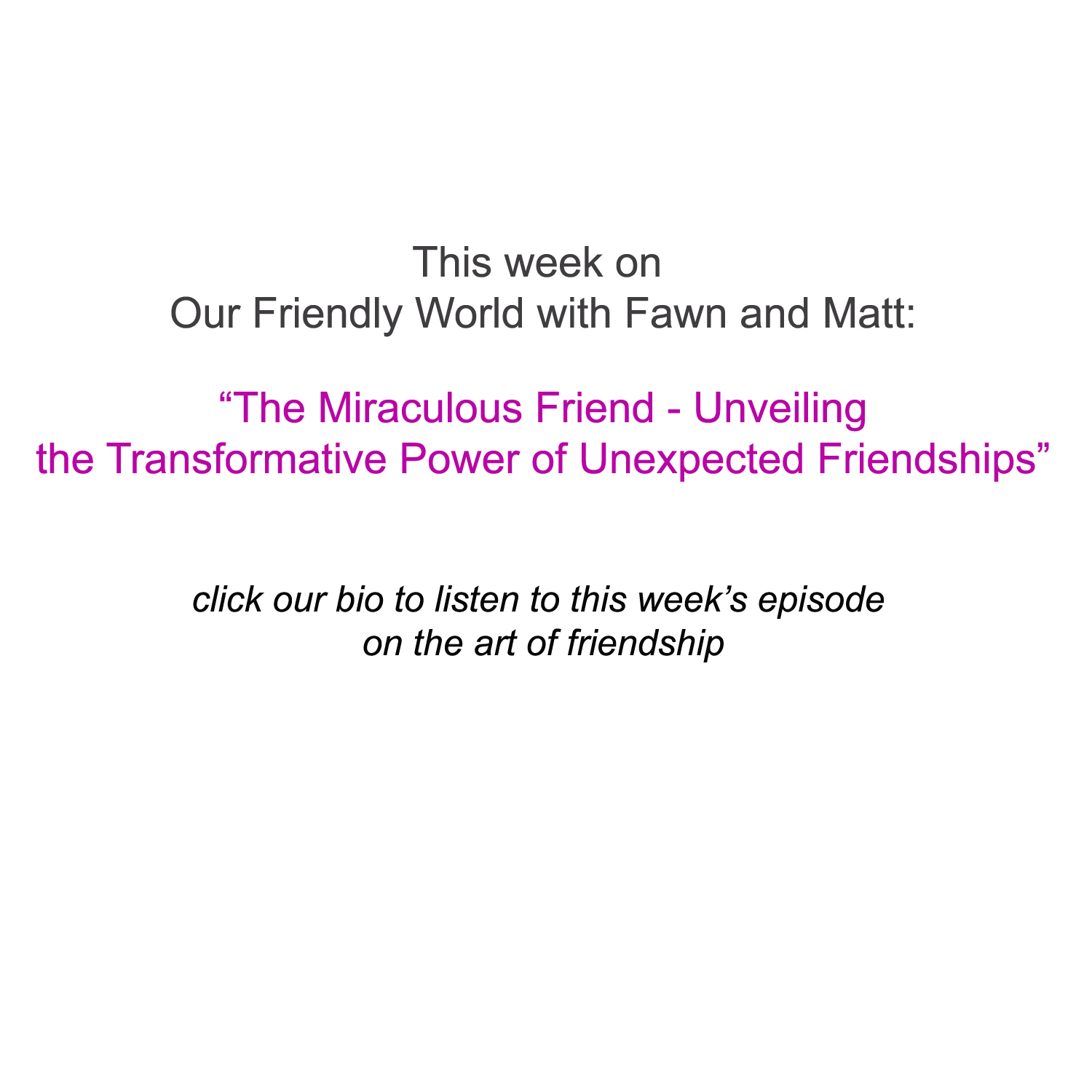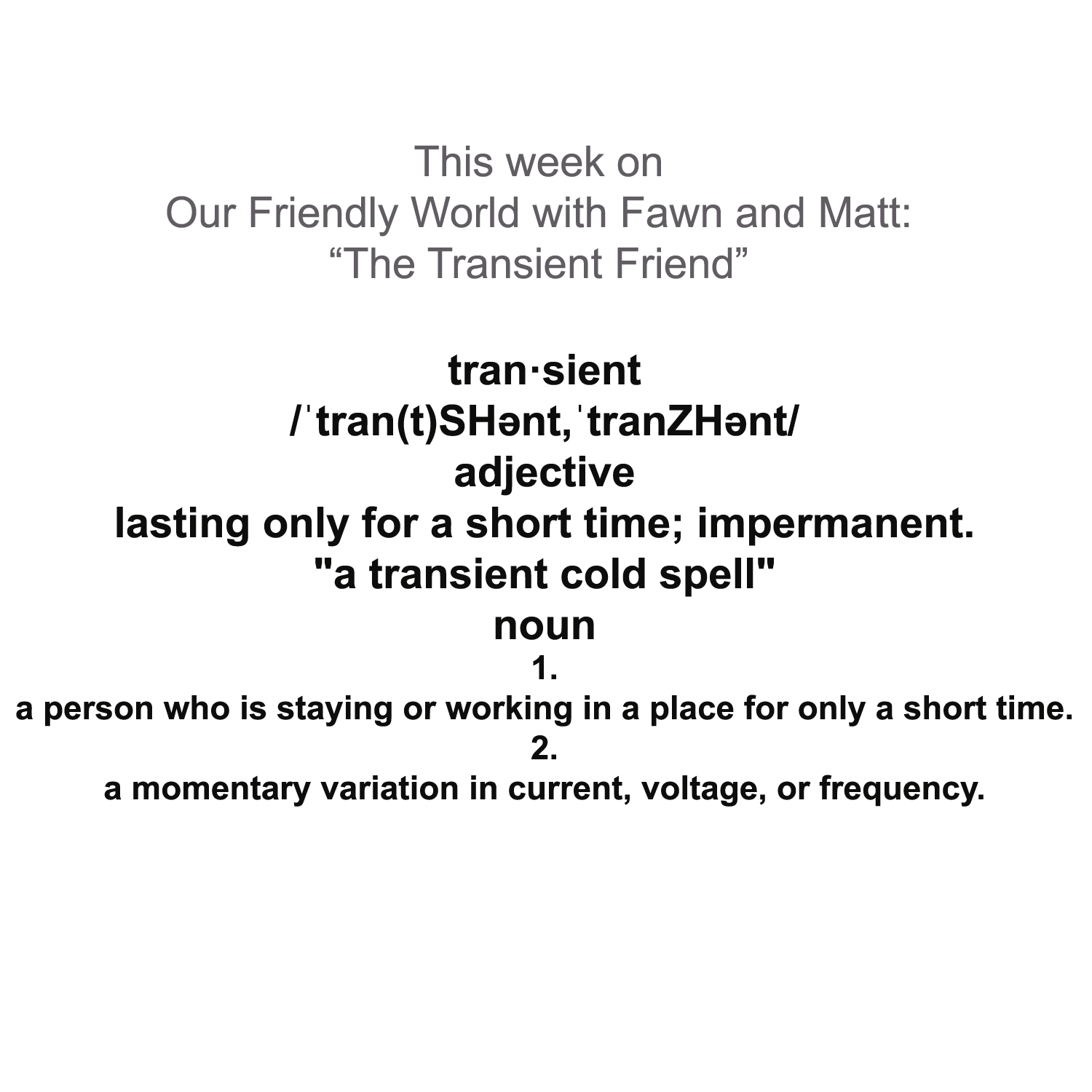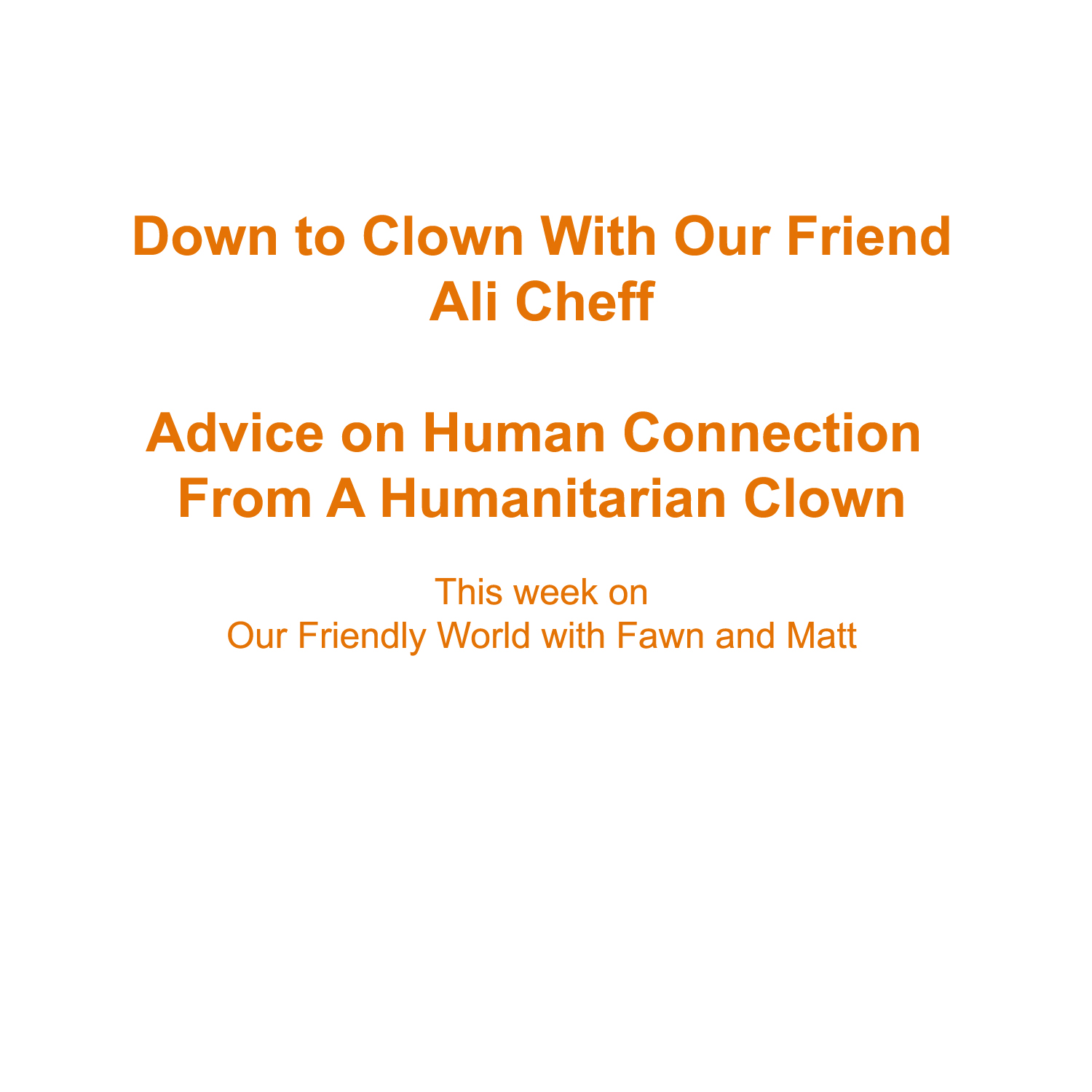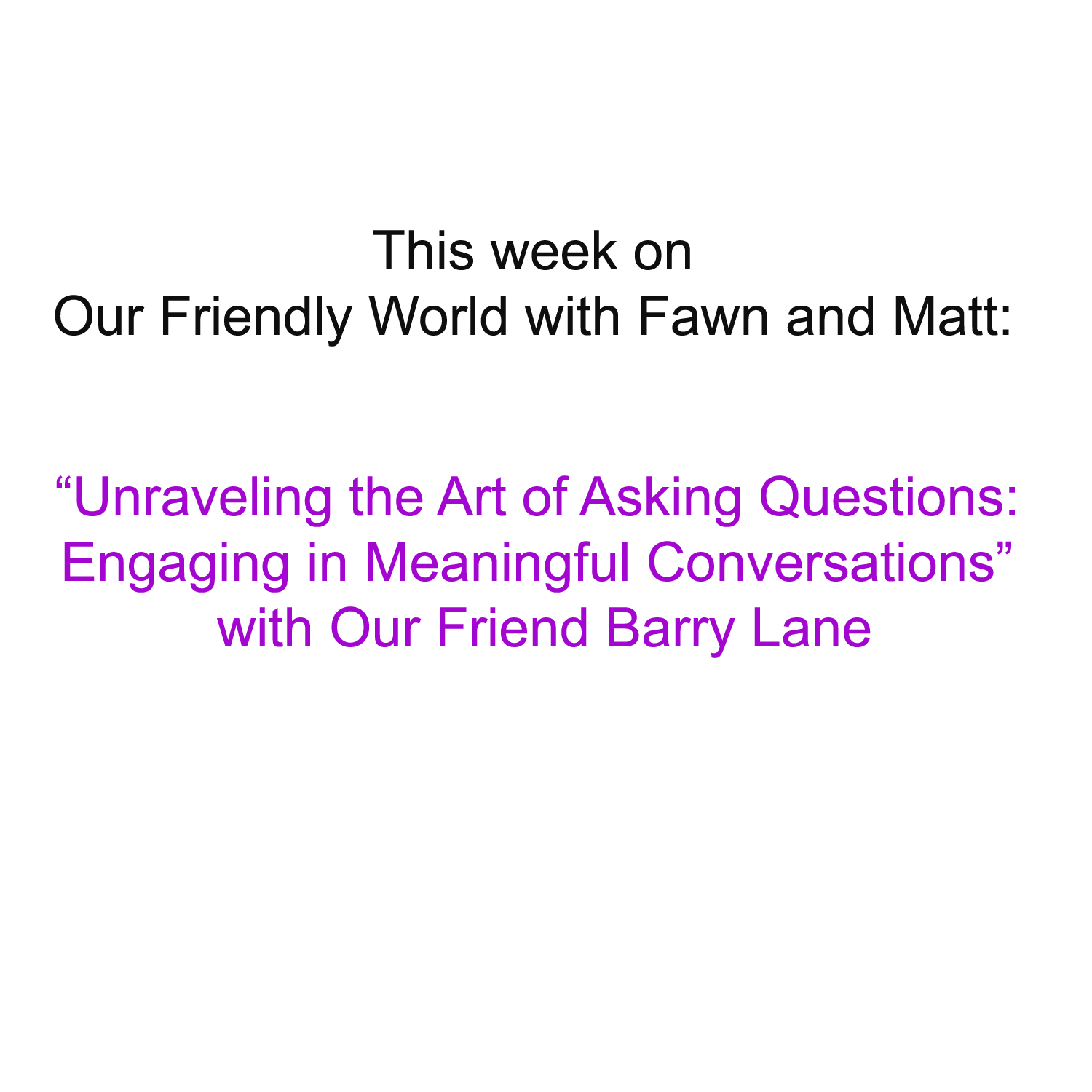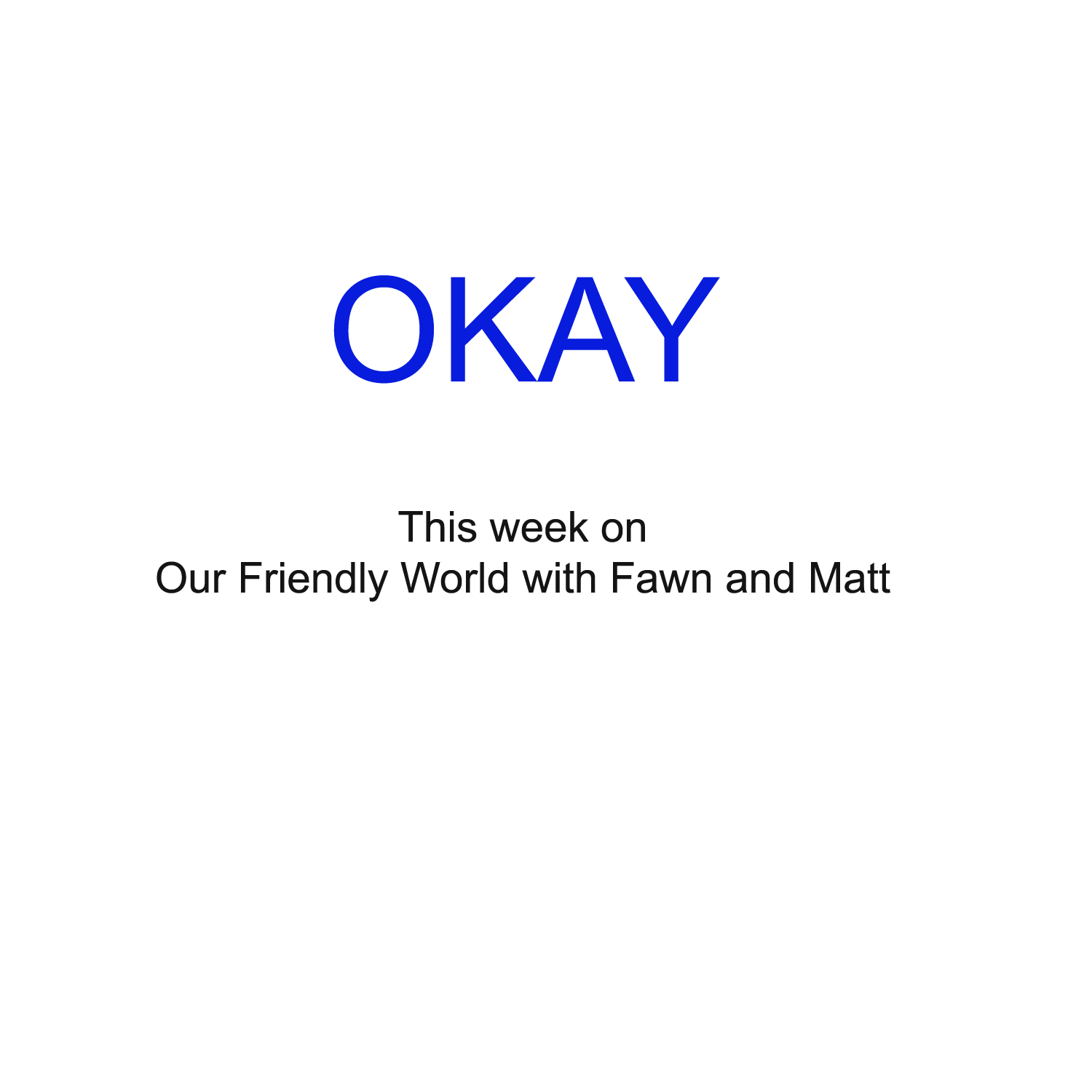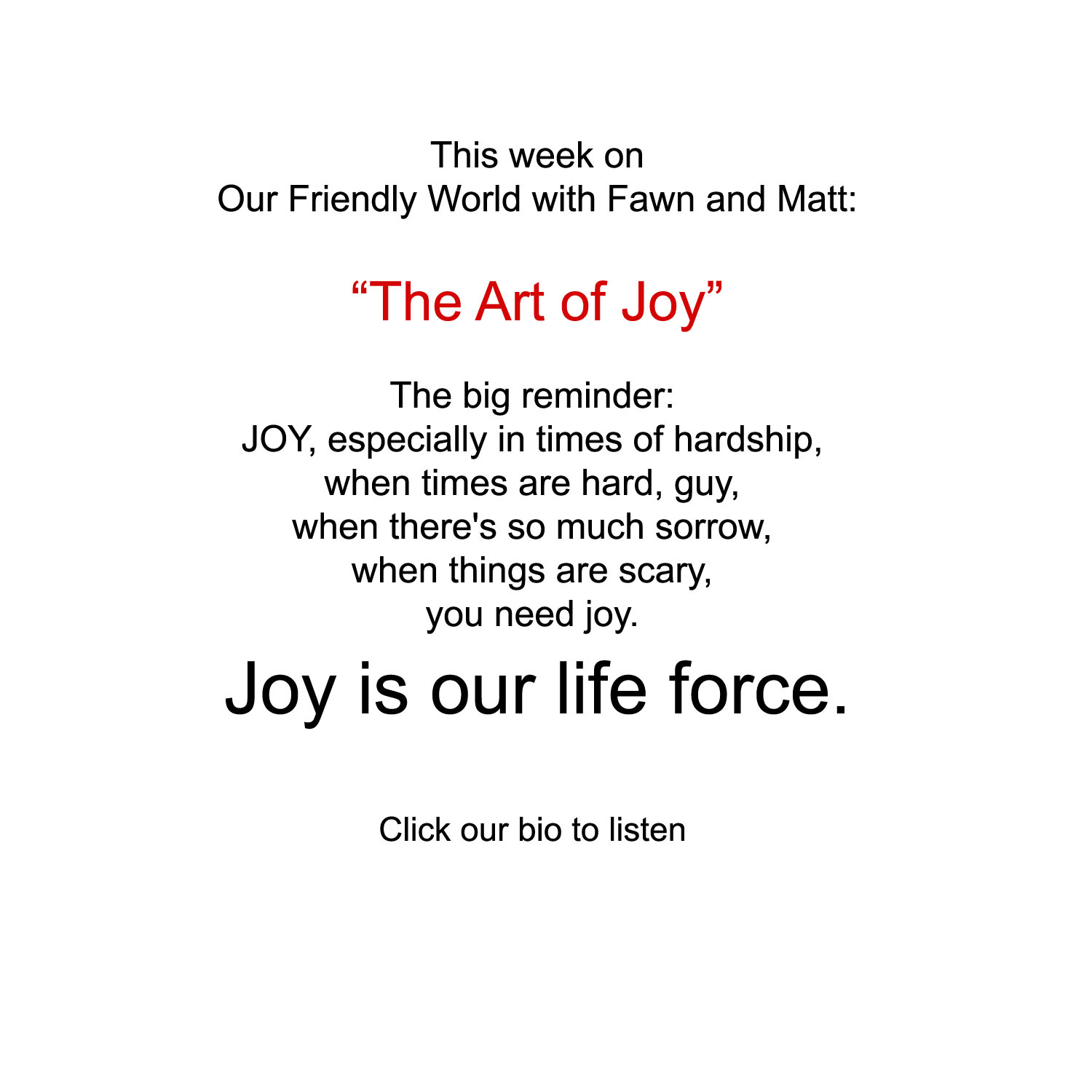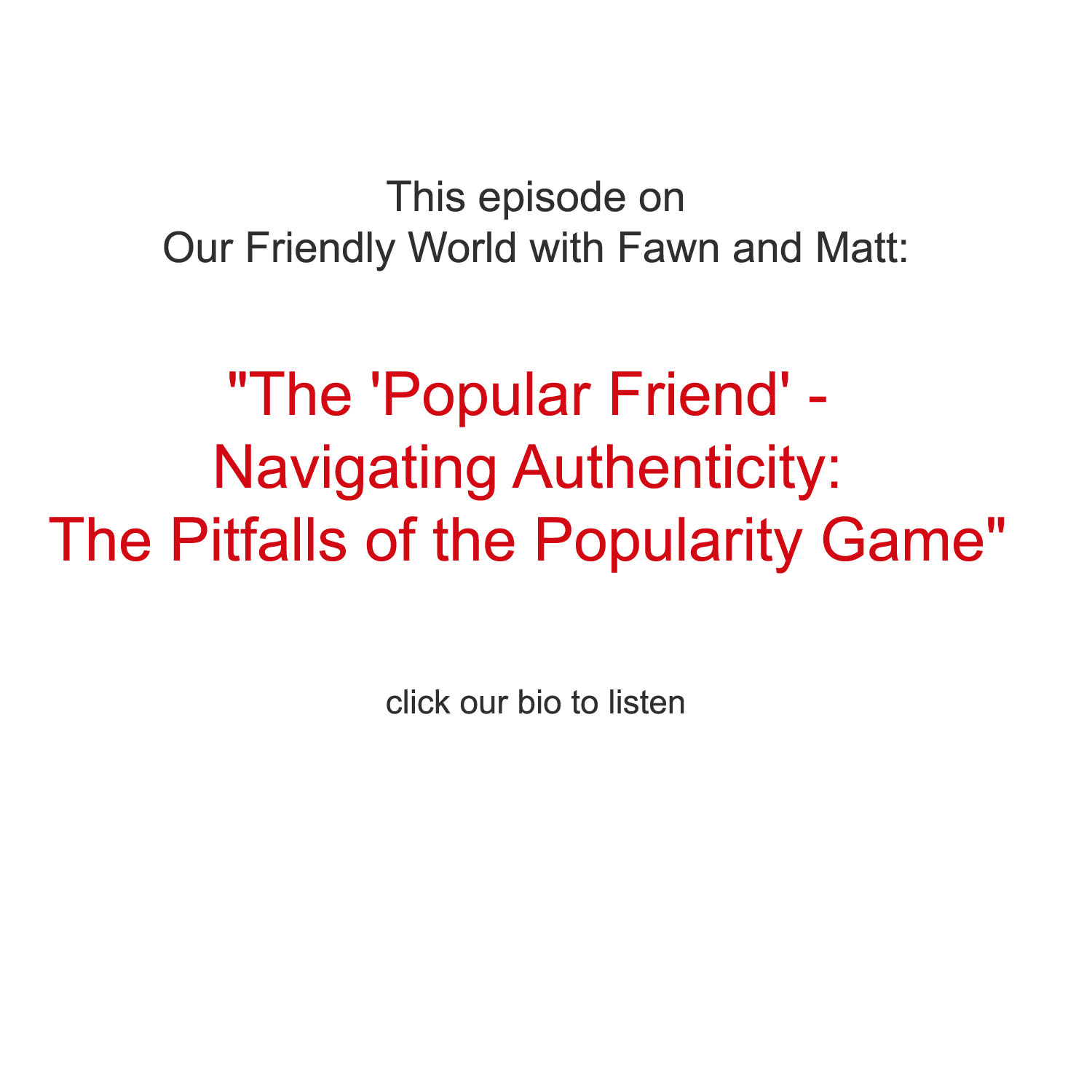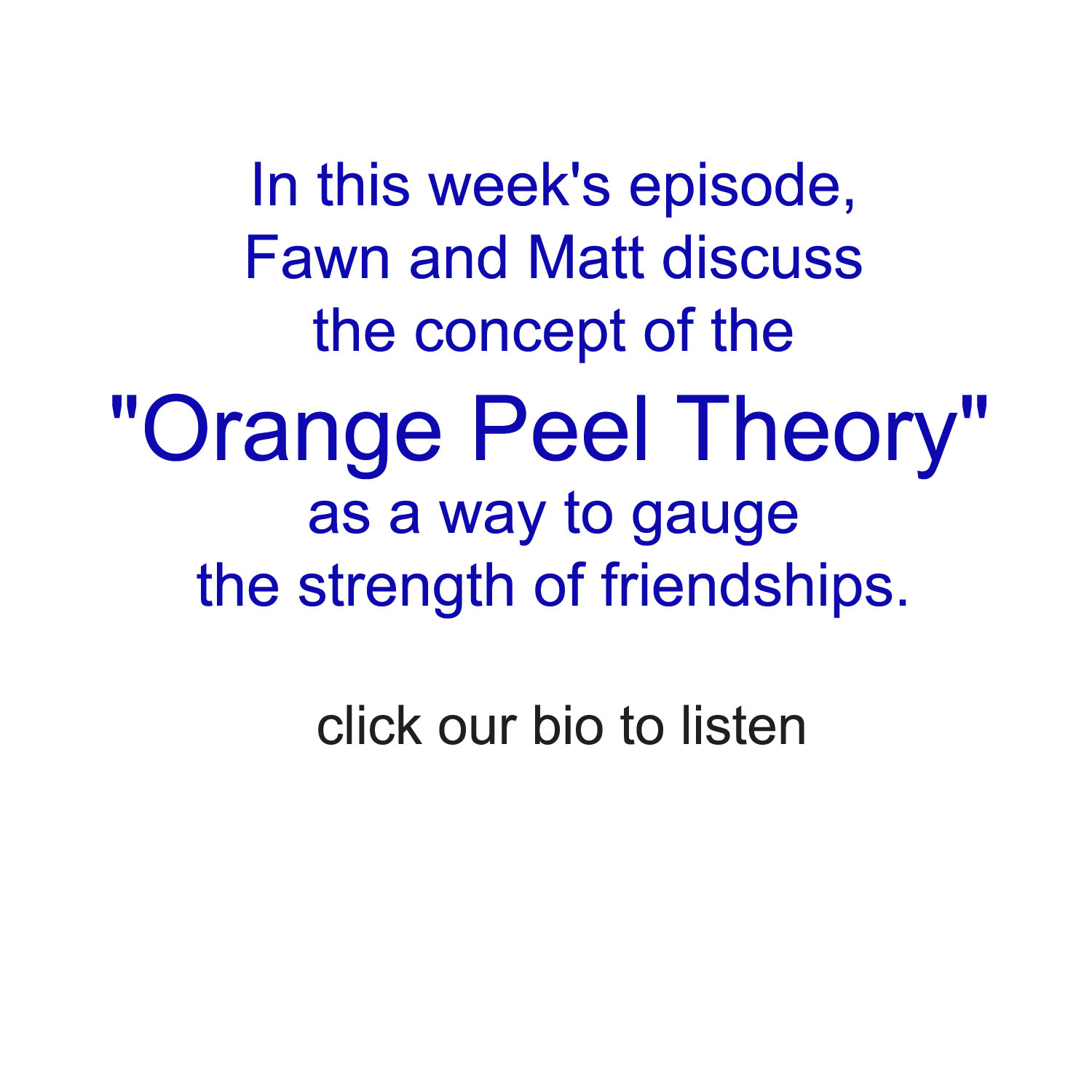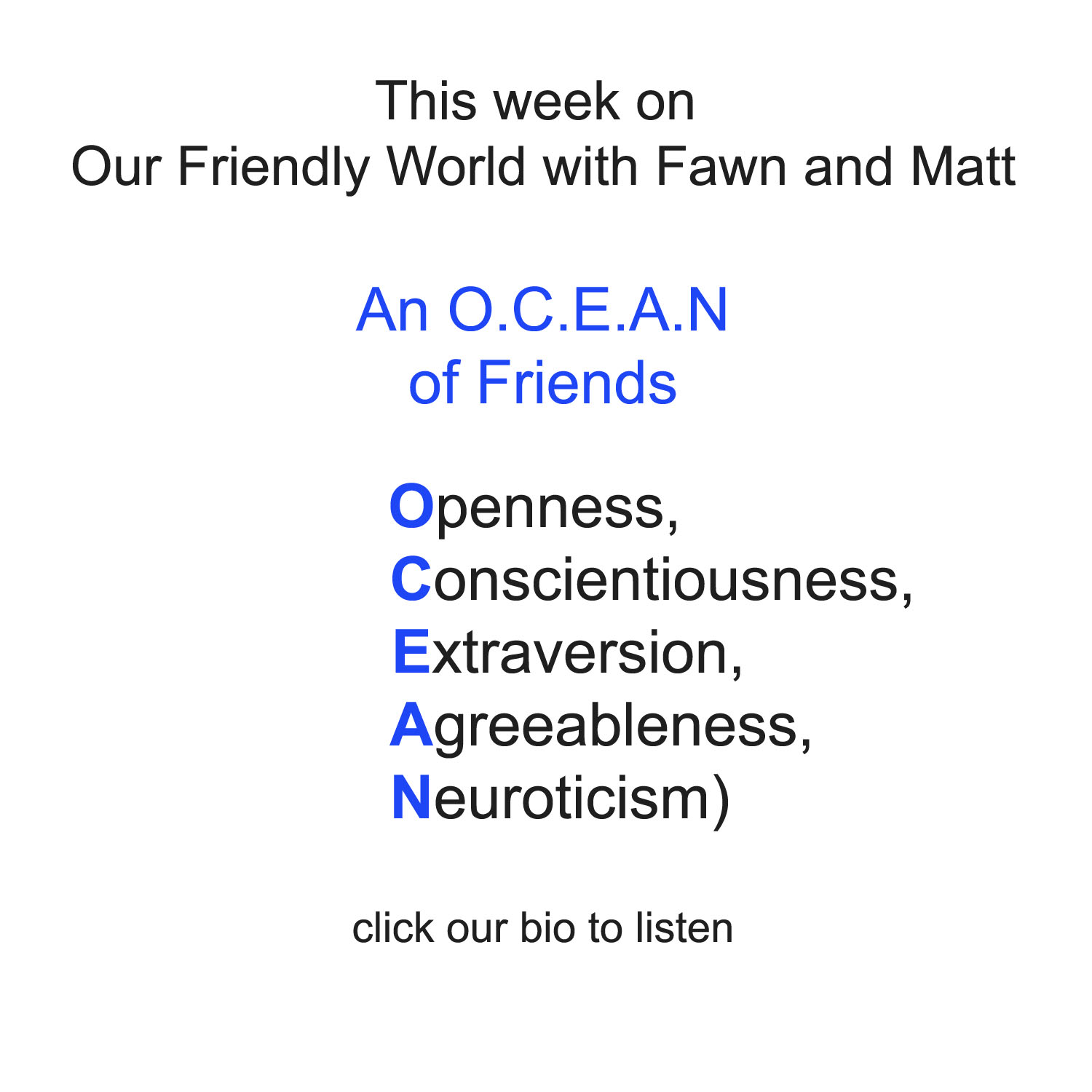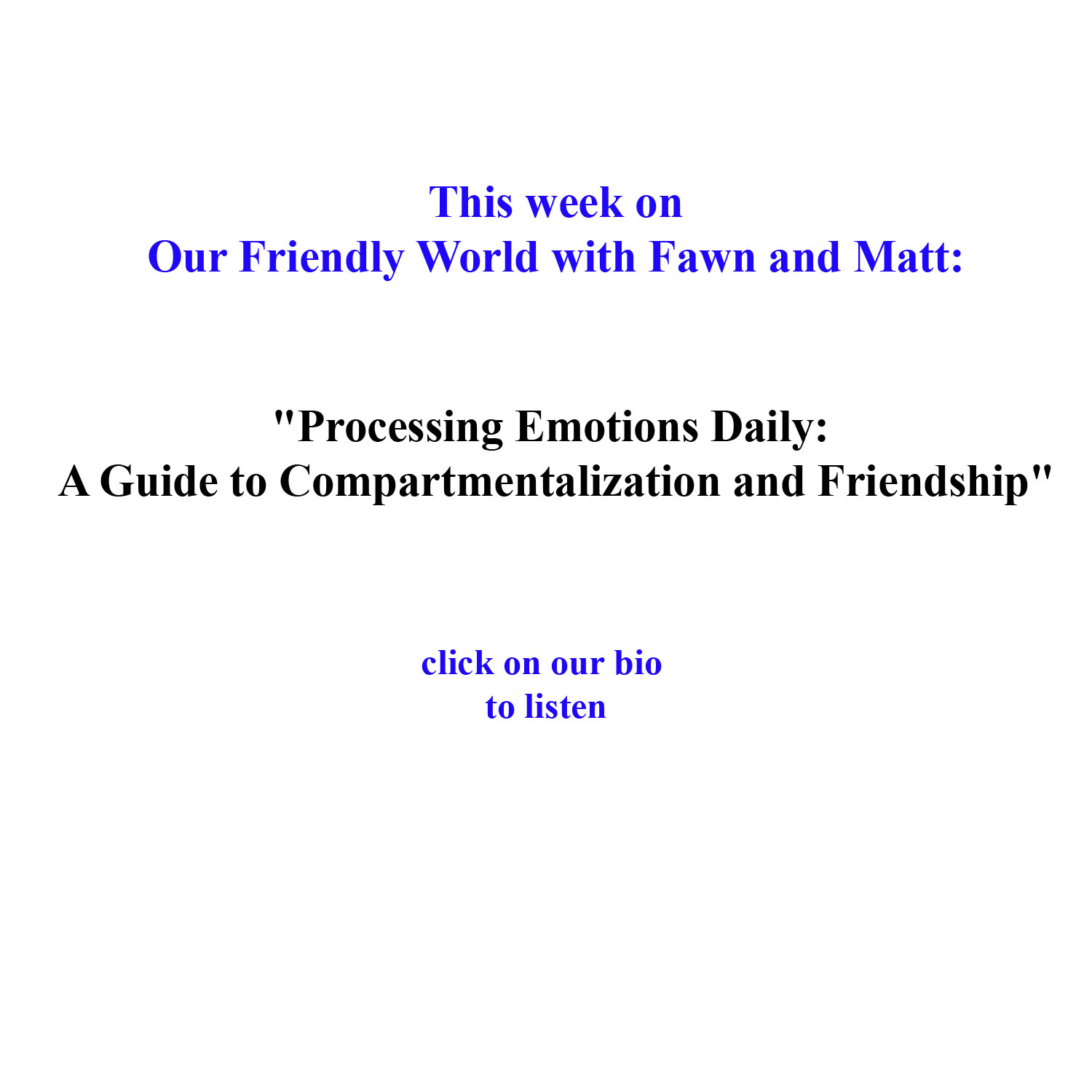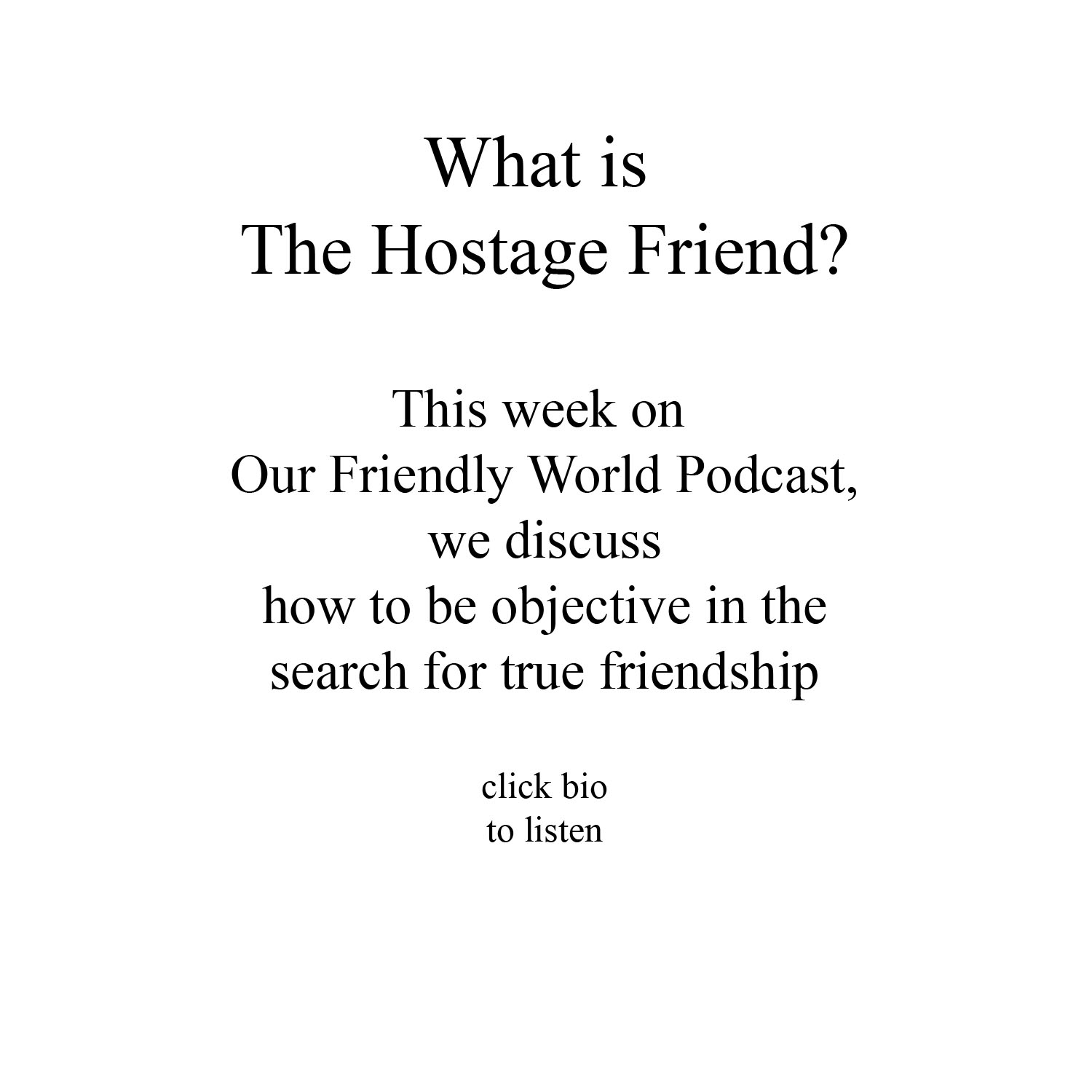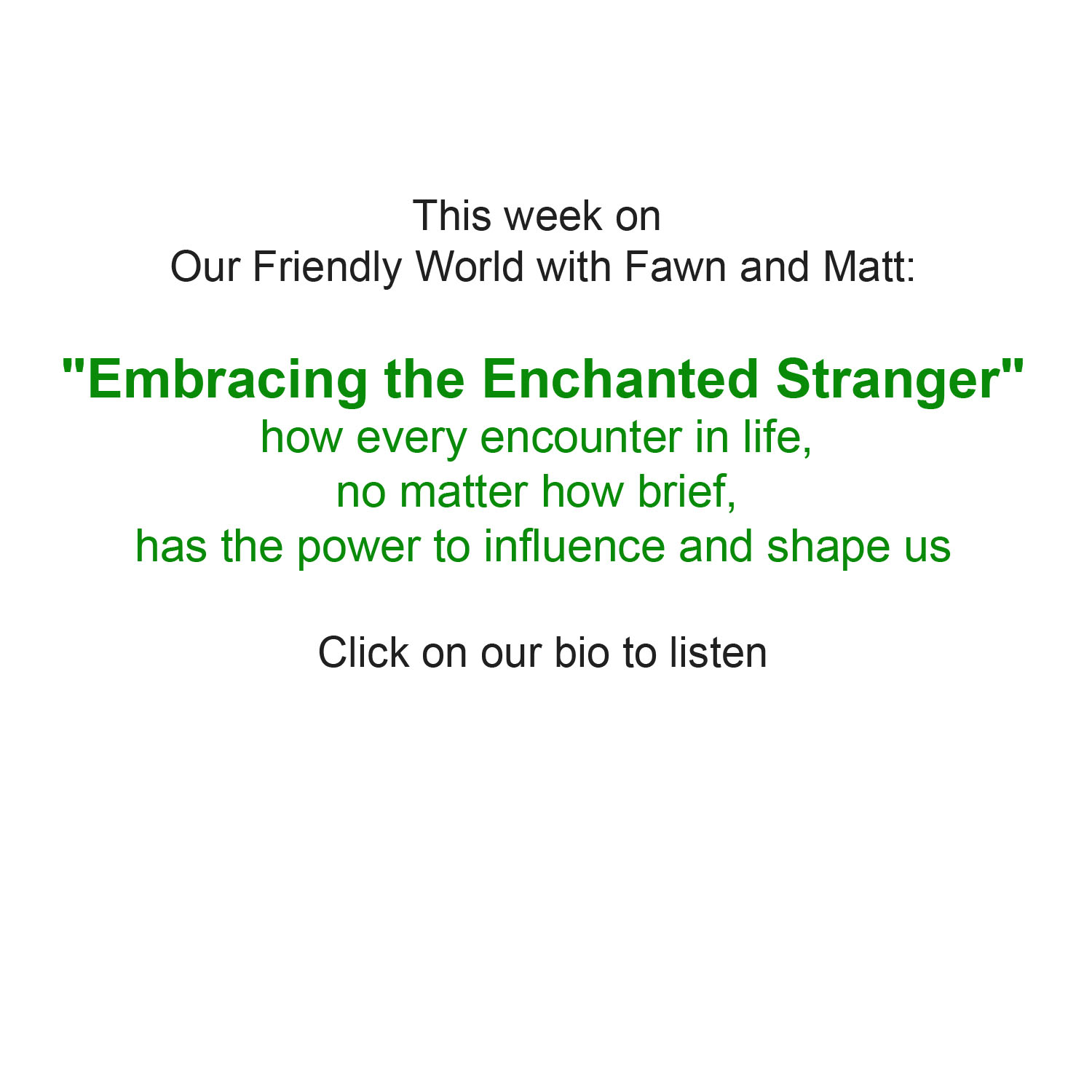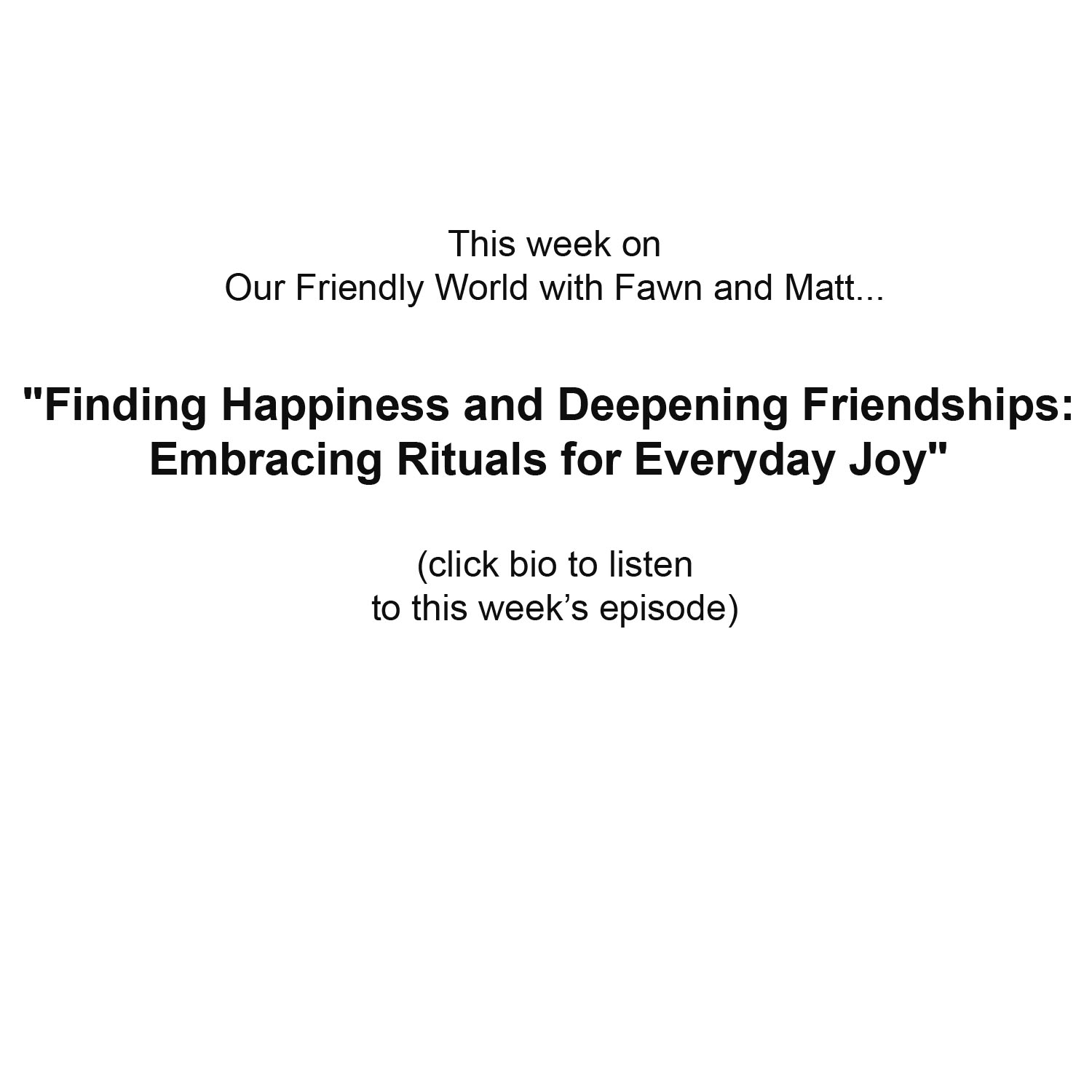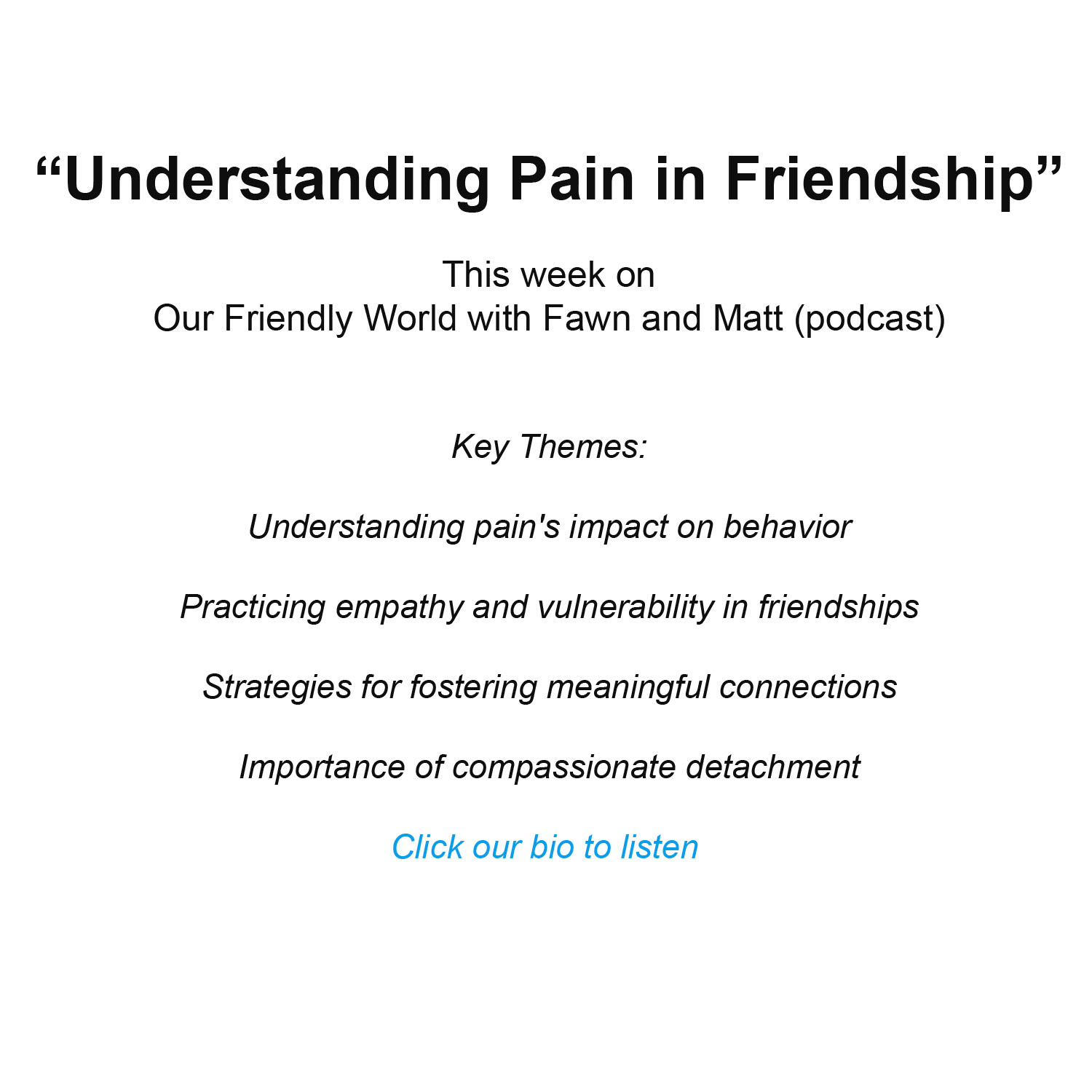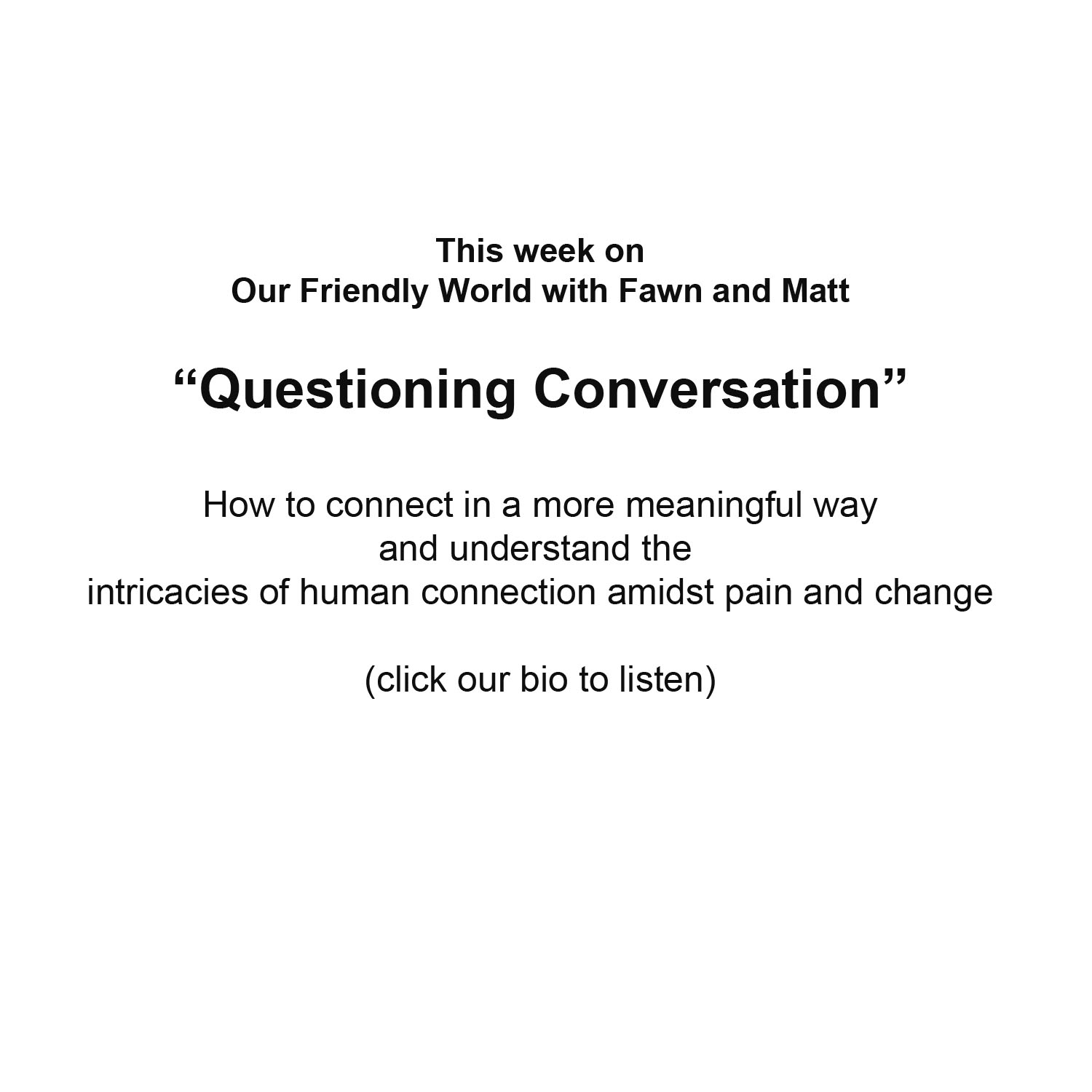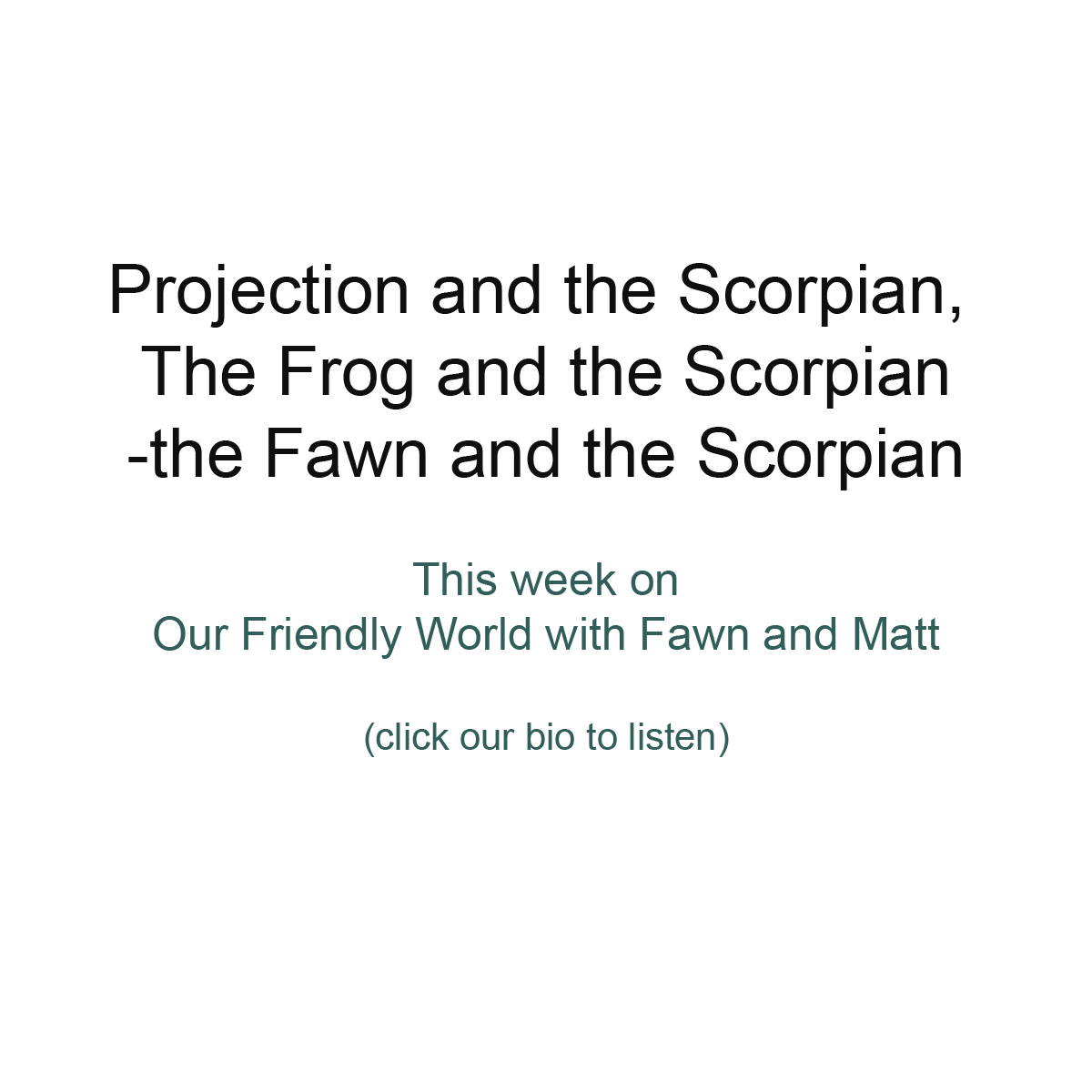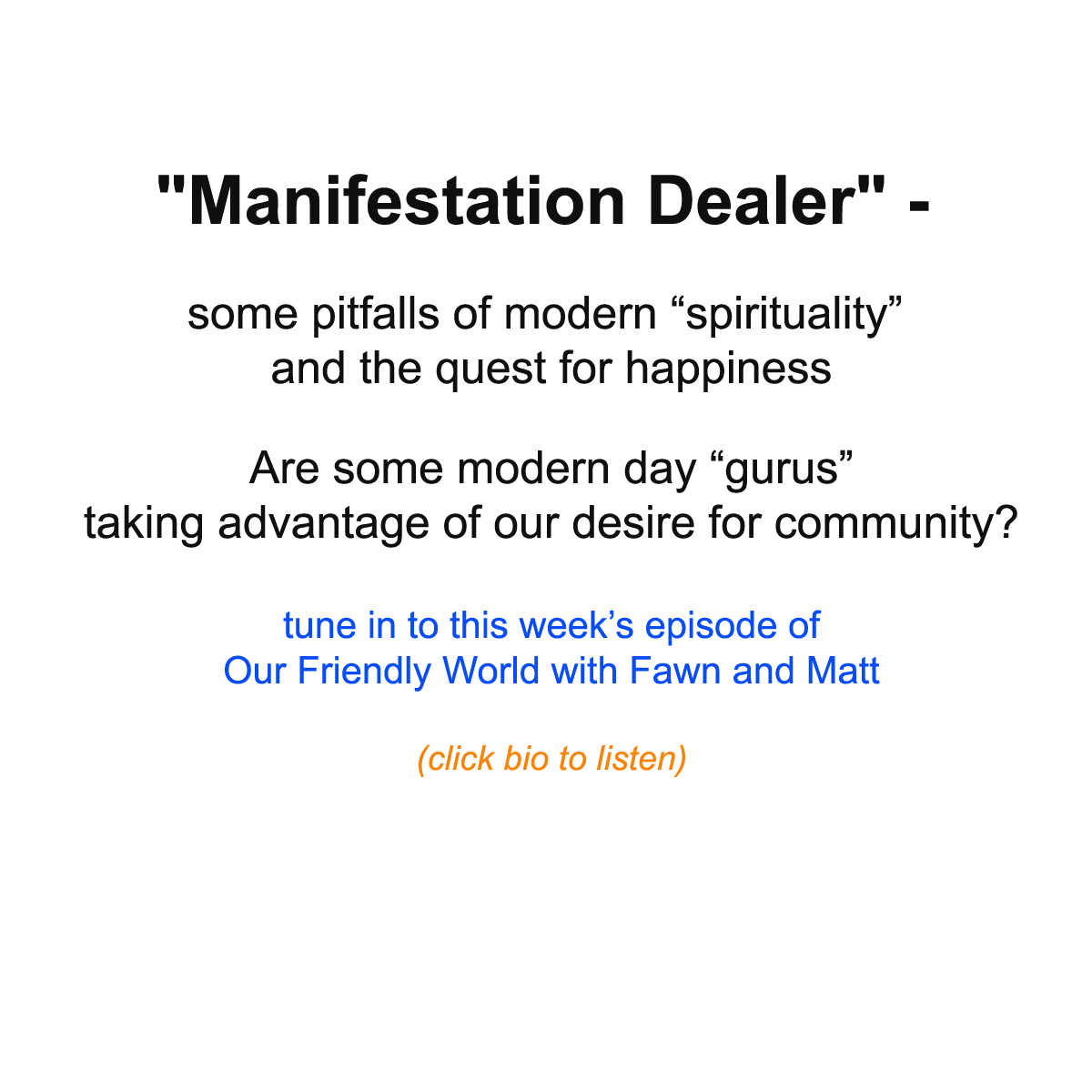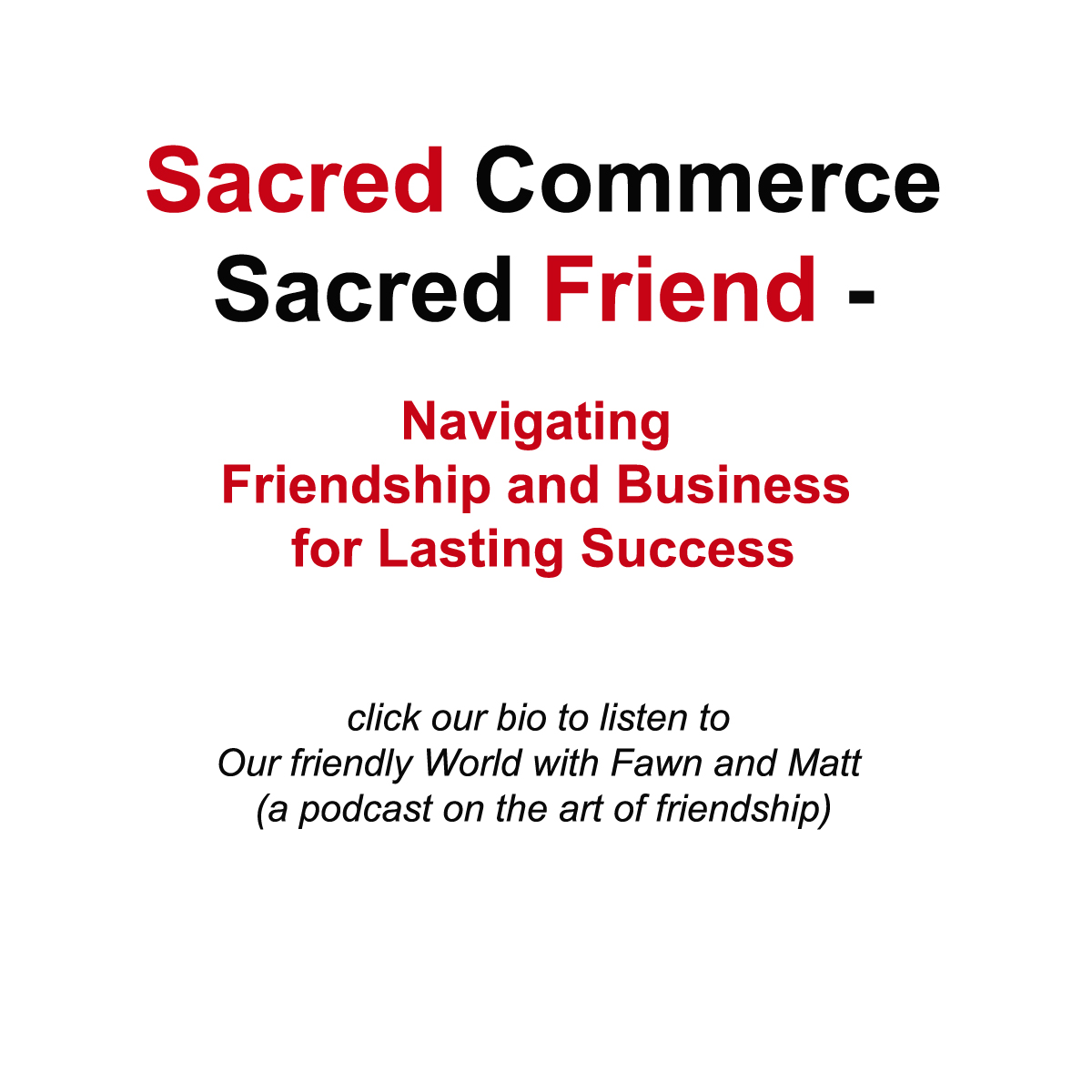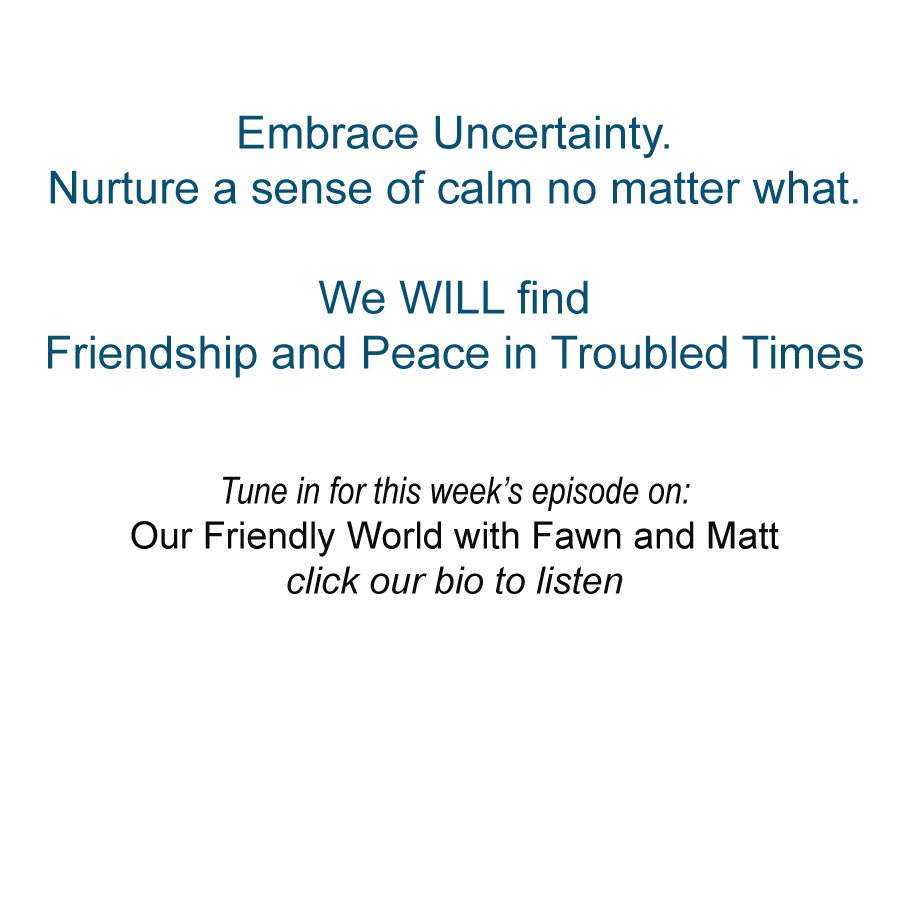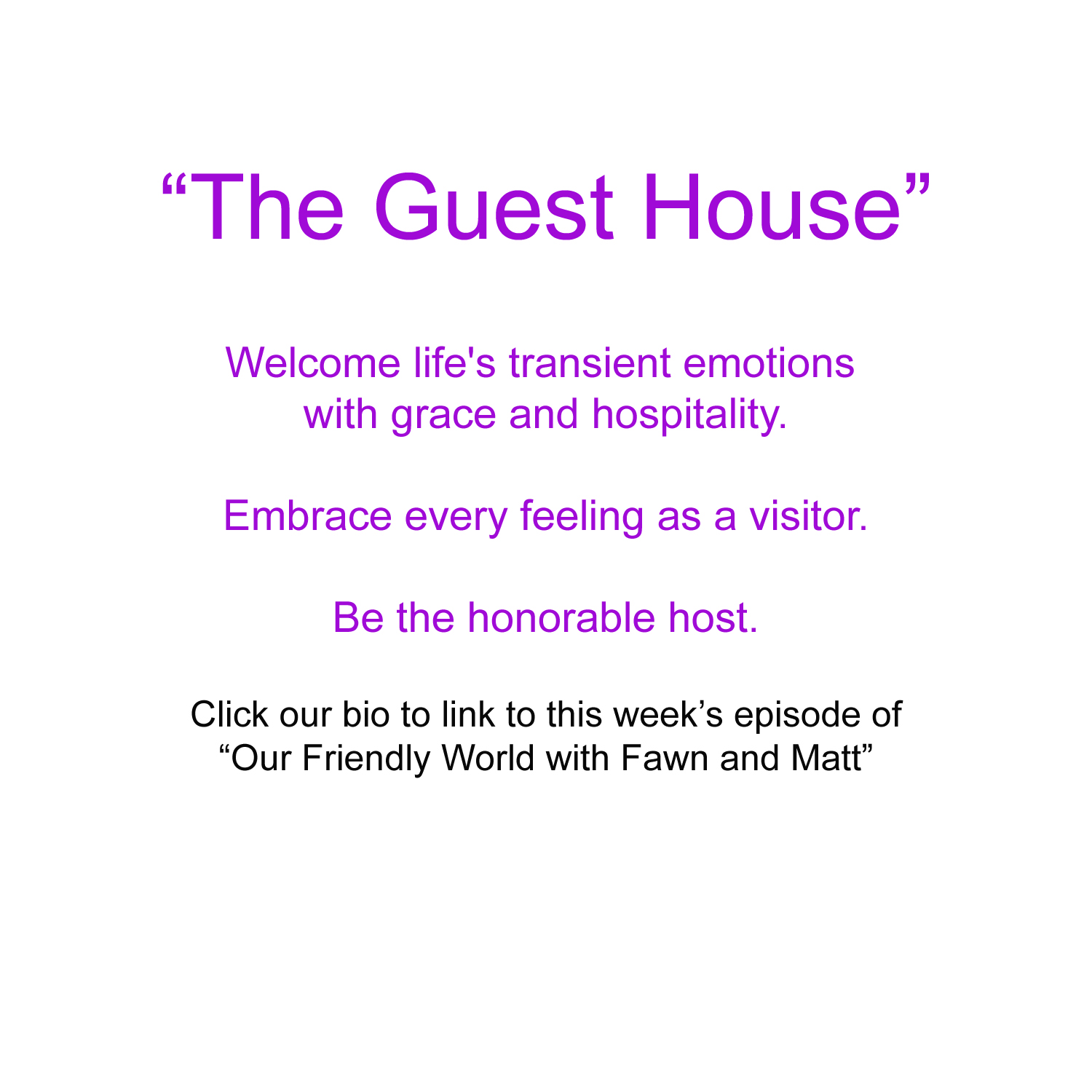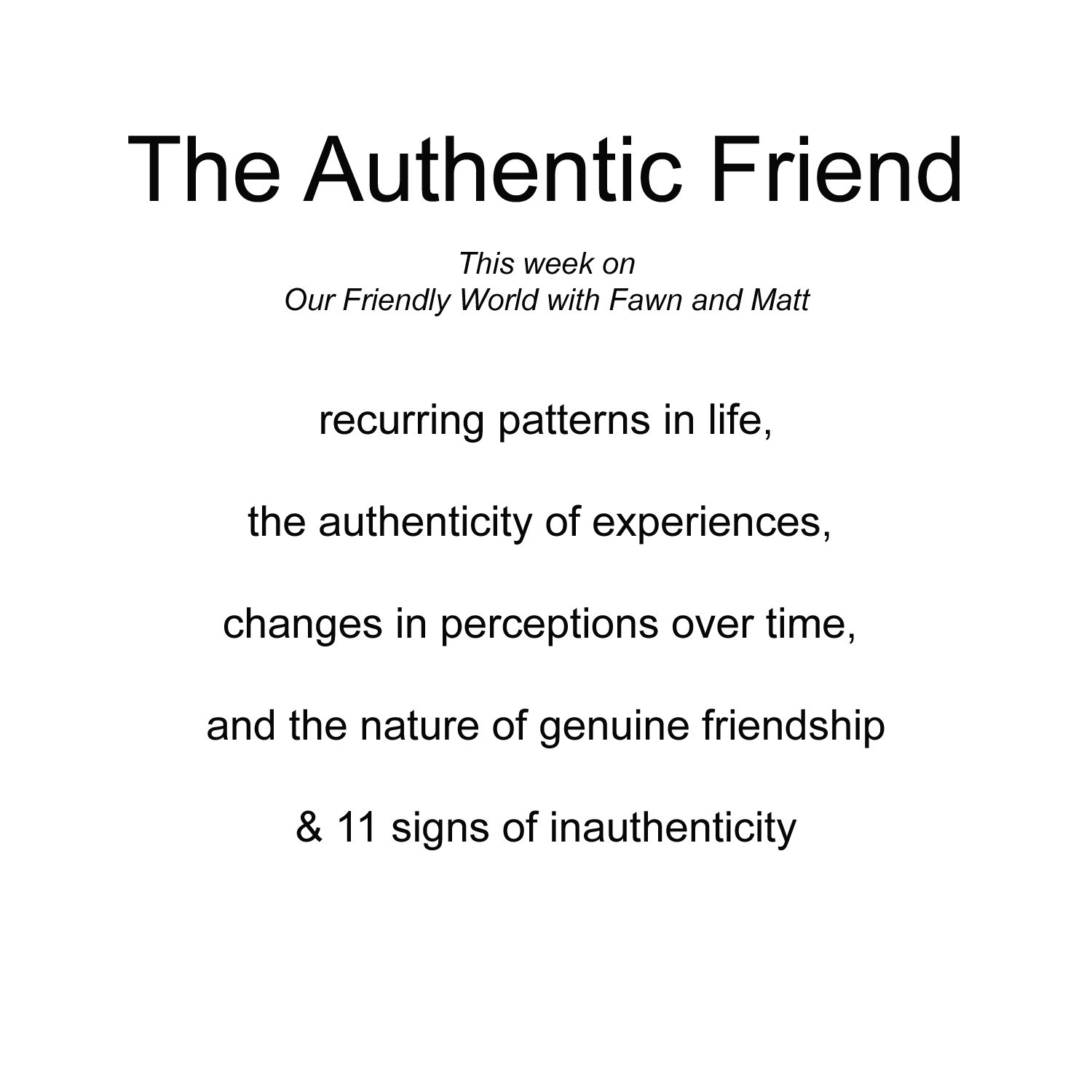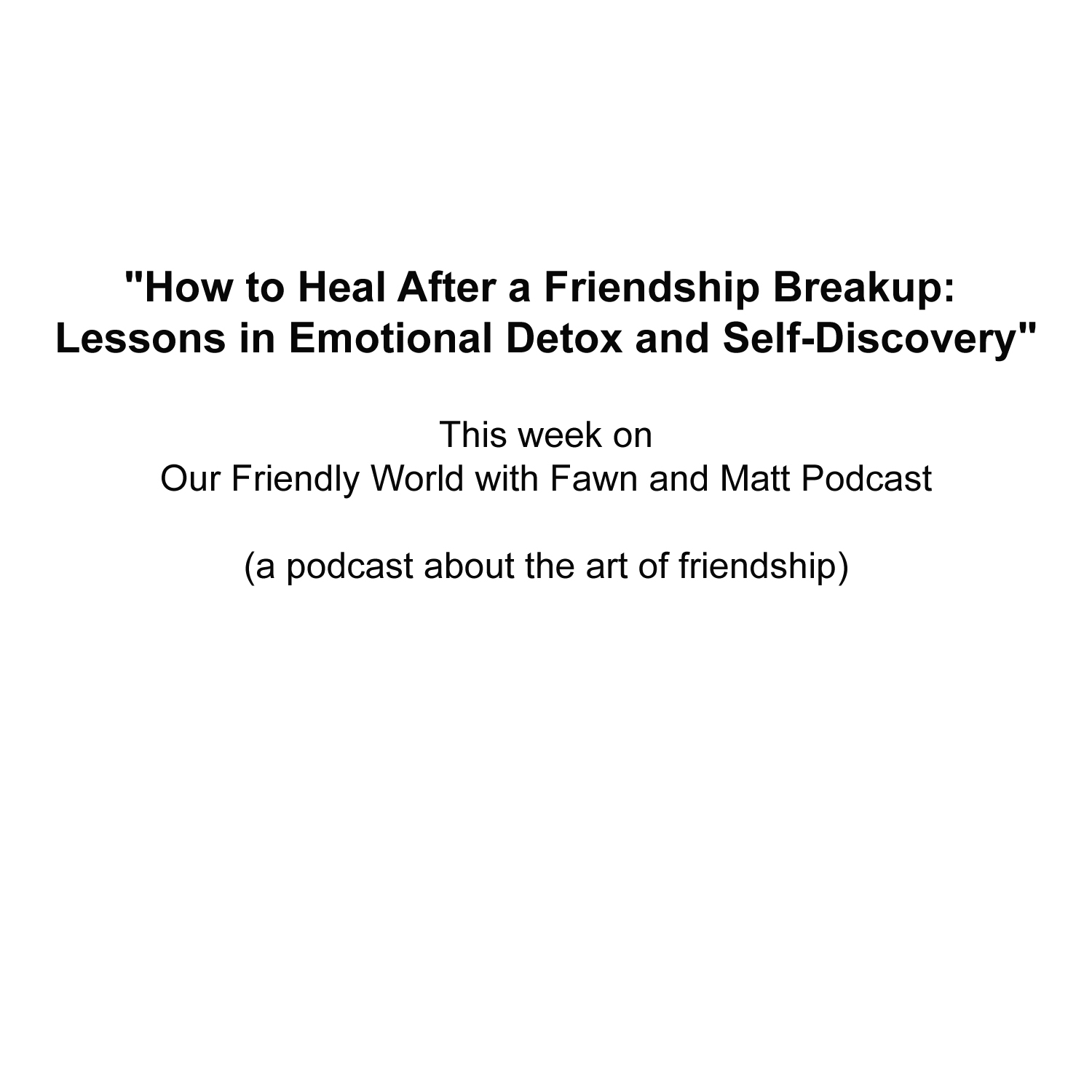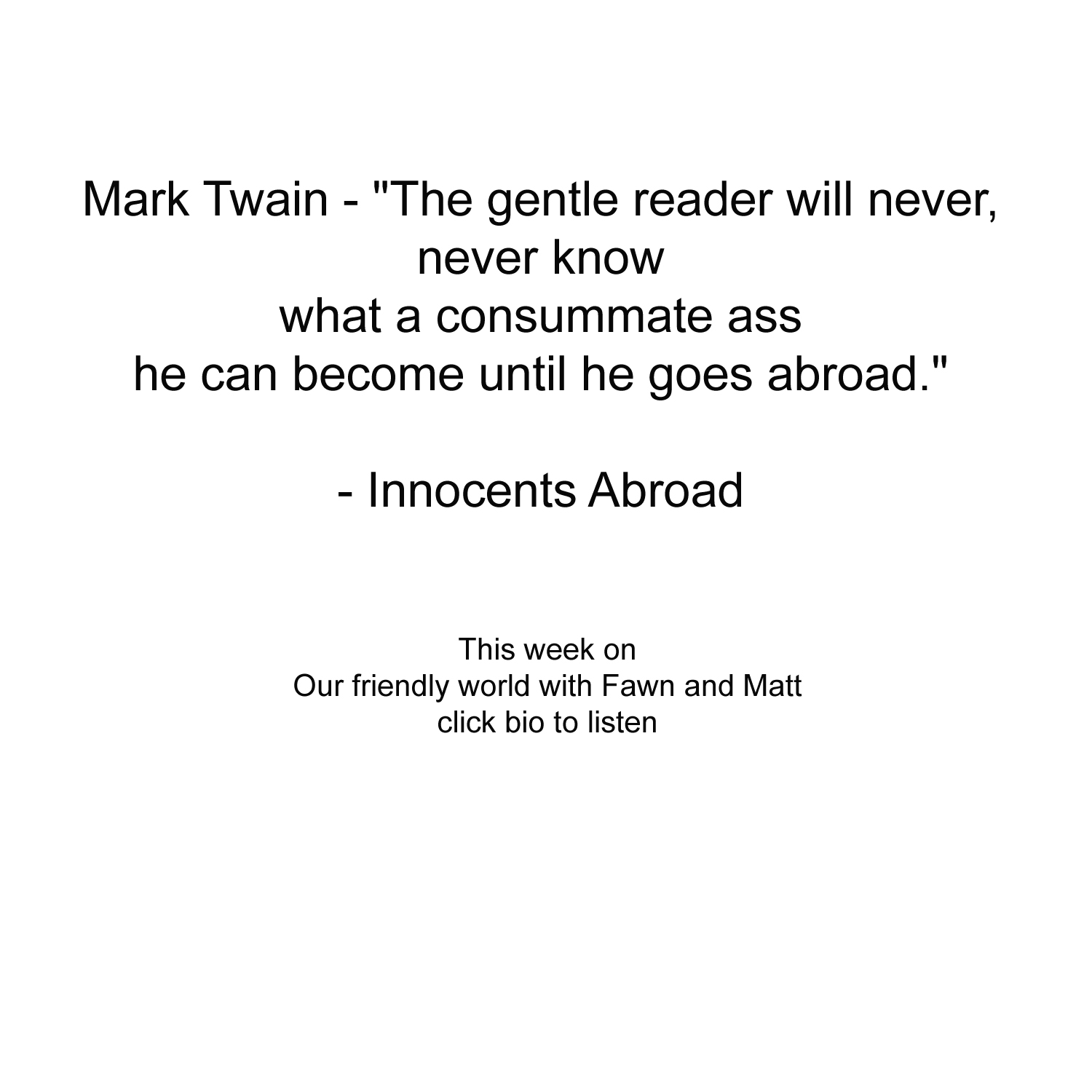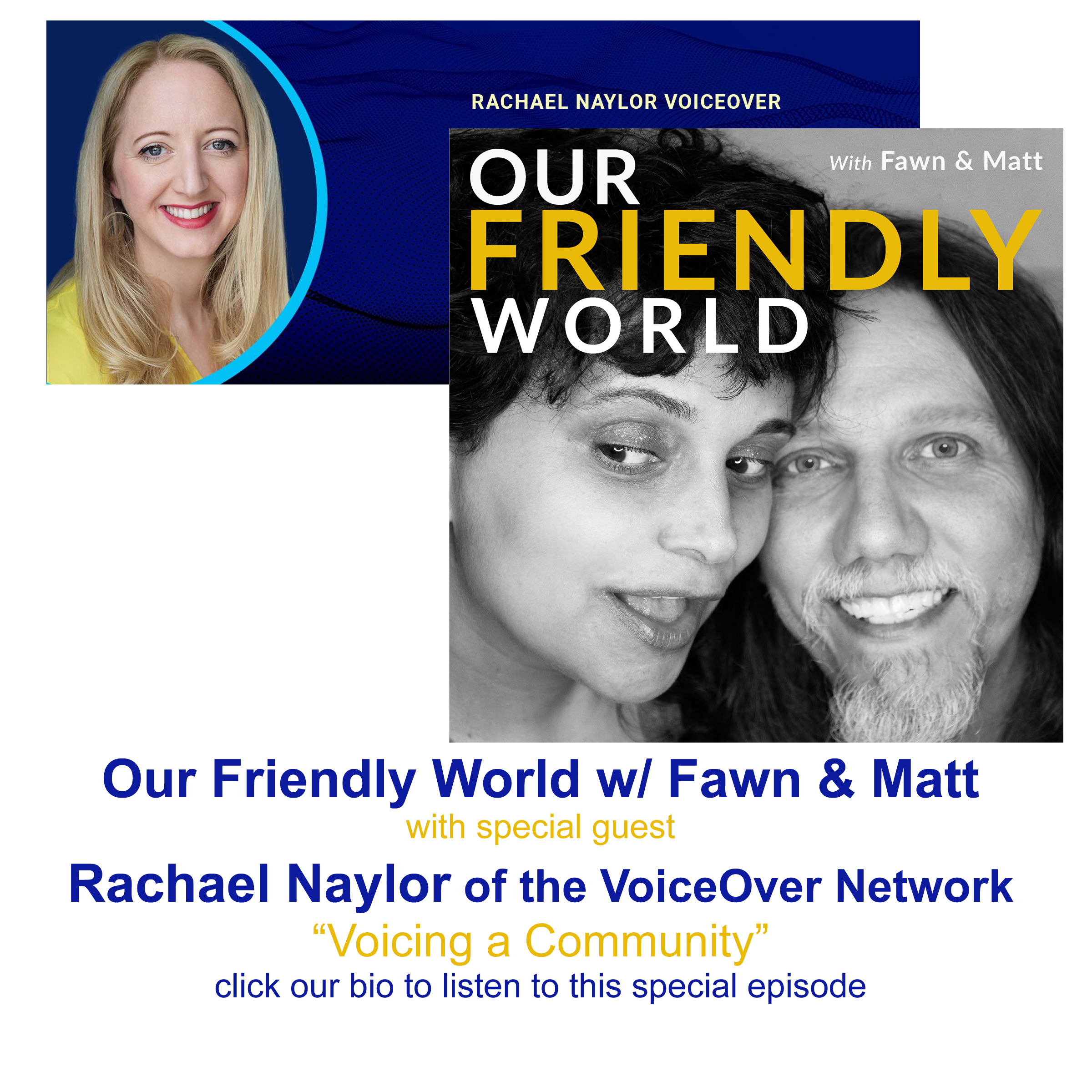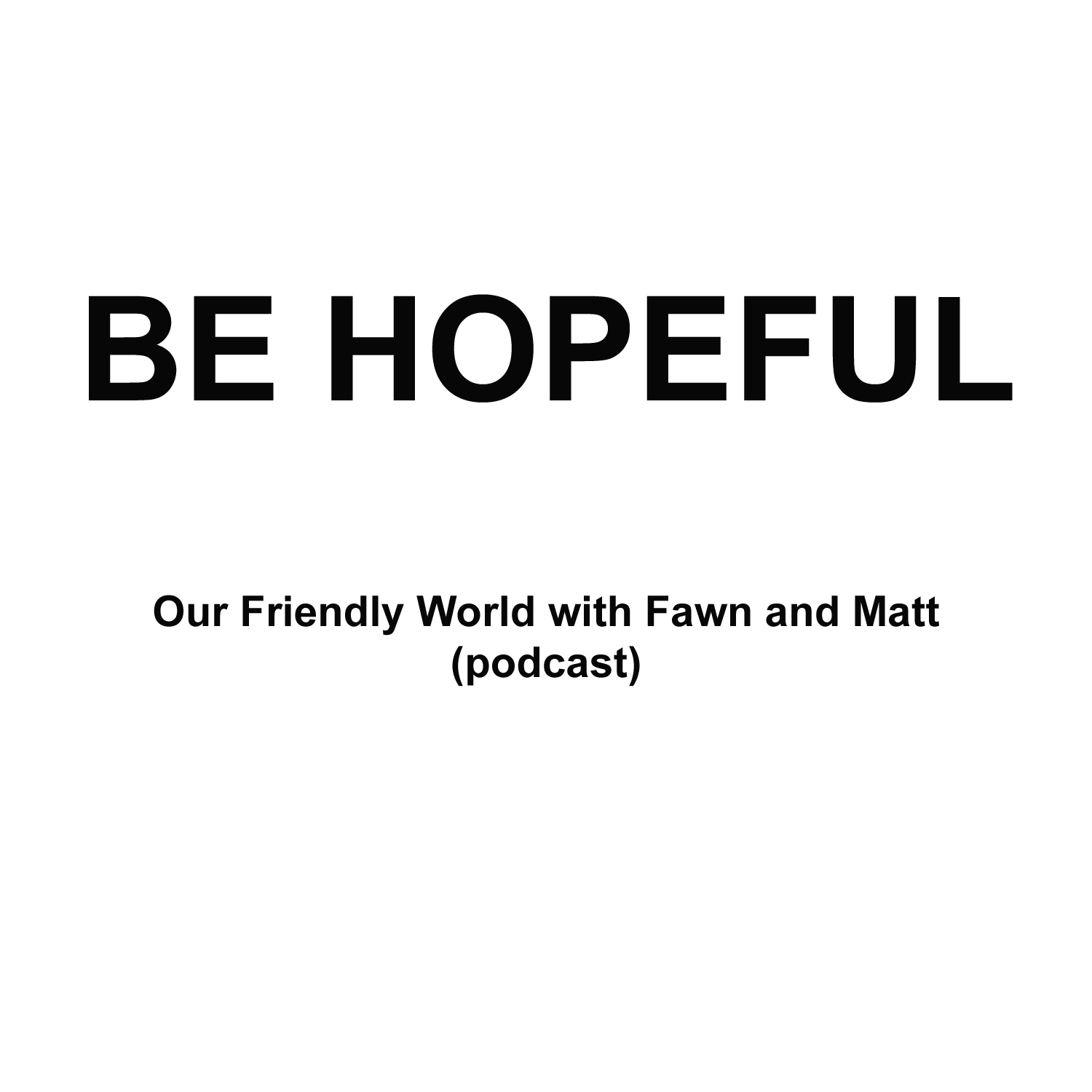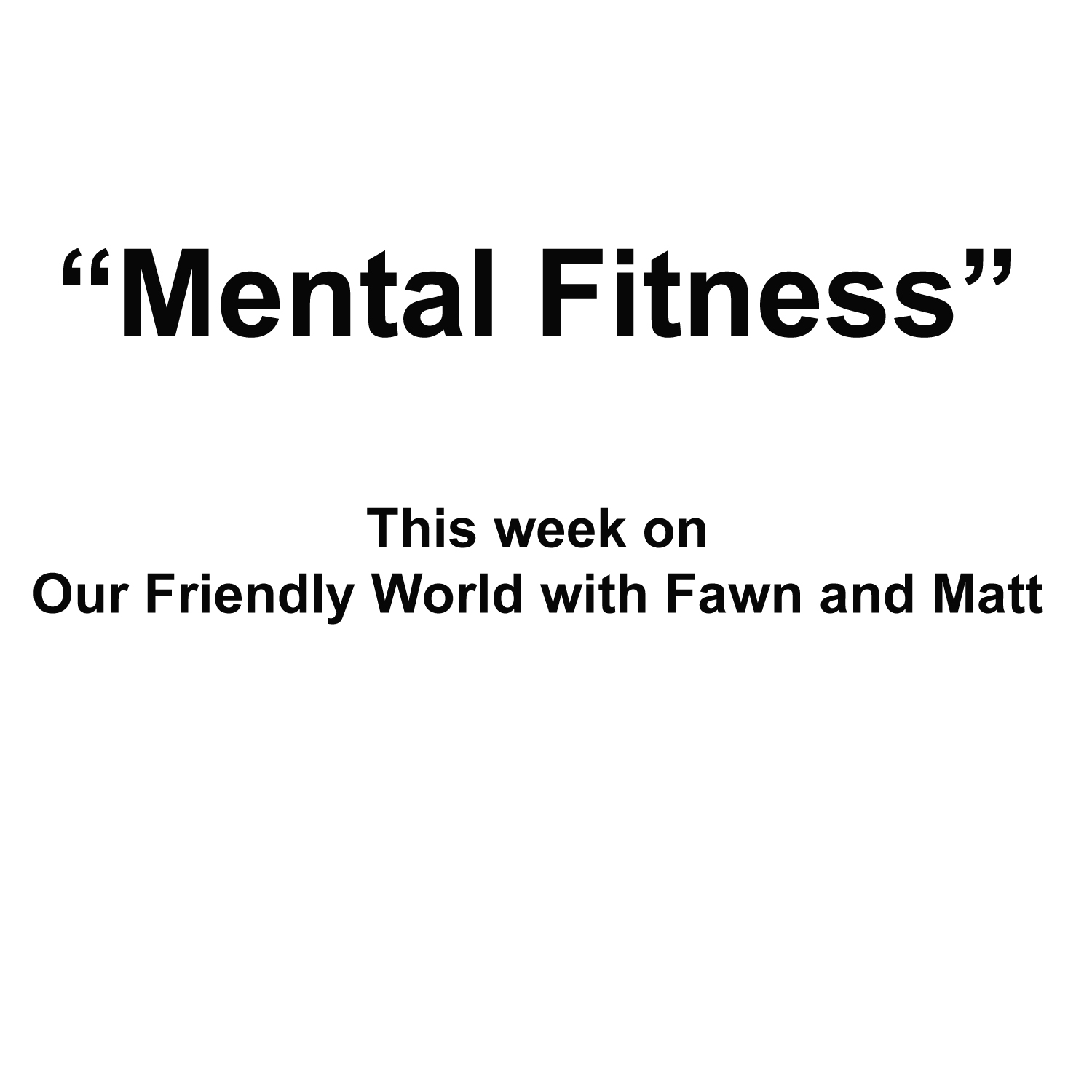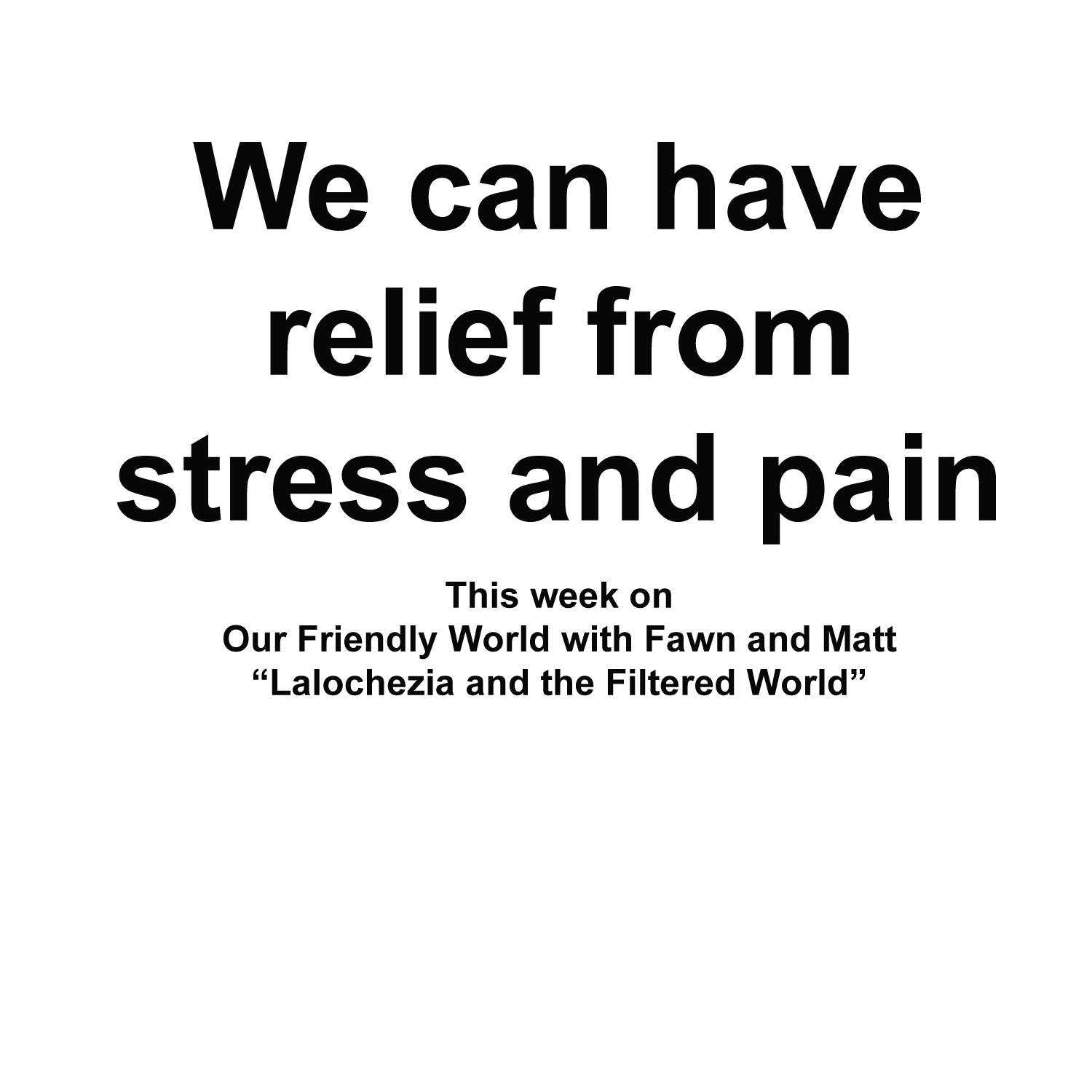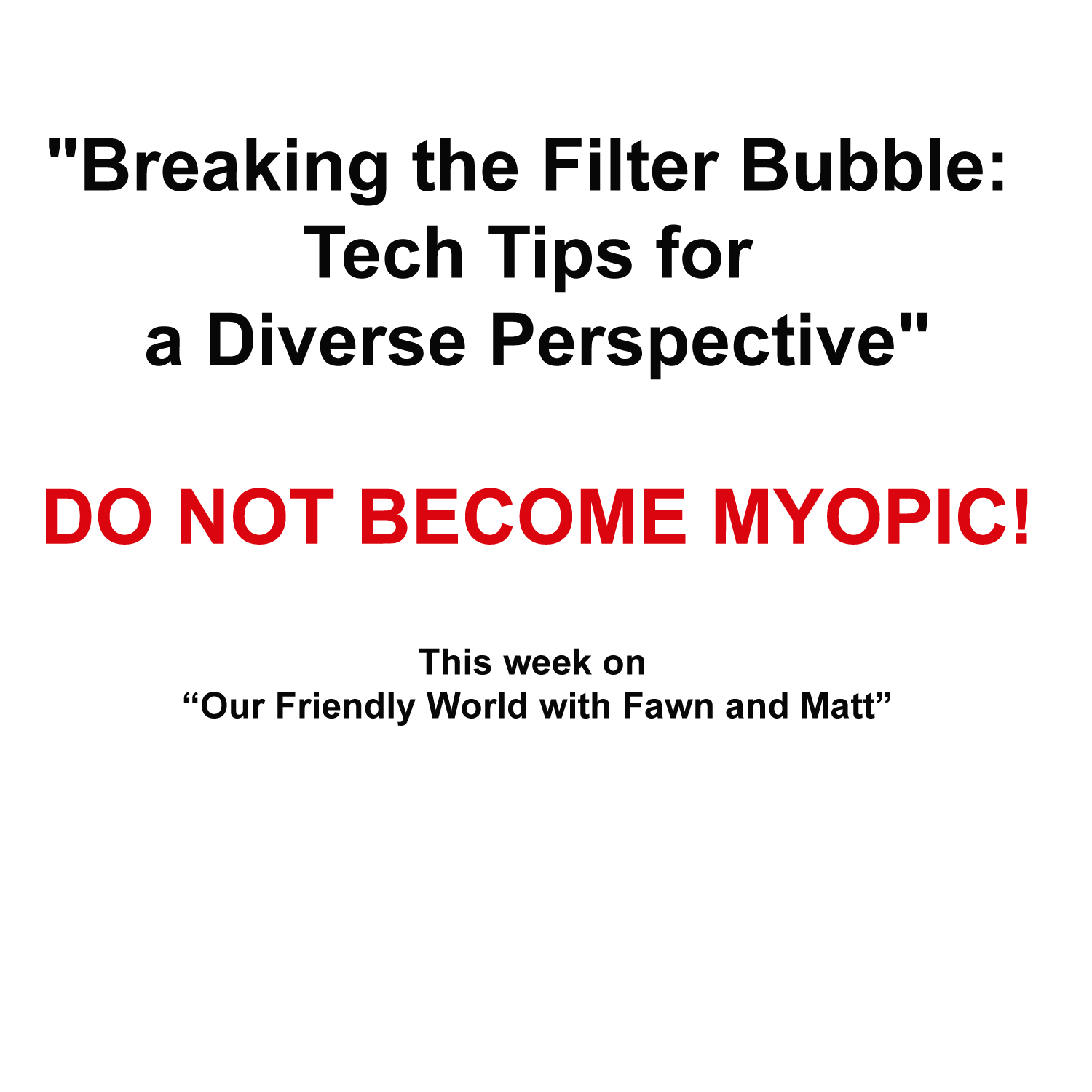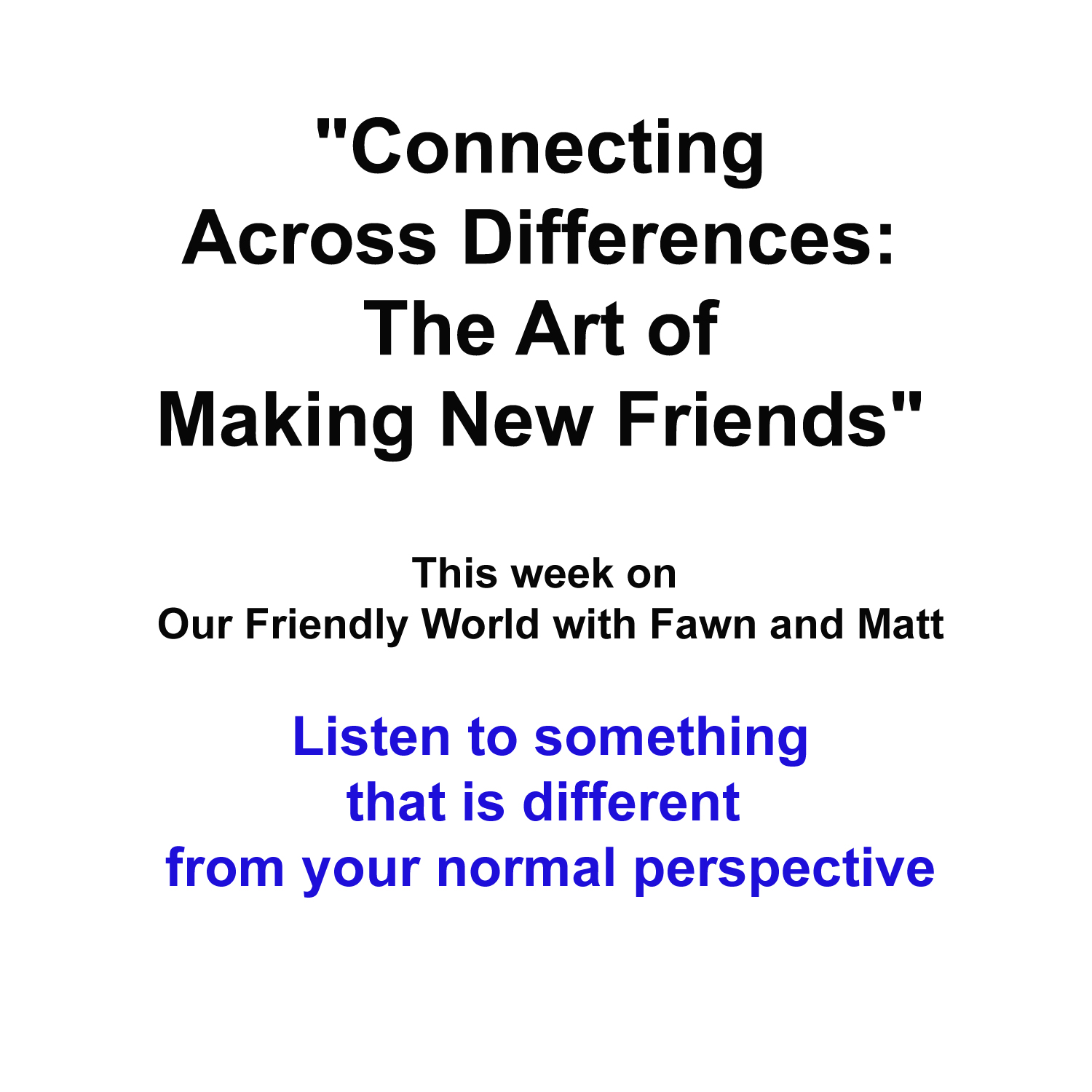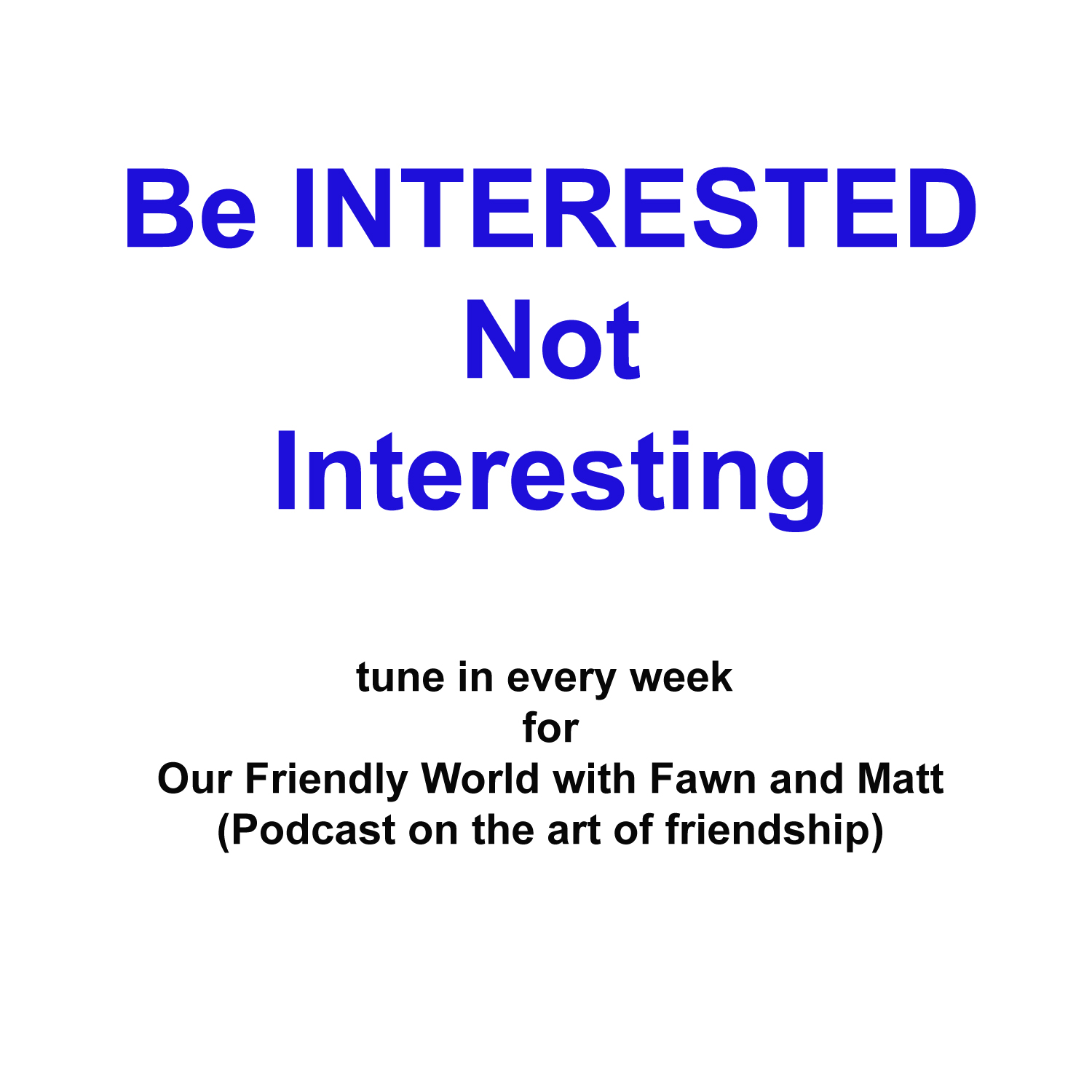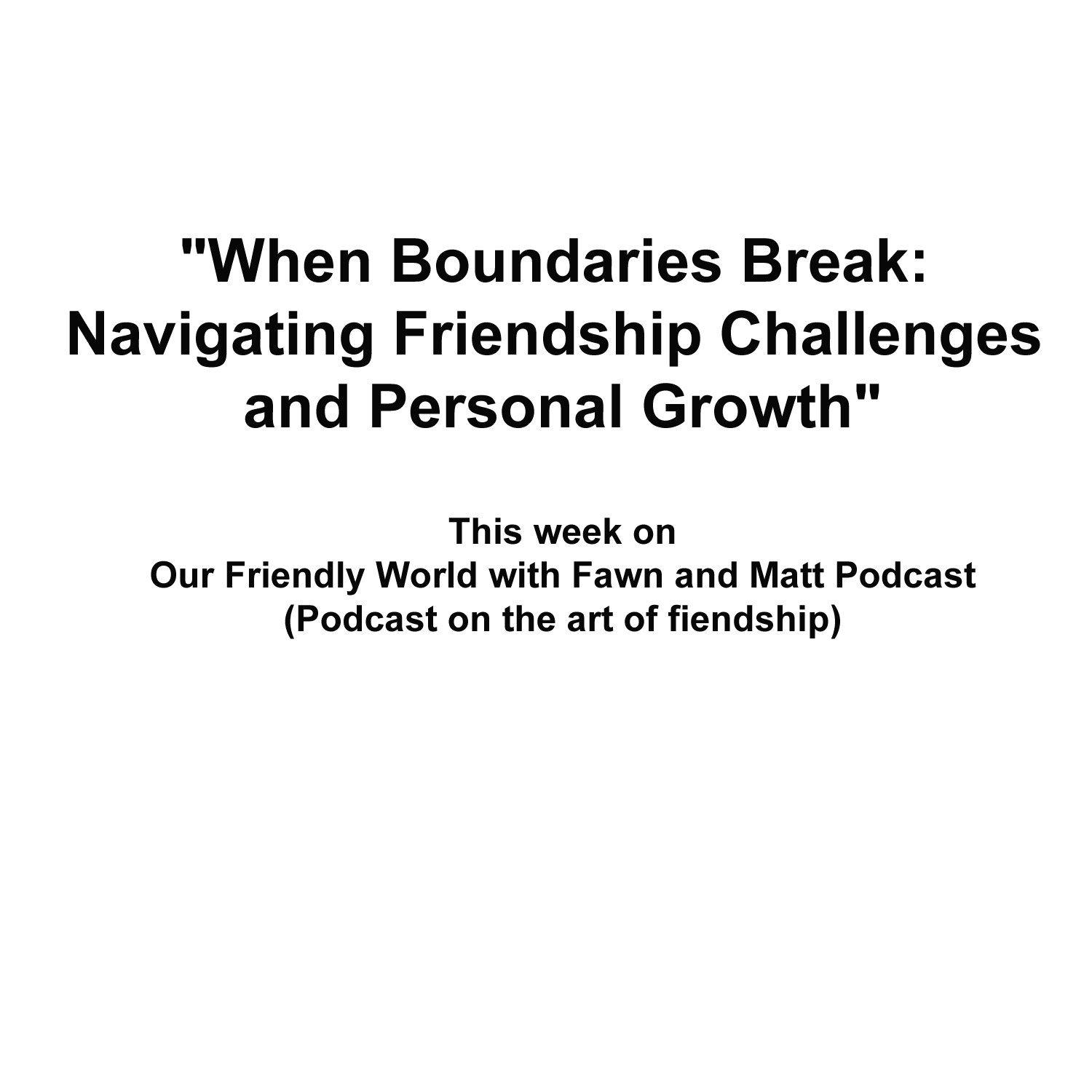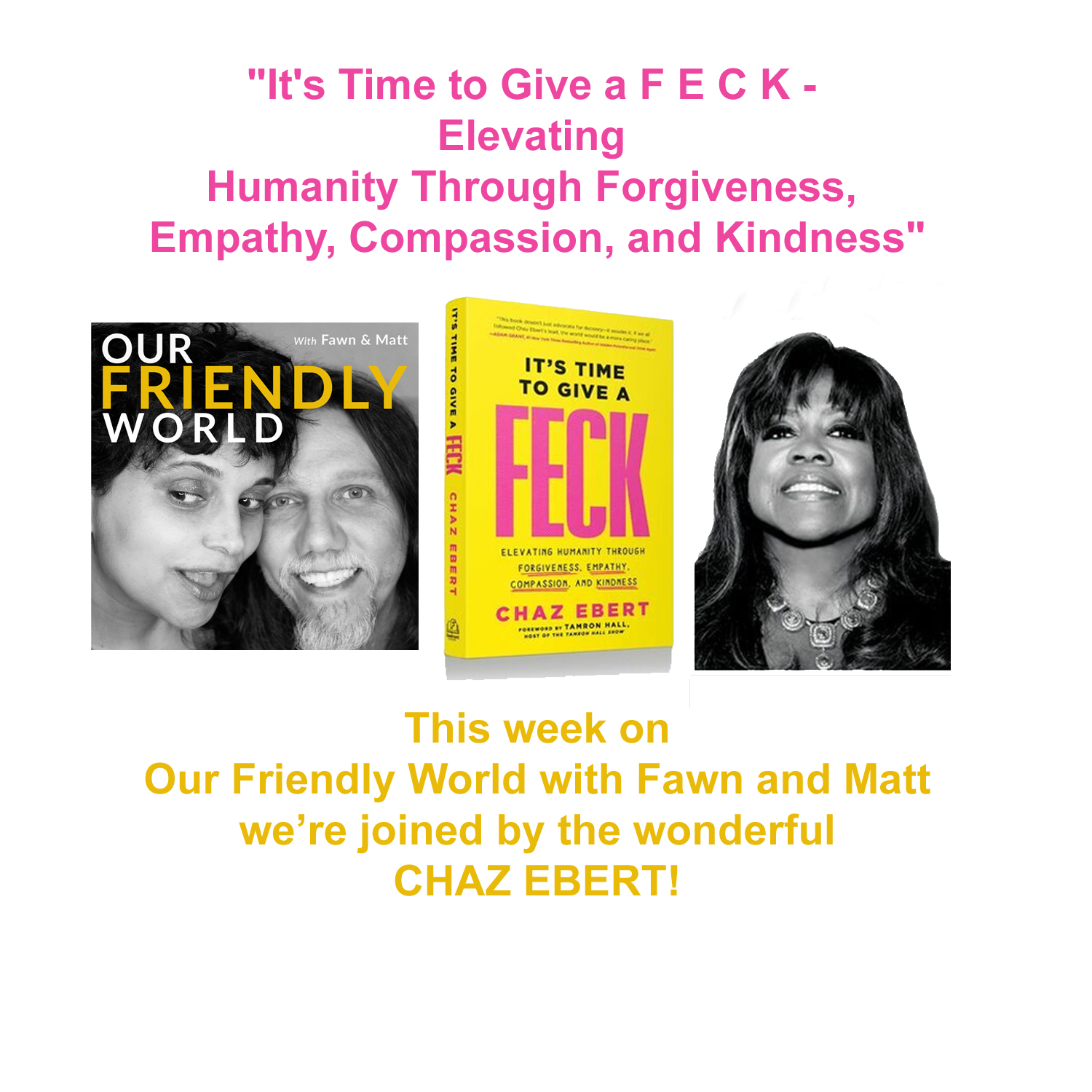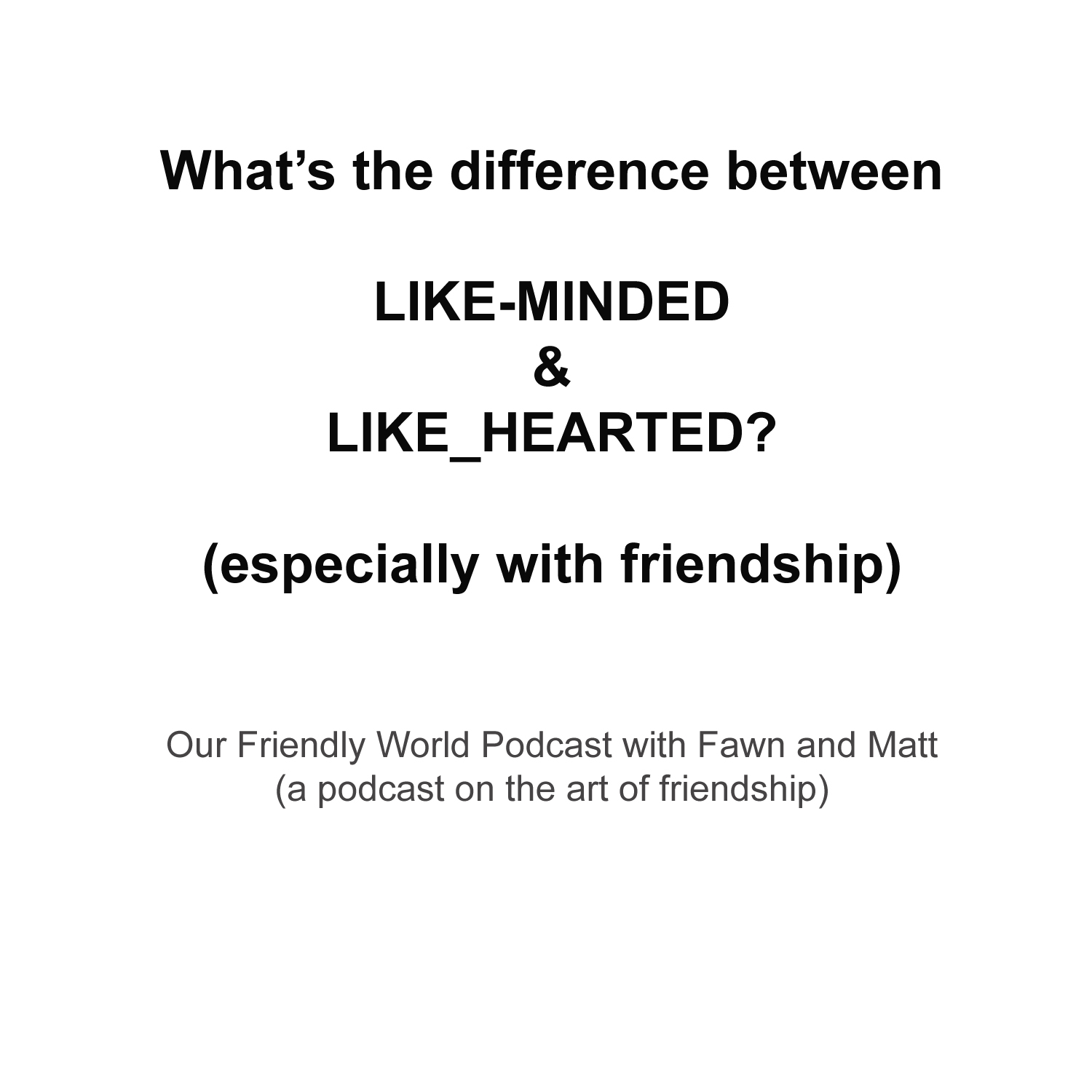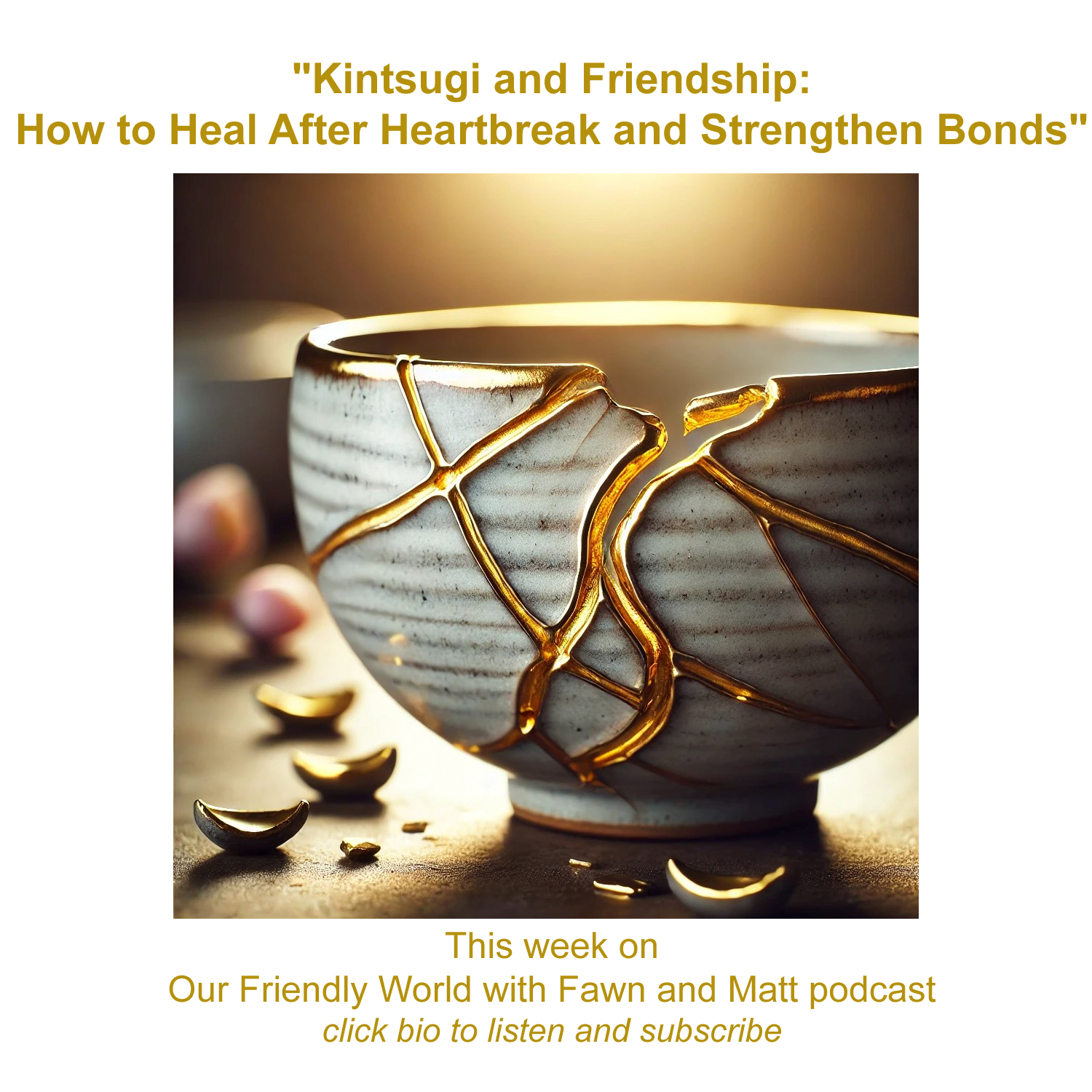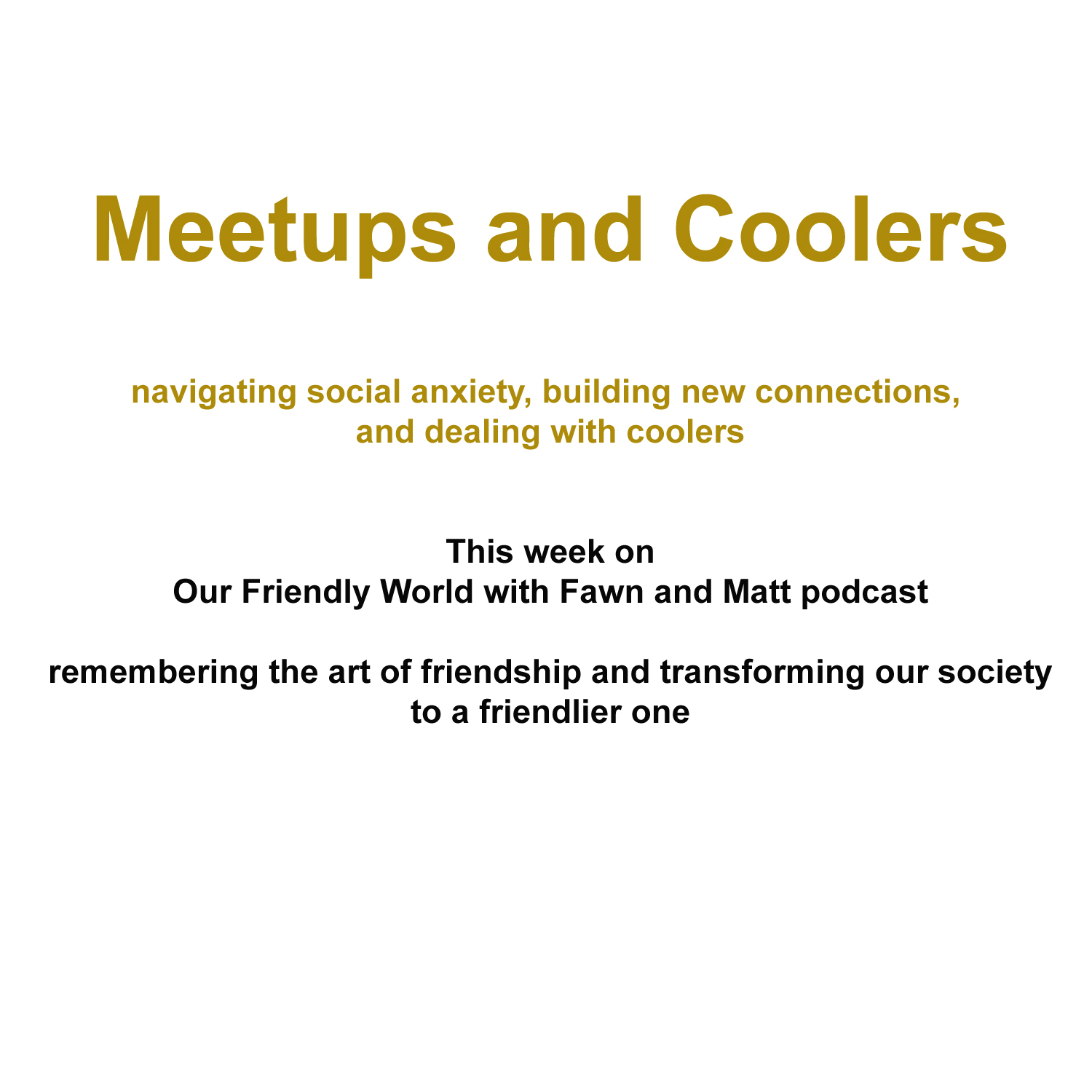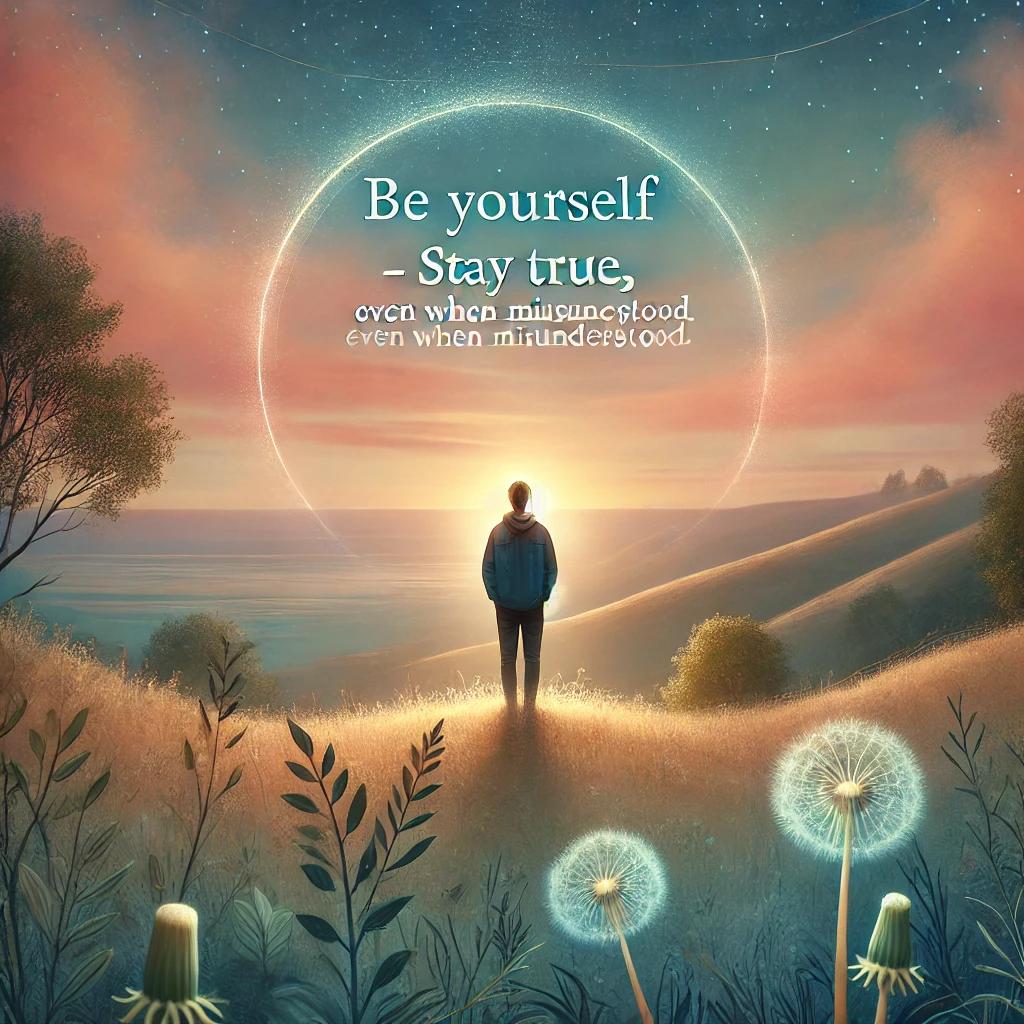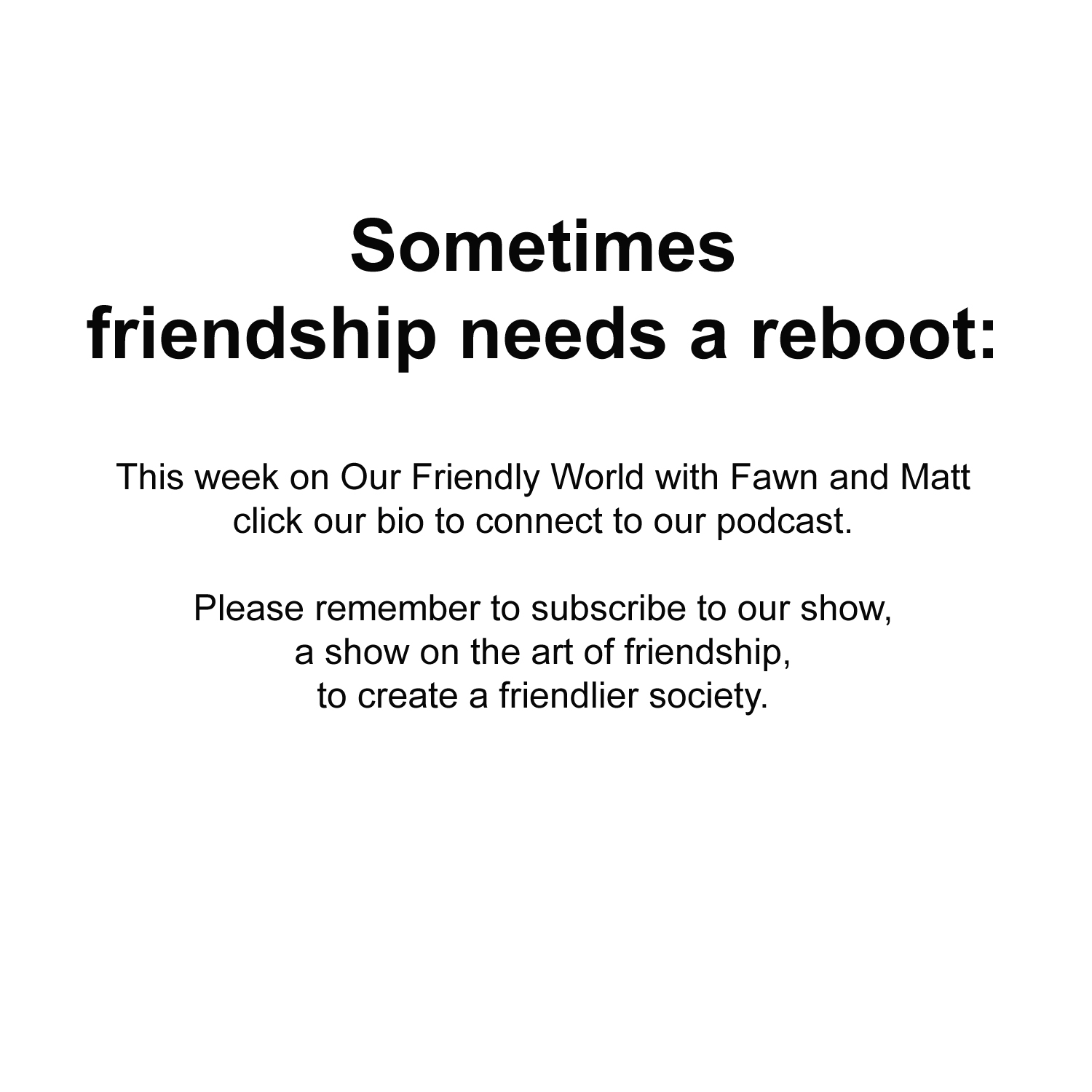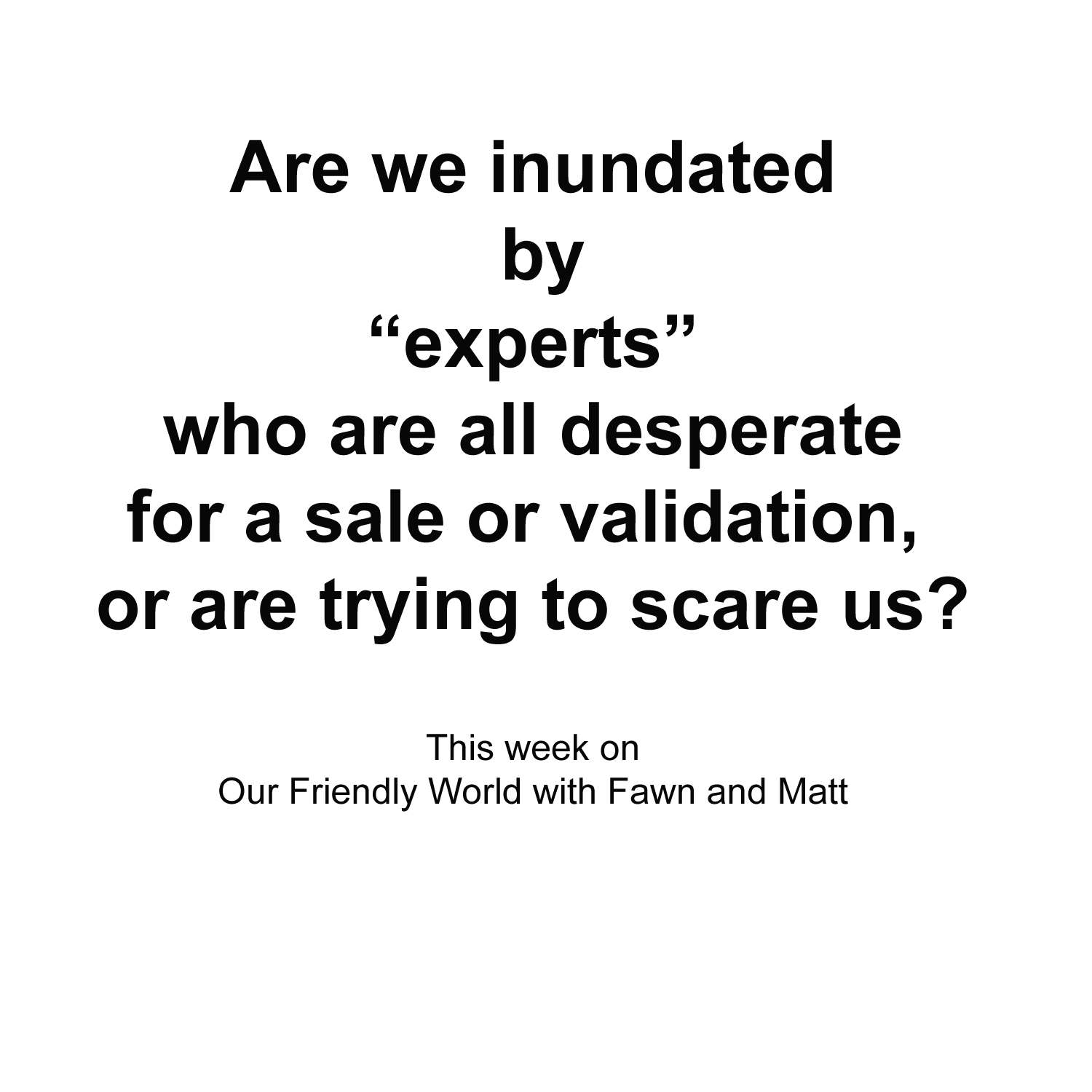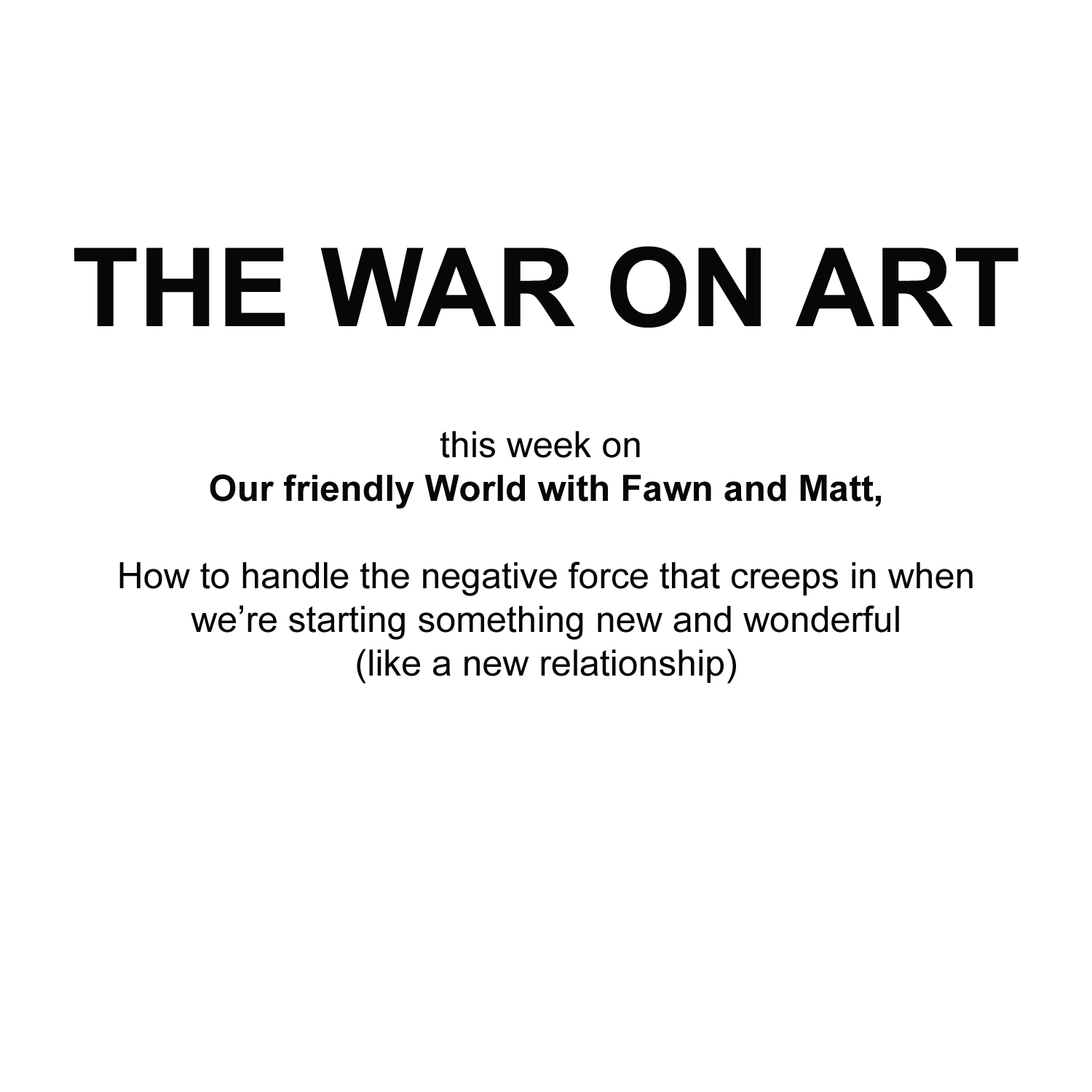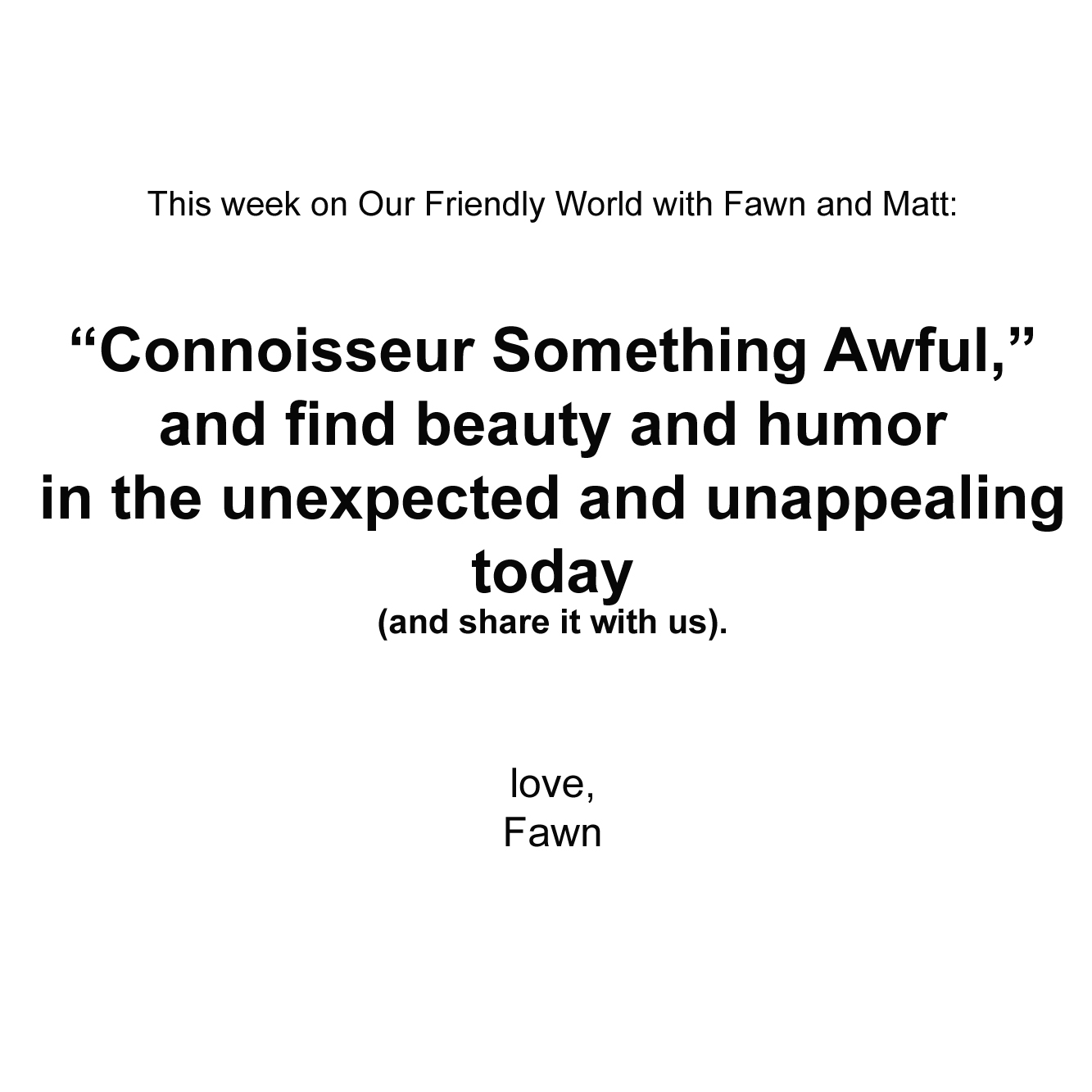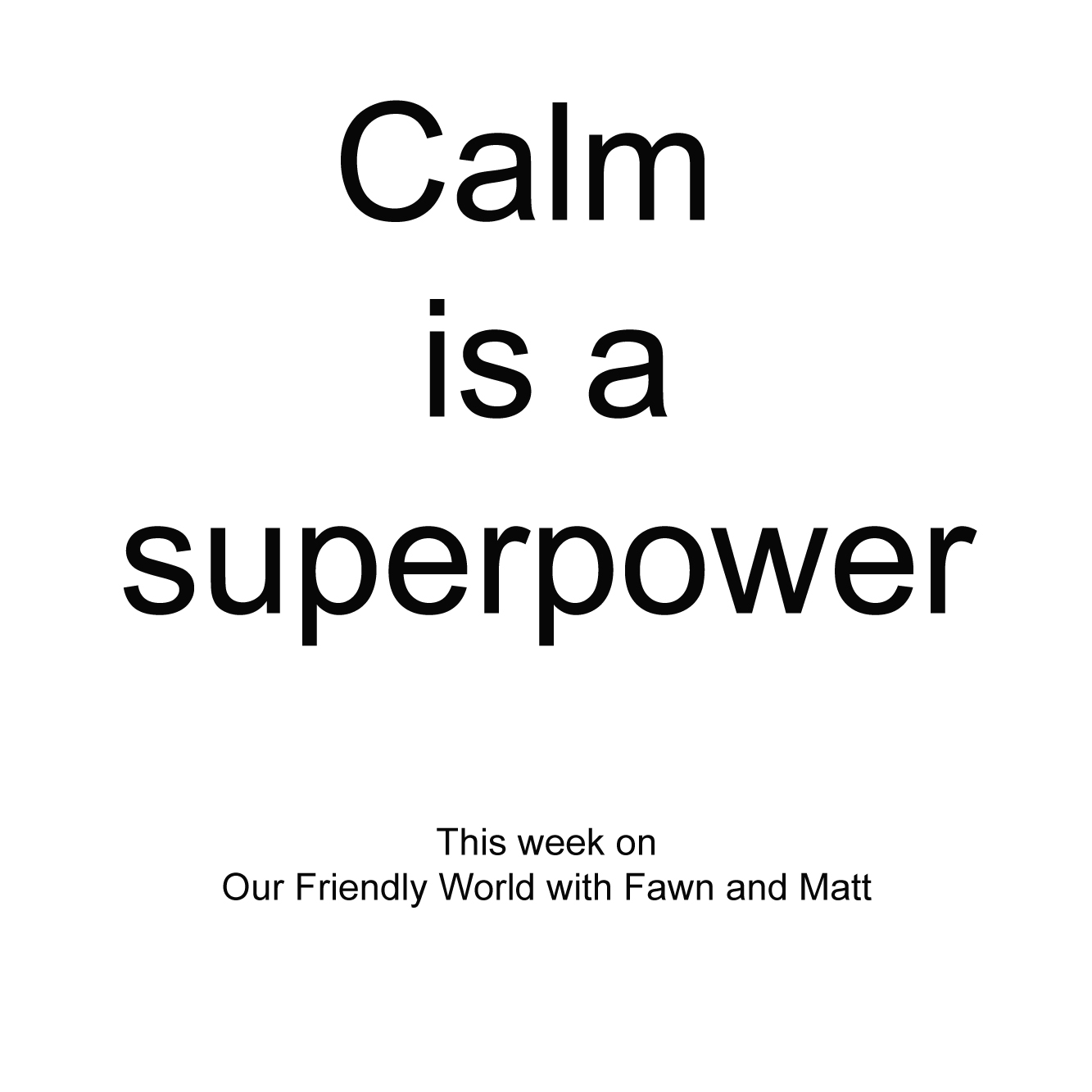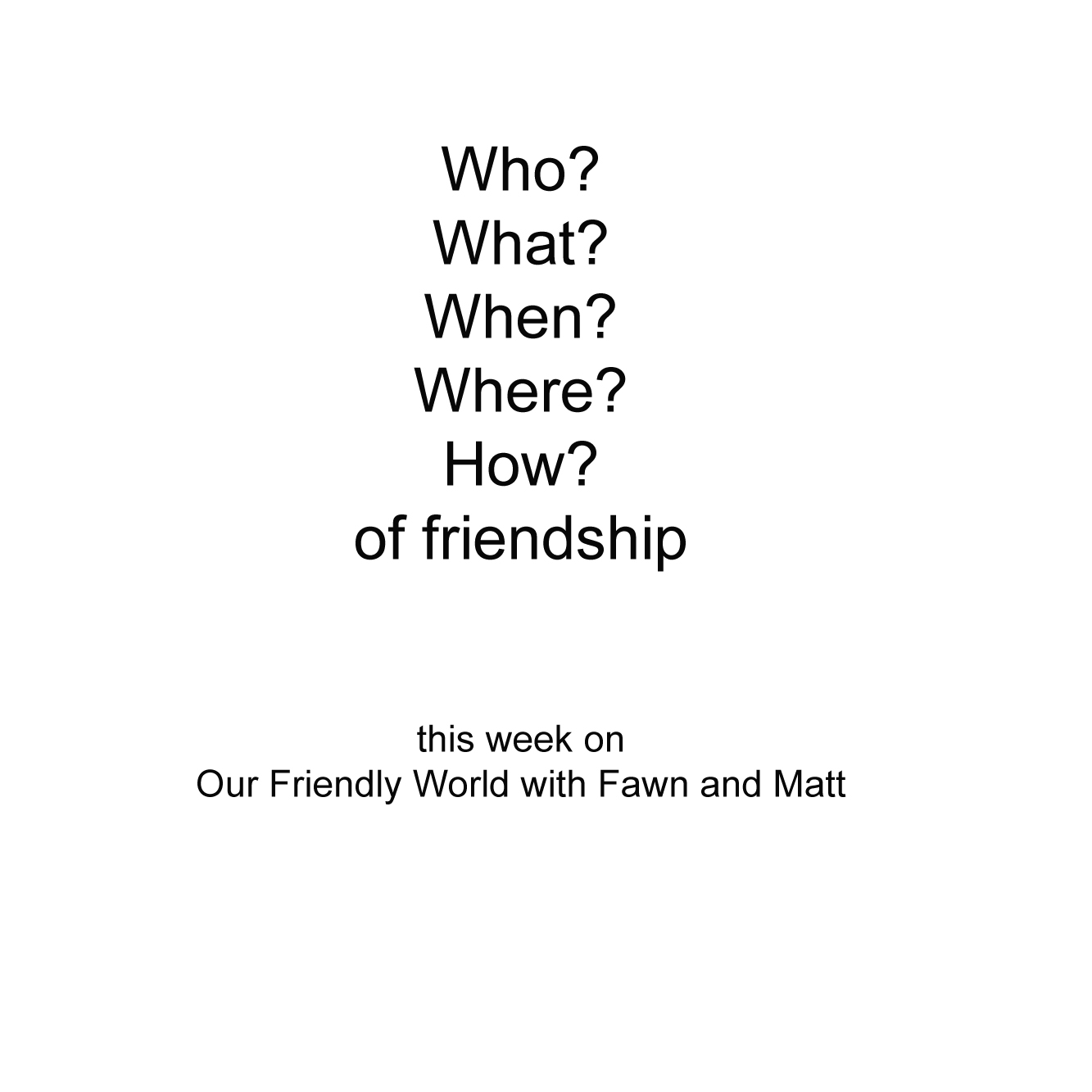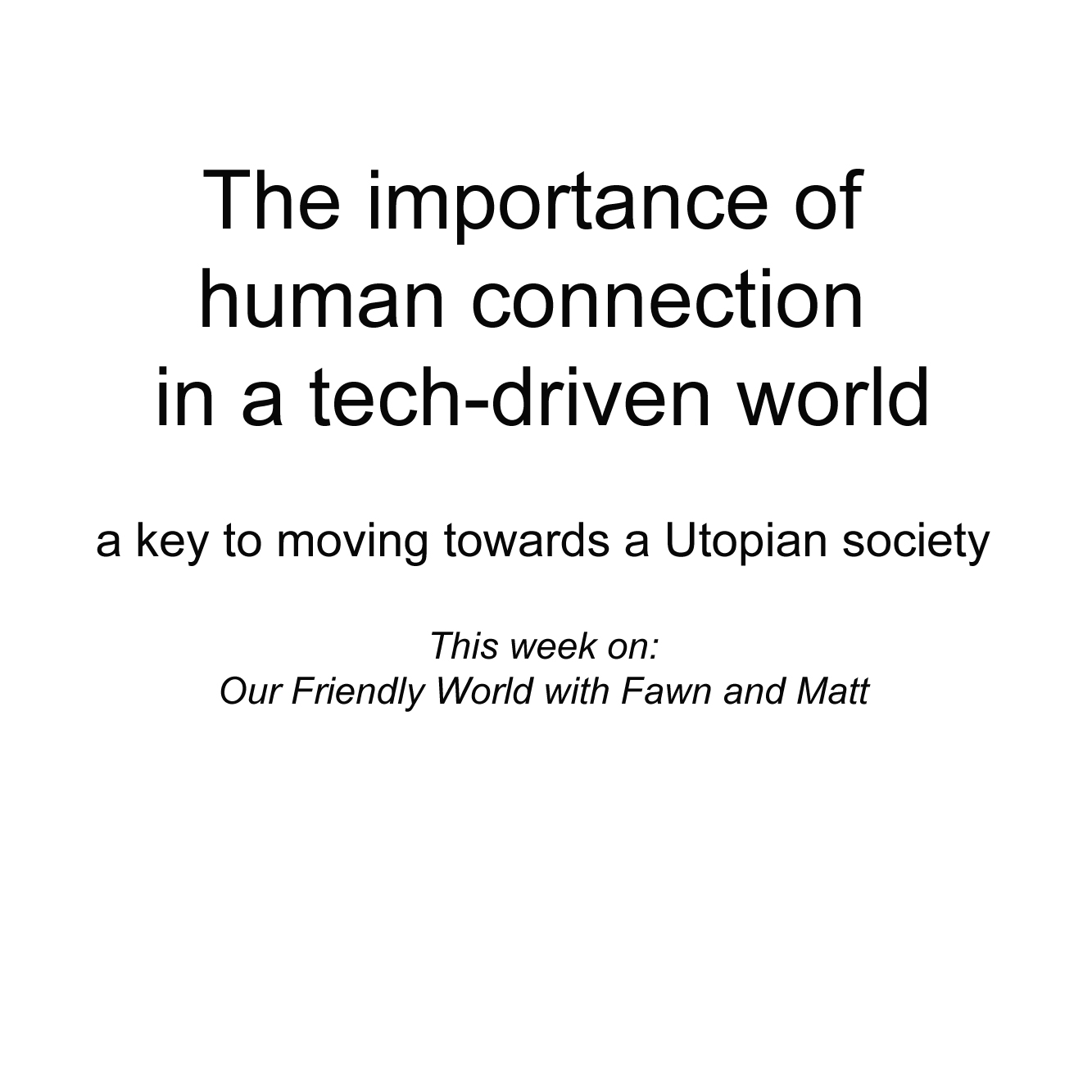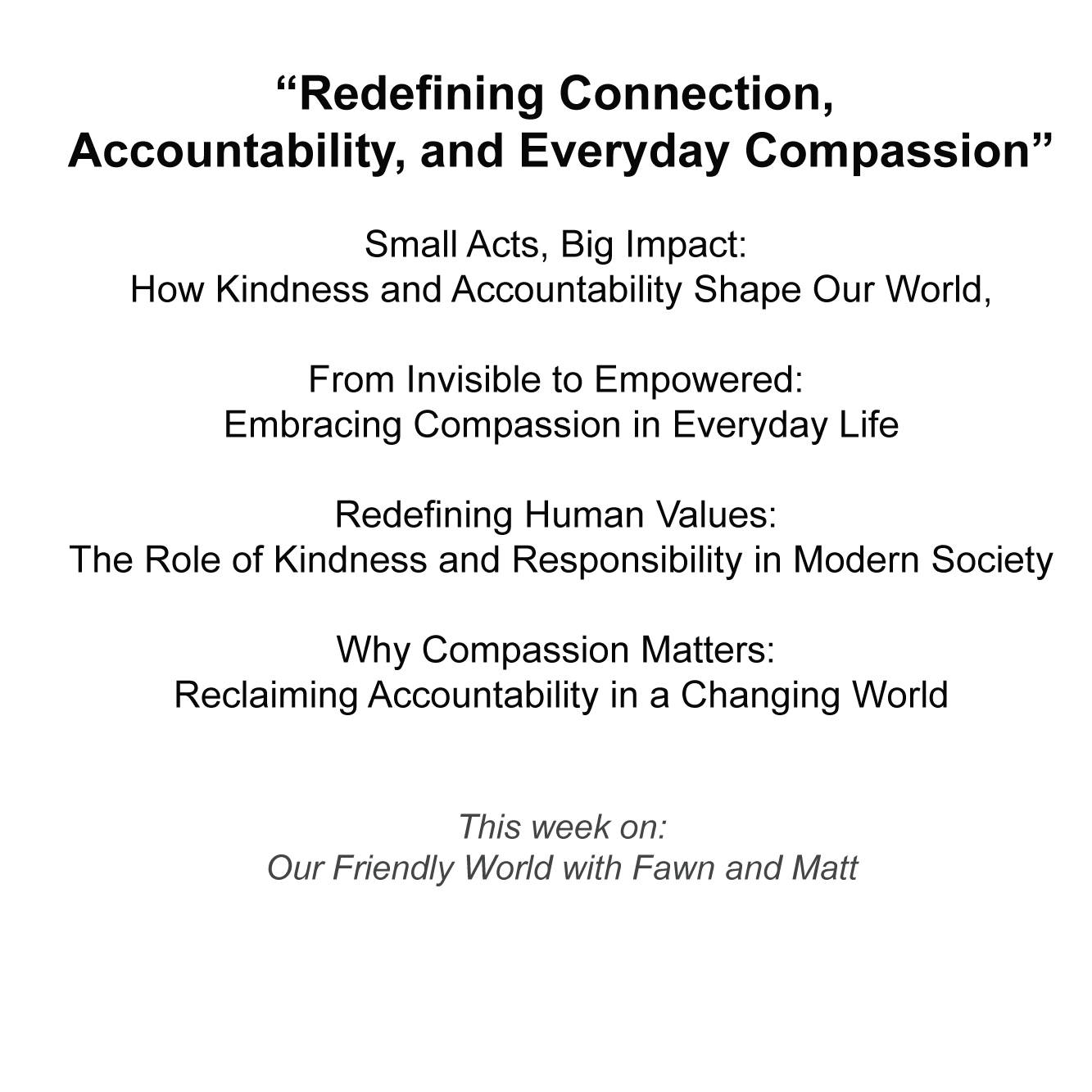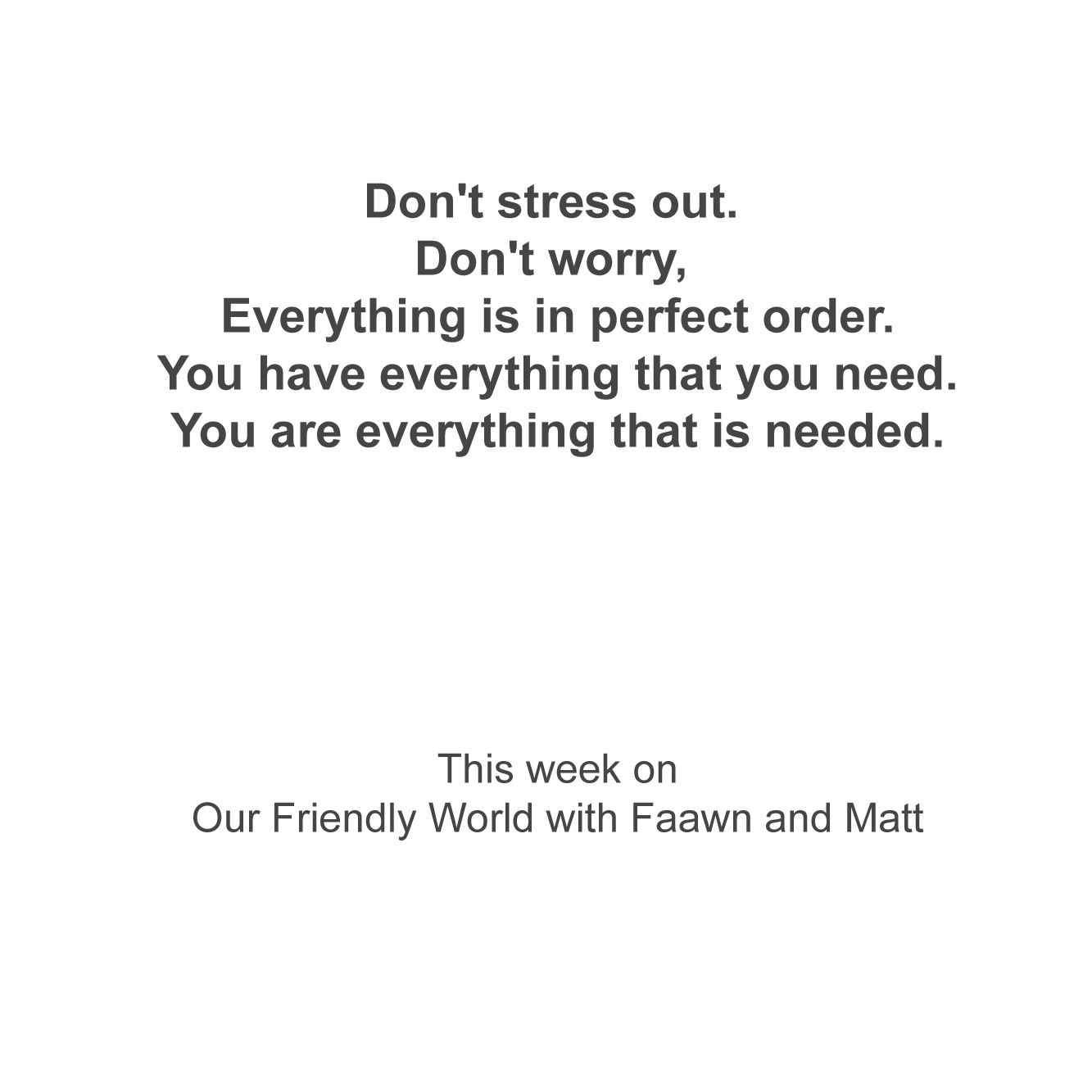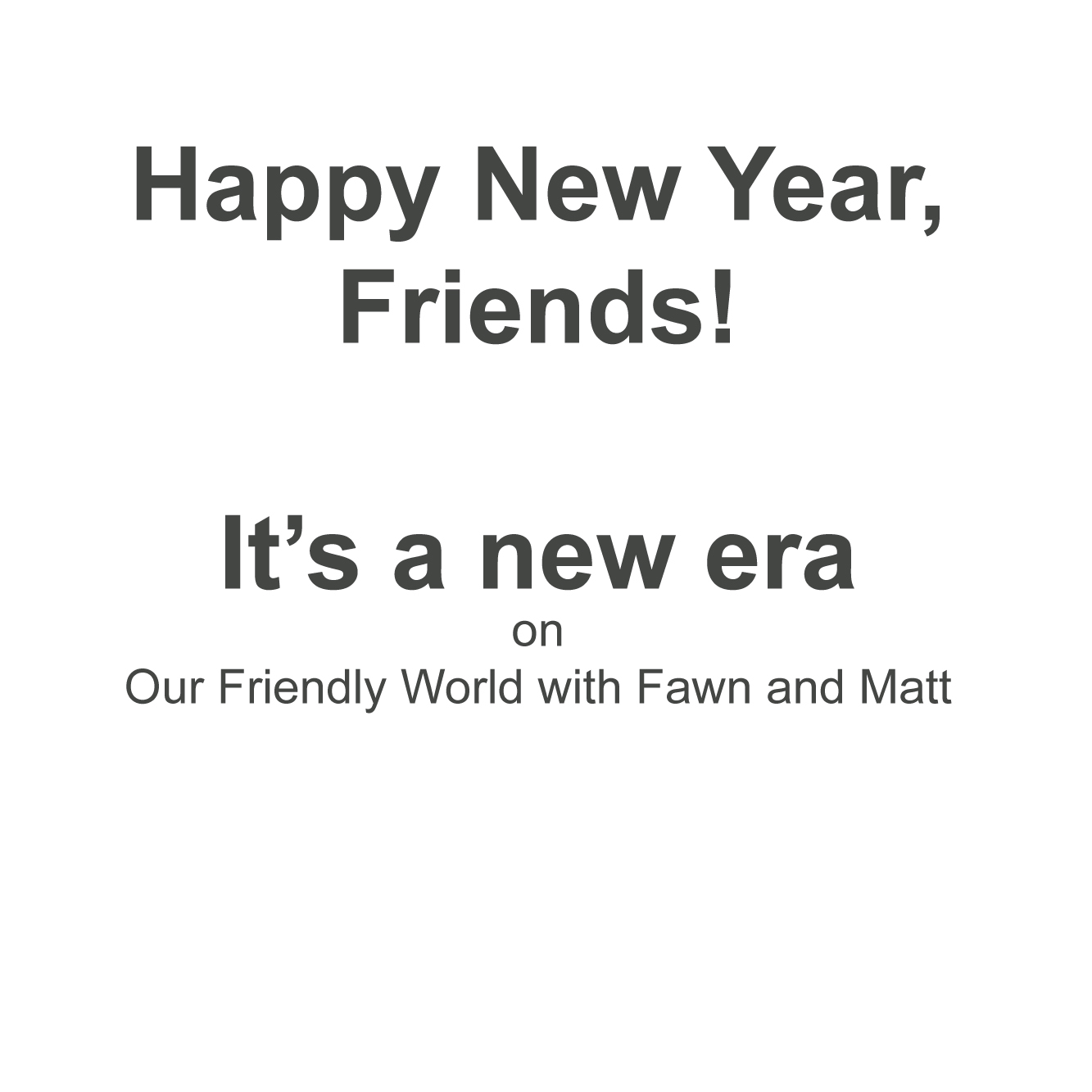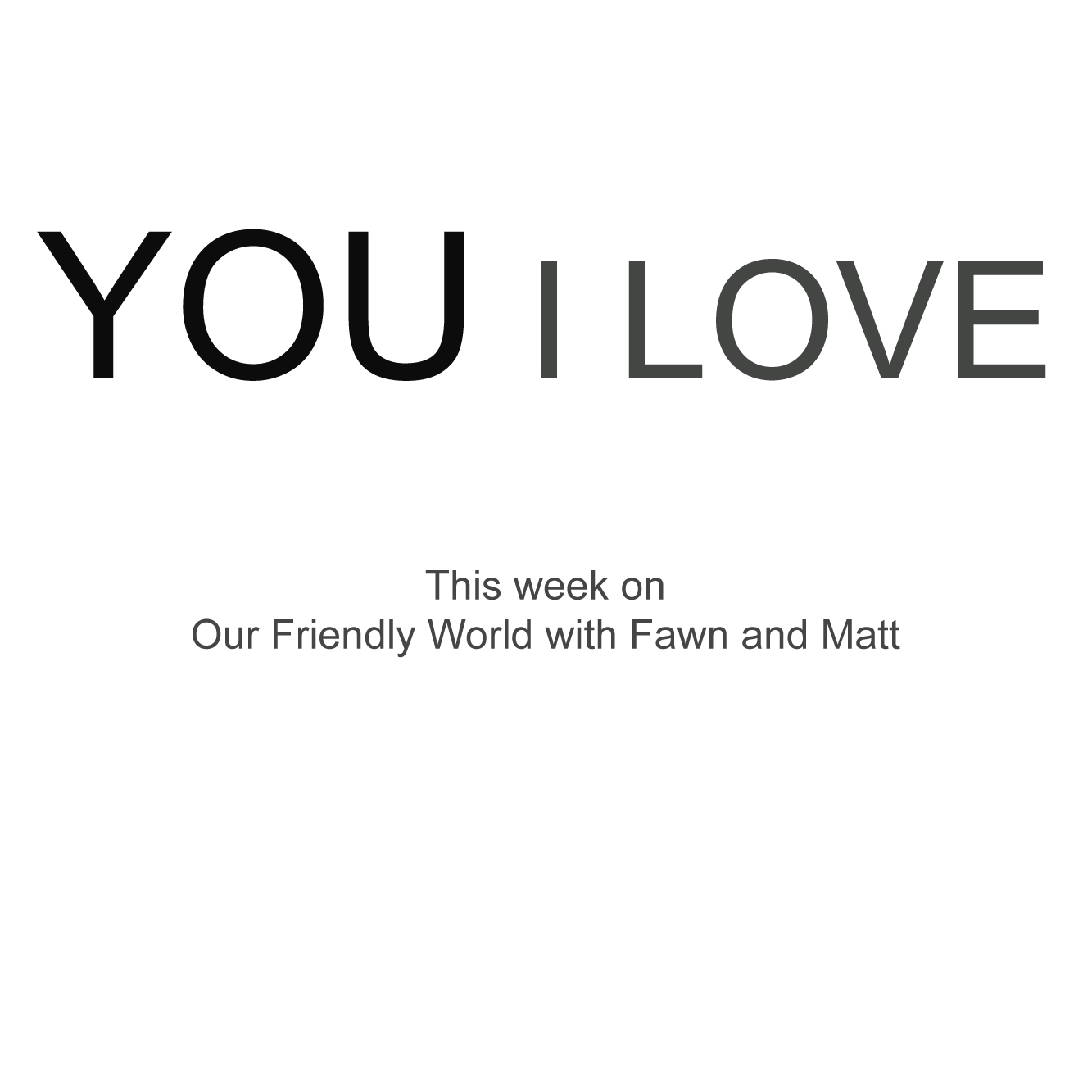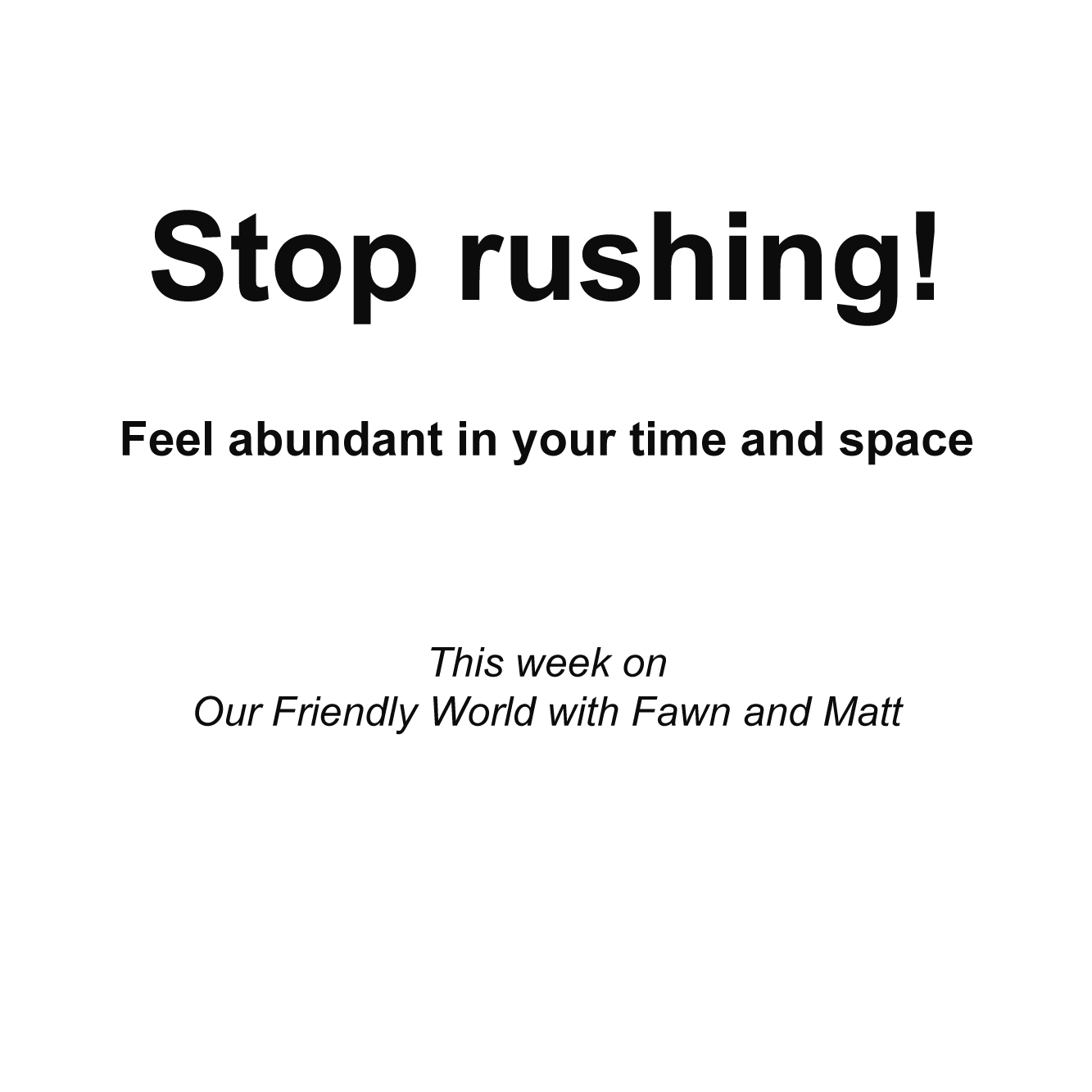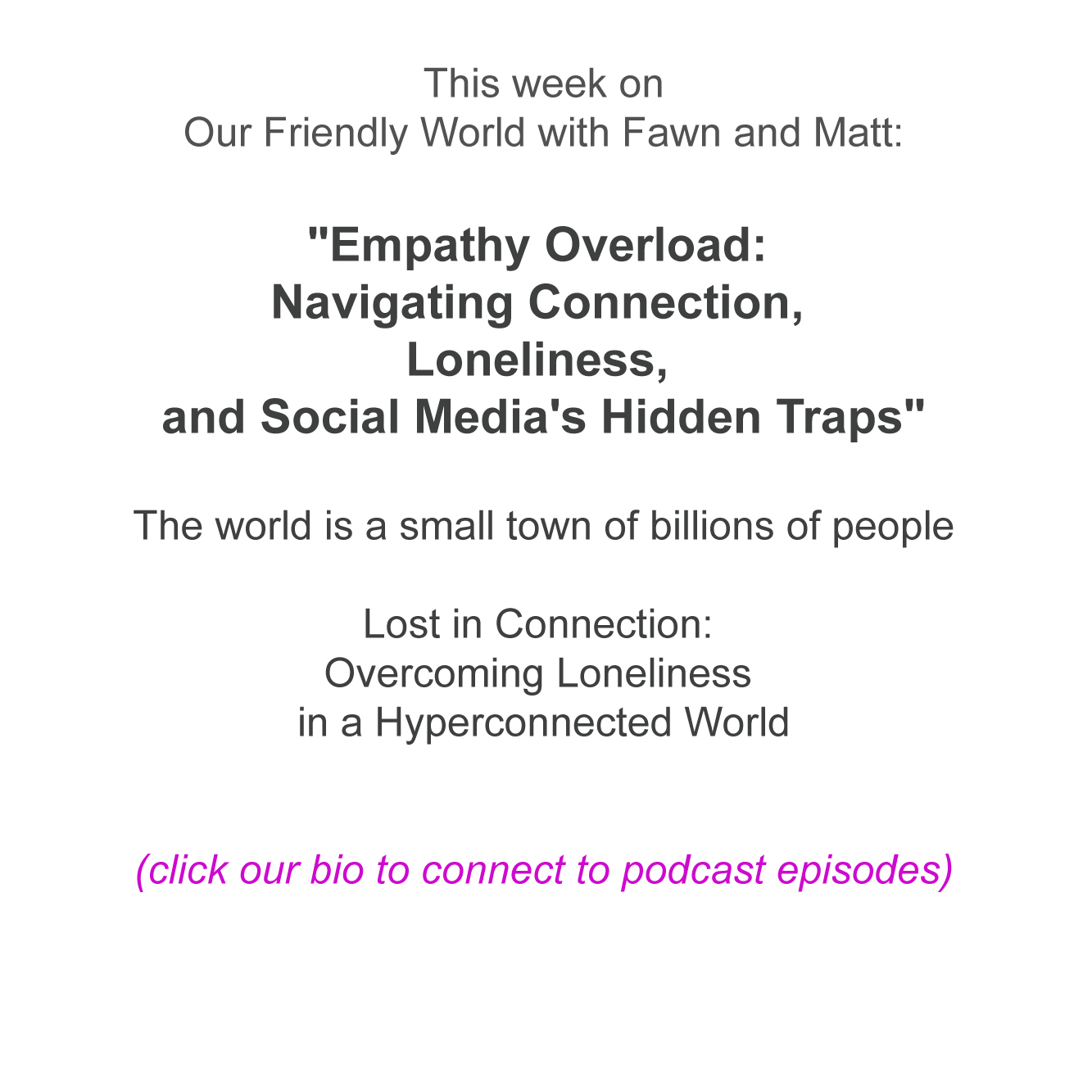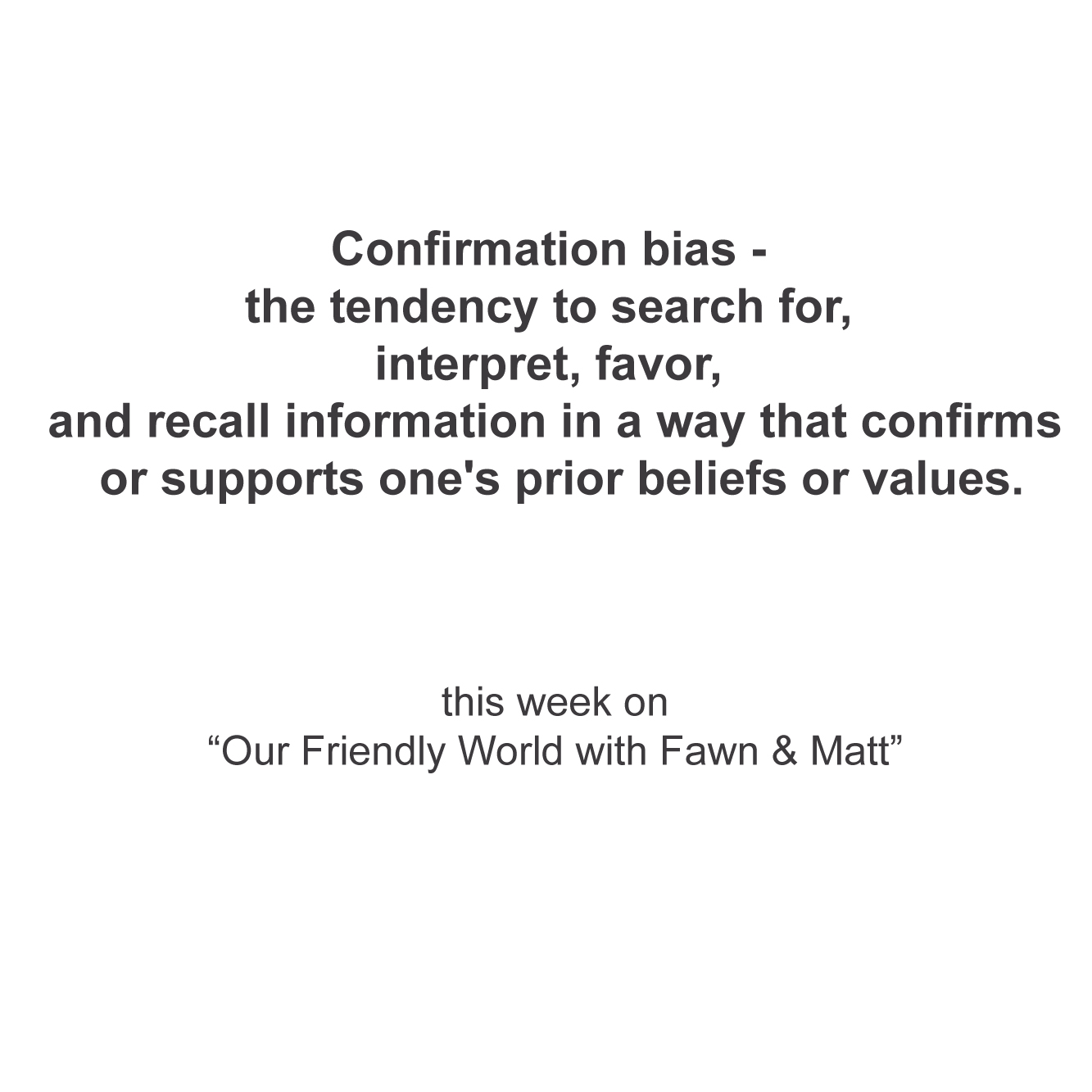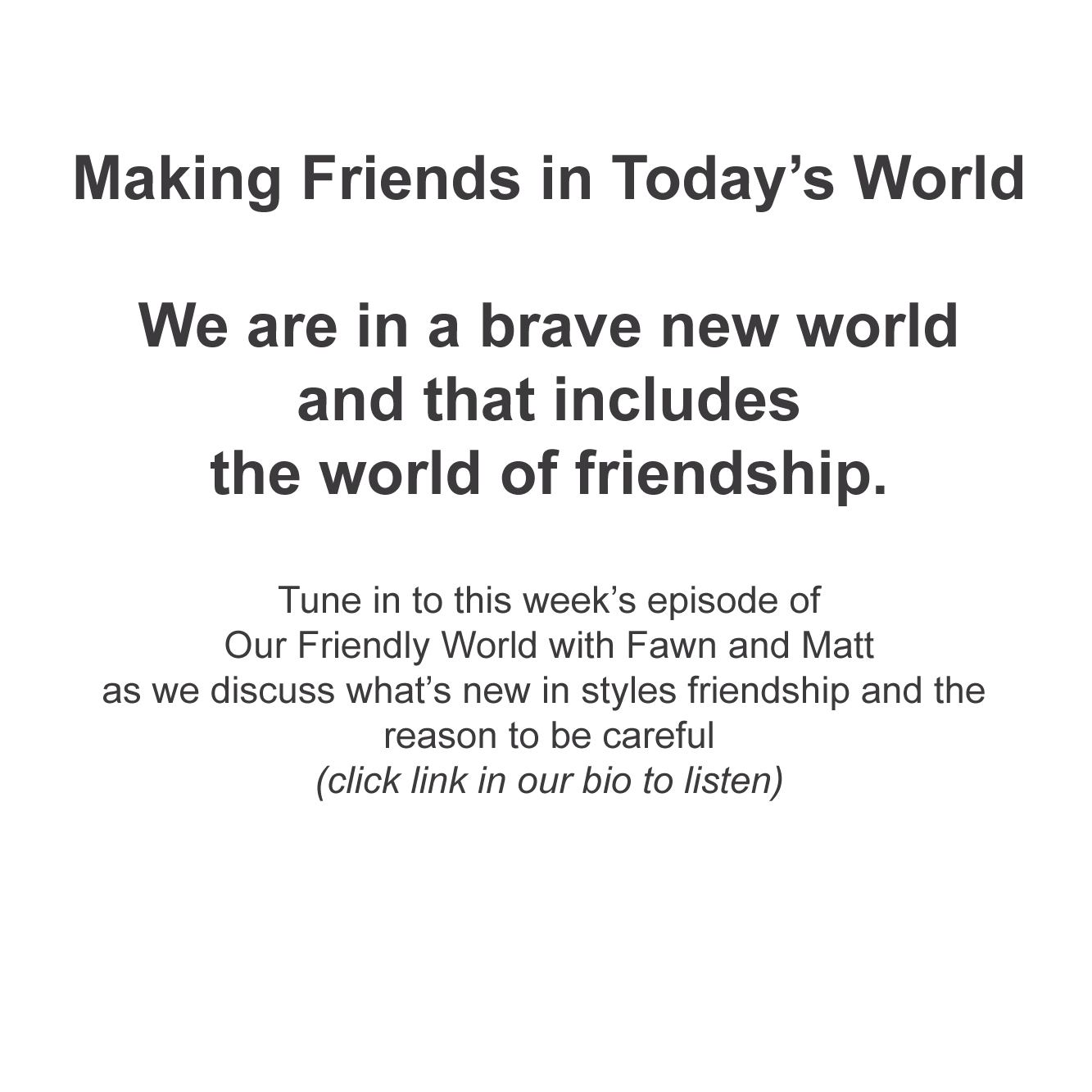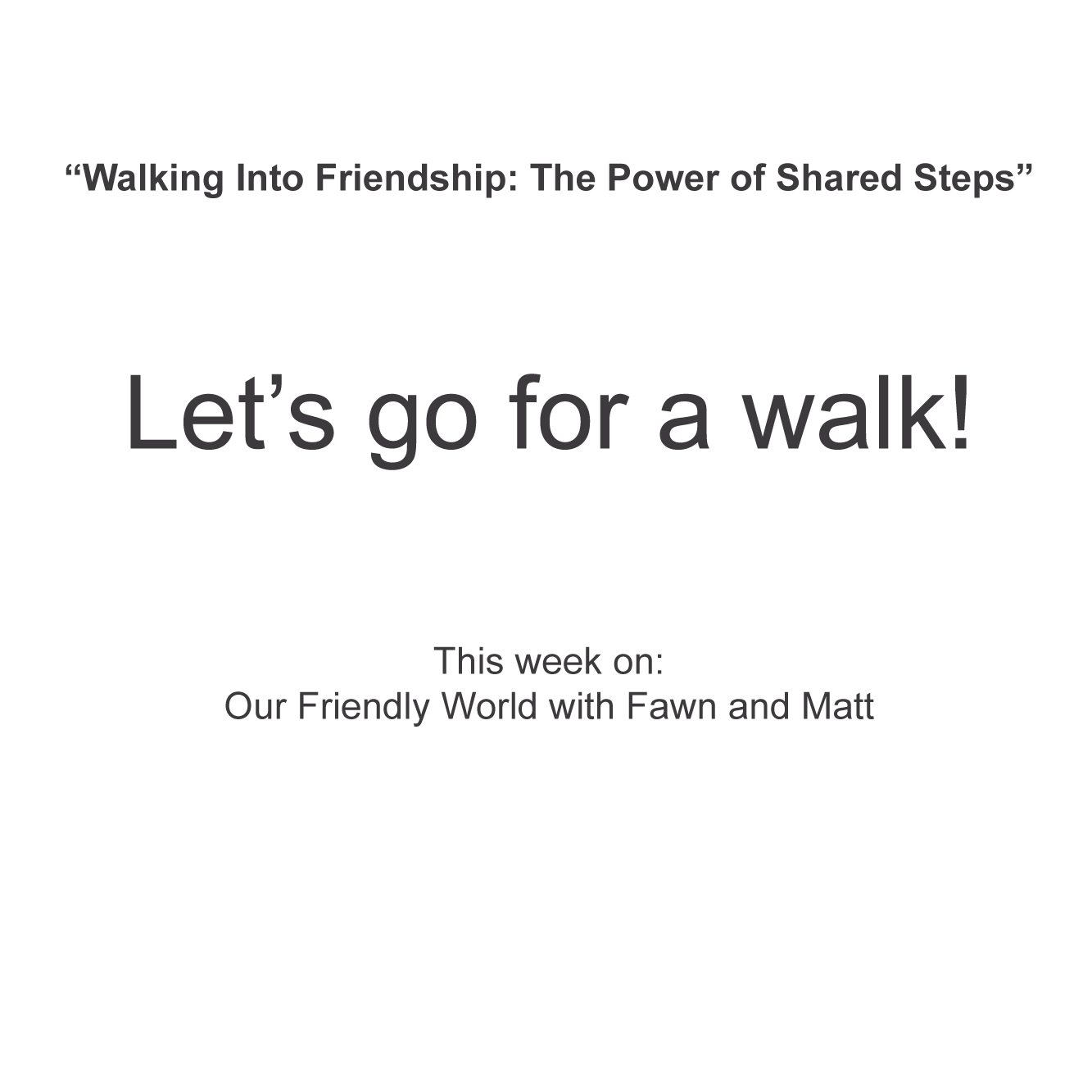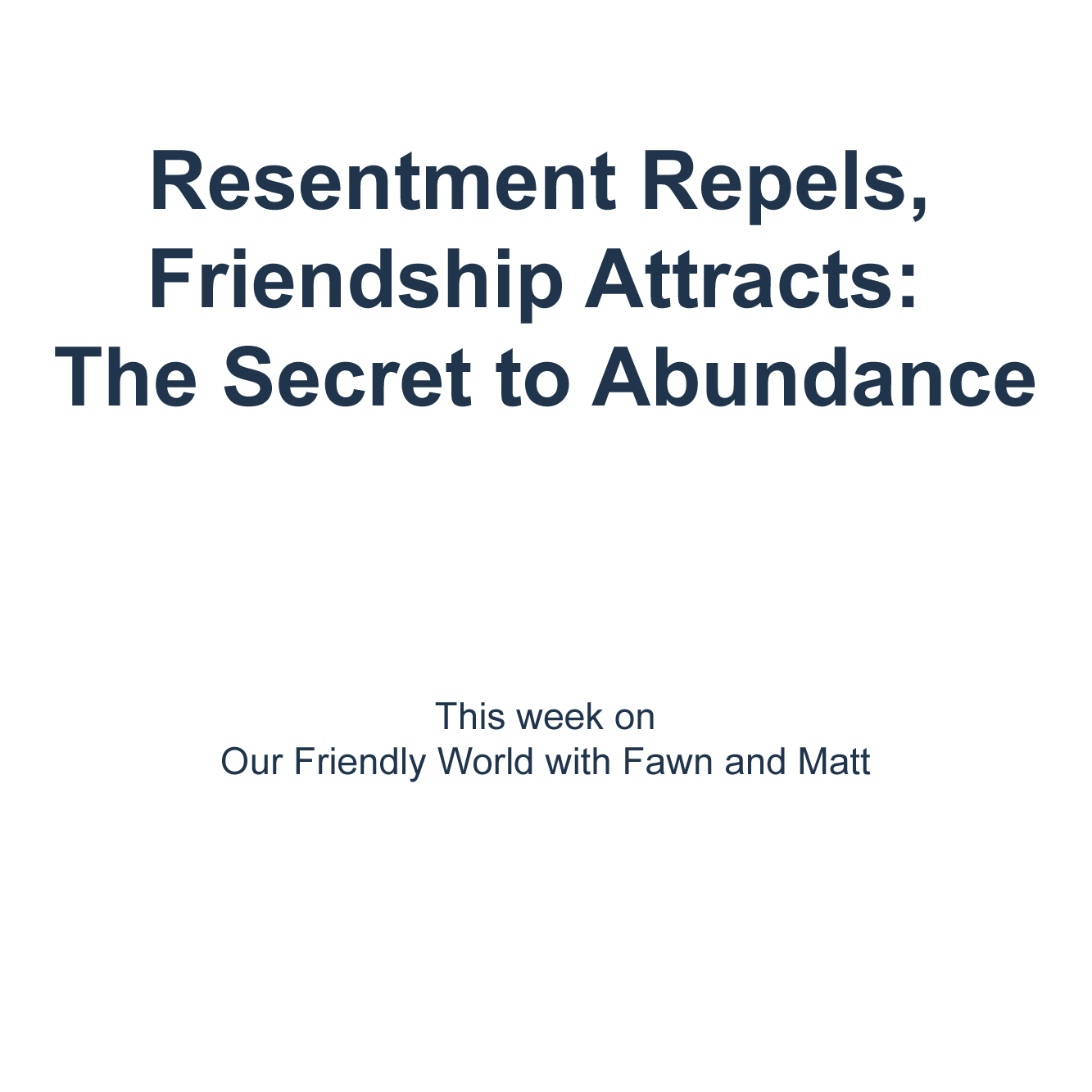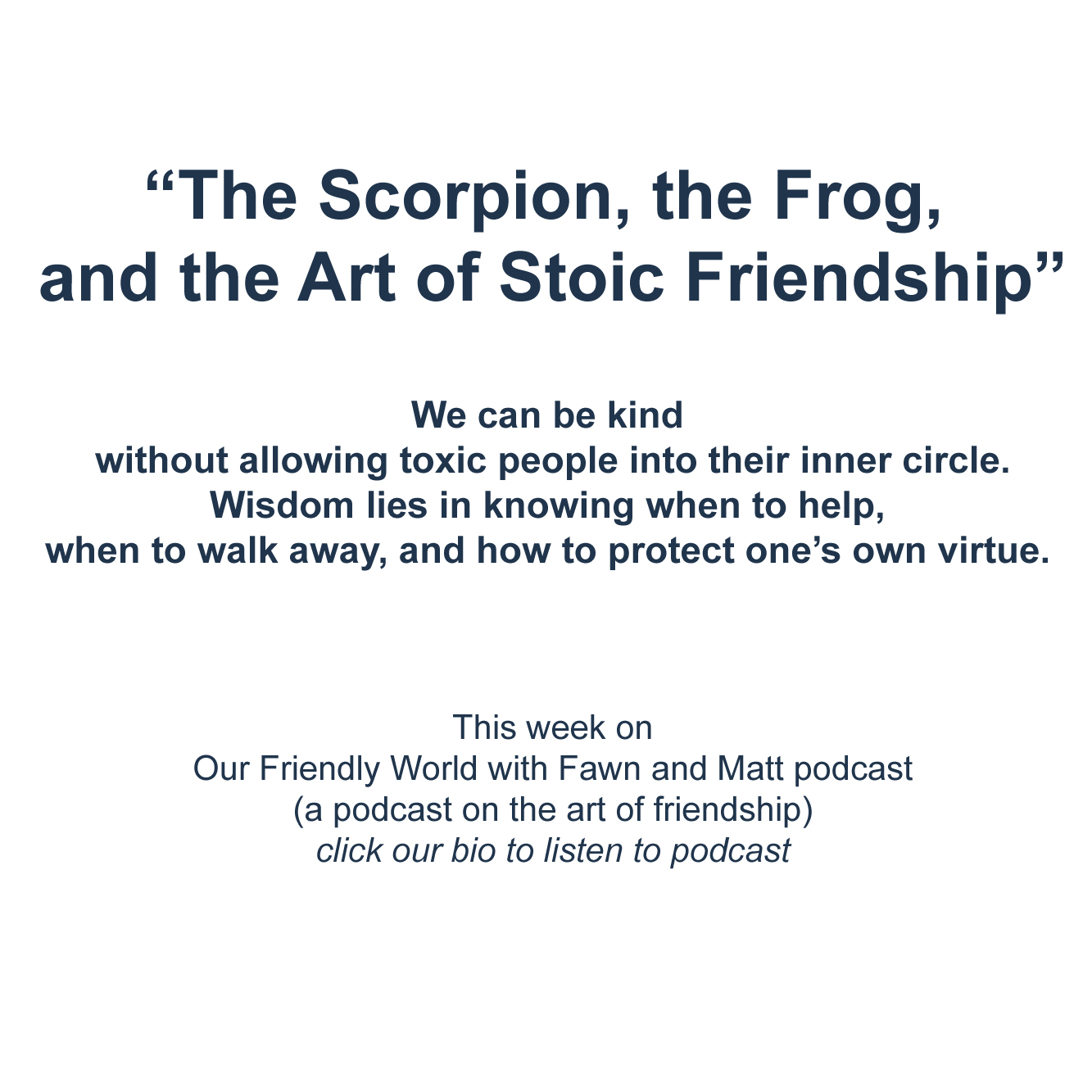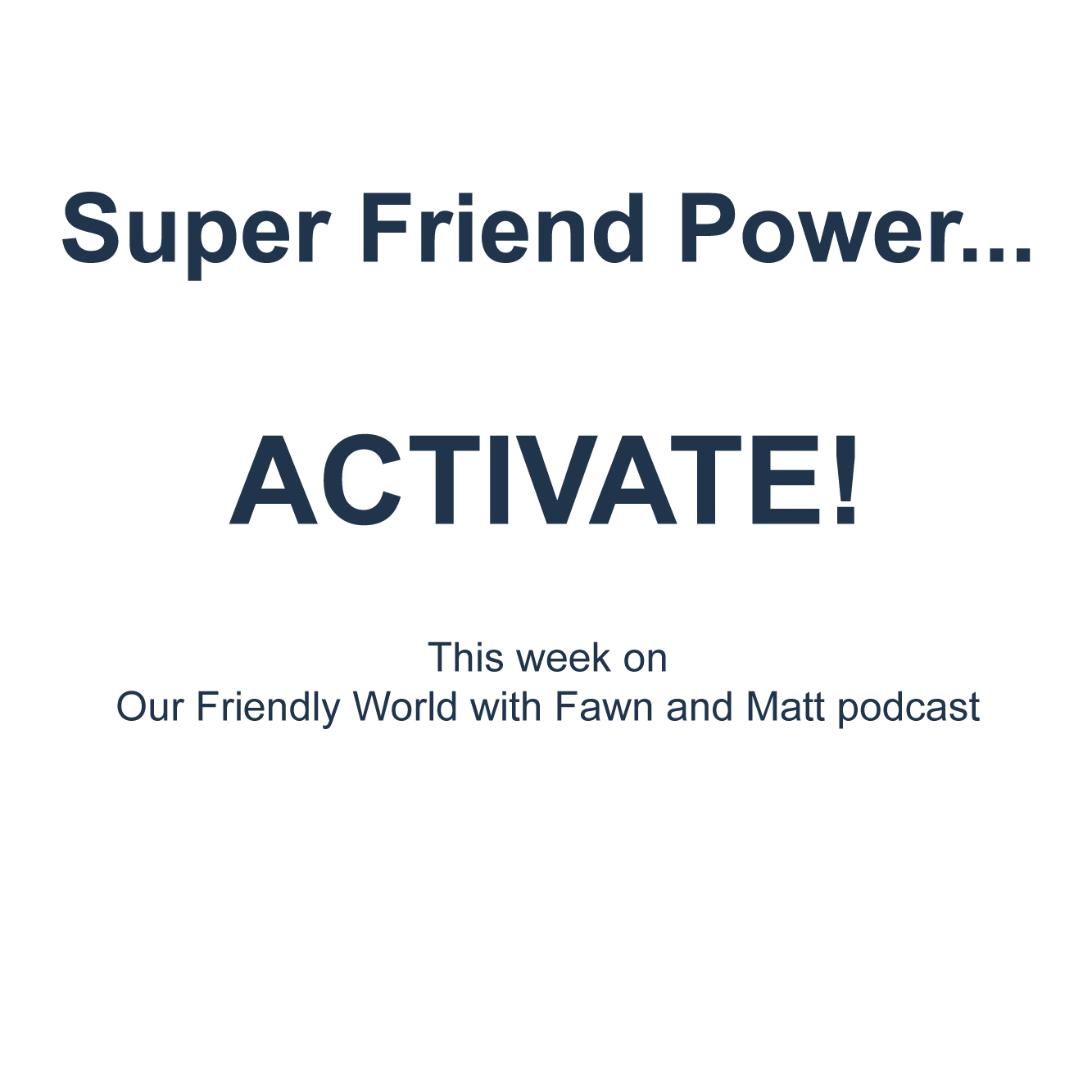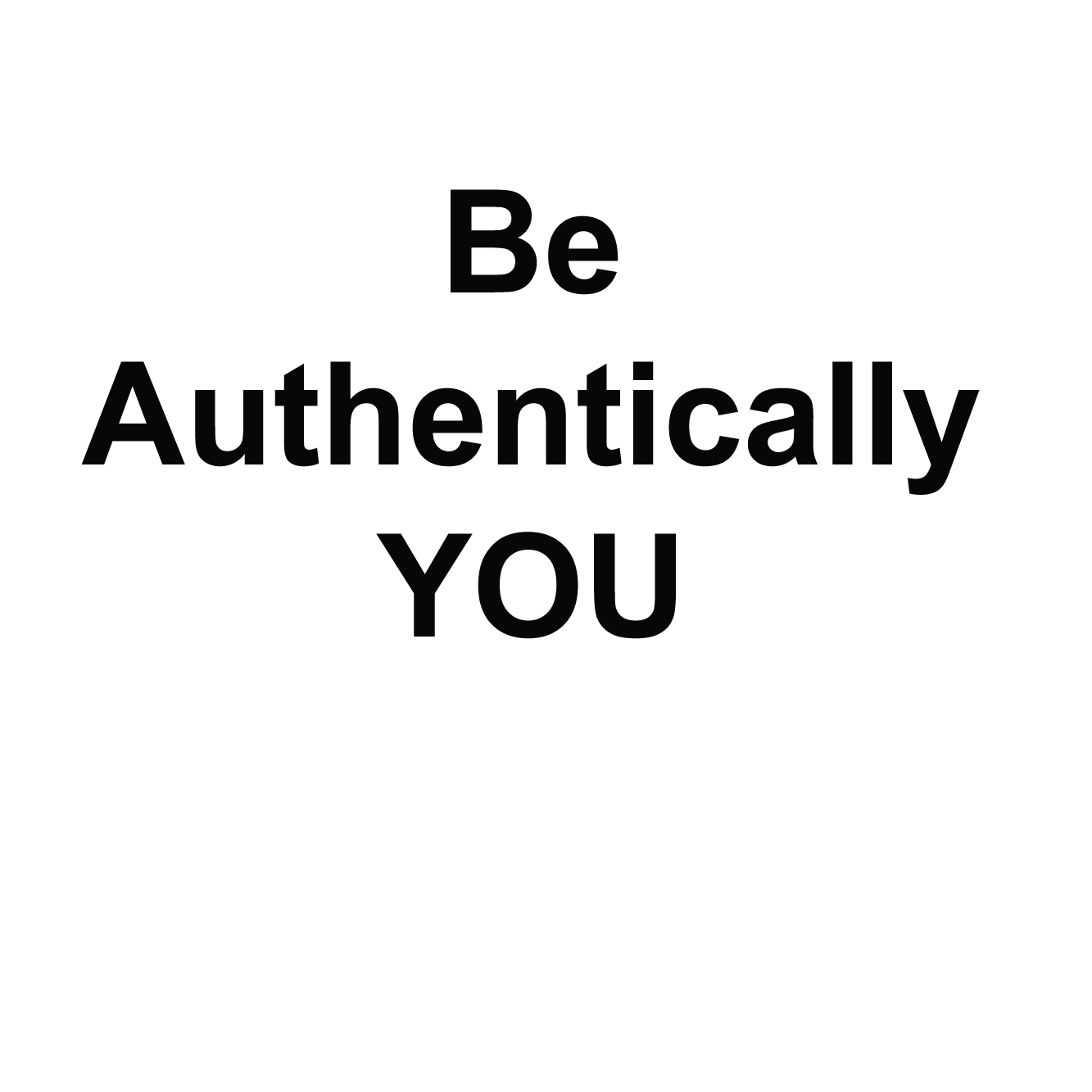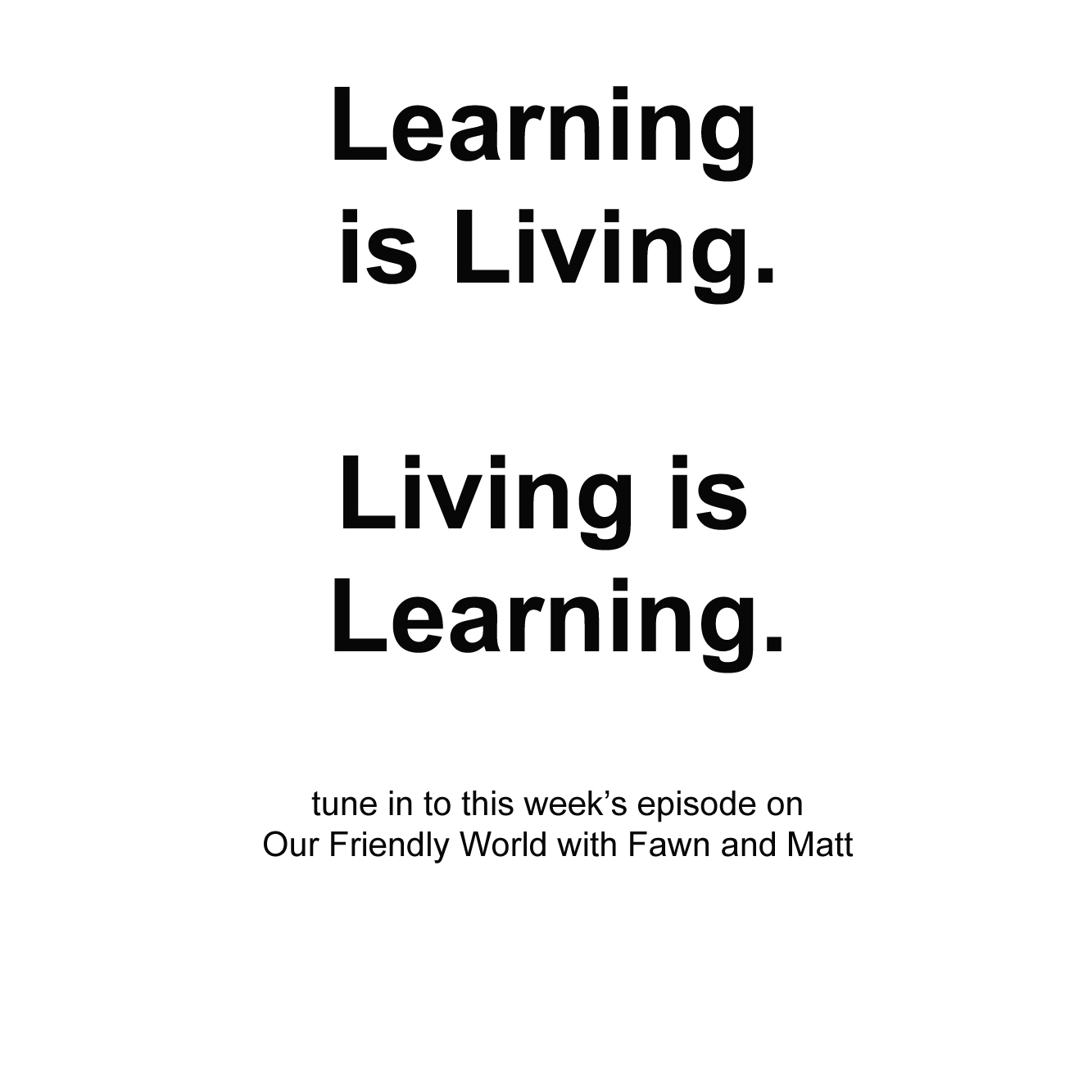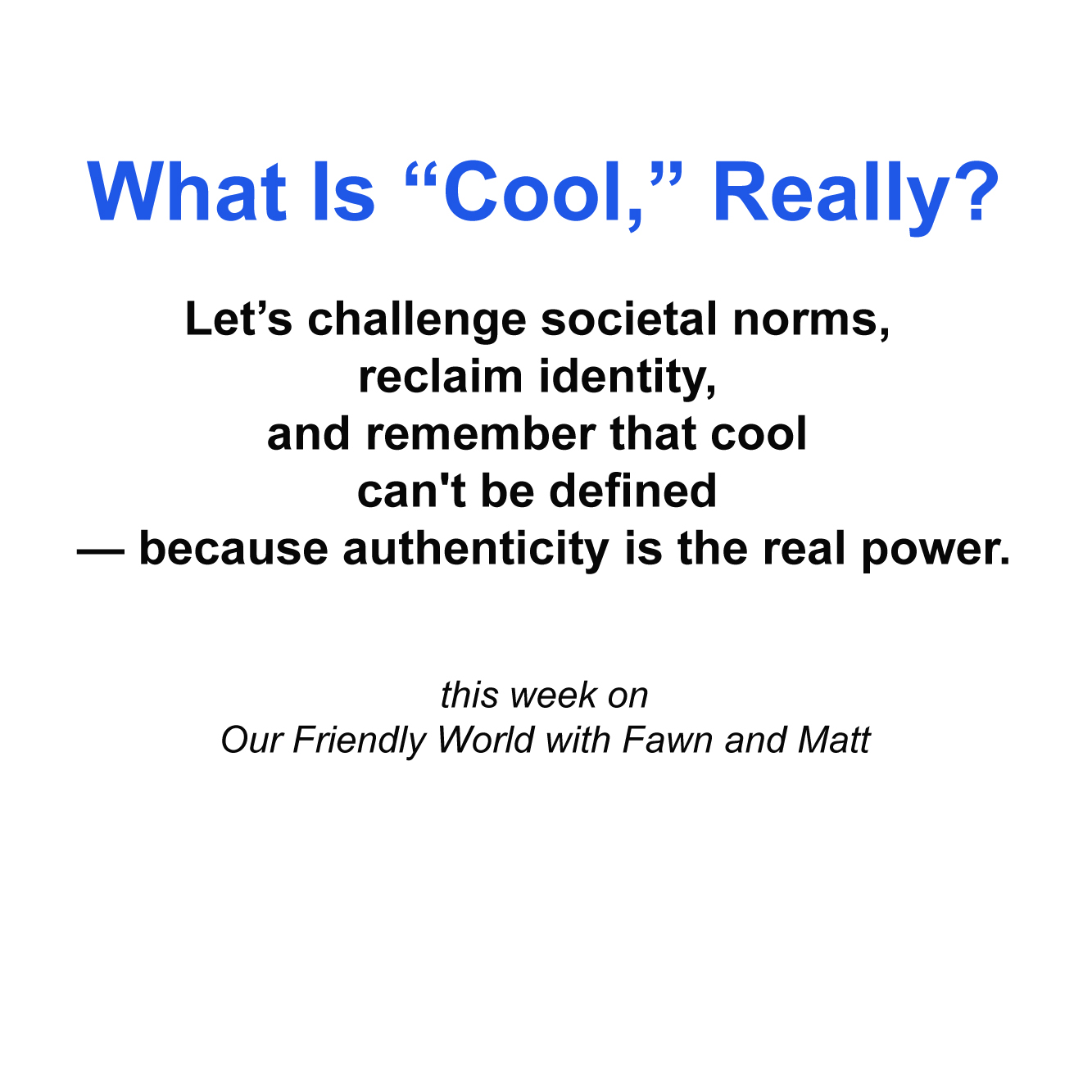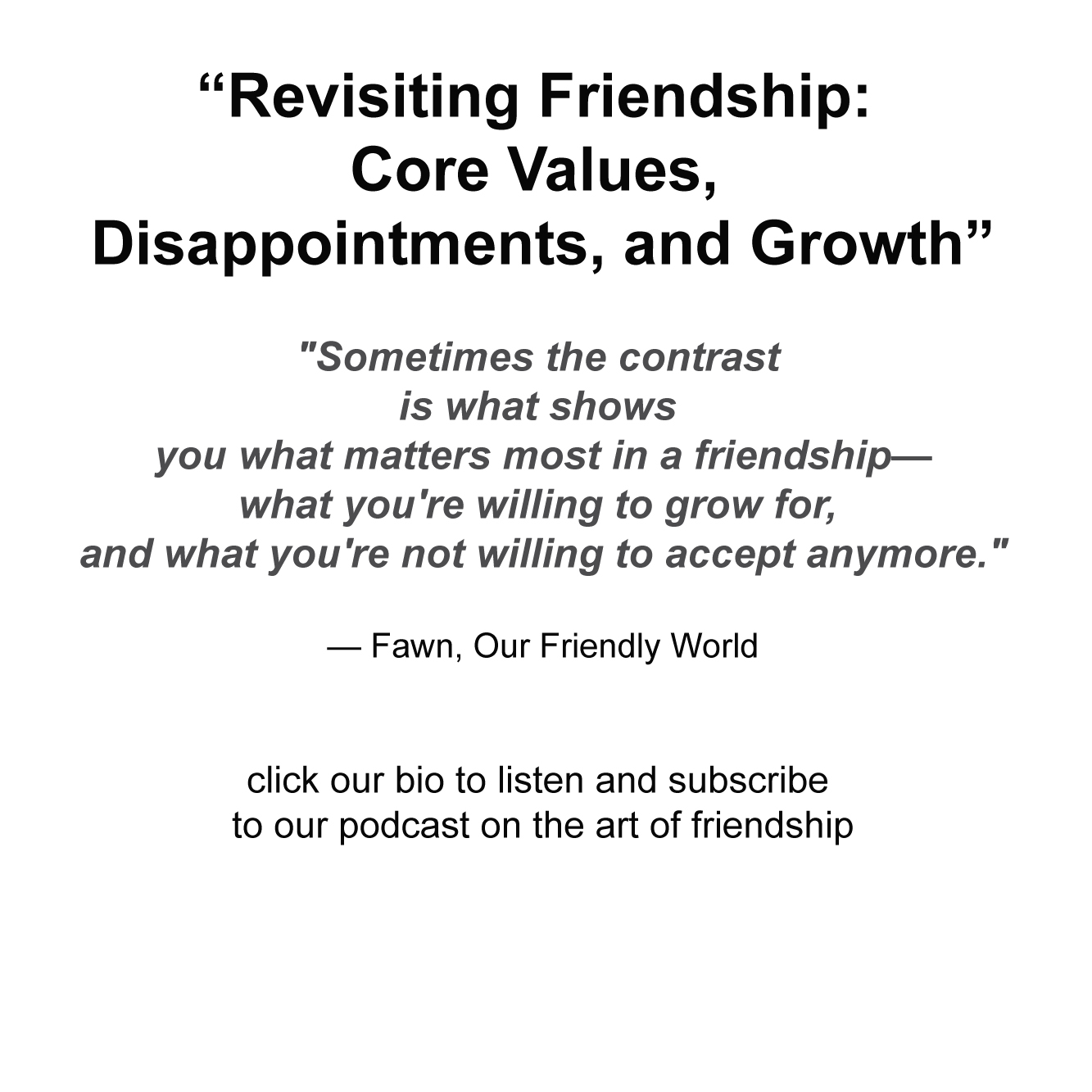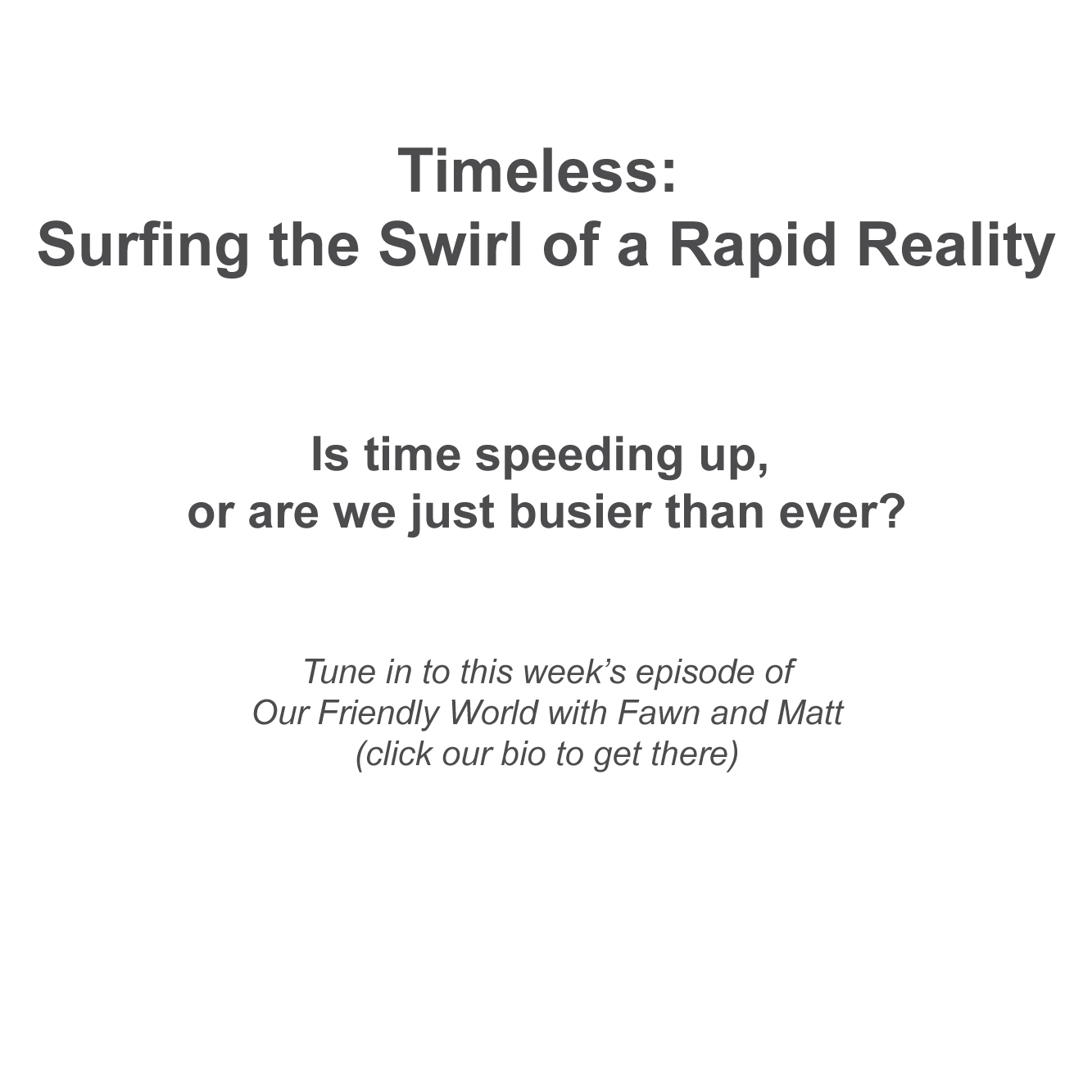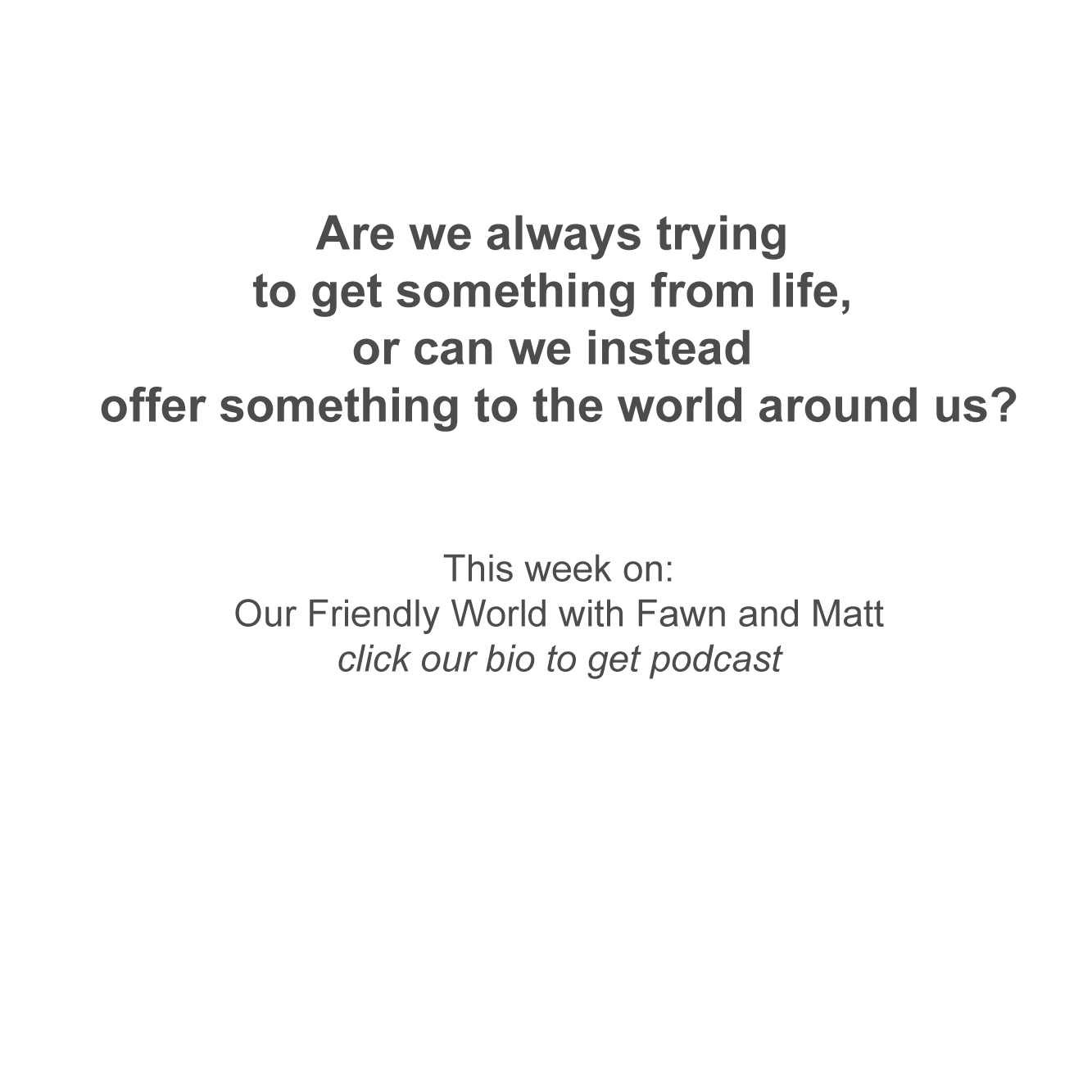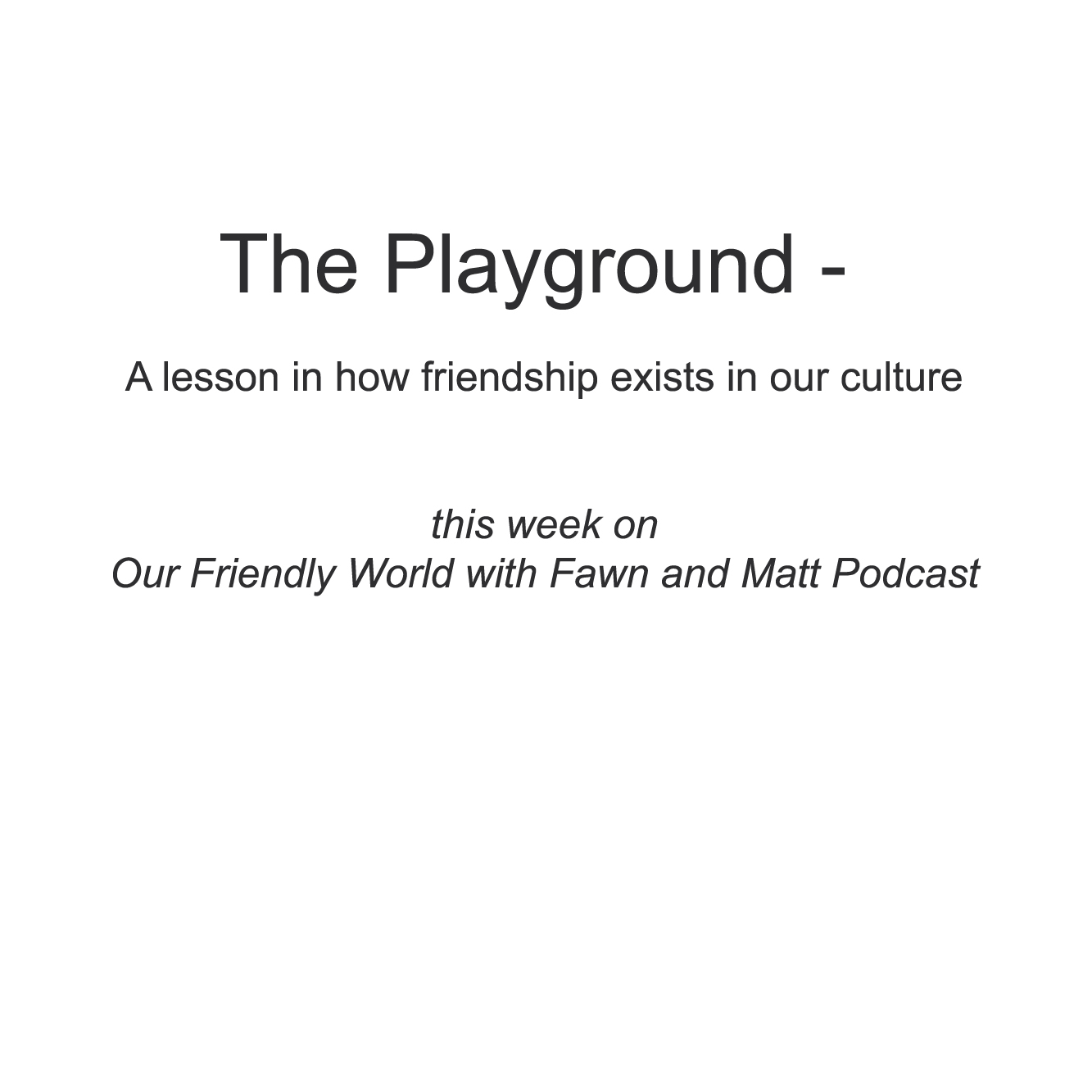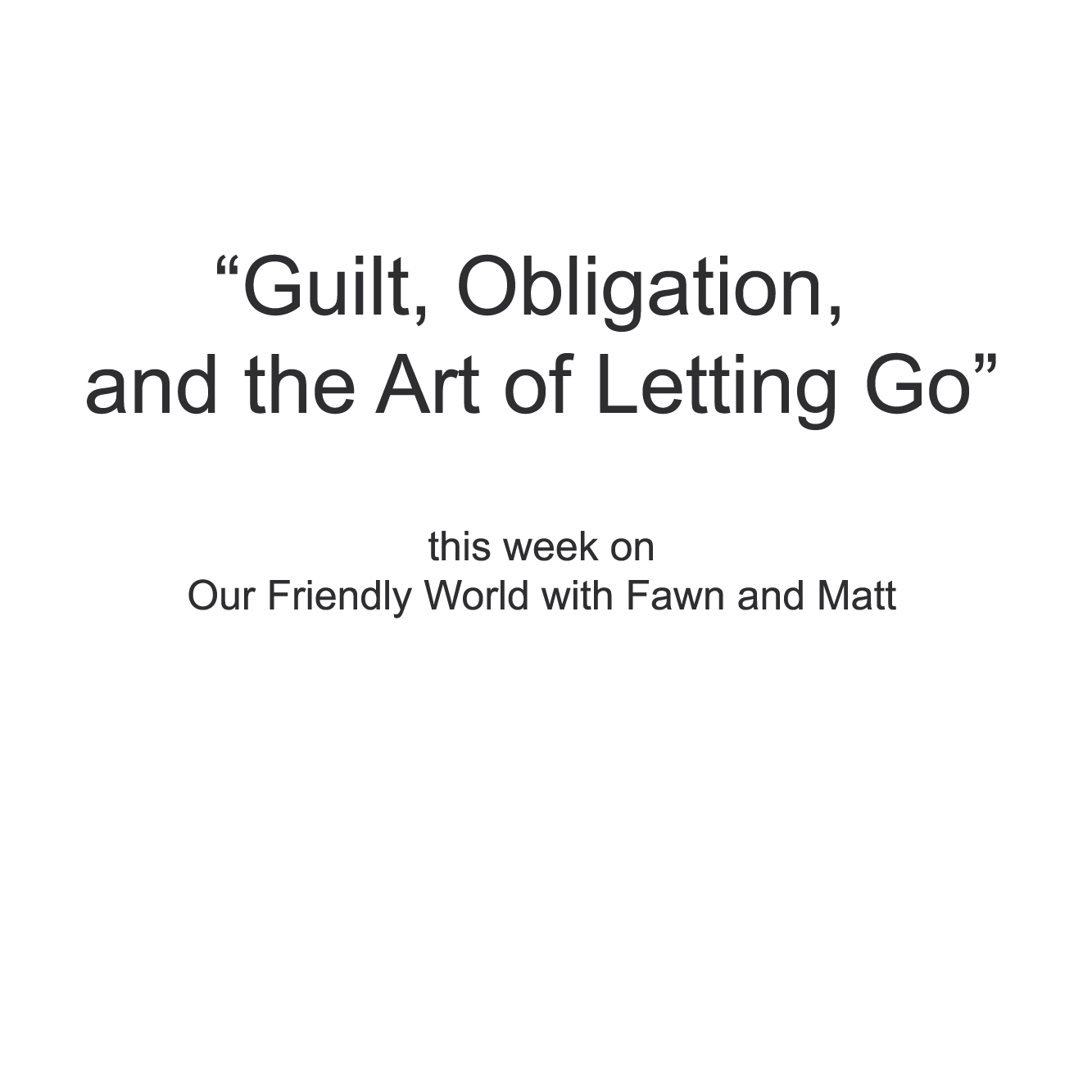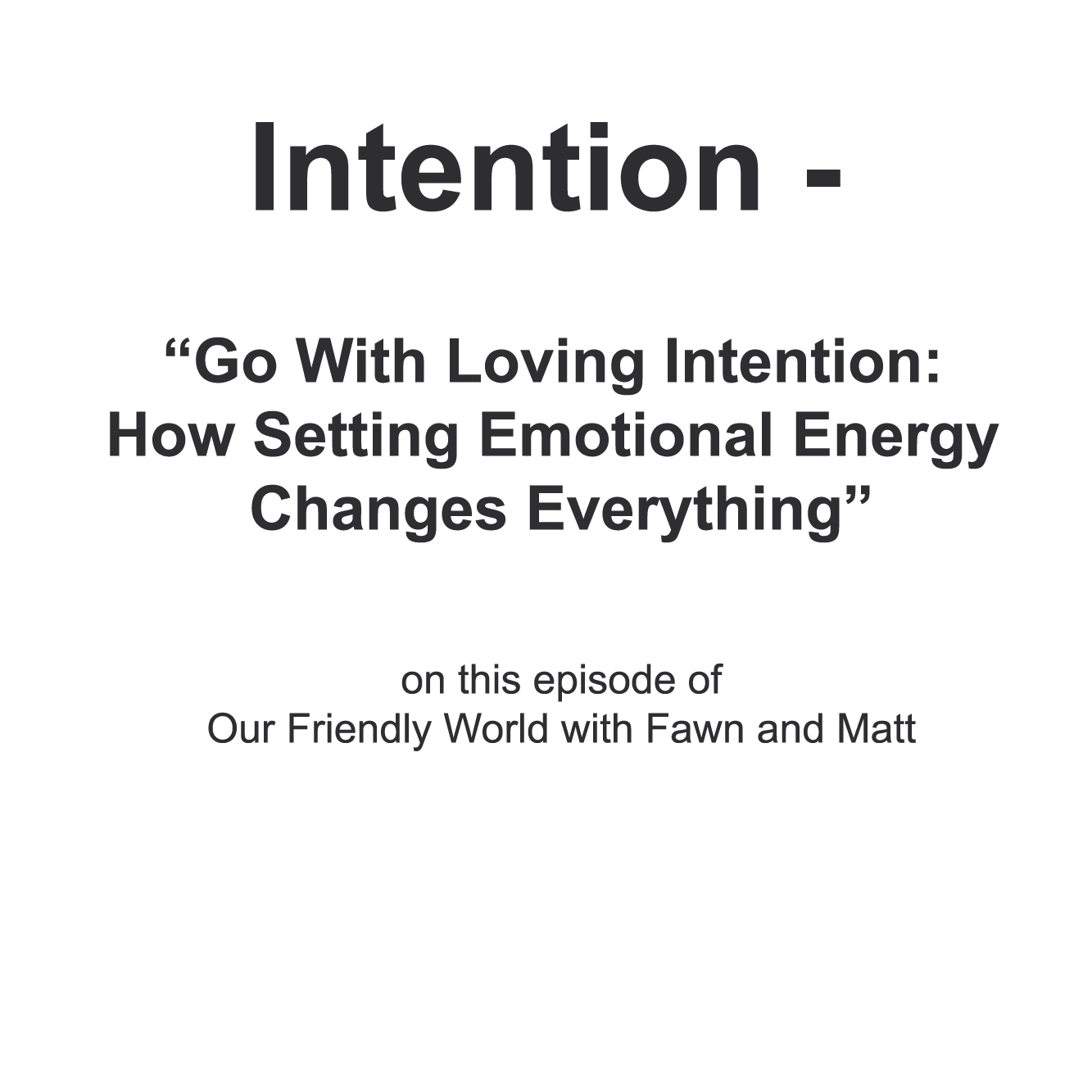The Ikigai of Friendship - Moving to Everyday Meaning and Joy in Life
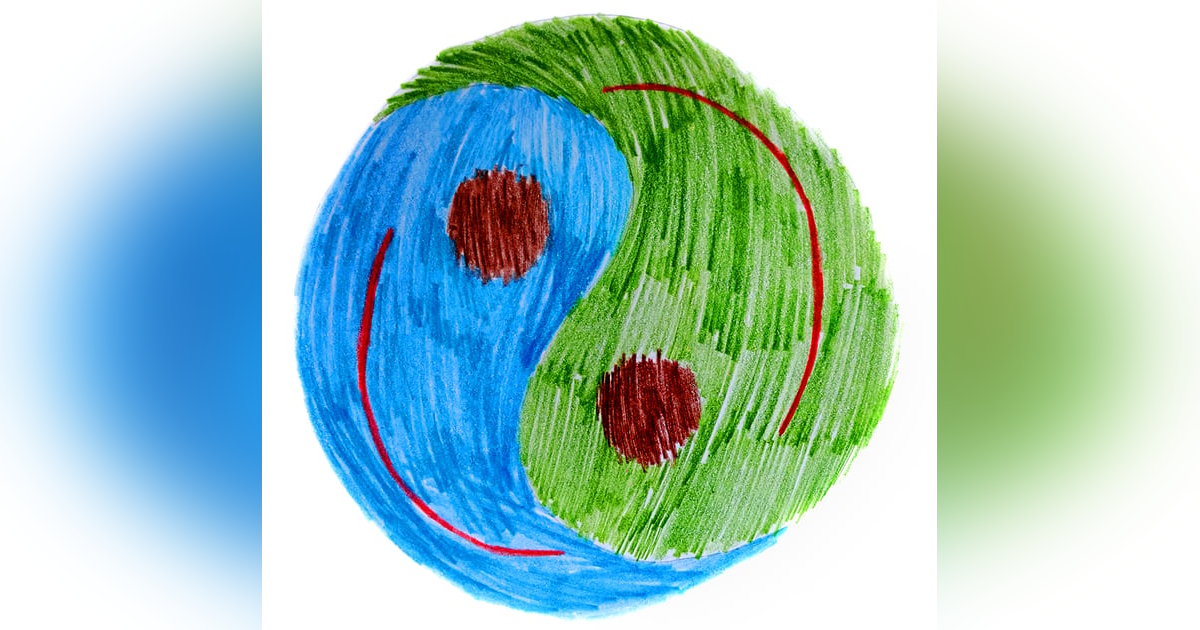
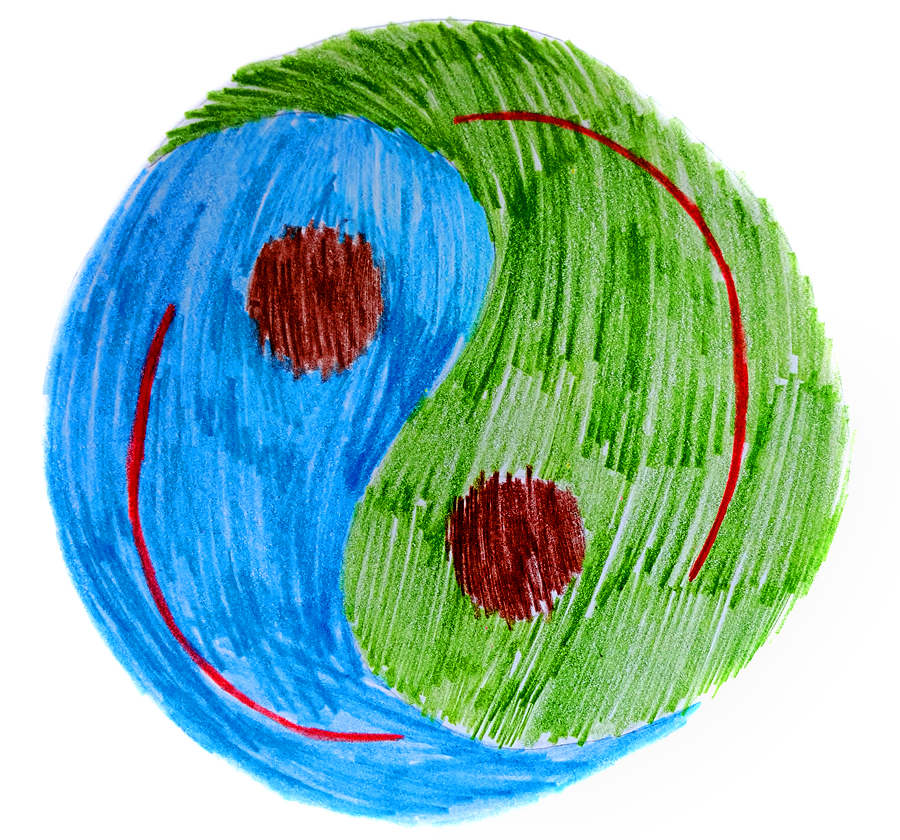
Let's look at the word, the concept, and the root of Ikigai, which is about giving everyday meaning and joy. Let's look at the Ikigai. The word Ikigai comes from Iki meaning, life and gai, meaning, value.
Ikigai can be interpreted as the values in your life that make it worth living. We're going to talk about how that relates to work, in the corporate world, in the business world, and most importantly, how that works in our lives; with our friendships with our families, with the joy in life. This episode is about Ikigai, joy, happiness, life purpose, how we see the world, Who and What we love, how we make a difference, where we excel, passion, values, possibilities, gifts, the value in life, the art of finding true friendship, the art of friendship, and moving towards a meaningful life.
Let's look at the word, the concept, and the root of Ikigai, which is about giving everyday meaning and joy. Let's look at the Ikigai. The word Ikigai comes from Iki meaning, life and gai, meaning, value.
Ikigai can be interpreted as the values in your life that make it worth living. We're going to talk about how that relates to work, in the corporate world, in the business world, and most importantly, how that works in our lives; with our friendships with our families, with the joy in life. This episode is about Ikigai, joy, happiness, life purpose, how we see the world, Who and What we love, how we make a difference, where we excel, passion, values, possibilities, gifts, the value in life, the art of finding true friendship, the art of friendship, and moving towards a meaningful life.
Ikigai Transcript
[00:00:00] Fawn: Hello Bonjour, bonjour, bonjour! Hello everybody.
Welcome
[00:00:04] Matt: Hello! Maybe we should say Moshi Moshi
[00:00:06] Fawn: Moshi Mosh!. Hi everybody. Today we are being graced by a word, a beautiful word I love, called Ikigai. And the root of what we're going to talk about today is giving everyday meaning and joy. Let's look at the Ikigai. The word Ikigai comes from Iki meaning, life and gai, meaning, value.
It can be interpreted as the values in your life that make it worth living. We're going to talk about how that relates in work, in the corporate world, in the business world, and most importantly, how that works in our life; with our friendships with our families, with the joy in life and how to really get that back guys.
So let's get started. Here we go. When I first heard about Ikigai, I heard about it in the business realm. So they had the Venn diagram. And this is how it went. You have four circles and you put them together and the intersections will give you a clue about your life and where you're headed.
And, you know, it's interesting because it's about where you're headed. You may not have the perfect situation right now. And that's okay. Because much like when you have a rocket that goes to the moon, You have everything pushing and pulling you in different directions. So you're not always going to be on the trajectory of a straight line to the moon, right?
One tiny split little portion of one degree of an angle, if you are off course by a split fraction of an angle. If you keep going that way, you're not going to end up on the moon. You're going to end up in some other galaxy.
[00:01:58] Matt: And
sometimes that can be a wonderful thing. And sometimes it
isn't.
[00:02:01] Fawn: Yes. But if you're pointing towards the moon, if that's where you want to go, if the moon is your happy space, right, right.
We're going to figure out it's normal. It's part of life. Like even walking is a constant state of imbalance. To take the next step you're in free fall until you get to the next step. So it's okay. It's okay that life is not perfect. And actually that's a good thing because you should always take stock. Like you should always think you should have your own little board meeting in your heart to figure out, Hey, is this, is this the path?
Am I on track? Okay, let me refigure this. Let me move this around. From the book written by Yukari Mitsuhashi, Ikigai, Giving Every Day, Meaning and Joy, she breaks down Ikigai as joy, like feeling the joy and, and finding
that special spot that makes you feel good. Those are where your values are kind of like happiness, but there's a different word for happiness, really. And there's a difference. And she says, perhaps the main difference between, I don't know how to pronounce it. You guys Shiawassee
[00:03:18] Matt: don't look me.
[00:03:19] Fawn: Ugh. Okay. The difference between the happiness word and ikigai is that Ikigai carries with it, the idea of moving towards the future. That's the difference between the word that expresses happiness and ikigai. Ikigai is helping you find value in living; value in life, finding your own values.
What are they? And. Right,
[00:03:47] Matt: because..
[00:03:48] Fawn: working
towards making that
happen,
[00:03:49] Matt: because joy is a journey, not a destination, you hear so often somebody wins a lottery and they blow through the money in a year. And that's because it's like, I won the lottery. Okay. I full stop as far as thinking through my happiness, which wow.
I think is very limiting it's it is about a journey. It is. It's not about doing one thing or doing 75 things. It's about, it's about living your best life. It's about living a joyful life and it's about going through your life, living your joyful life, not, you know, okay, I'm going to suffer, suffer, suffer until I get to this next hurdle.
And then I'm going to suffer, suffer, suffer, suffer until I get to this next hurdle, because ultimately that can be very
unfulfilling.
[00:04:36] Fawn: Sometimes you don't realize you're suffering. Sometimes you don't know that you're doing that. And that's why it's so important to take stock of how you relate with other people and who's in your life and what everyone's role is in your life and what your role is in their life.
So for me, this is where I get into the Ikigai of friendship. For example, like what you were just talking about. I was headed for years in this kind of path of like this one tiny little mindset that I had. Right. I was talking to Beth and I was getting coached by Beth on business. And I pointed out to her, she pointed out to me actually all the ways that I've actually succeeded in life in my career and all of, so many ways that I have had major recognition for my work.
Whereas I came at it feeling like no one ever recognizes my work and I've just lost. Loser, you know, that's how I felt. And she, in, in just a split second, wait, I came to the understanding with the help of my friend, Beth, Beth Hewitt by the way, everyone visualize,Visualise You https://visualiseandthrive.com/, check her out, check out her podcast, but in a split second I realized, oh my gosh, I could have totally erased this mindset, cleared it, but I've been carrying it for years.
And where does that really come from? And so, anyway, this way of looking at things is actually a great way to understand everything and then figure out what you would like and where you want to move forward to. So let's go through the Venn diagram really quickly. The Venn diagram that I came across with business people was this.
The first circle is: what you love, what are the things that you love? So, for example,
it's about what uplifts you? Who is the most important person to you. What is the most important thing to you in your life? Is it family? Is it your friend, your favorite things to do. What are they? Do we even stop to think about that? What is your favorite thing to do? What is your favorite thing to do to eat?
What is your favorite thing? What lights you up? What is comforting to you? Like those are just some examples off the top of my head. Right?
The next circle is how you see the world. So how do you see things? What are your prime beliefs? What do you think about most? What do you focus on? What are you aware of?
What is your perspective? Where do you hold your gratitude? Where do you see the positive and the negative? So now you have these two circles and when they meet, that's where you find out what your values are. So now we're going to take the circle that is how do you see the world, and we're going to combine it with another circle: how do you make a difference? So how do you help others? How do you share things and ideas? How do you talk to others? What do you say to other. What do you say to yourself?
When you combine, how you see the world with how you're making a difference, that's where the possibilities lye.
So when you combine those, you look at that, then you can figure out, well, what are the possibilities in life with the way I see, and with the way I can make a difference. So now you're going take how do I make a difference? And you're going to combine it with where you Excel, where do you thrive? What is your superpower?
Why are you laughing?
[00:08:48] Matt: Oh, it's just because, um, yeah, I remember I was talking with this very, very gruff developer who I worked with, who respected my work, but my Lord, we were on different planes. I don't know whose was higher. I don't know whose was lower, but I told them my superpowers, everybody likes.
And he had no response to that. He had nothing he could say to that. He couldn't disagree. He certainly didn't want to agree in that moment. Cause it's kind of a smug thing to say, but yeah, that's, that's why I'm laughing just because, you know, what is your superpower?
[00:09:19] Fawn: Well, it could be, he was like, Hey, that's how you see the world.
You think everybody likes you, but I don't like, there
[00:09:24] Matt: you go. Now, come on. He liked me,
[00:09:28] Fawn: but so it's about where your superpower lyes so it's about what your superpower is. What is your strength, what are your strengths? What are you really strong at? What is effortless for you?
Right. So now what you're going to do is you're going to take where your superpower is and combine it with the circle that started this whole thing, which is what do you love?
And when you do that, that's where you find passion.
[00:09:57] Matt: Right.
[00:09:58] Fawn: And I know you were saying Matt, that you were reading this thing that only 30, 35% of people working thought that their value, they had any value in their work.
[00:10:09] Matt: Um, actually it's, it's interesting because, uh, yeah, the. Source material, BBC source material for ikigai actually mentioned the circles, but they were subtly different.
And one of the circles was what can you be paid for? Which is a very blunt way of saying things, right.
[00:10:27] Fawn: That's why the whole ikigai in friendship was, uh, not I'm sorry, not the ikigai in friendship. That's what I'm doing, but that's where the whole ikigai, and business came across my path was they were trying to figure out.
How can you best find the career path
[00:10:44] Matt: right. That's going to ultimately be the most fulfilling, but what was so interesting is they actually, literally it was in the next paragraph. They described that only 31% saw work as in any way, their ikigai; their reason, their why they get up in the morning.
[00:11:00] Fawn: And that's the beauty of it because it's not just with work it's with everything you can get so wrapped up in things that you are responsible for that you forget what your values are, what, what you want your values to be, or where are they? You forget that sense of happiness and joy. Really
it's about joy, you forget, you don't see it anymore. You're you become robotic and the way you live. And that's why it's important to look at this and talk about this and ask yourself, Hey, what do I like? Hey, what's good for me. What feels good to me? What does it, what feels good to you guys? It's good to once in awhile, revisit these questions and they are simple questions and even getting to the point of asking the questions of yourself is, is kind of a, sometimes a task that you can't even think to do.
Do you understand what I'm saying? So I'm asking you right now, guys, let's go through this. And let's, let's just figure it out while you're listening. Okay.
[00:12:06] Matt: It's interesting because there was, or is that whole movement of, clearing your home. And so you were, you hold everything and you say, does this bring me joy?
And if it doesn't, you put it in the bye-bye pile. So this feels very similar to that.
[00:12:22] Fawn: Yeah. So what is it that you love. How do you see the world? What's your perspective? That will give you your value then from how do you see the world, think about how you're making a difference. And that will give you a clue of what the possibilities are based on those two points.
And then.
Combining how you make a difference with where you really thrive, what are you most excellent at? And that will give you the special gifts you have that only you have, and everyone has a special, special gift. And that's how you find it. The clue is right there between those two. And then you get back to what you're really good at; your strengths and
what you love, it comes back together. That's where you find passion in life. And what I'm doing is I'm creating this whole thing for a friendship. How can you find the ikigai of friendship, the true happiness, the value of true friendship. How do you find that; we're going to go through that
step-by-step. That's what I'm working on. And ebook that I'm almost done with guys. If you sign up to our website, our friendly word podcast.com, you'll get the initial artwork and the chart to remind yourself of these questions and hopefully you'll love it. Please sign up to our mailing list and let me know when.
It's all my artwork and everything. So hopefully this will help. And Matt is making funny faces because he hears a truck outside. So what I
[00:13:54] Matt: wasn't saying anything though,
[00:13:56] Fawn: your face is distracting your expression, Lord. Whew. So what are you deeply passionate? Sometimes I gotta, I gotta be honest.
Sometimes I'm so tired. I'm like nothing.
[00:14:11] Matt: Well, I think we all get there at times.
[00:14:13] Fawn: And then what drives you? What's your driving pull? What's your engine? Like in business, they say, what drives your economic engine? And that's where they ask you, what are people willing to pay you for?
You, it gets it's a, this whole thing can get into such a corporate way to look at things. And when I'm asking you to do is look at it from a lighthearted joyful, I have a drink in a hammock kind of point of view with looking at things like that. What really are your values in life? Do you know what your values are?
[00:14:50] Matt: That's such a wide open statement.
[00:14:54] Fawn: All right. With friendship, I value honesty and, that's a huge thing right there. I was talking to a friend the other day. It was on zoom. We had scheduled a time to make sure that we would be present. The whole time that I was talking to her the whole time she was running around doing so many things beyond multitasking.
And I felt shaky at the end of the call. And I was asking myself, why do I feel this way? Because it seemed like an okay call. It seemed good, but I just felt it felt wrong to me. I felt like, why am I harping on all these issues that I, that I started to see on my friend? I'm like, why am I thinking that way?
It's it seems kind of negative from my, from my heart. It didn't feel very light. I felt like I was in a way, trying to judge her to figure things out, like what was going on, why didn't I connect with her on that heart level, on that passionate, loving level. Whereas I was just looking at her, trying to figure something out.
Right. And I didn't know what that something was. I started to think, is she truly honest? Everything we talked about, I felt like there was judgment coming off of her. So then I immediately in my psyche was starting to develop judgment against her to defend whatever judgment I was picking up psychically from her.
Do you understand what I'm saying?
[00:16:19] Matt: I do.
I do. Yeah, It's projection.
[00:16:22] Fawn: Honesty is a big, big value for me. And it's not about just like lying about something it's about, is this person really honest with themselves? If you're not honest with yourself, I don't think I can have a very peaceful kind of a friendship with you because things are going to come up.
I'm going to get blamed for something that I didn't do. You know what I mean? Or you're going to project something on me that's not me. It's based on whatever your baggage is that you still have not cleared away out of your house and your house being your spirit, your life. You understand what I'm saying?
If you have a hangup on looks or things, looking a certain way, even your body, like as women, if you have a hangup on everyone should be this thin and looking this way. everyone is different, different shapes, different sizes, different values, and how you carry yourself and that you live. That judgment that comes across, that to me is also dishonesty.
If you're not willing to just accept someone and just have that love. But if you have that lie that you're not realizing. Because of your background because of the way that you've lived life, if you come across someone that is maybe triggering that for you somehow, if you're not really looking at it, that to me is dishonest.
I can't handle that in friendship. So that's one of my values, right?
[00:17:46] Matt: I totally. Yeah, I would say one of my values much, I think to the chagrin of my kids is levity. I want to laugh and I always want to laugh. Even when things are going sideways, I still want to be able to laugh.
[00:18:01] Fawn: Yeah. But you're also a very heavy Matt, so yeah, you do. But the honest truth is that when the computer fizzles out. Oh, my God, you don't want to laugh. And it's very scary to be around you sometimes.
[00:18:15] Matt: Hold
on. We're talking about when I'm with friends, when I'm talking with
friends,
[00:18:19] Fawn: It's not just being about, it's not about being with friends, it's about being, period.
And then also friends
[00:18:28] Matt: see, but that spins us right into what are you good at? Oh my God, am I good at computers? My God, do I suck at Macintosh computers? That's a problem because that's a fundamental disconnect. Isn't it? And attempting to reconcile. One of my core beliefs is I'm darn good at computers because I am.
I just
suck it MACs,
[00:18:52] Fawn: but why? I think that's a program right there. You guys, when I first
[00:18:55] Matt: met. It's because control C doesn't copy on a Mac is because the scroll wheel goes the other way when you're scrolling up and down on a page.
[00:19:04] Fawn: But see, that's what I don't understand because you're so good at looking another you're so, Matt,
you're so good at looking at other perspectives. You're so good at looking at someone you don't even know and understanding their, their way of where they came to that point. You're really good at reading people. And you're so good at being able to blend. You're good at understanding what someone else's perspective is.
So this is why I don't understand why you have such a hangup on Macs. Yeah. The control keys are different, but you live life like no problem. But what is it about the Mac where you just get so upset about how the Mac has a different way to communicate, because with people you thrive with that, your that's your talent.
You guys. When I first met Matt, we met in Aikido. And the first time I realized what Matt was driving, I was like, oh, that's your car? Cause I saw this car, this truck, and there was a Mac symbol and he had on his own created a way to make it an anti symbol and it was the Mac symbol with an L like a cross slash a circle slash on it, like against Mac.
And because you were a computer guy, I'm like, what's your deal? What's that, that, and you had that the whole time and you told me, look, we're going to be a PC family. If you're going to get a Mac you're on your own. And I was,
[00:20:41] Matt: and yet we have two Macs in the house
[00:20:44] Fawn: because we had to, right, for work. One of them is for work.
[00:20:49] Matt: Yes. One of them is for work, but one of them, I mean, I was, I had. Ostensibly. I like Mac hardware better than PC hardware because it's elegant. It's spendy, but it's elegant. But for the love of God Montessori, what is that control key good for on your Mac. But anyways, I digress,
[00:21:07] Fawn: we have totally veered off topic. Yes.
[00:21:10] Matt: So let's get back on topic.
[00:21:12] Fawn: Well, your passion is that
[00:21:16] Matt: hating the Mac. I'm not sure I can get paid
[00:21:18] Fawn: for that. It's where you don't Excel. And it's what you do not love. That is the passion right there. It's like the opposite.
All right. So how do you see the world?
This is how I see the world. Matt is red in the face. He has a red aura of like you, you better just leave the room, leave Matt alone when he's dealing with the Mac.
[00:21:51] Matt: and yet, I was perfectly pleasant on the Mac on Friday, thank you.
[00:21:54] Fawn: All right. Good for you. You're changing. You're growing. You're
[00:21:58] Matt: transforming while I figured out how to get the mouse wheel to work
right.
[00:22:01] Fawn: Okay. We're veering off again. Anyway, those are the, those are the, those are the questions you want to just leave it at that before we veer off onto another galaxy again?
[00:22:12] Matt: Ah, no, of course.
[00:22:14] Fawn: All right, go for it.
[00:22:15] Matt: Okay. I mean, for me, ikigai is, this is why you, it, it provides a reason for why you should get up in the morning, why you do get up in the morning and it's bigger than I get up so I can go to work so I can get paid. It's it's bigger than that. And it's really trying to dissect and have a clean understanding of, you know, why do you get up in the morning, even if you don't like your job, or, even if things are terrible, et cetera, et cetera, et cetera, it's having an understanding it's, it's having, a very clear sense of a life is a journey, not a destination.
It's setting purpose in act. And the other thing to keep in mind is that ikigai is extremely well, ikigai is popular in Japan. And one of the things we need to realize as a culture, as a people, as a, whatever you want to call it is that like it or not, there's a reason why ikigai is popular there.
And there is a reason why Japanese tend to be longer lived than their counterparts. Part of it is diet, but part of it is also having that understanding of fulfillment and also having an understanding that it's okay to laugh at yourself because they have a lot of fun doing that. I was reading a story about a whole bunch of what do they call them.
They call them the Okinawa pop grandmas. And they're just a group of grandmothers who goes around. They all wear the same outfit and they all do goofy stuff, but they're okay with it. And people laugh and it brings joy. It brings joy. So that's really the overall overarching goal of all of this is figuring out ways to bring yourself joy and figuring out ways to bring the world joy
[00:23:51] Fawn: and remember, we're moving towards it.
So you wake up, you're like, oh my God, I don't even want to go to work. It is sucking the life out of me, or I don't want to deal with this person. They're sucking the life out of me. Remember, it's about moving towards that joy. It's moving towards the values that you do want to have, but you just I'm reminding you, Hey, what do you want to have?
What values do you want to have around you? And it's a good thing to have that contrast of having a terrible job or having a person that's no good for you. It's a good thing because it's showing you contrast. So when you're seeing that, ask yourself, whoa, what do I want? What do I really want?
So thank goodness. There's this trash in front of me that I know I don't want to be around. I want to turn it into a beautiful garden with the most beautiful flowers that I would love to see.
[00:24:54] Matt: And remember it's, it's one of our core beliefs and hopefully we find a way to warm it into one of your core beliefs is what you focus on grows at directions you focus on, or the directions you end up taking much like when you're riding a bike.
And I've said this a number of times that when you're riding your bike, when you're riding a mountain bike, if you focus on the good path you're going to be on the good path. If you focus on the ditch over on the right, you're going to start leaning that way. You're going to start moving that way. So focus, you know, spend your energy and focus on, the contrast in those instances and focus on the things you want and stay very aware of the things you want.
And you will start moving in that direction.
[00:25:37] Fawn: That is so true. So it's okay. When you see something that you don't like. It's okay, because it's giving you the opportunity to look for something that you do want to say? I do not accept. So like when I first learned to drive, I, I was using all my muscles on the steering wheel to make the car go straight to move forward in a straight line.
And I couldn't, and I was so tense and my muscles, my arms were hurting so bad. My shoulders were hurting. And thank goodness I had such a great driving instructor, this beautiful woman who was like, "Fawn! Where are you looking?" I'm like, I'm looking ahead. But really what I was looking at was the hood of the car.
[00:26:20] Matt: Oh no. Did it have a pretty little emblem on this?
[00:26:22] Fawn: Like a rolls Royce, the hood. It was like, it had a long and that's all I was looking at was the hood. I didn't know. No one told me to look way ahead. And then I thought, okay, well, if I'm not looking at the hood, I'll look like a few inches in front of the car. You really, you need to look way ahead, like two blocks ahead, right? Because there isn't that a great lesson in life. Yes. I mean, the car was going in every direction, right? Another, in this example keeps coming up in my life. I told you guys remember when I was in Ethiopia and we were riding along.
We were in the desert. There was no road we were on. It was like on total sand. What seemed like on another planet, it was this beautiful orange, red dirt, and we were driving and there were trees once in awhile and all of a sudden the thing landed on the windshield. And I was like, Garamo oh my God, what is?
And I was pointing to it. So he was looking ahead at where I was pointing. So he kept driving in that direction, but I was pointing to the same spot on the windshield. So like, if you could look at us from, uh, up above this car was like, Zagging all over the sand, like, what is this? What is happening? What is this lady?
And he's like, Fawn!. I'm like stop. But I finally said, please stop the car. Cause I'm getting sick. And so I've tapped the windshield. I'm like that, that right there. What is that? I had never seen a bug like that in my life. I didn't know what it was. I thought it was a piece of stick, but it was moving like it had limbs and it was moving.
It was a walking stick. It's what it's called. It's a bug. But, you know, because I was pointing at it, like it's all about direction, right. Um, just, I don't know that lesson keeps coming up for me personally, like so many times in so many bizarre ways that that's happened to remind me of where I'm looking, where we're at, where are you focusing on?
I had another example. I totally forgot anything you want to add.
I don't think so. I think that's a good place to just ponder. Right? Right. What are you looking at? Where do you want to go?
[00:28:45] Matt: And life's a journey, not a destination.
[00:28:47] Fawn: What kind of. What kind of people are around you? Are they isn't any, we have to be careful here because we don't want to be a number one or number two friend, which is in Aristotle ways. It's, you know what, well, unless you want it to be kind of superficial or just, casual, I don't want to be the kind of friend where I'm just your friend, because I'm getting something from you or I'm your friend, because you make me feel a certain way.
That's not going to last, it's not sustainable. I want to be the kind of friend that just loves you for who you are. All of it. , I don't put anything on you. I'm just watching you and loving you. Right. That's the kind of friend I want to be. And I was going to say, take a look at the people that are around you and how are they making you feel and how are you making them feel.
Walk that fine line of making sure that that's not the only reason you friends with them, but just look around and see really the kind of people that give you joy and, and take stock. So remember the Nicomachean ethics of the three kinds of friends: are your friends because you're getting something or your friends, because you're feeling something or are you friends because of pure love, right.
And then combine it with who is, in your world and what kind of friends do you really love and how do you see the world and how do they see the world and figure out each other's values. And if they are cohesive. Will that work? And move on from there, little by little baby steps. That's how you can go towards finding the true friend, right.
And not being surprised. You may be surprised you may be delighted or you may realize, oh, okay. This is an acquaintance. And that's perfectly fine. I was always looking for true love. So yeah, I dated and it was like, okay, it could be fun. You can have fun dating, but you know, who is your. I, I don't like this term ride or die.
Who's your rider. Now you taught me that
[00:30:55] Matt: that is not something I say
[00:30:56] Fawn: it's not what you say, but you know, you come up with terms all the time. I'm like, what is that? But that's where you can be aware of what is your value system? That's how you become aware of who the people are around you.
And being conscious of it and that's it, baby steps. That's it. That's it for today. Just look at that, look at that and find out what the value is. Anything else you want to say? No. So, uh, sign up, sign up to our mailing list. If you haven't done so already sign up to get my ikigai. PDF with my art. And also, what was I going to say?
I totally forgot. oh, if you have already signed up and you are on our mailing list. I will be sending you one. This is brand new guys and I'm writing a book about it and. So stay tuned and let me know what you think cannot wait until I hear from you guys. So please reach out to us, go to our website, our friendly world podcast.com.
I love you so much. Thank you for listening Love you. All right. Talk to you guys later. Bye.















